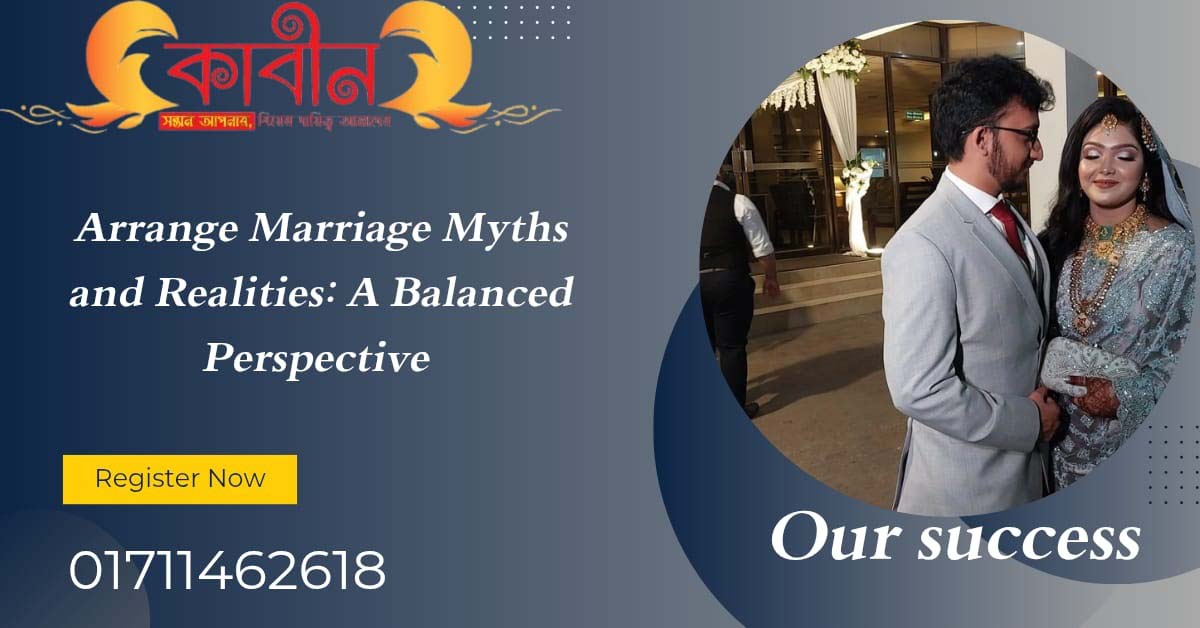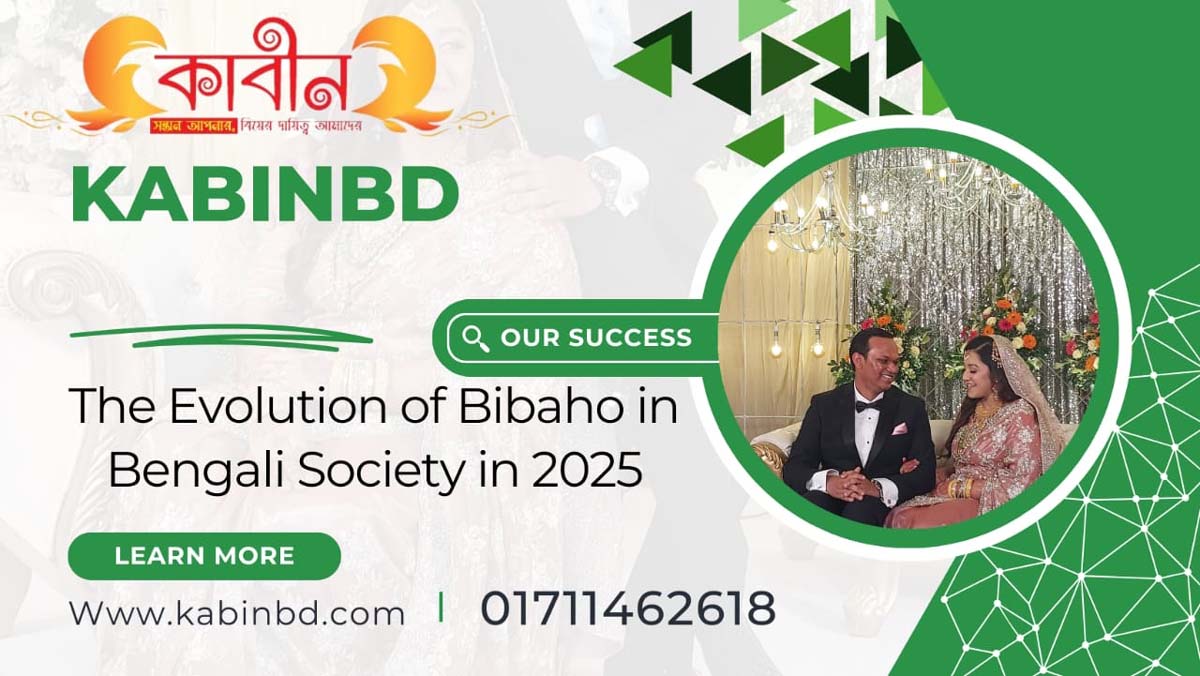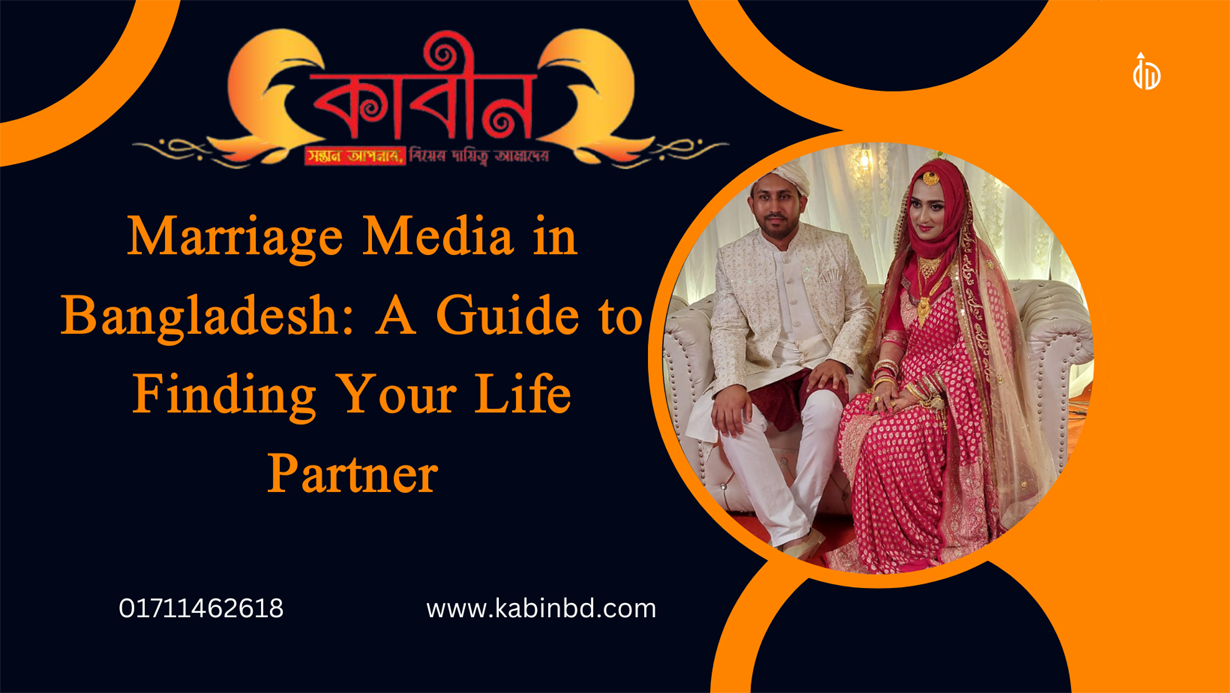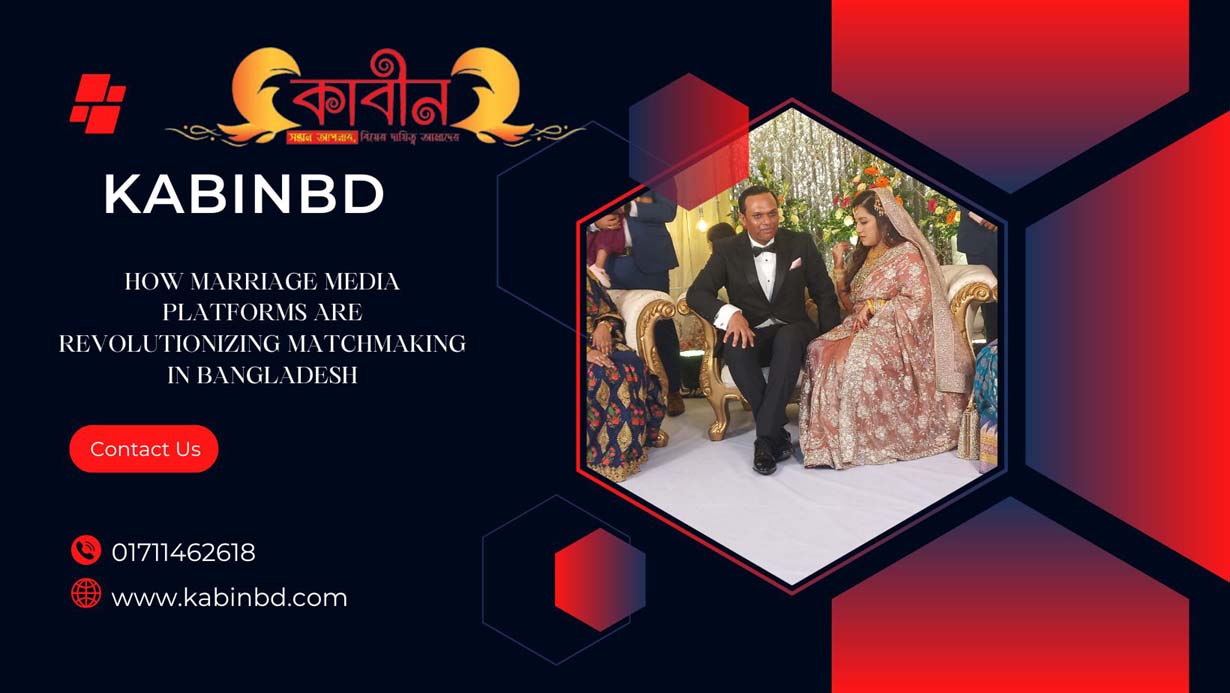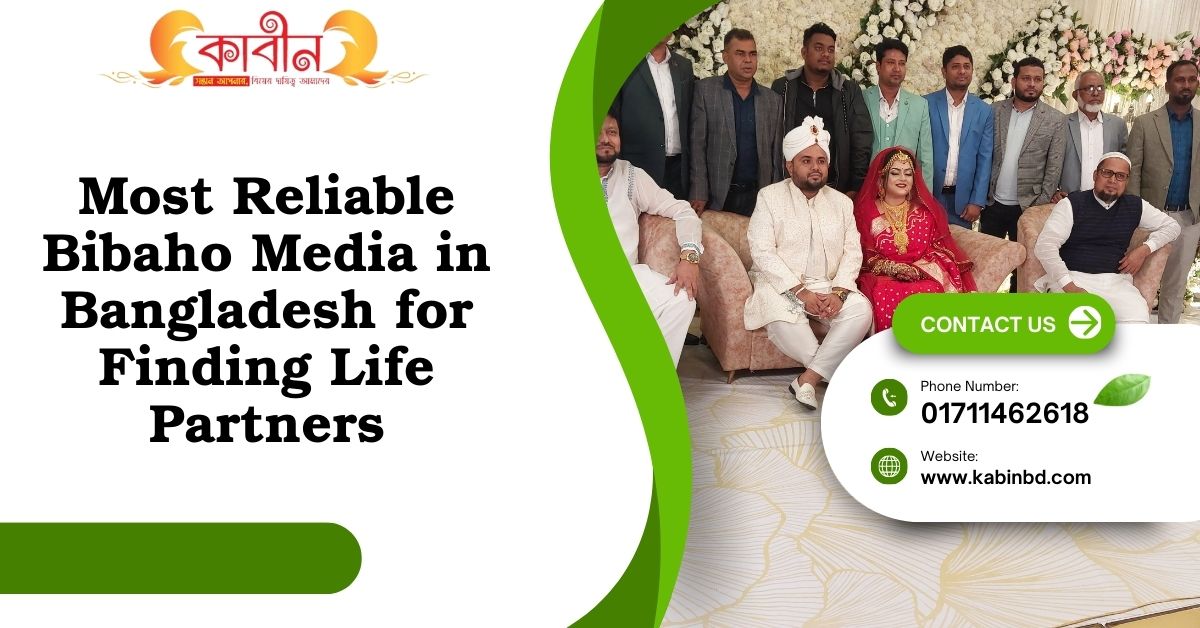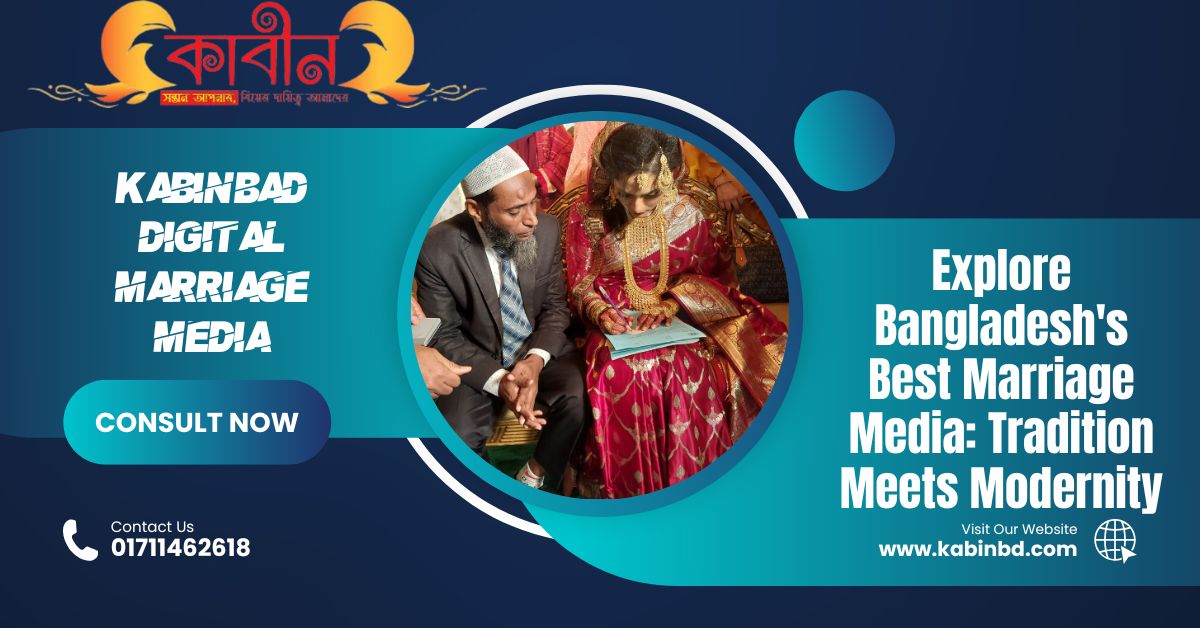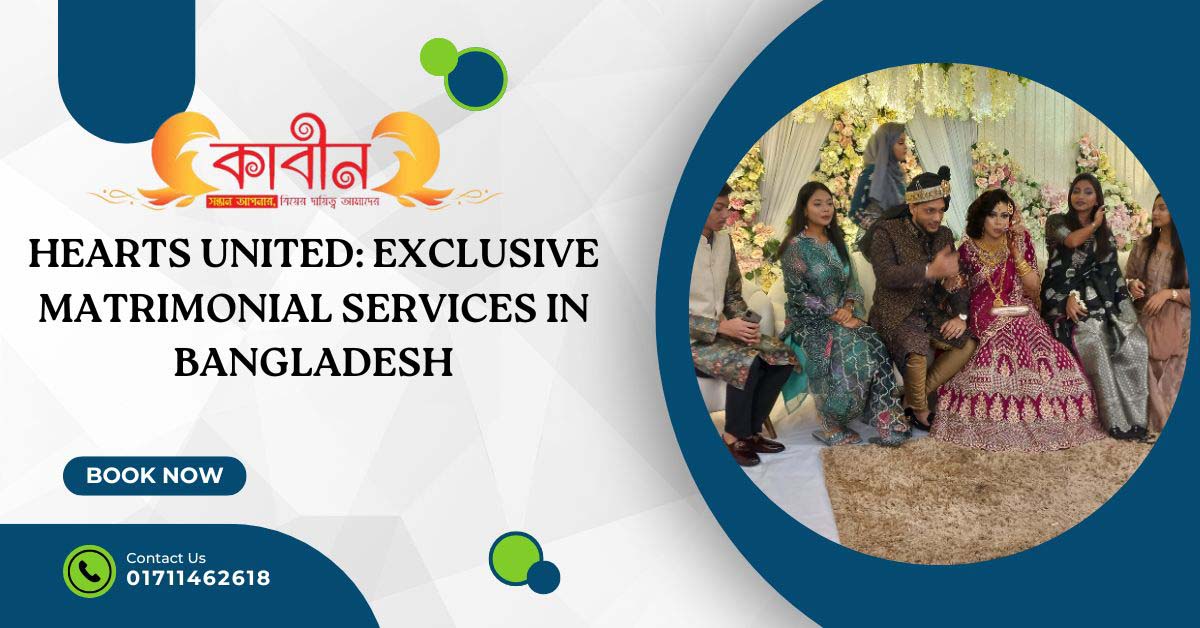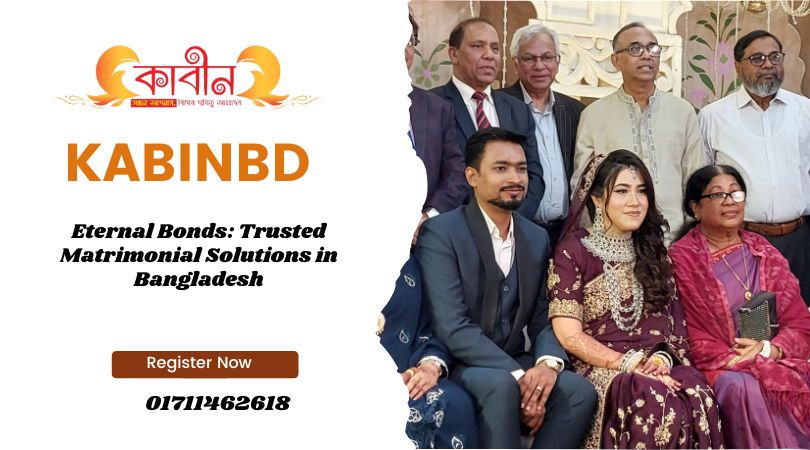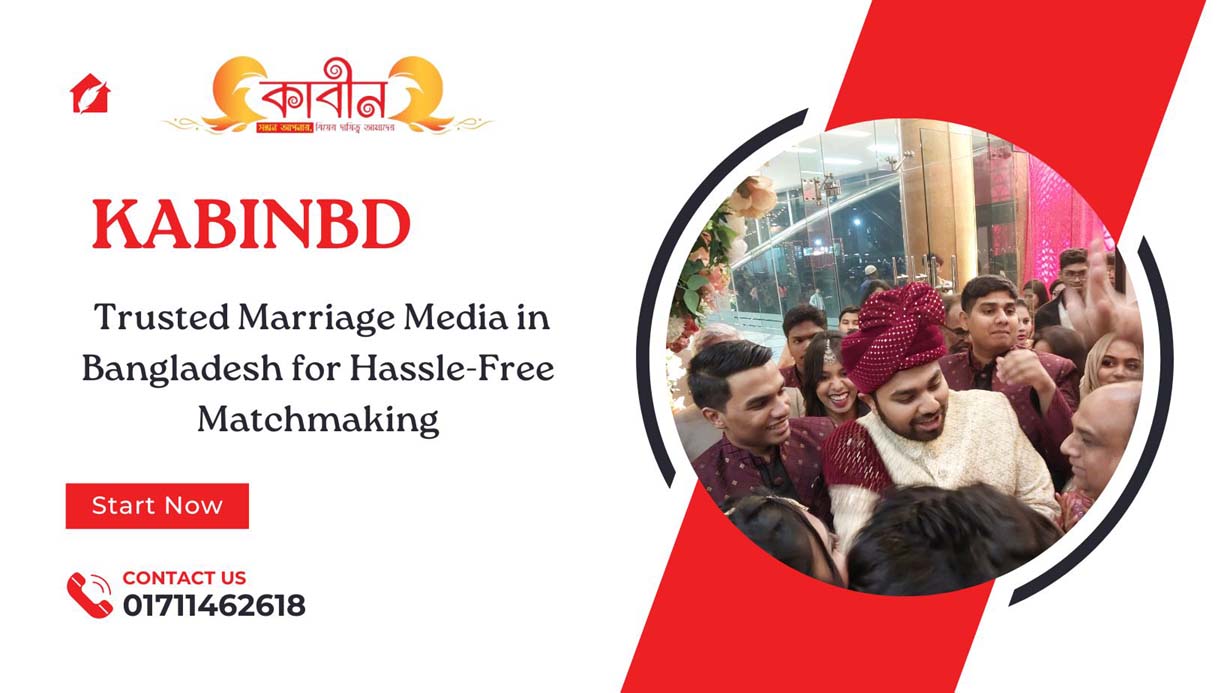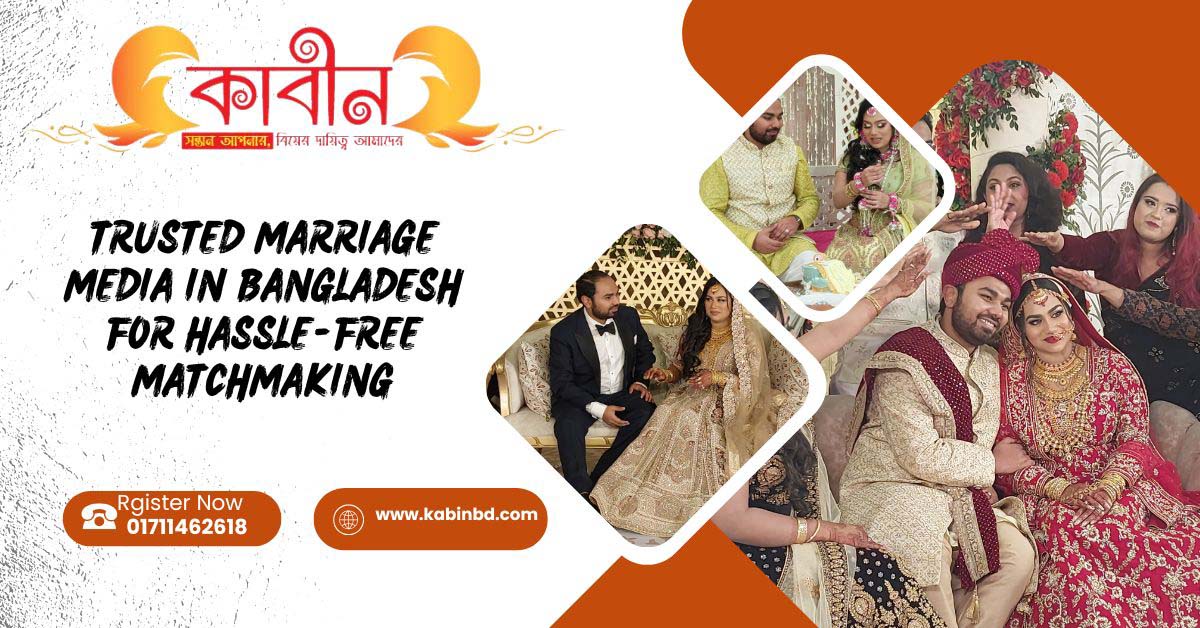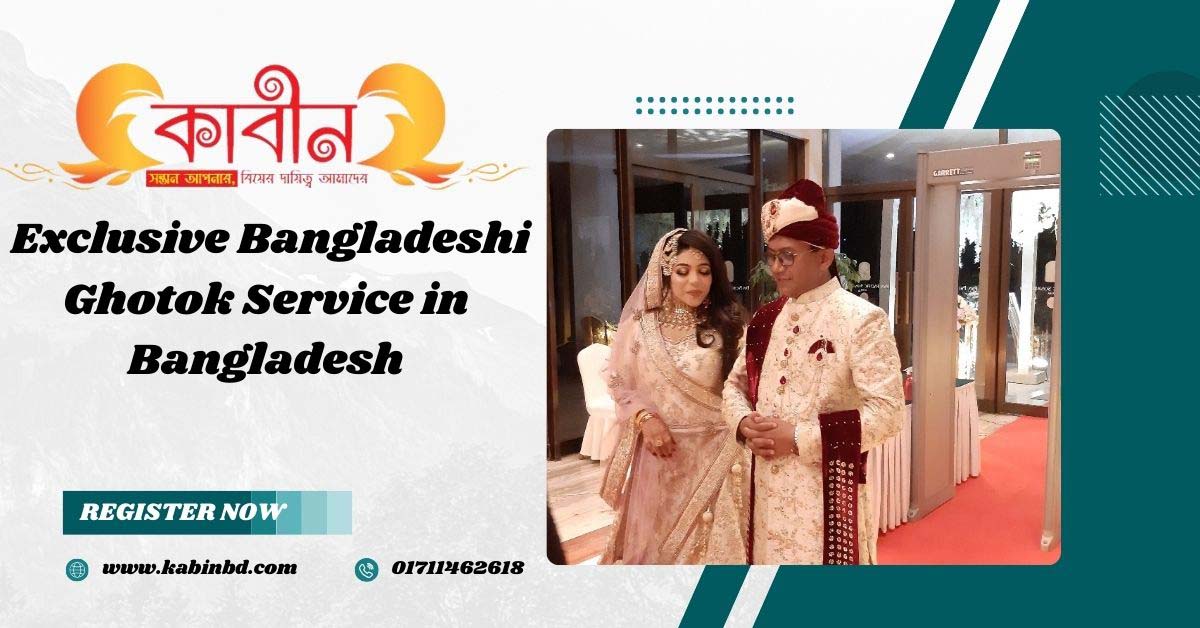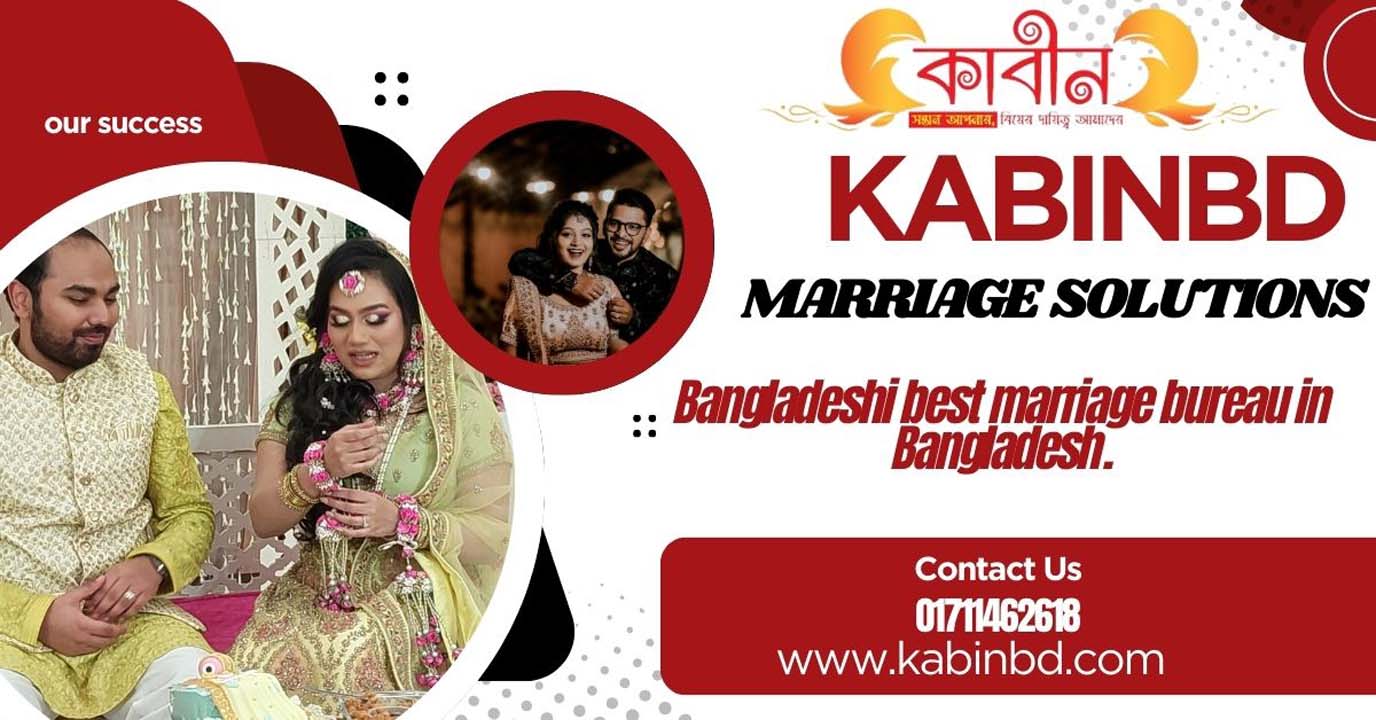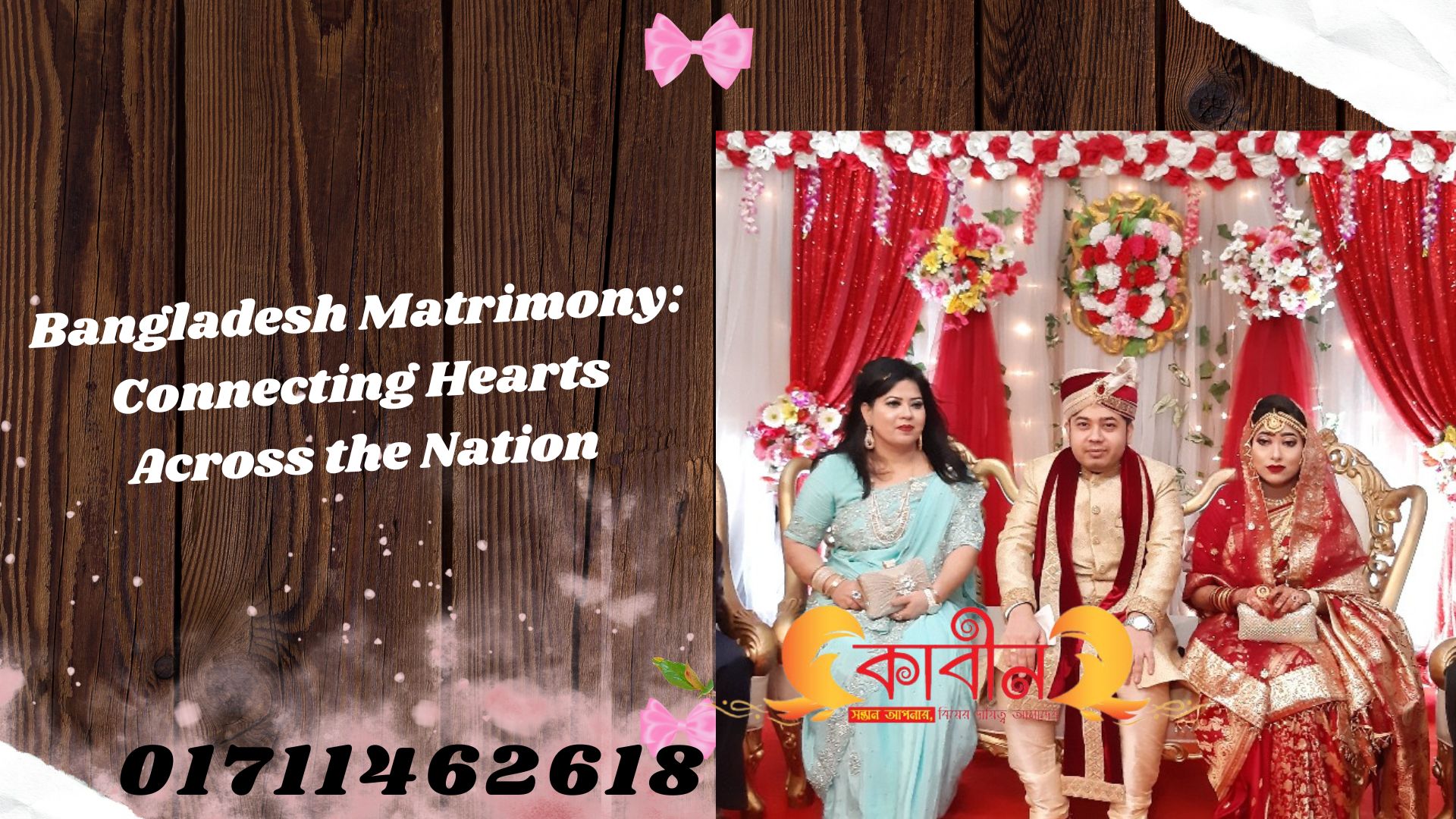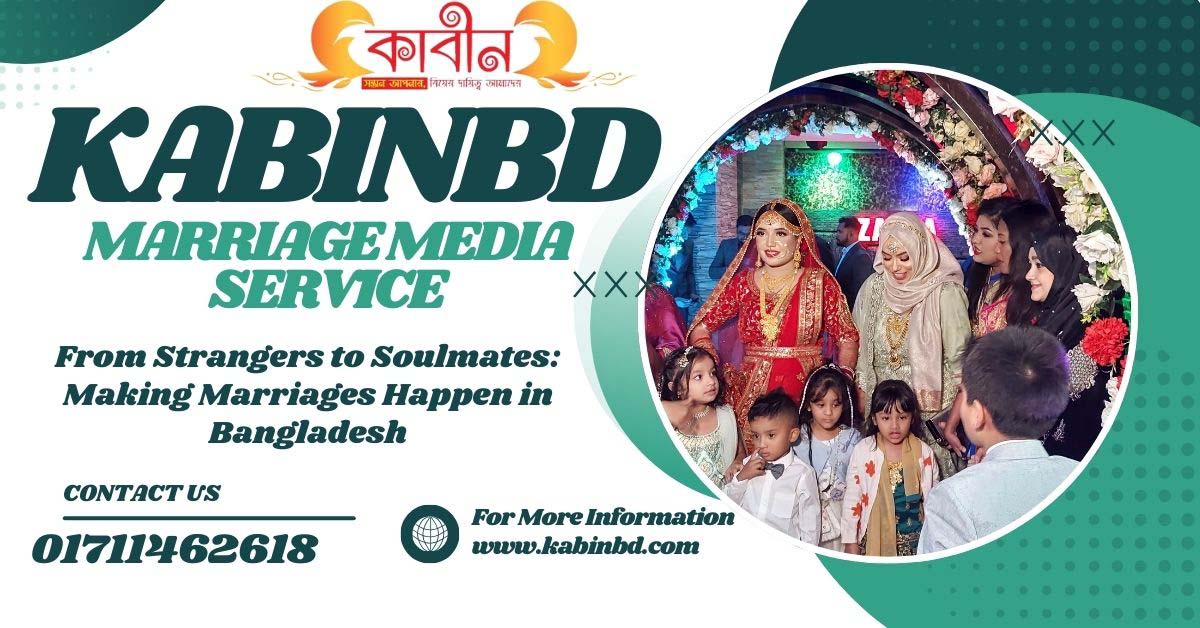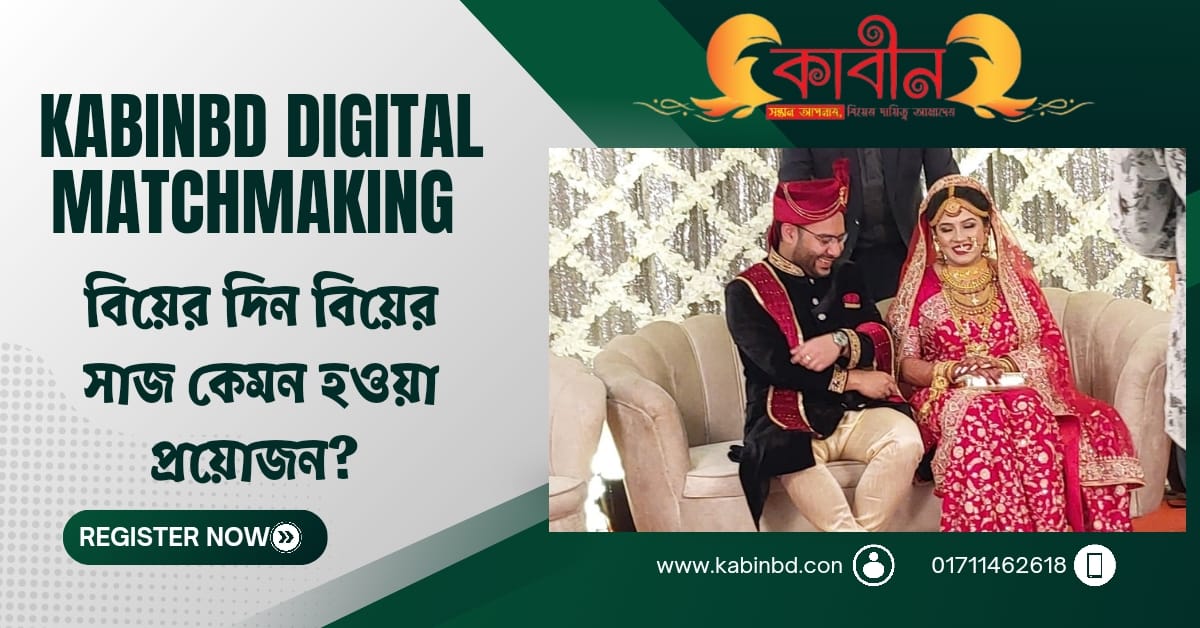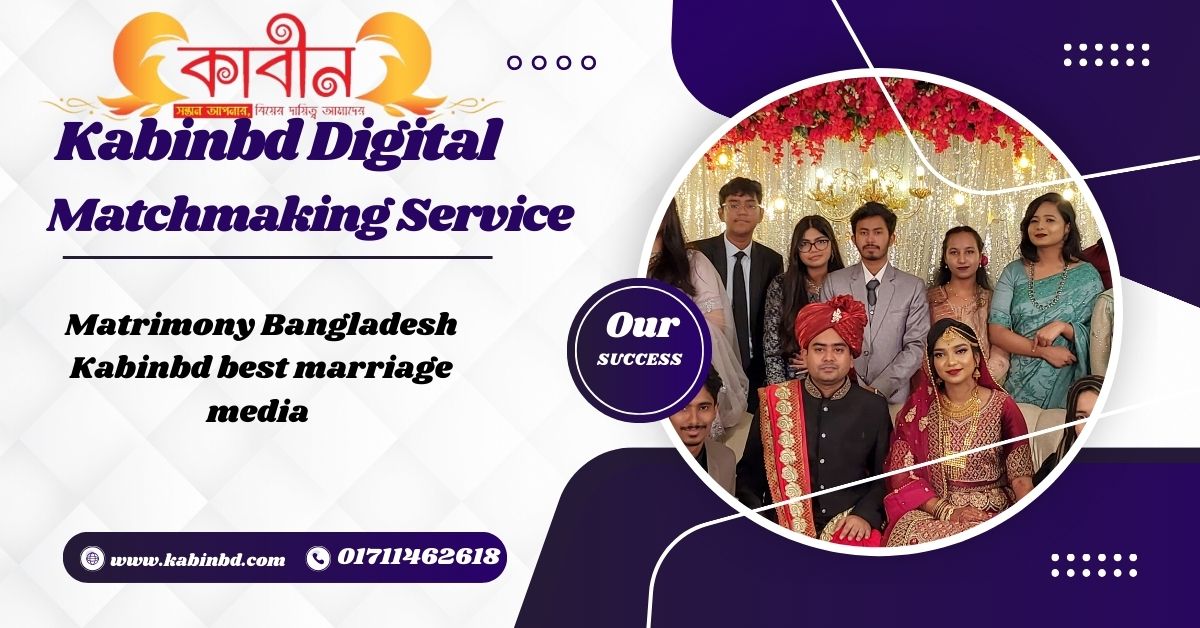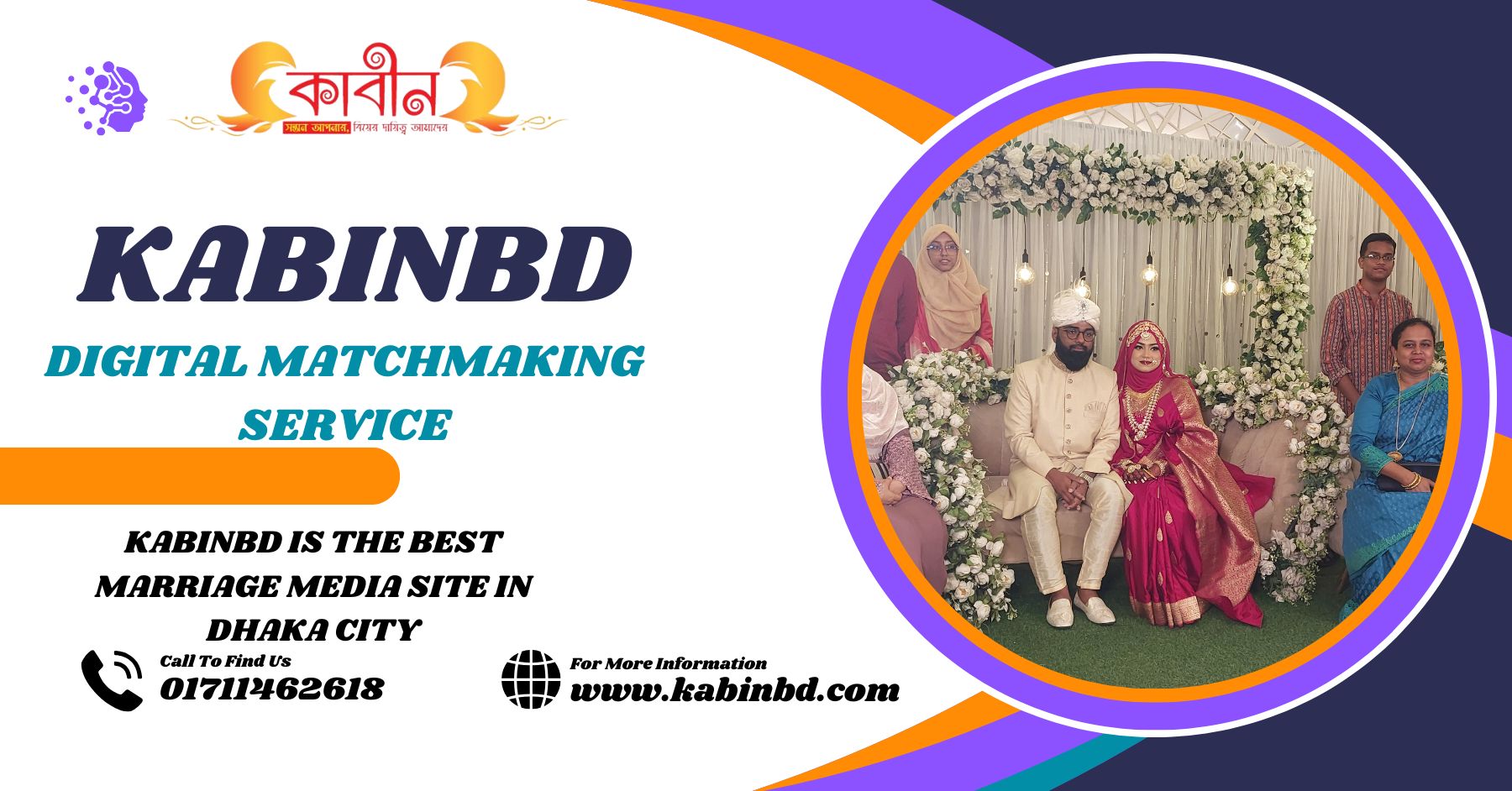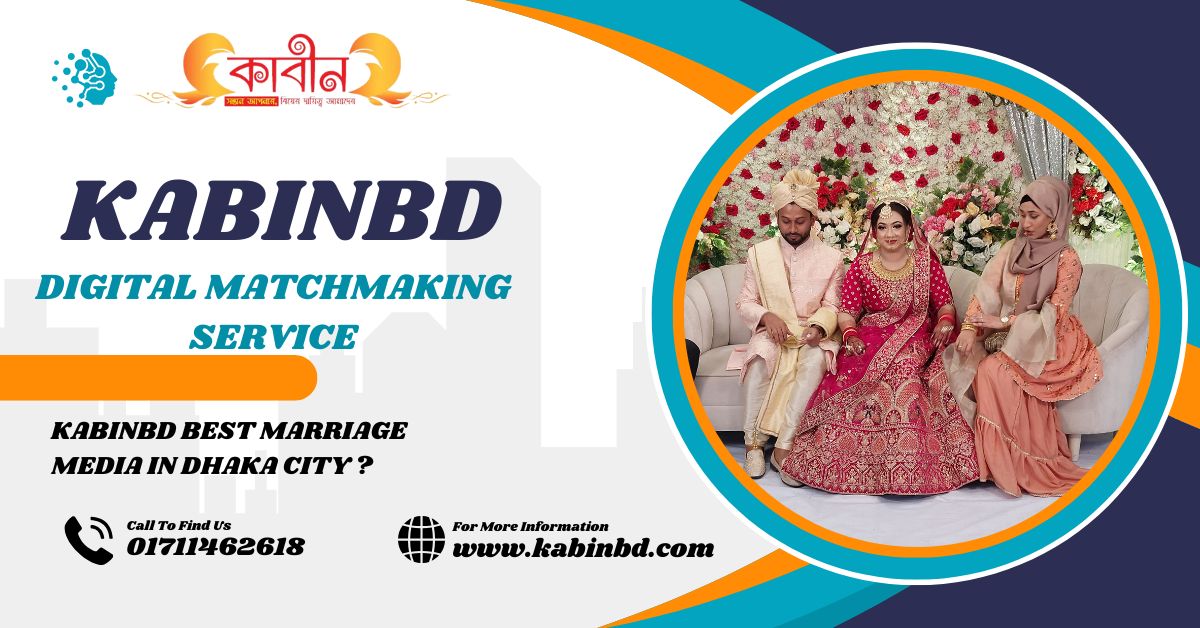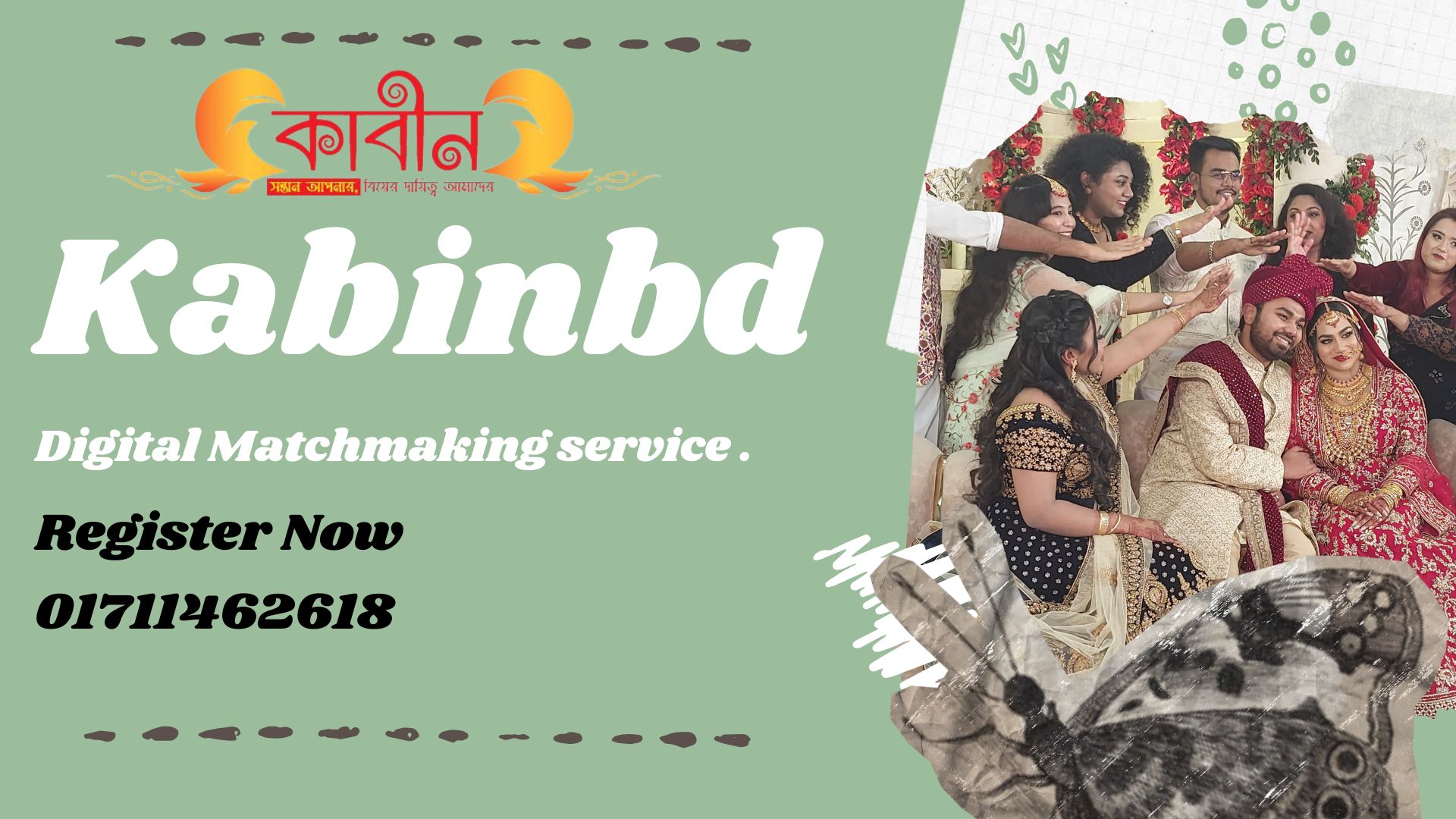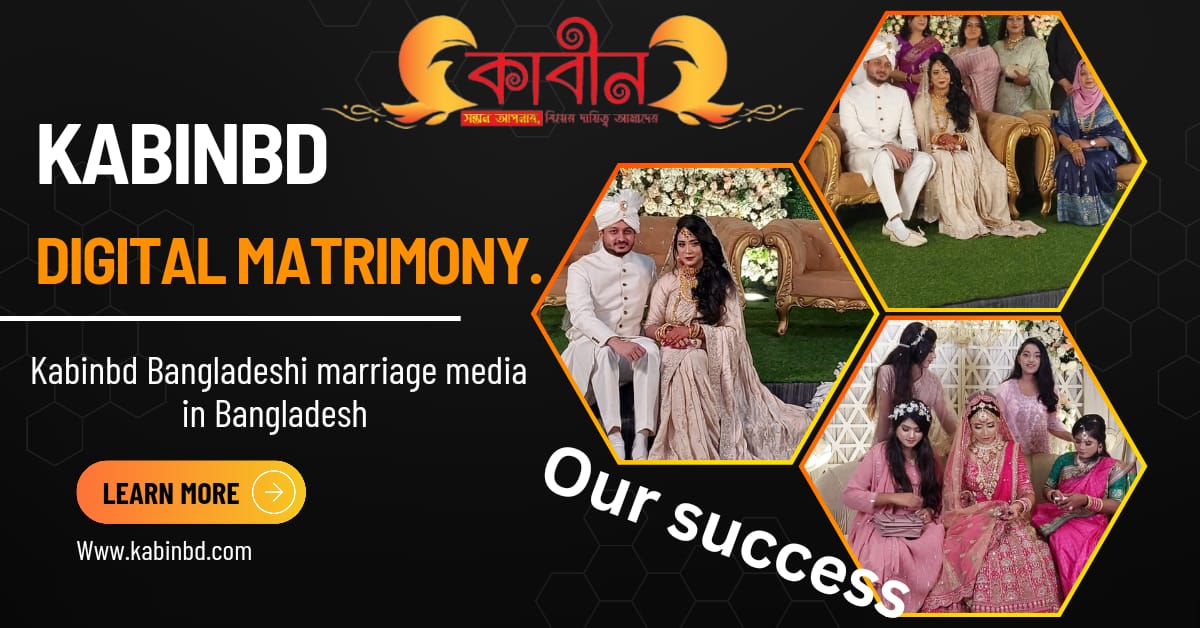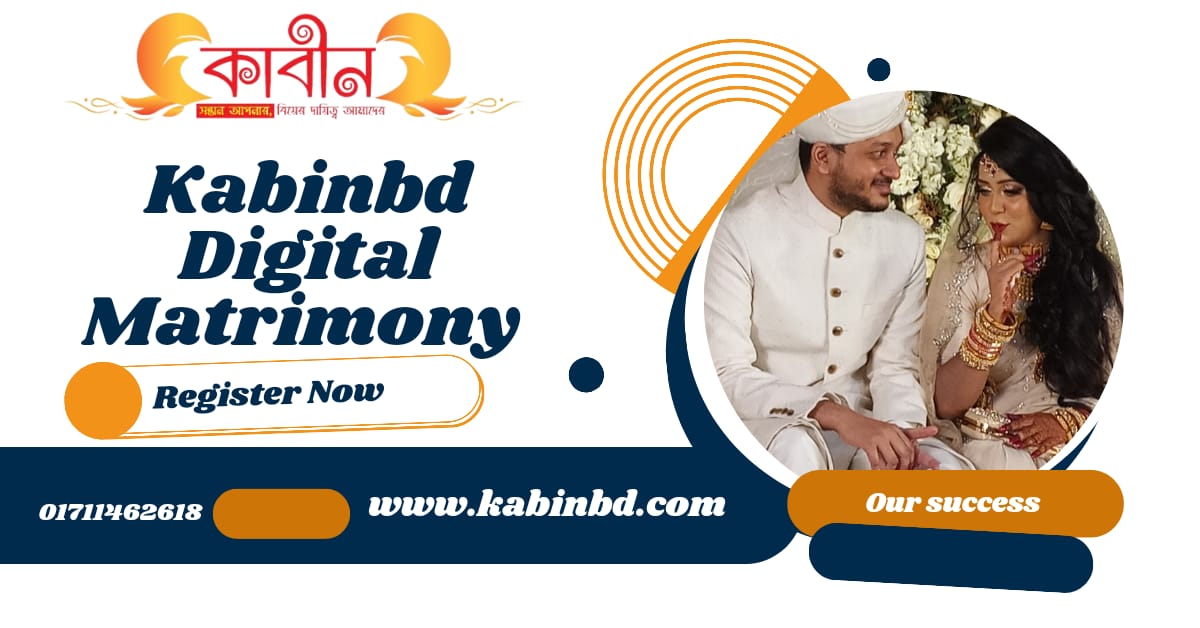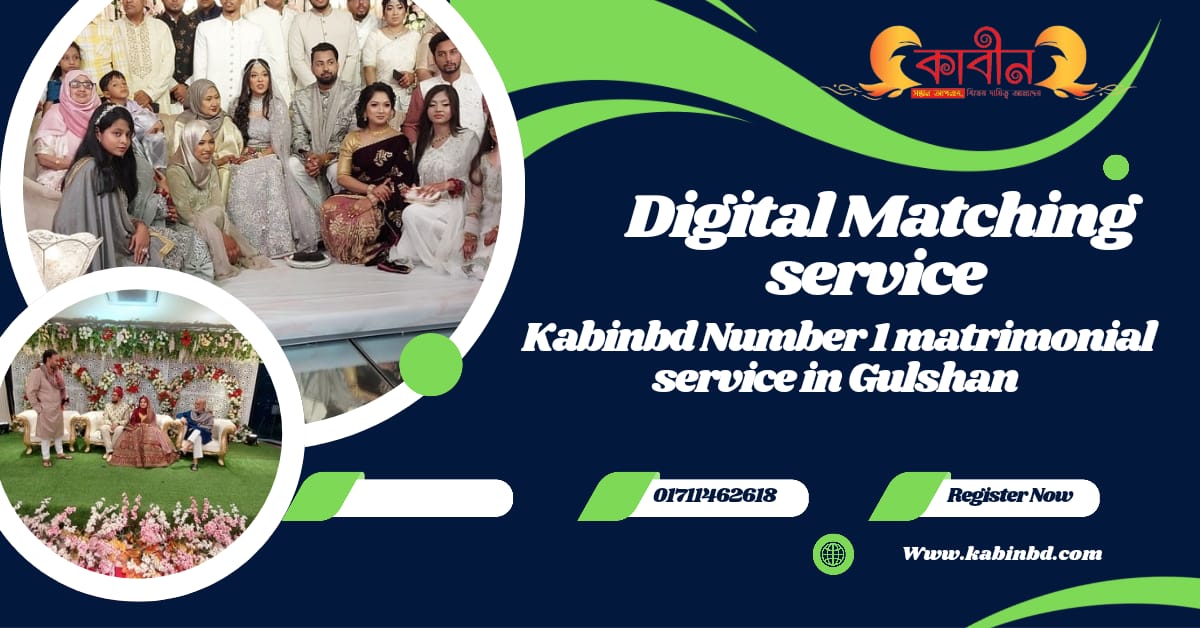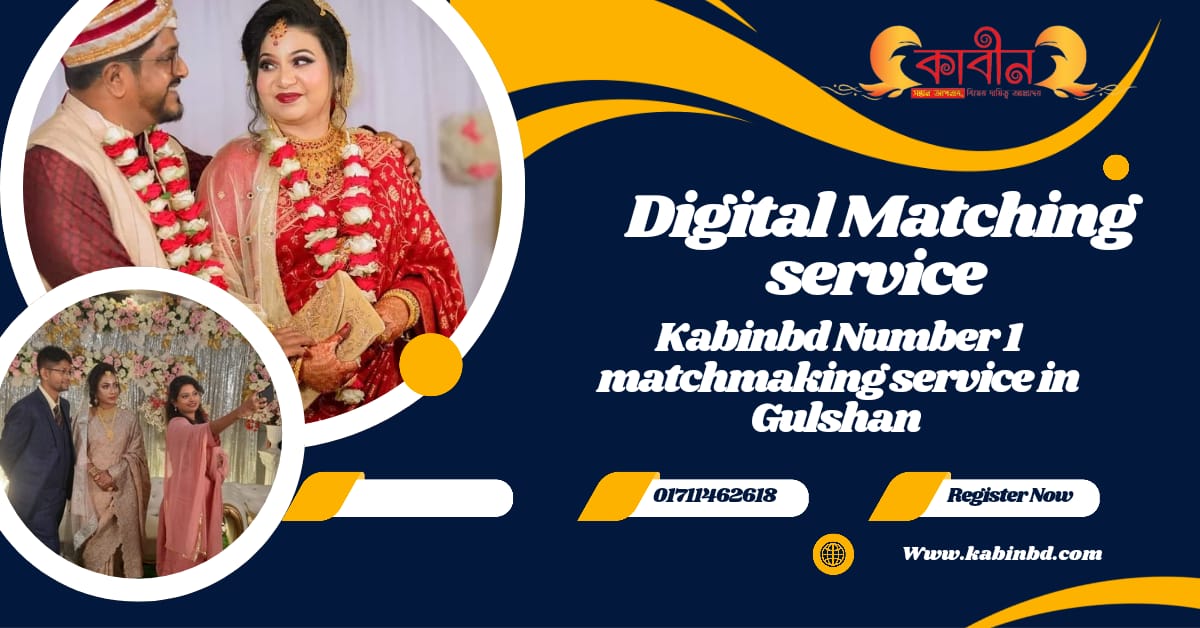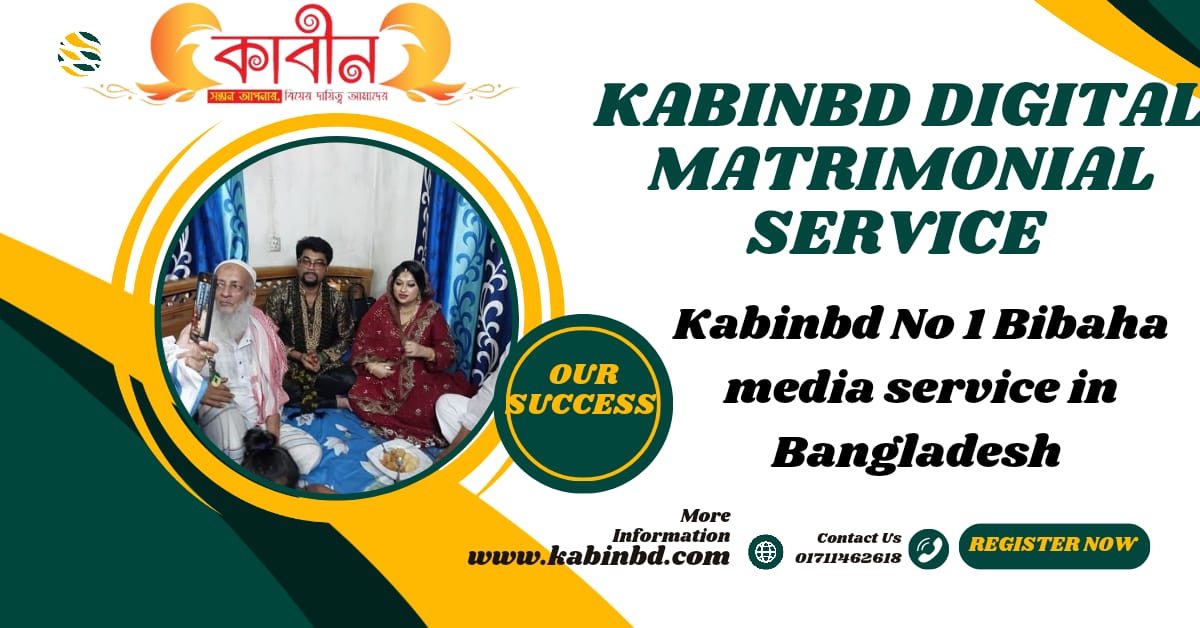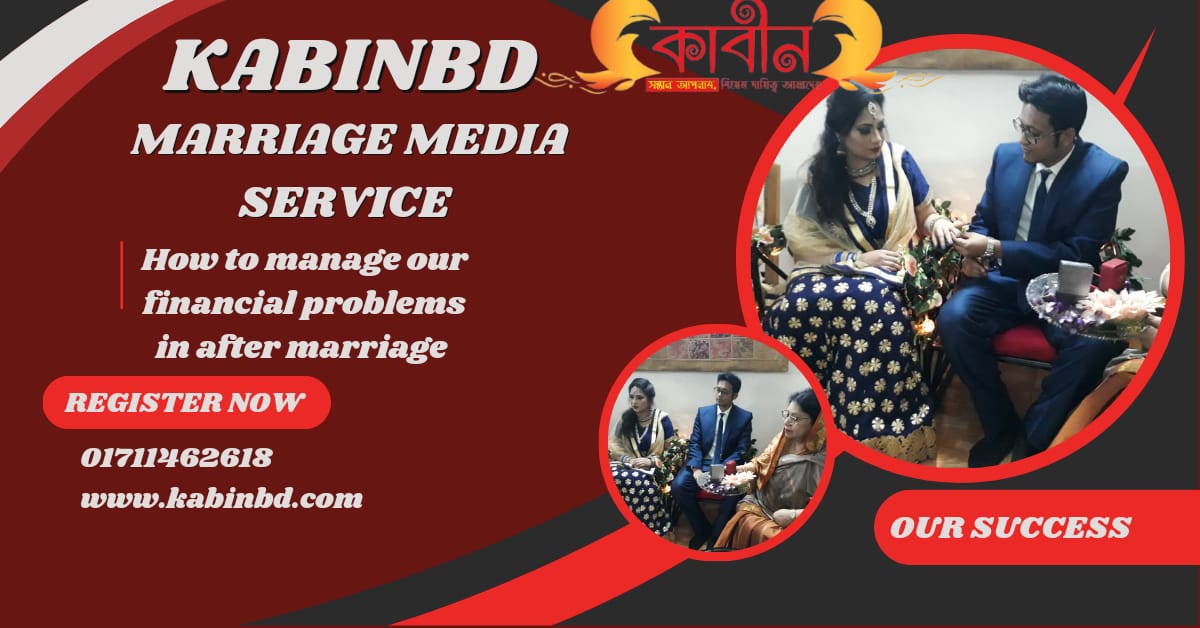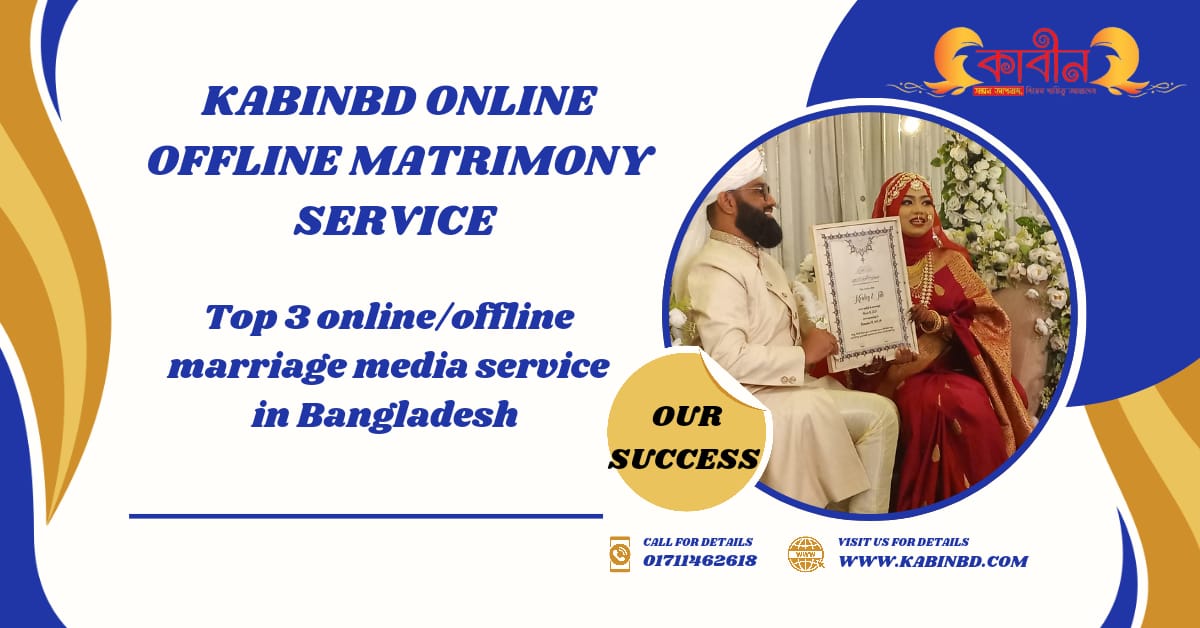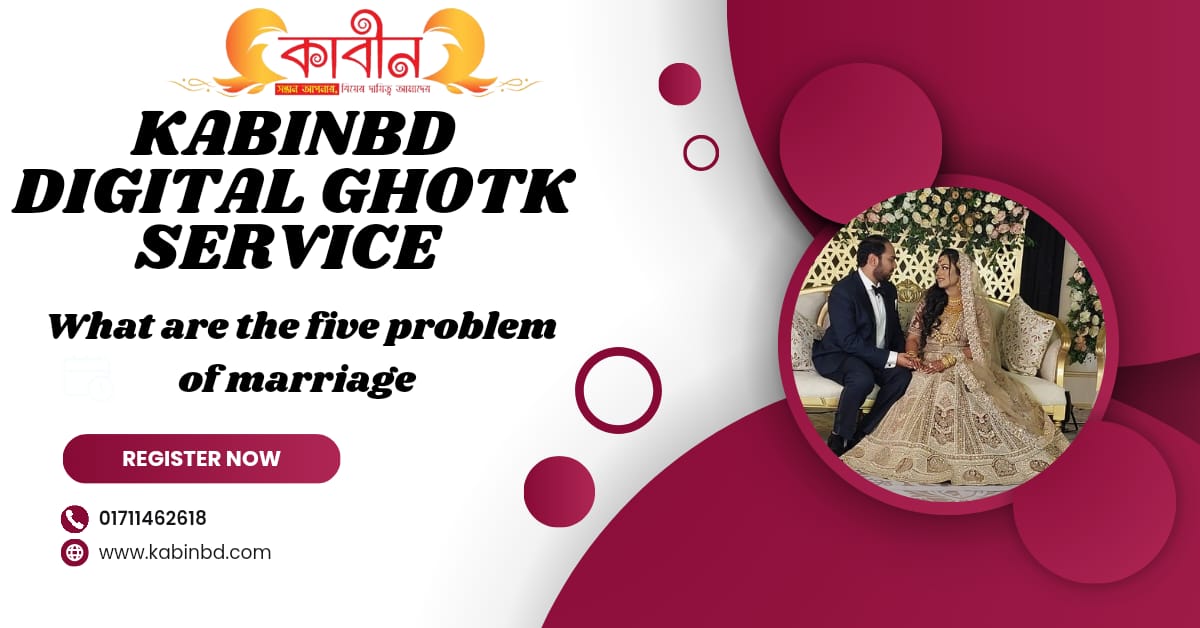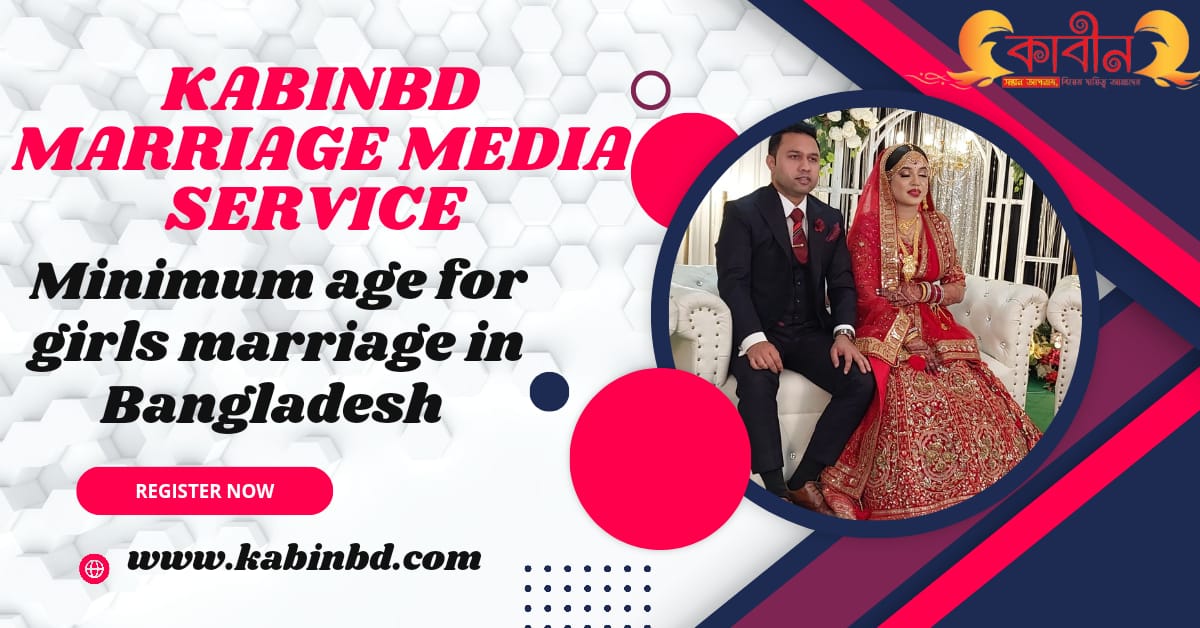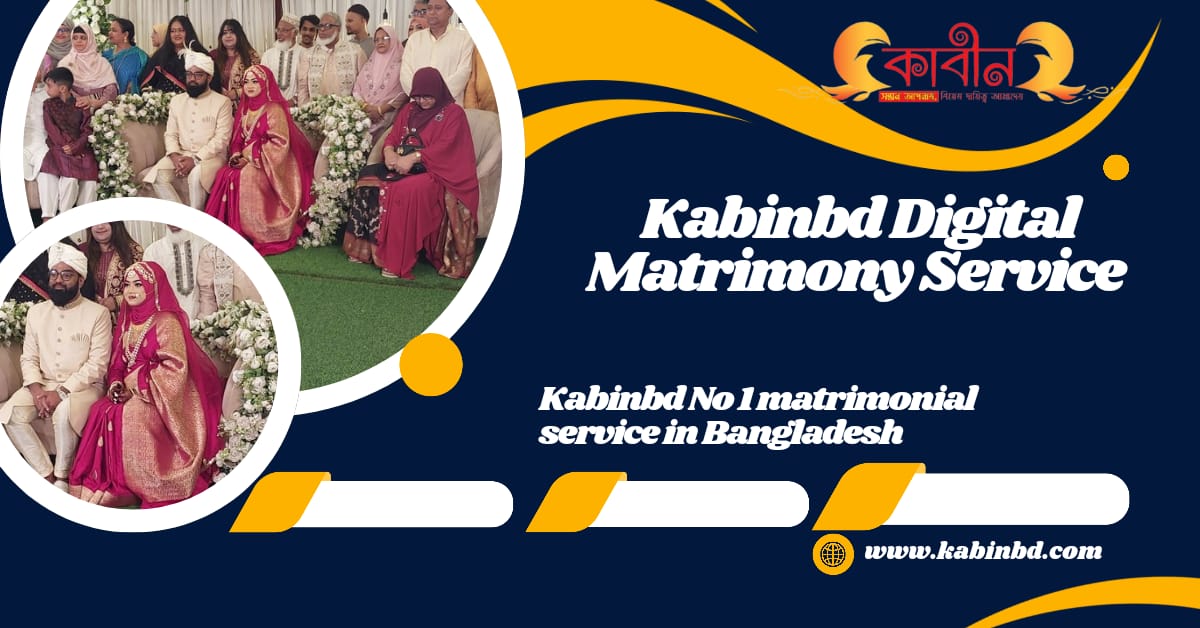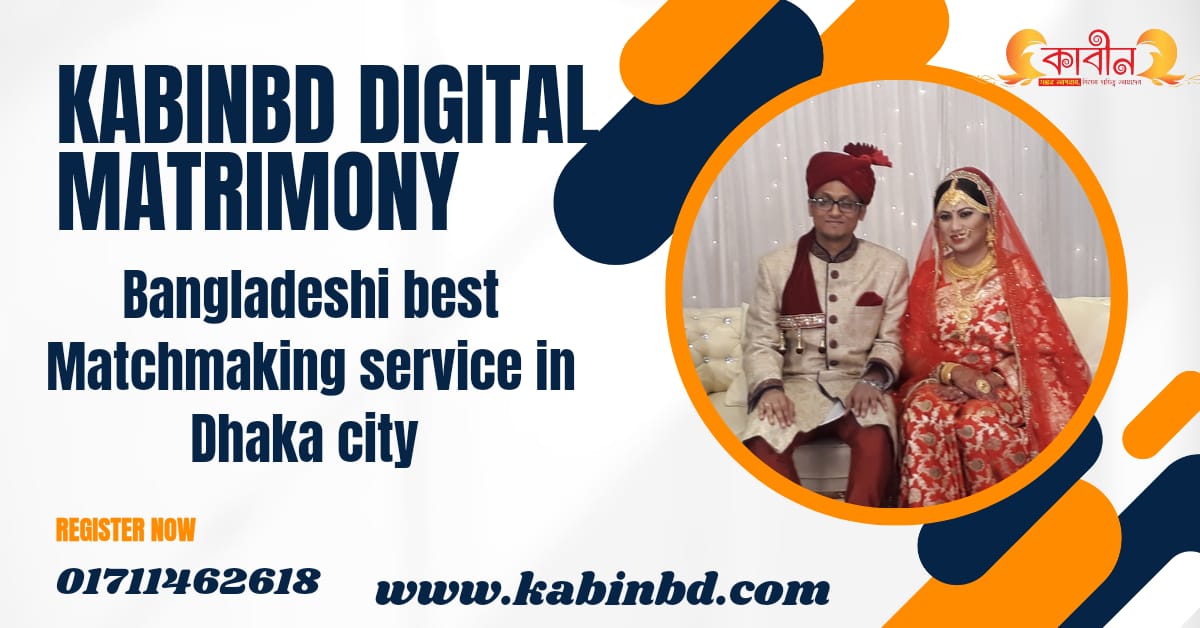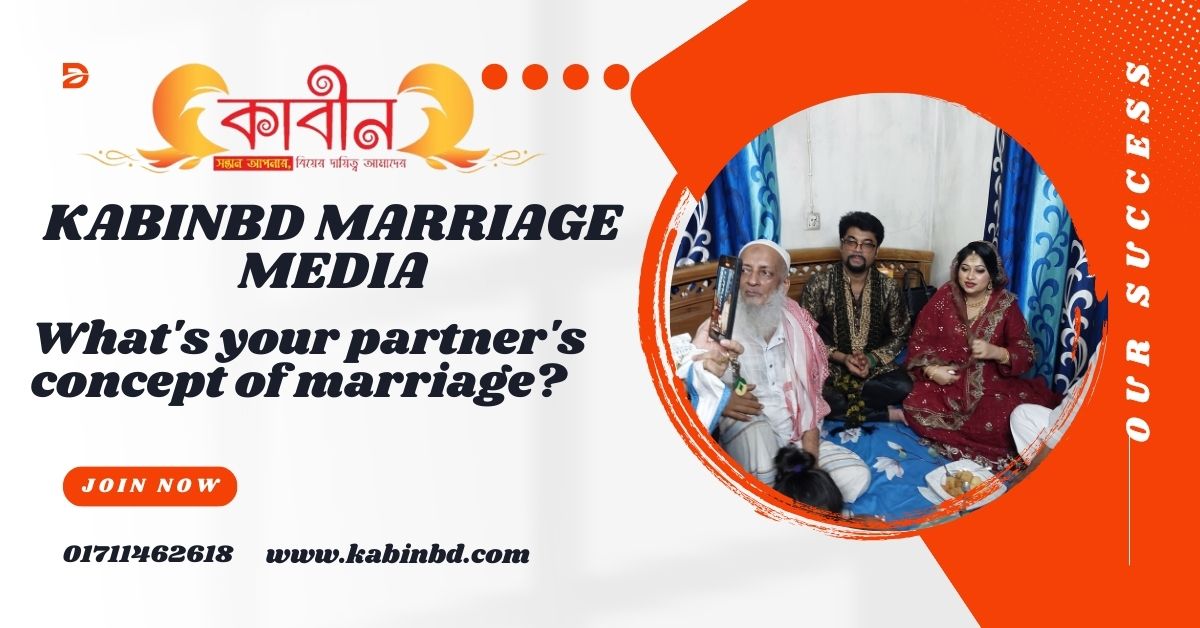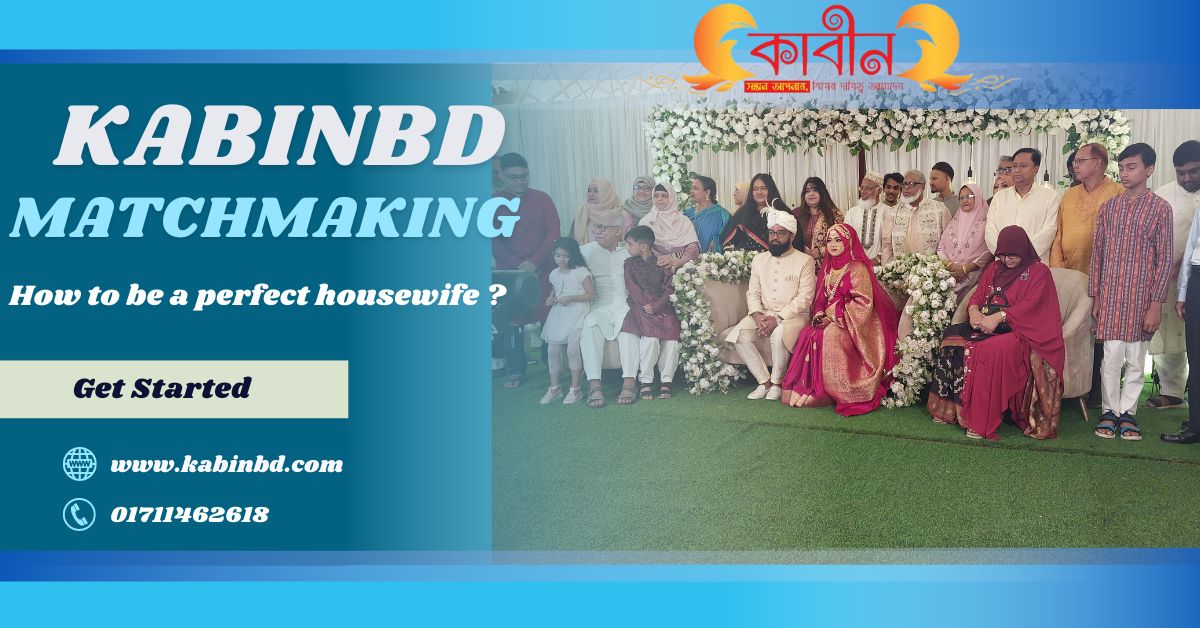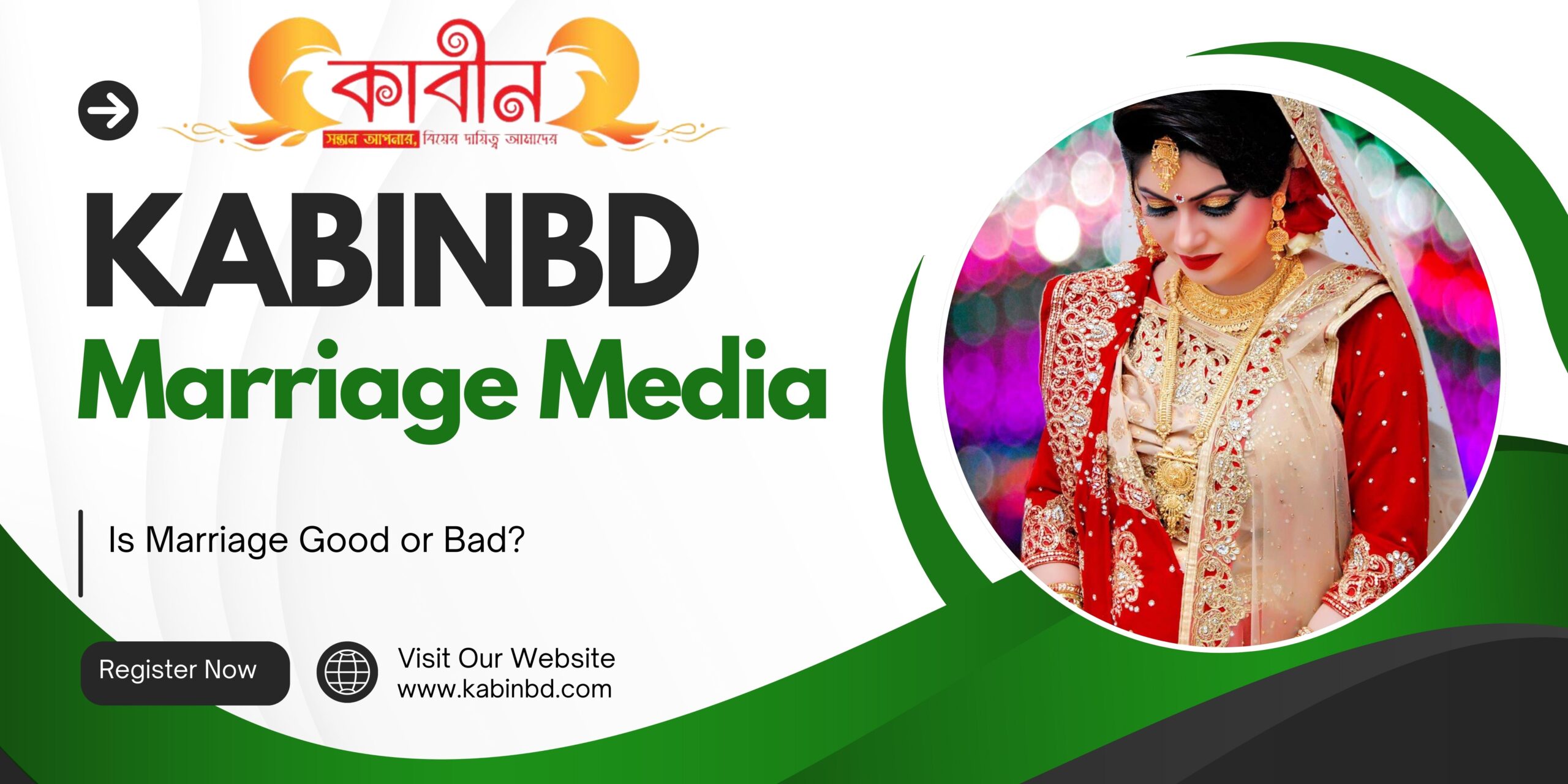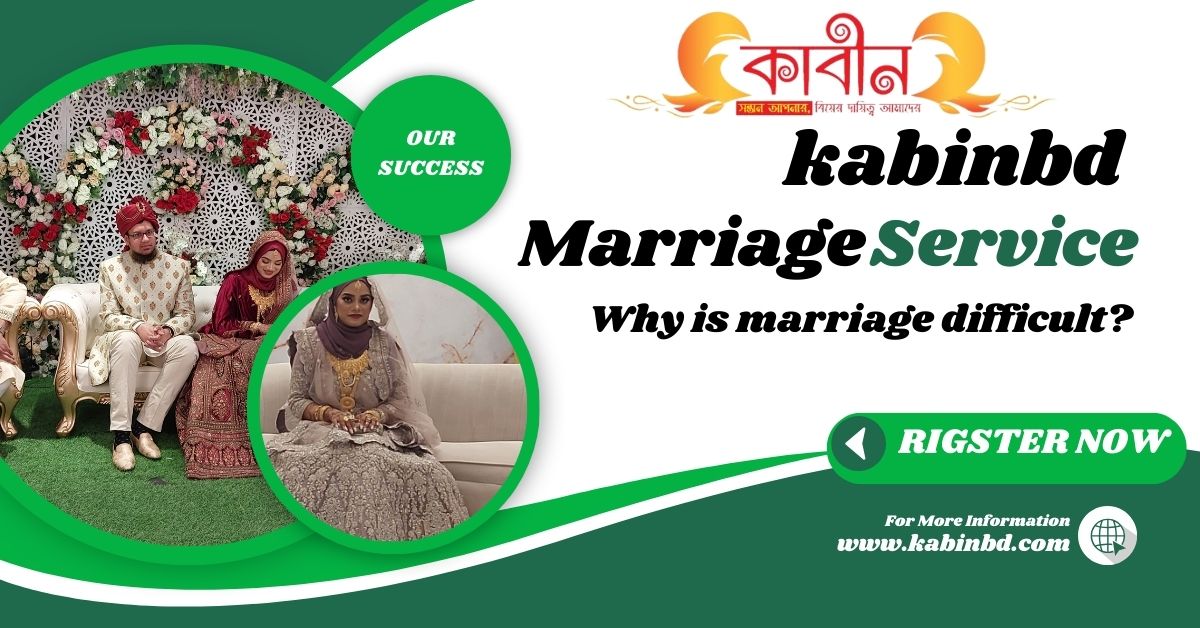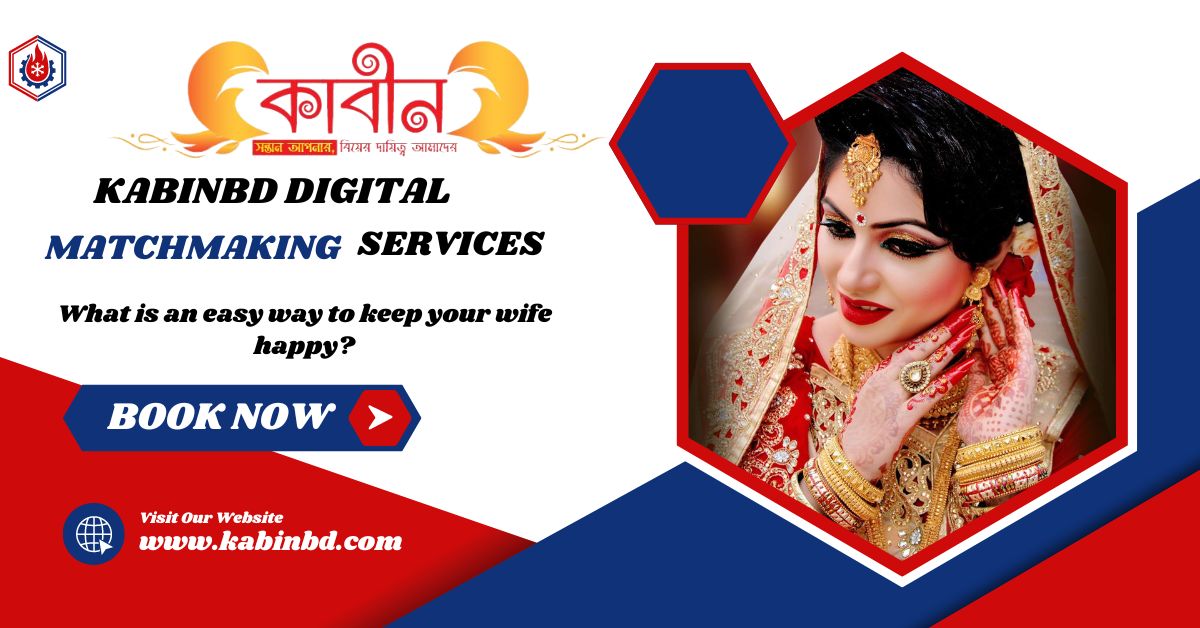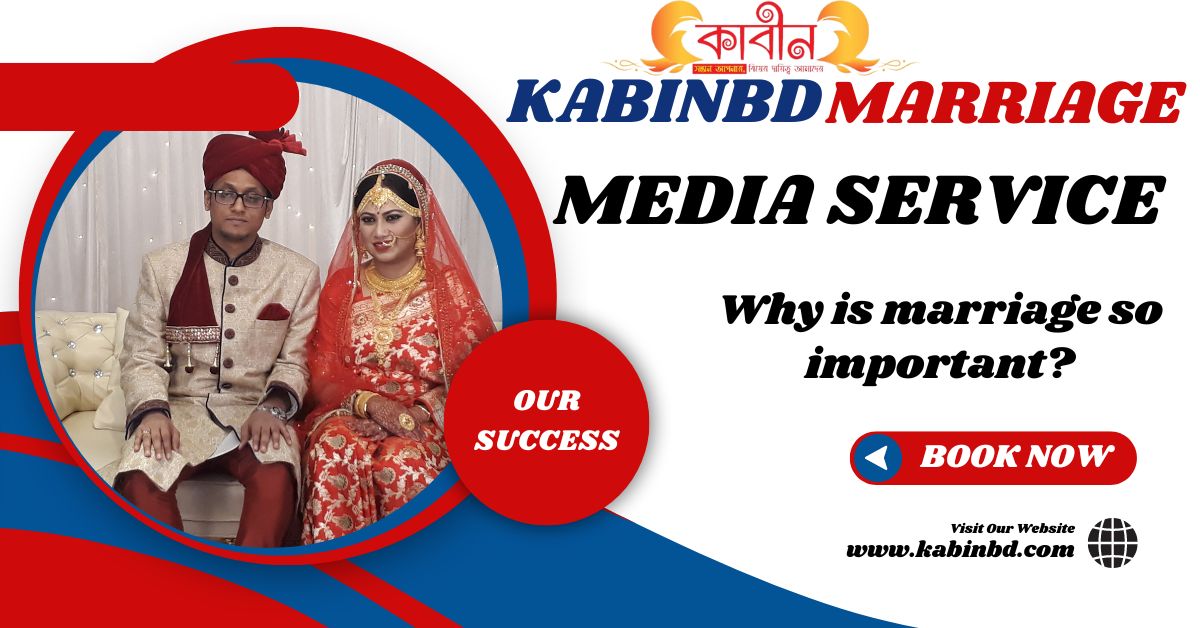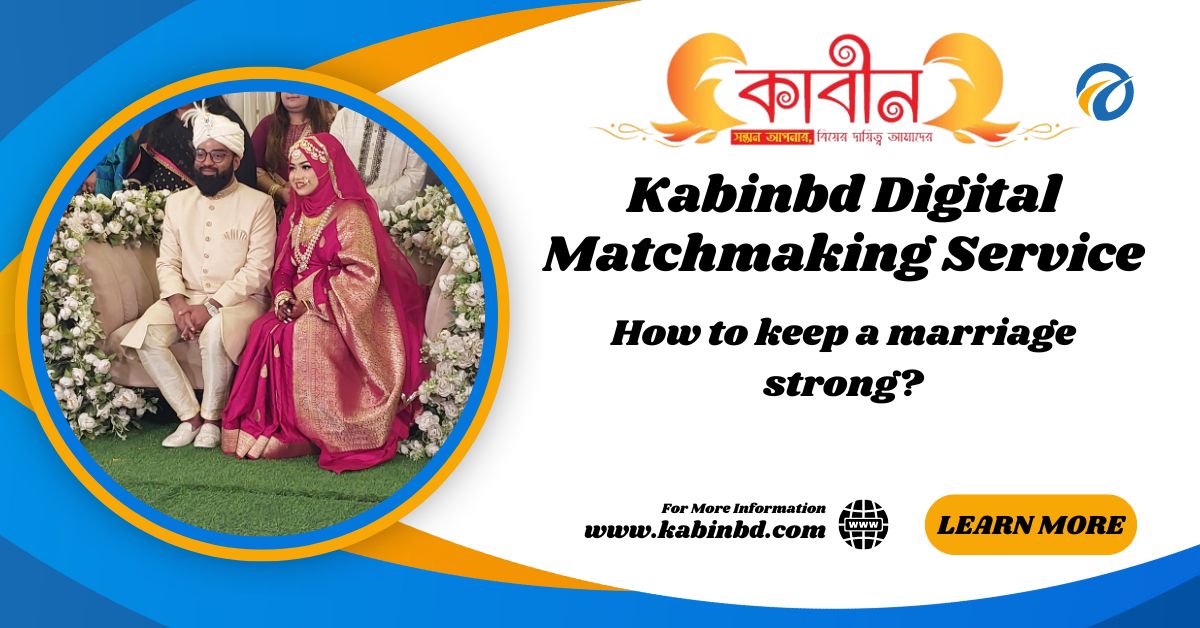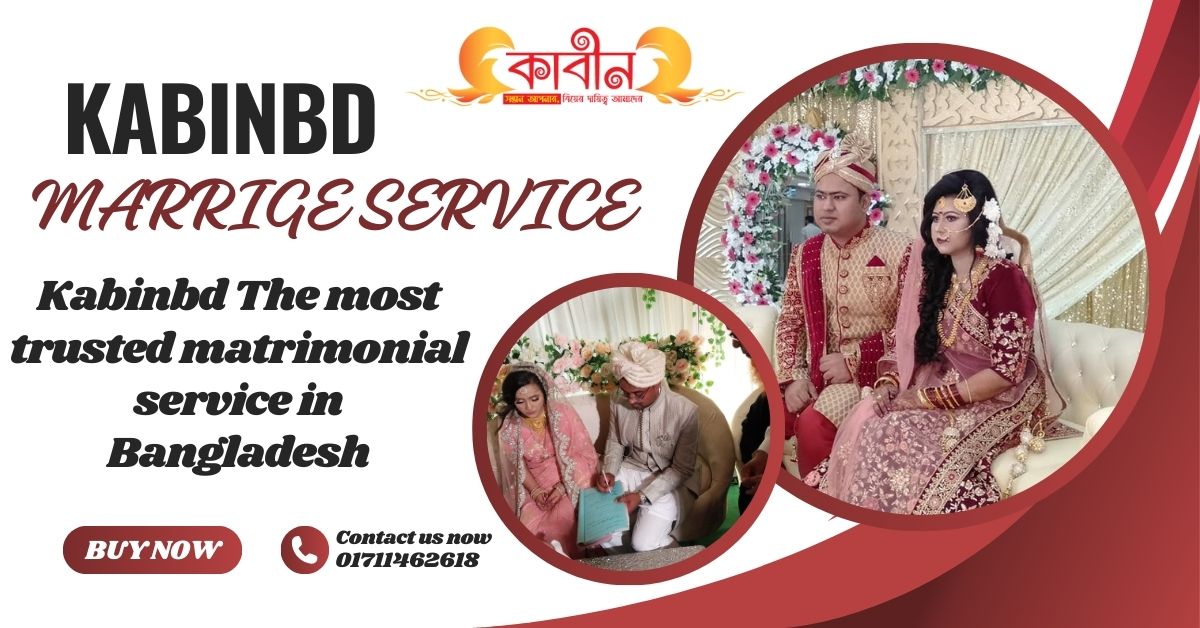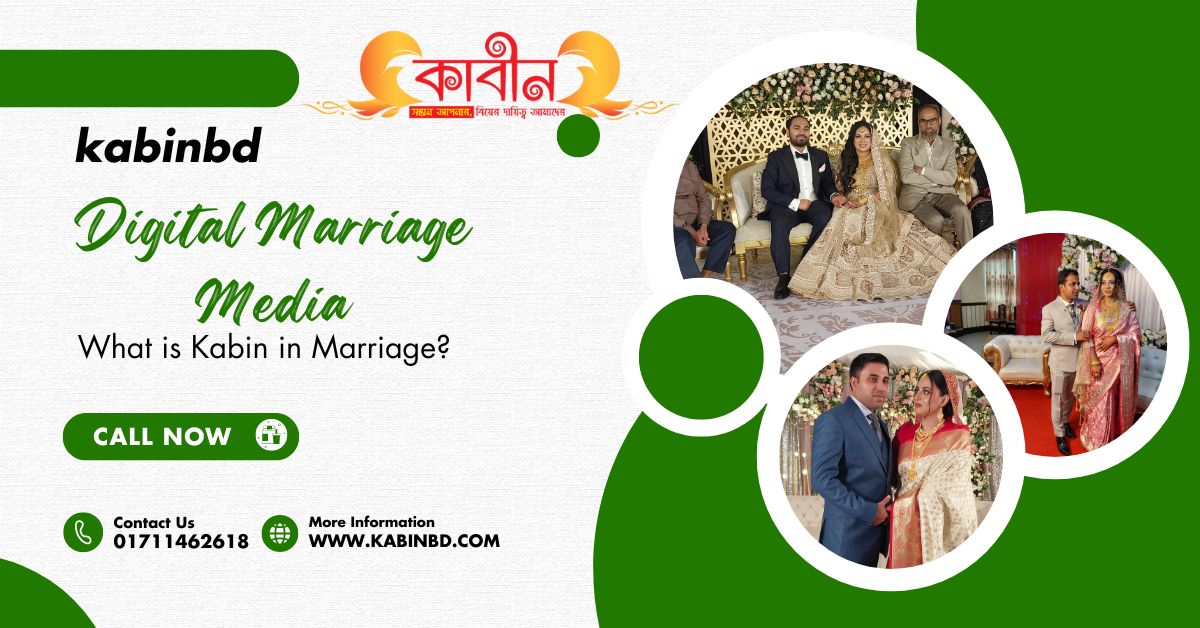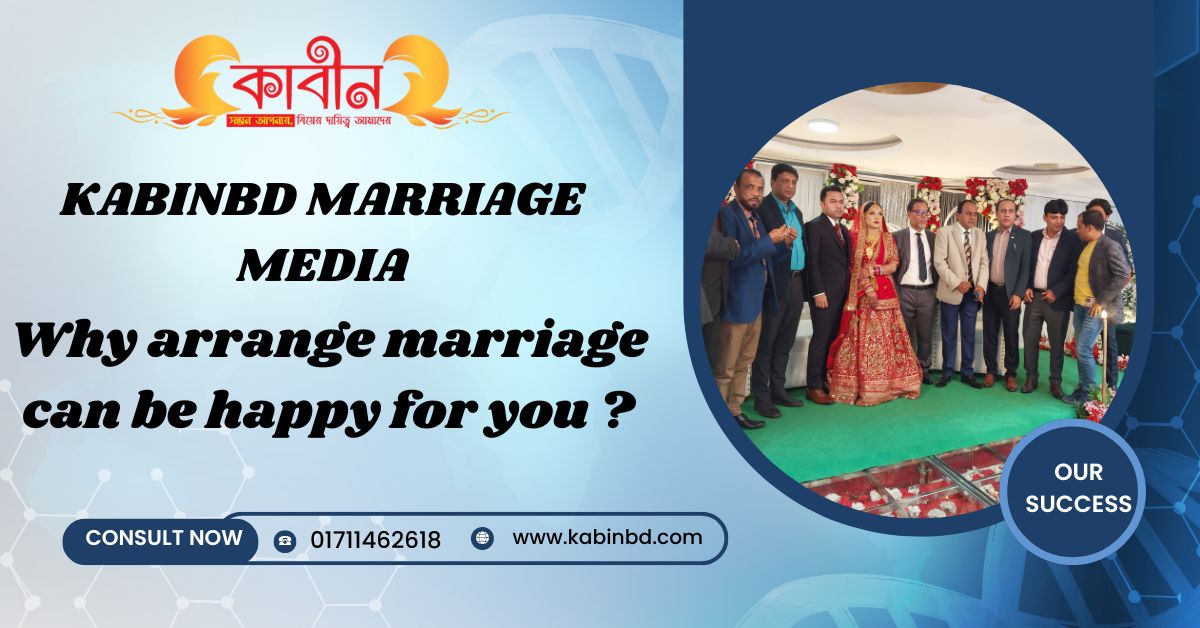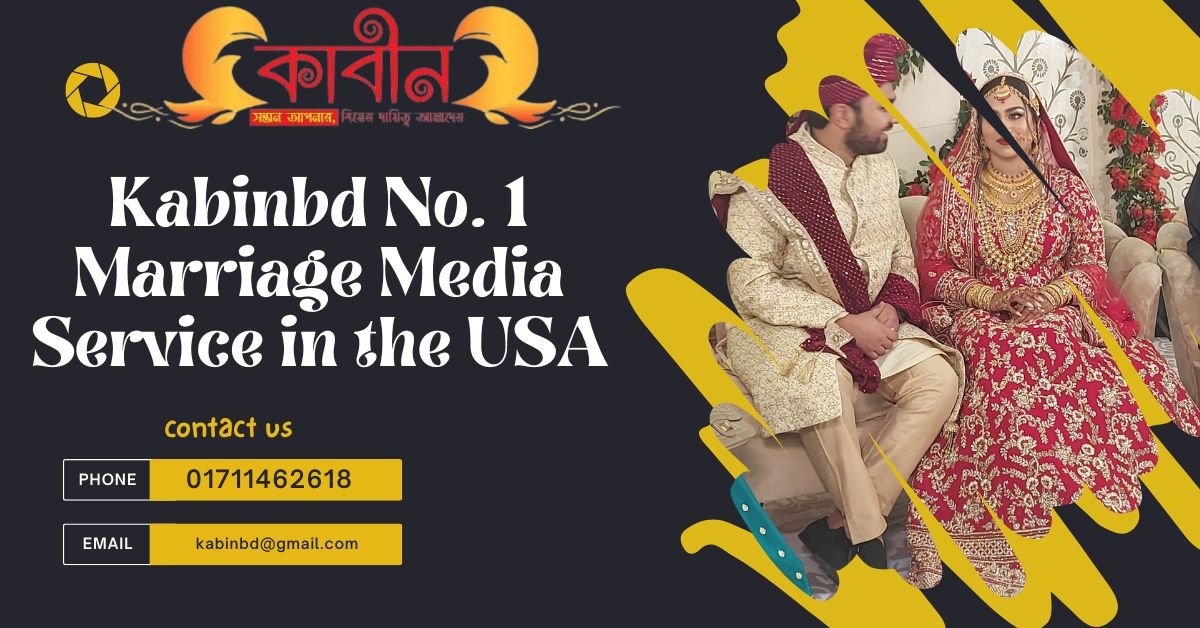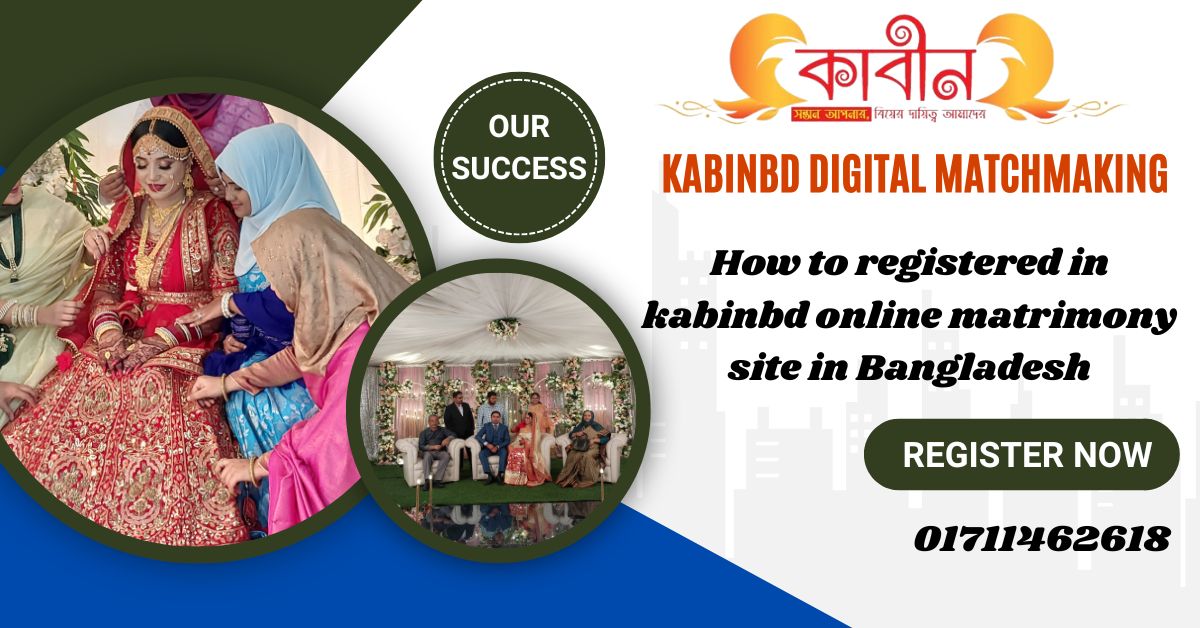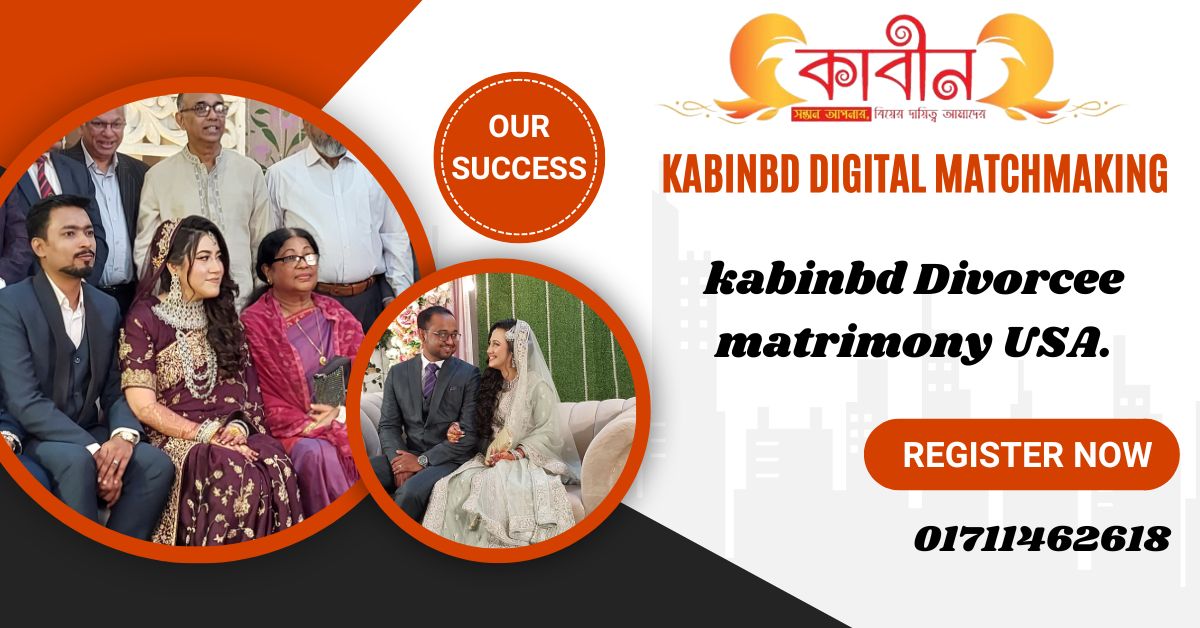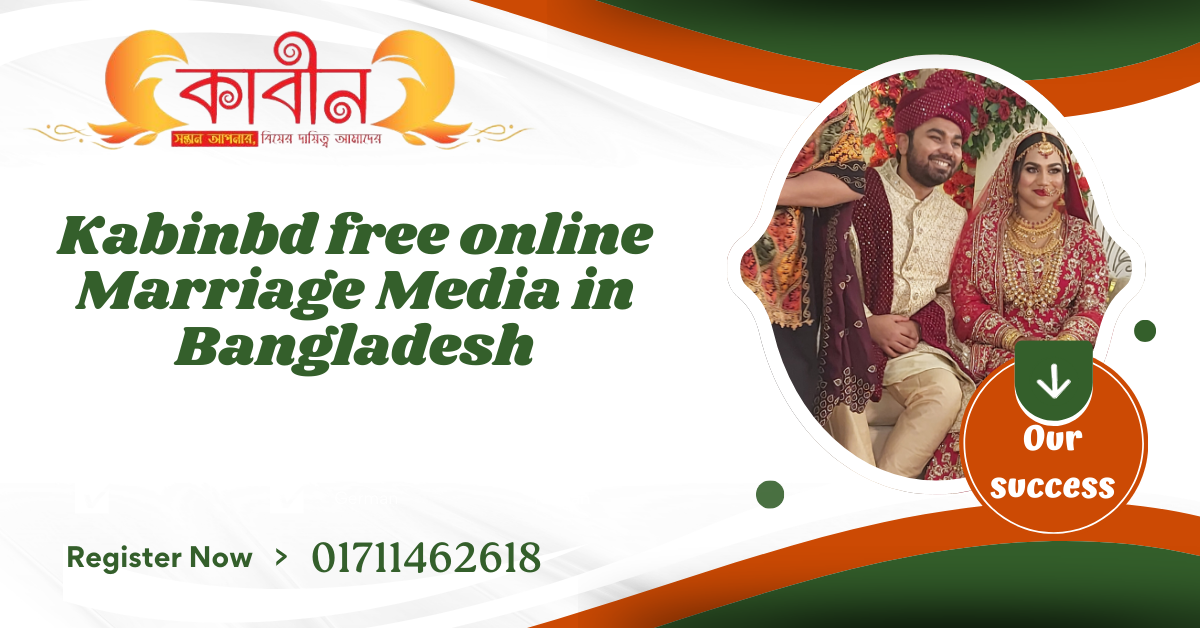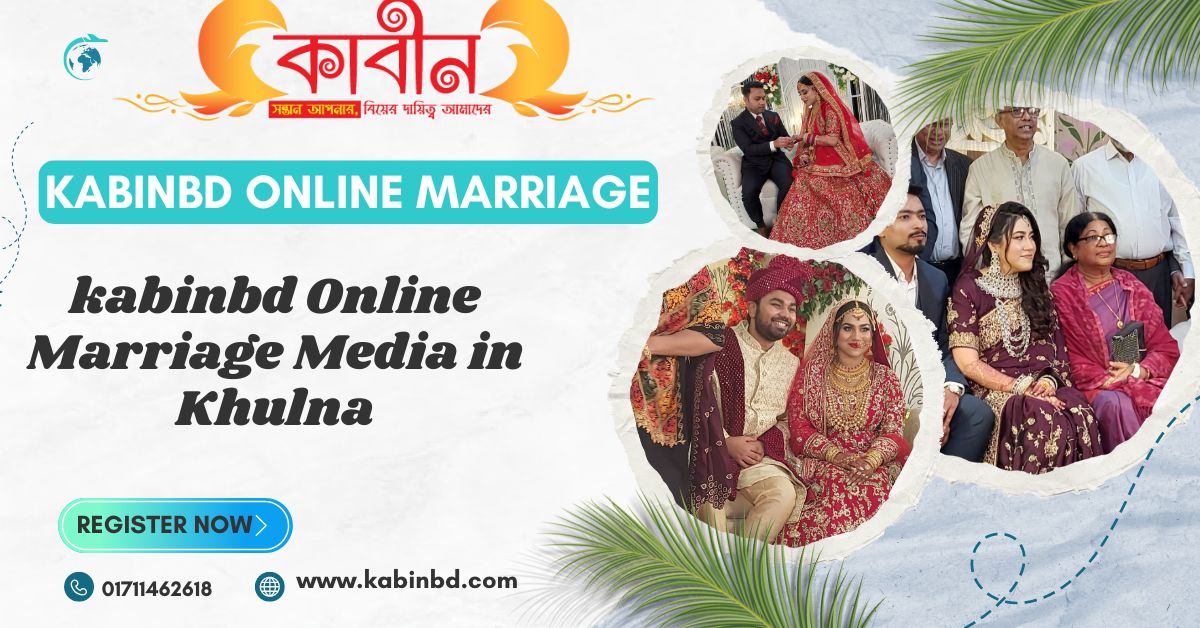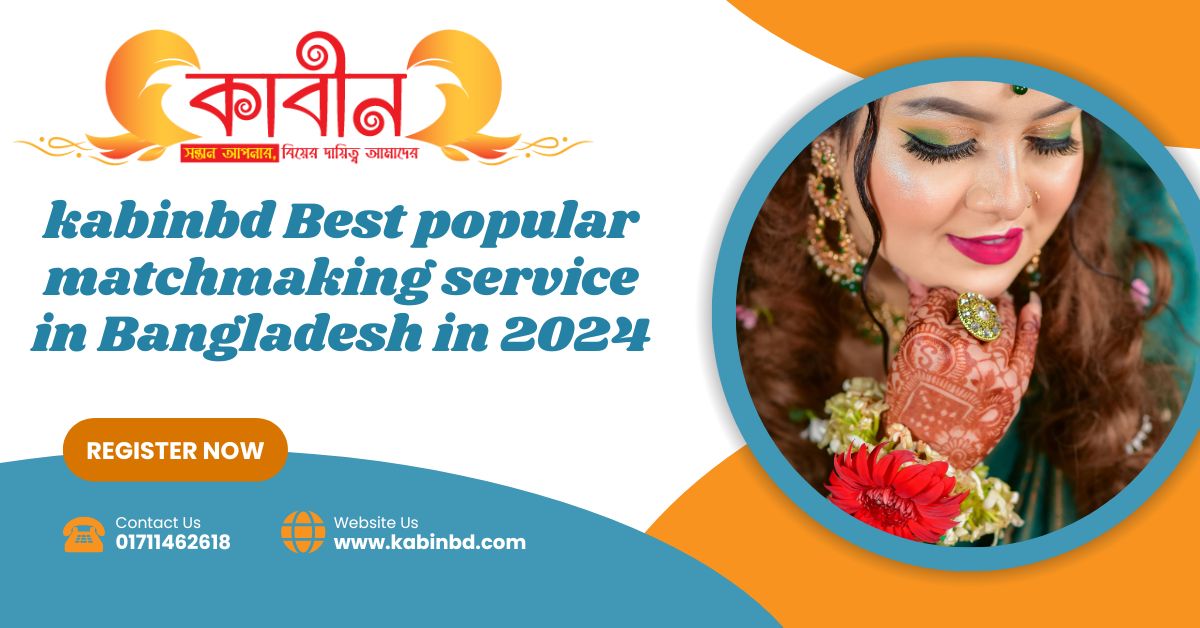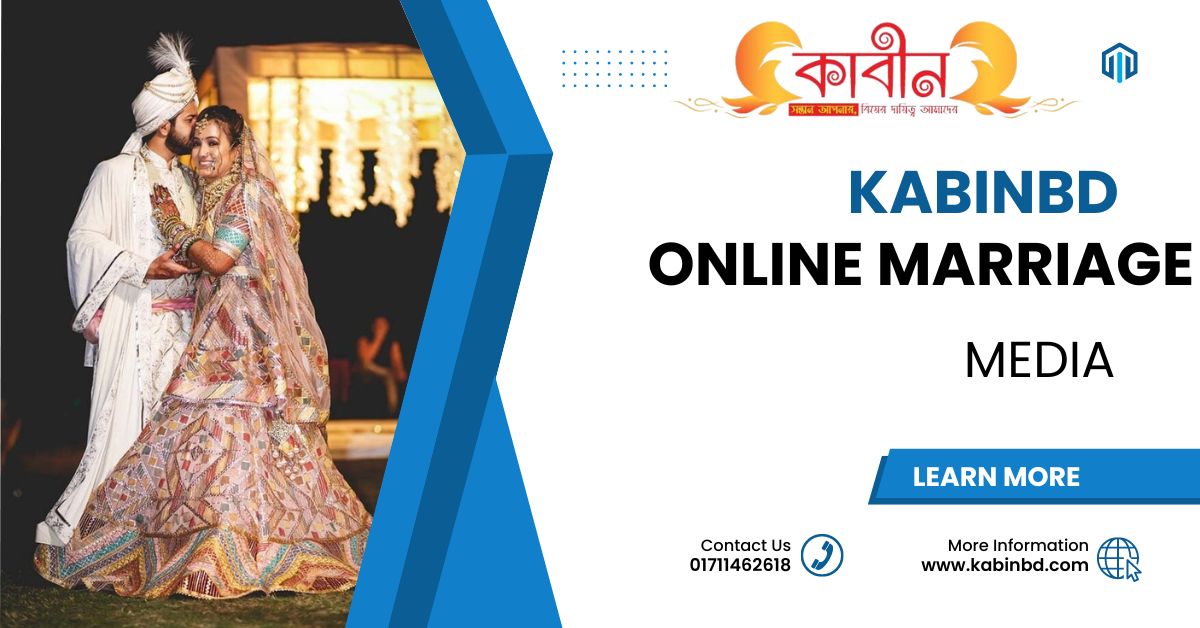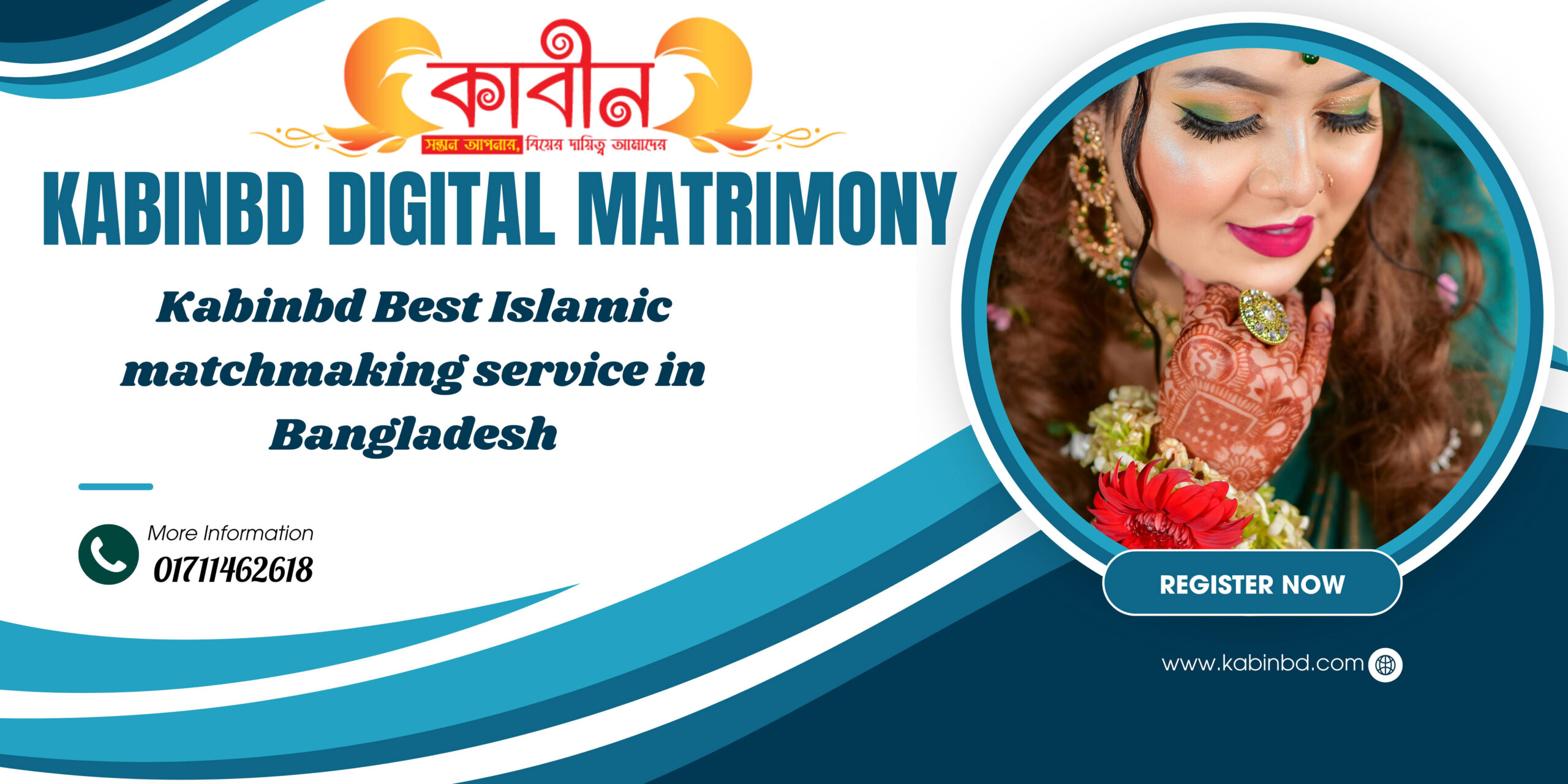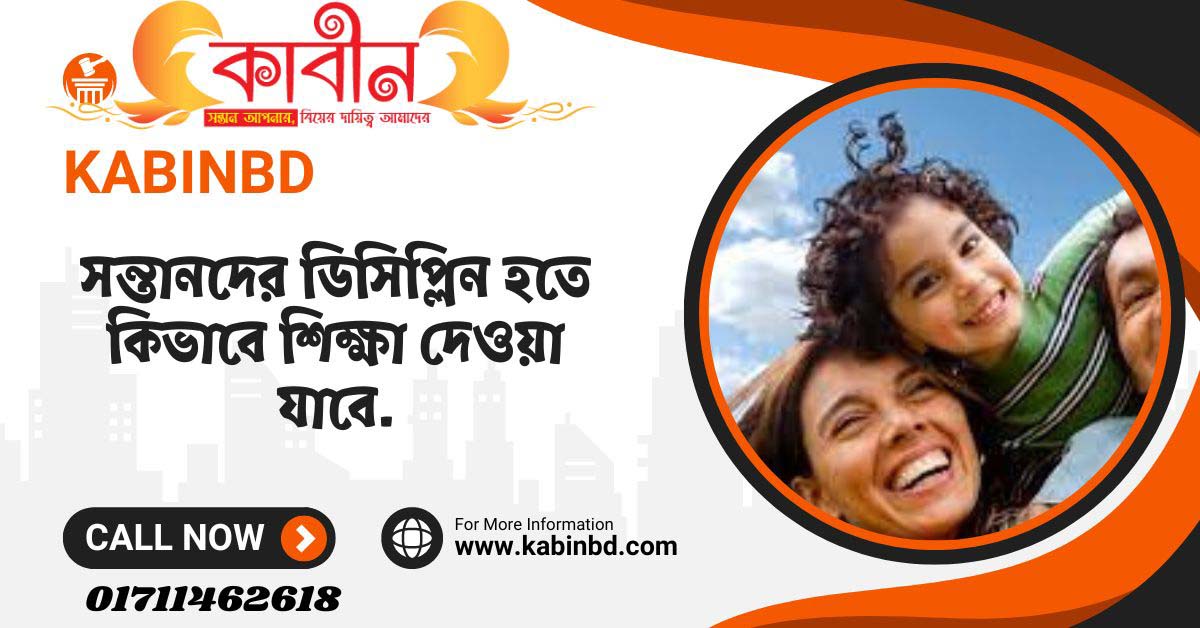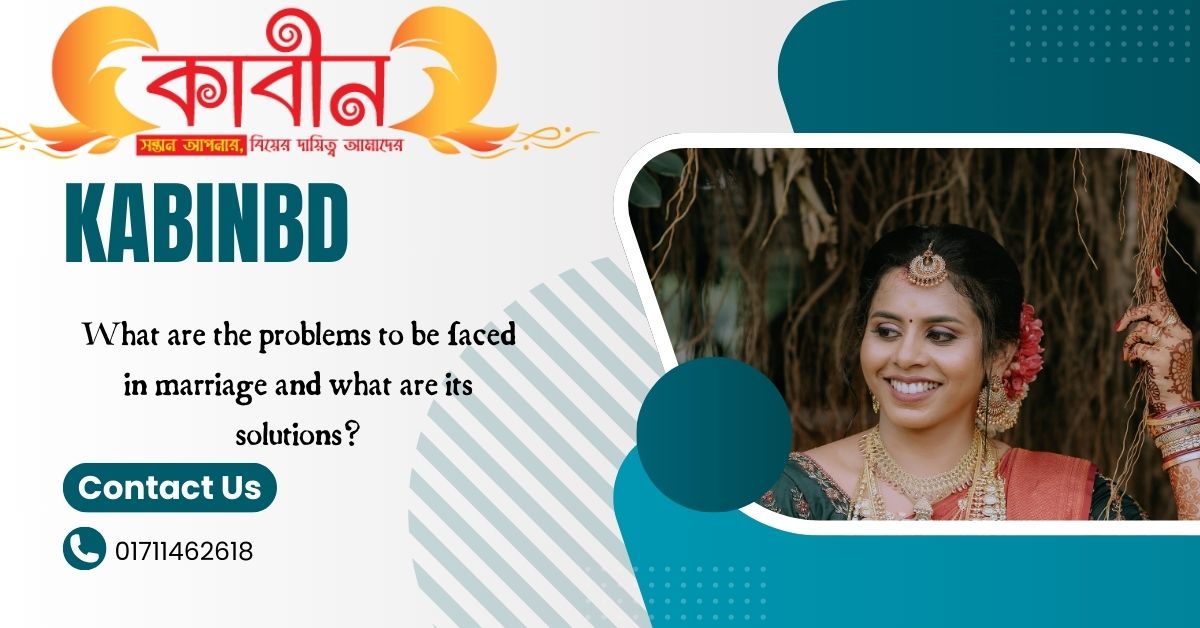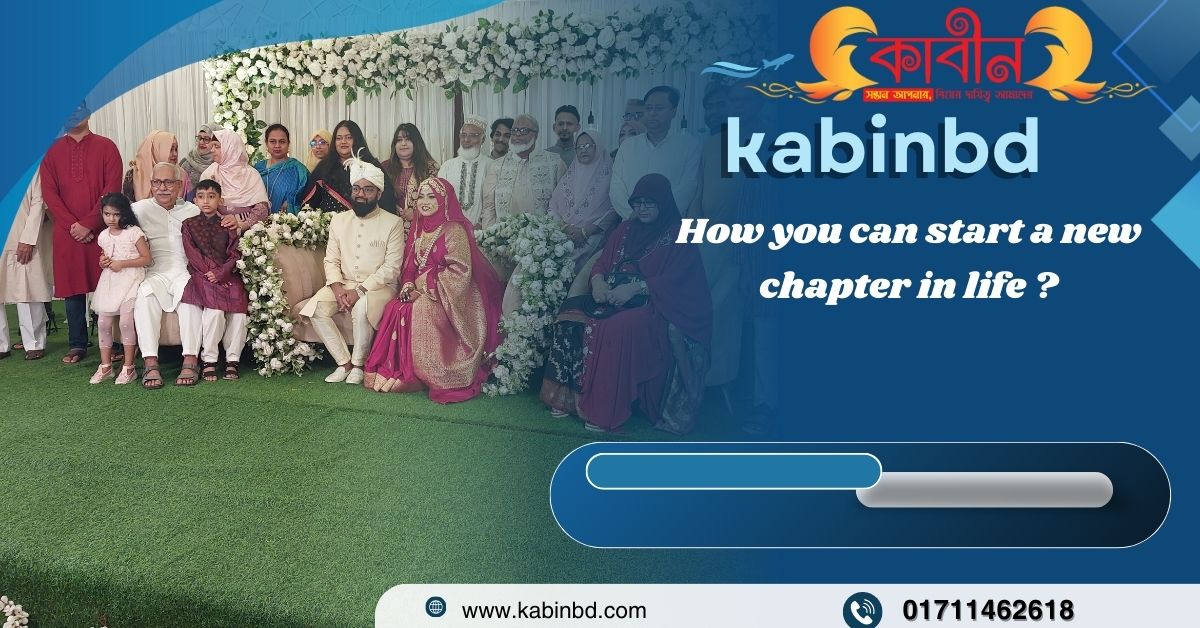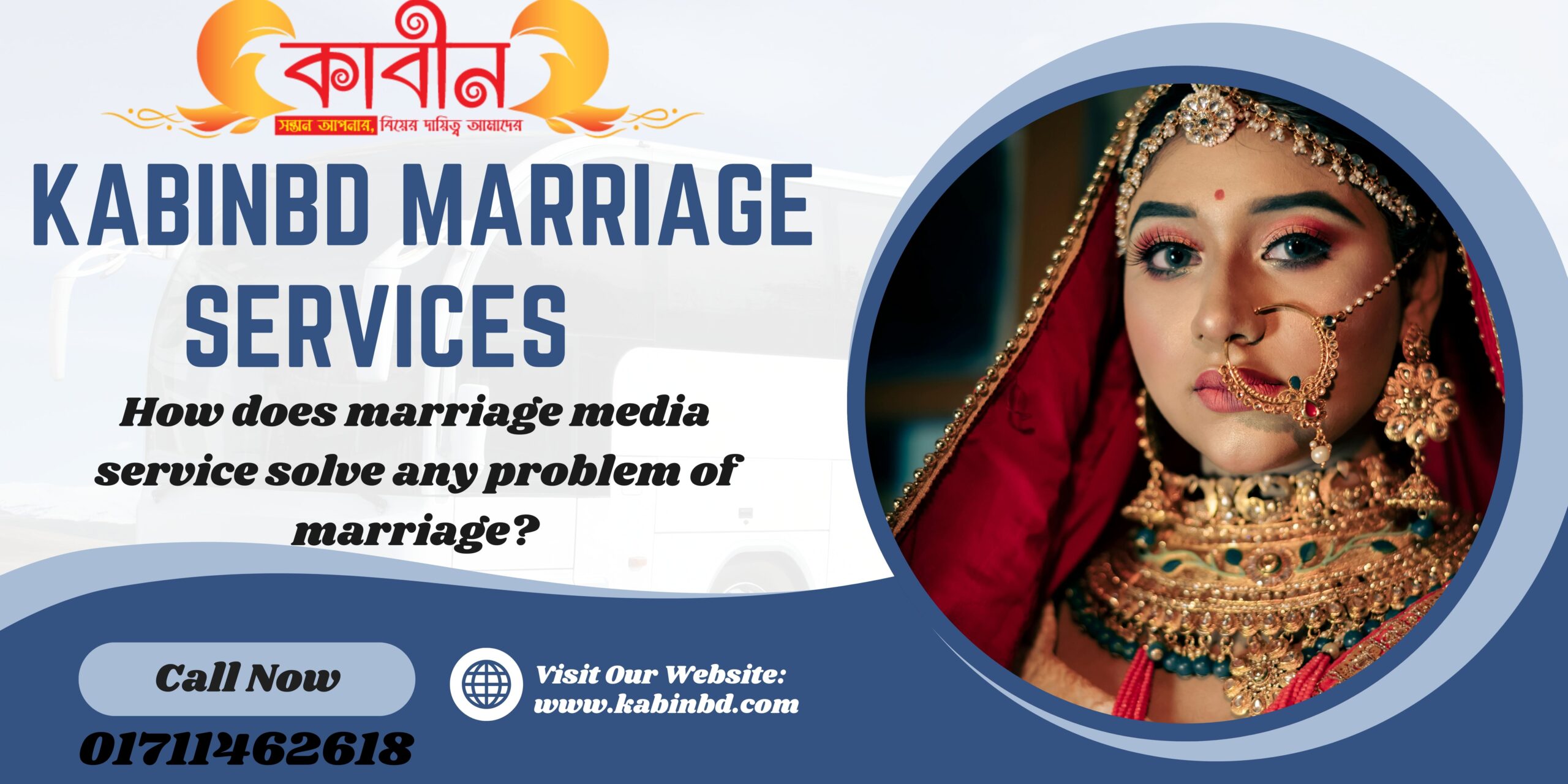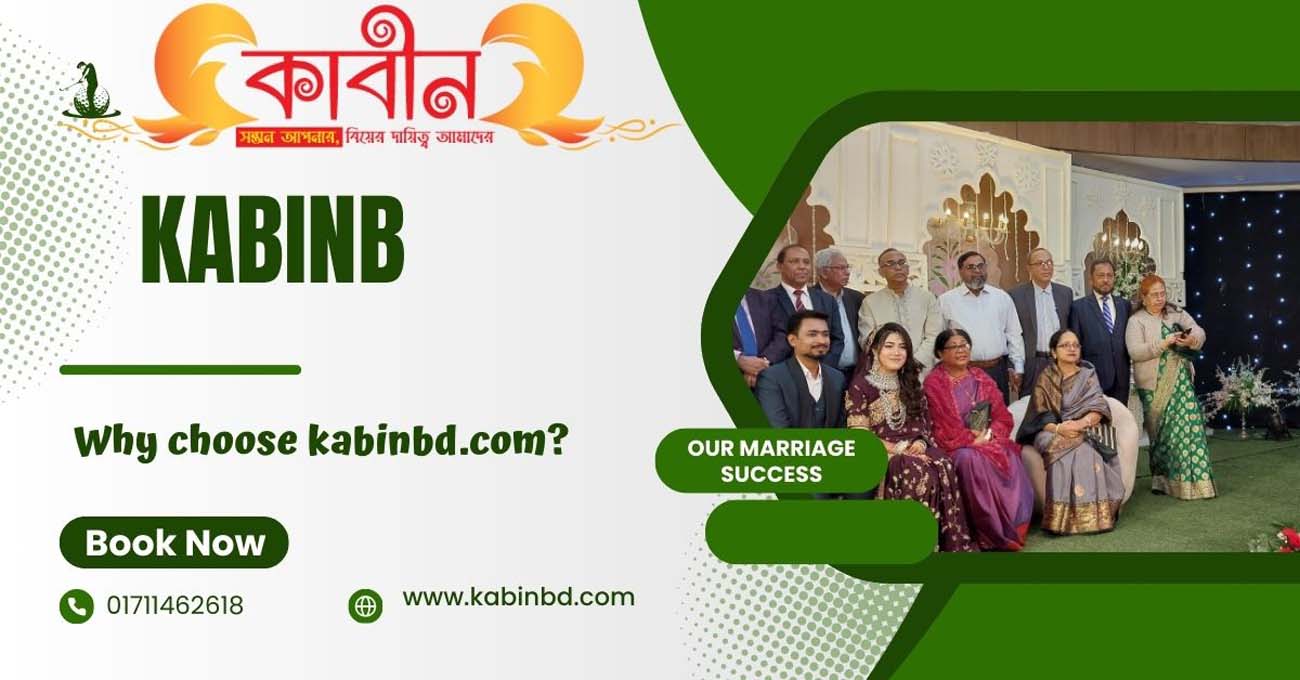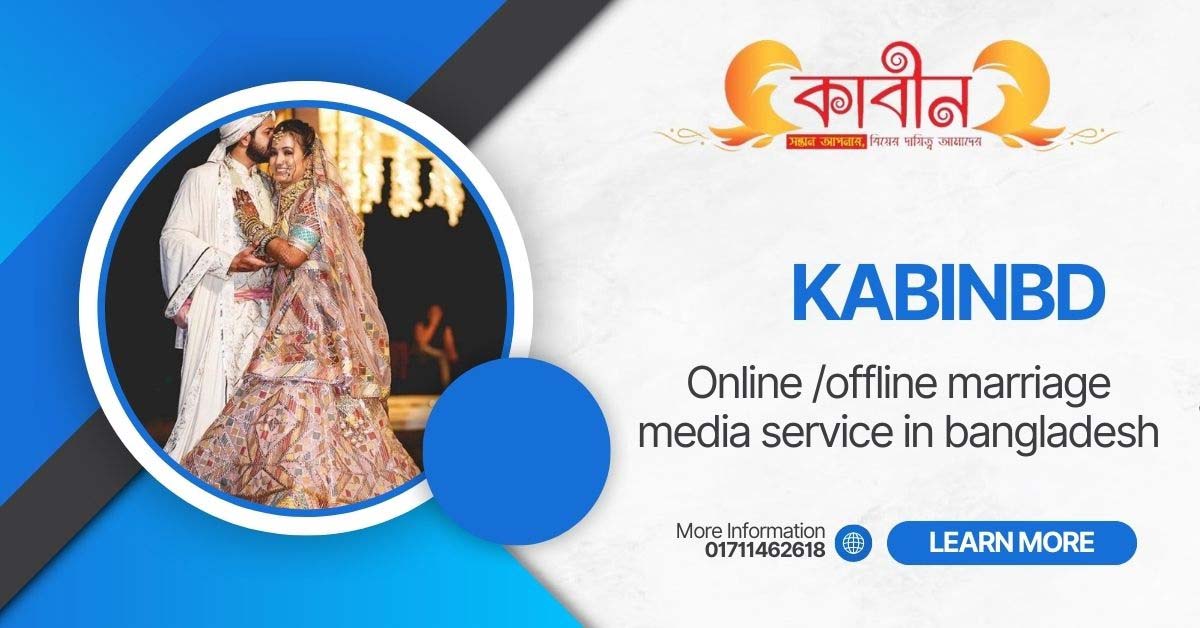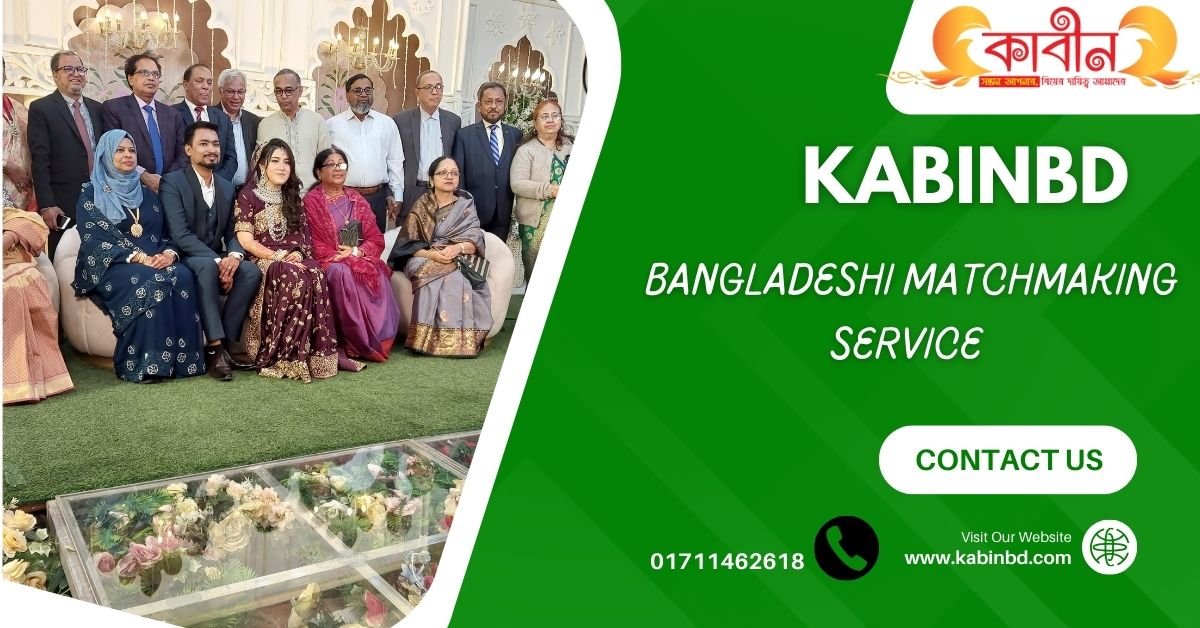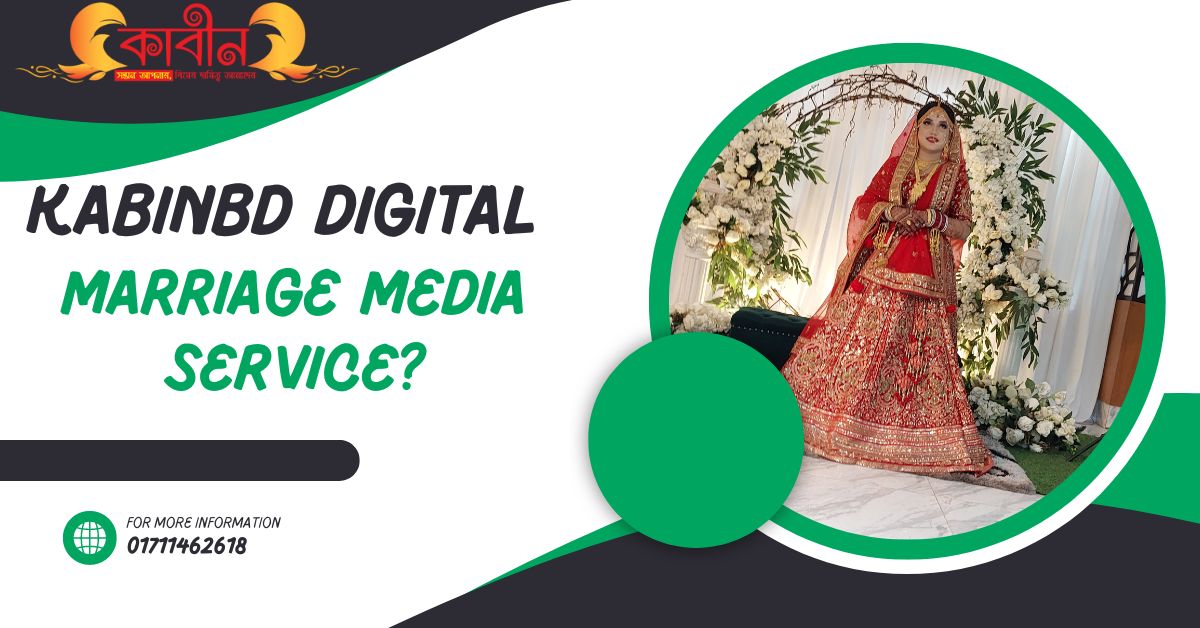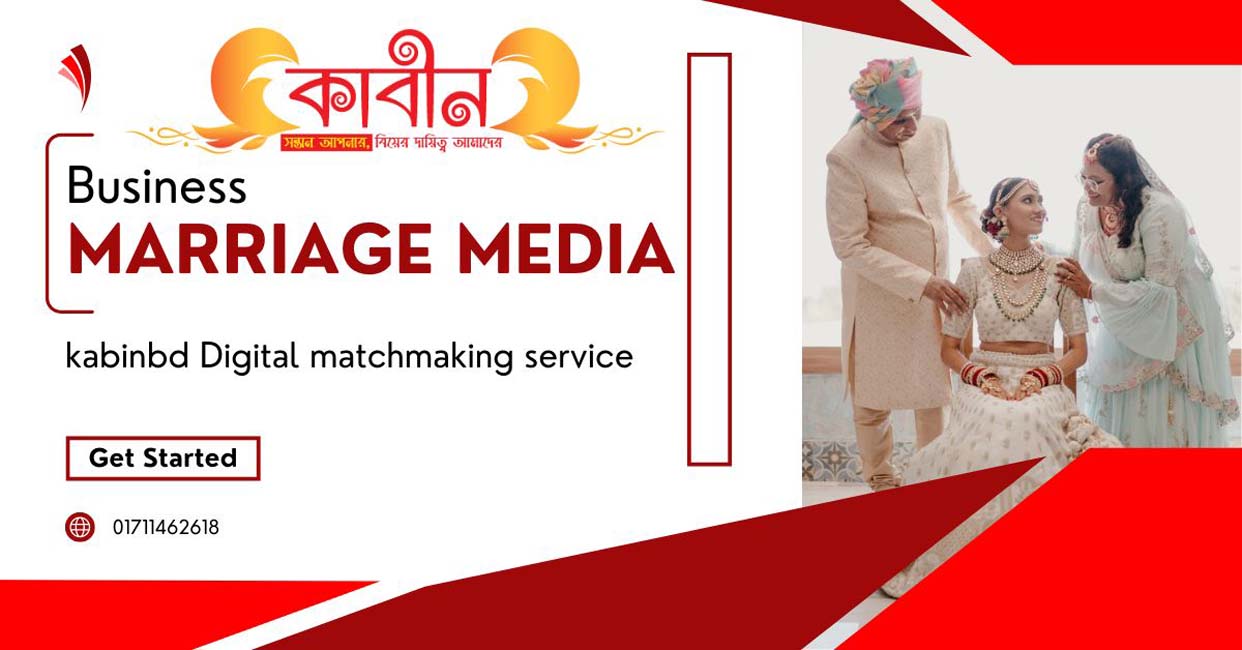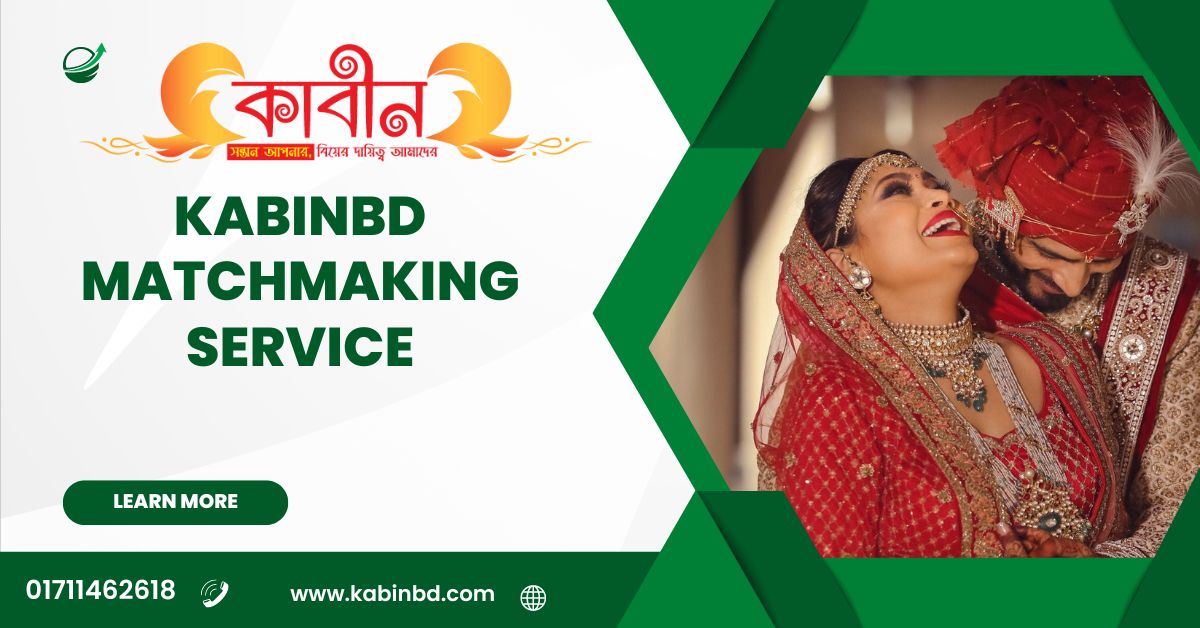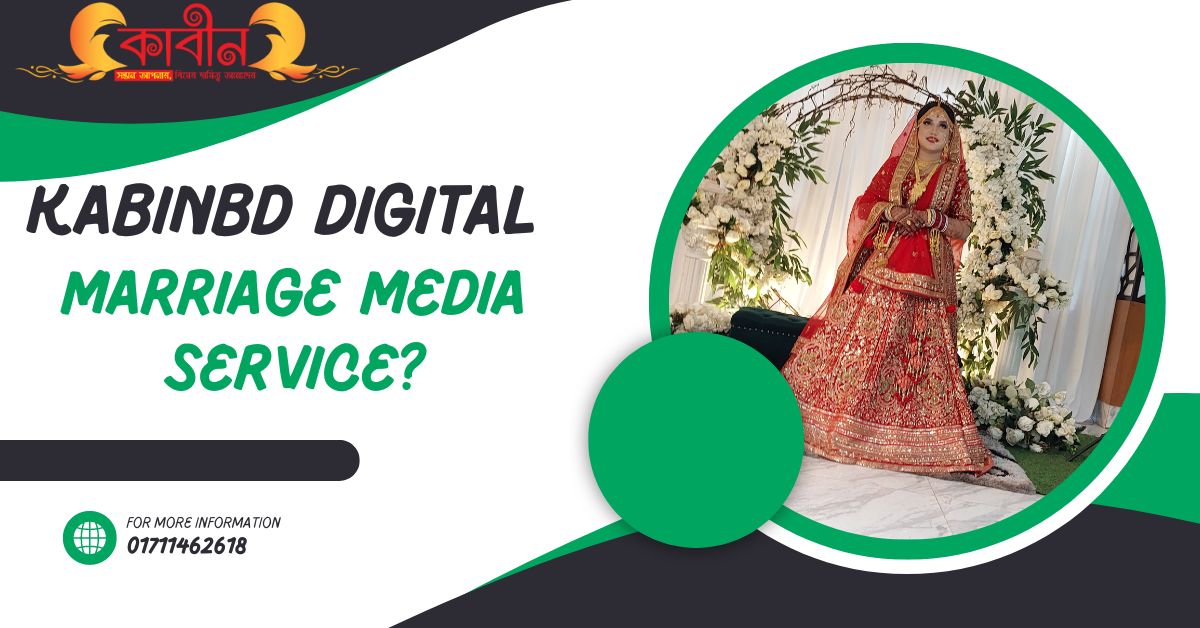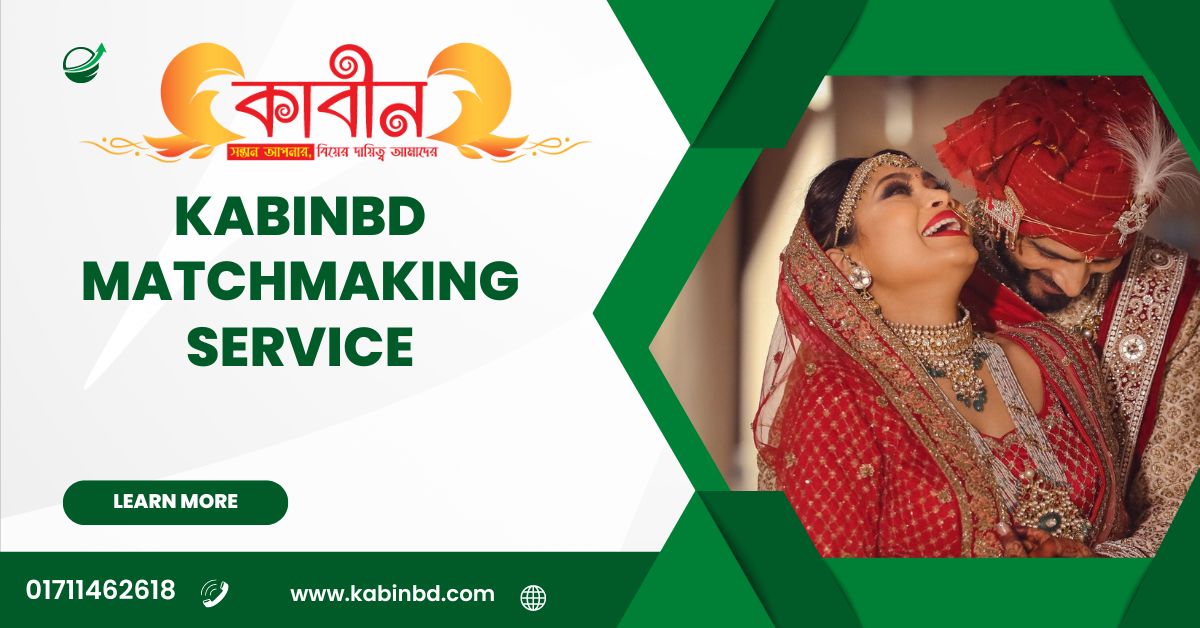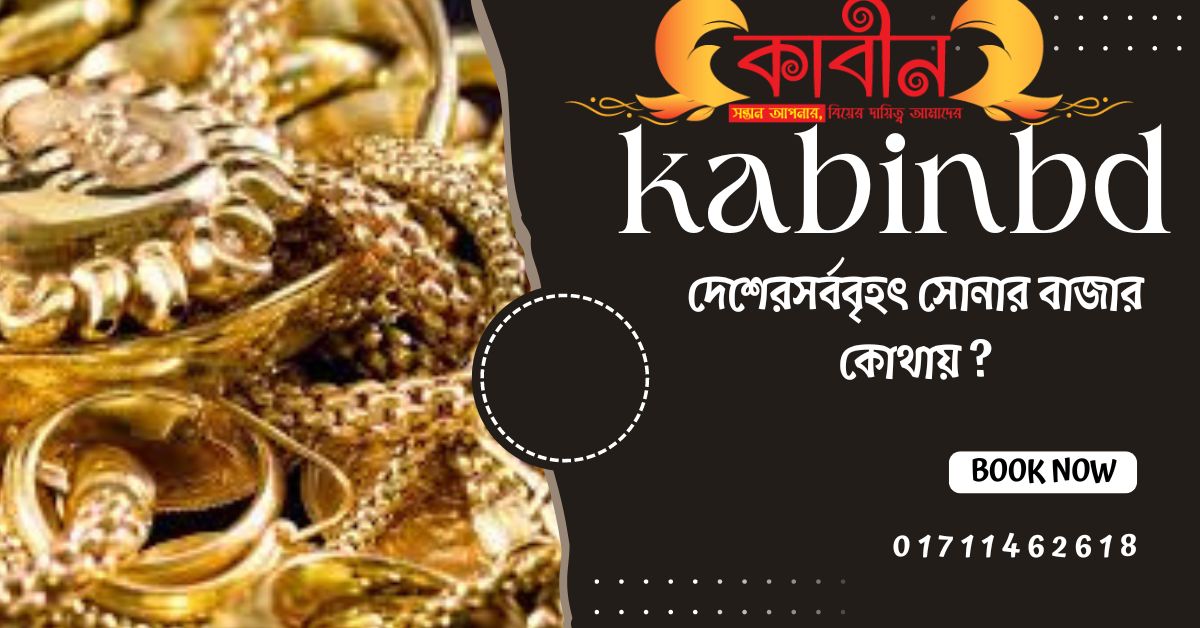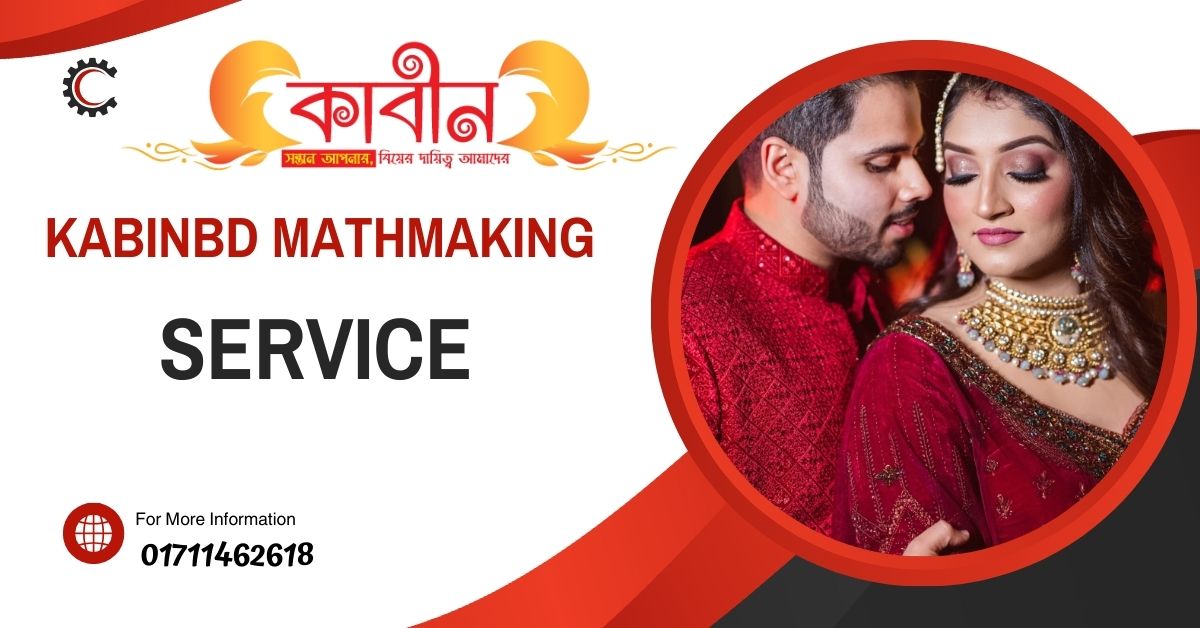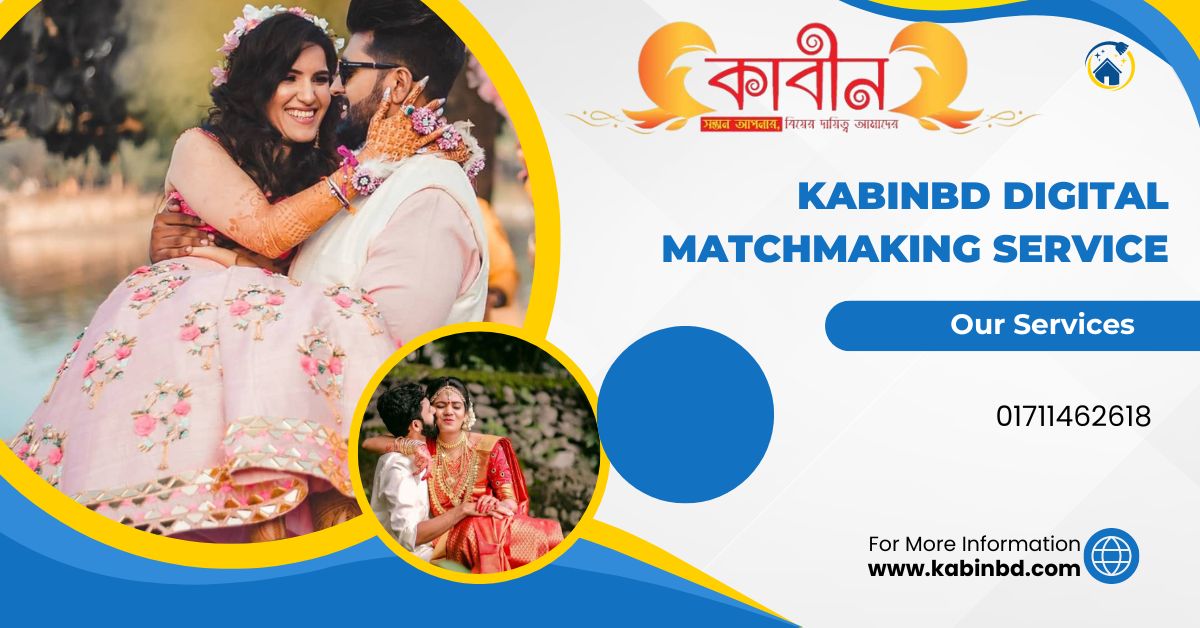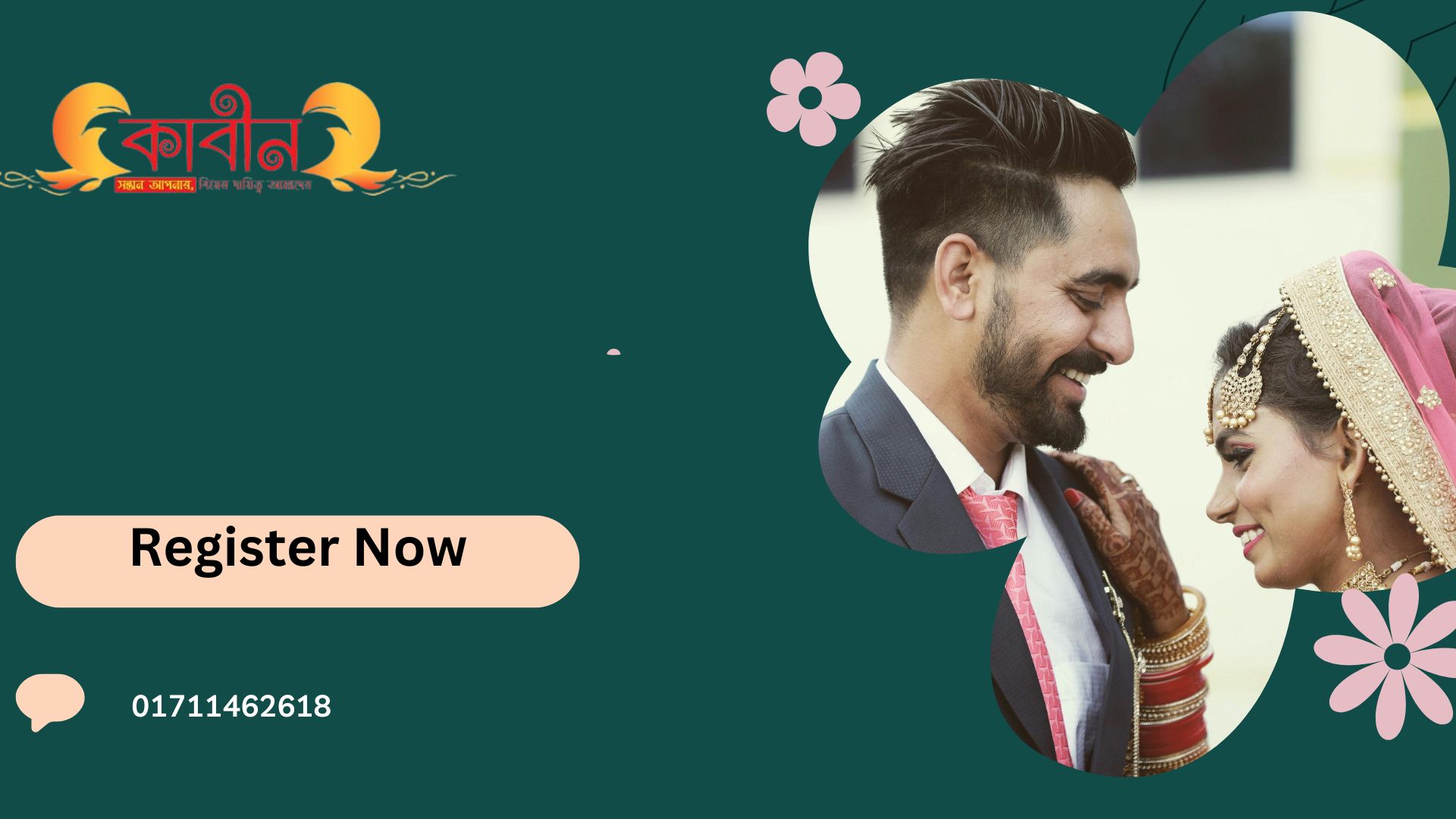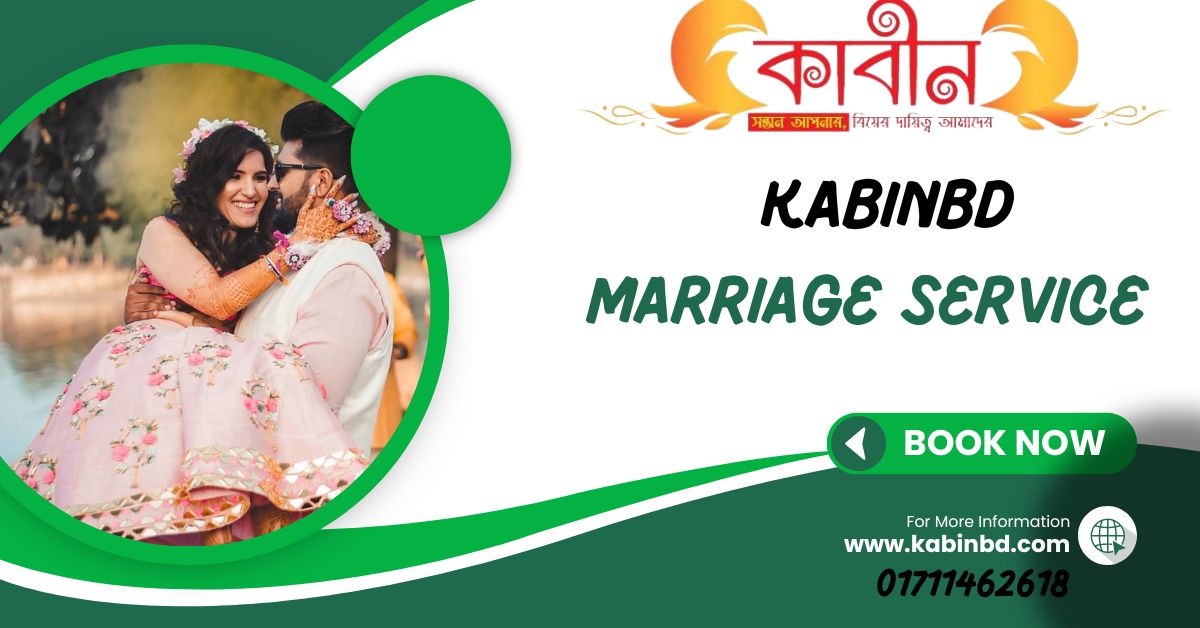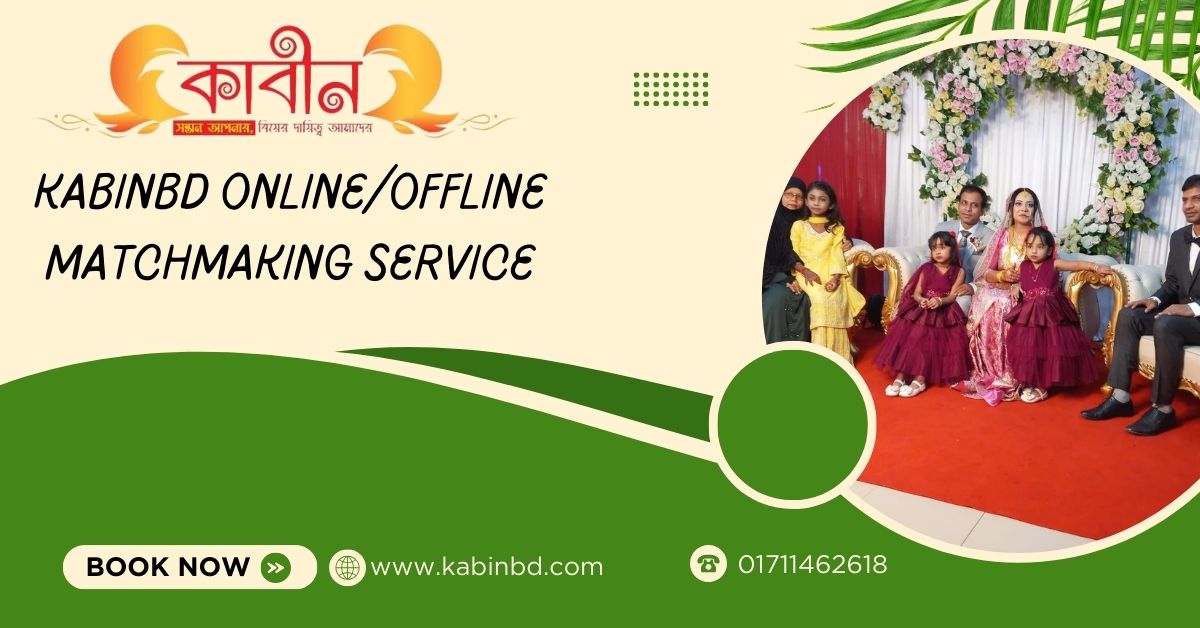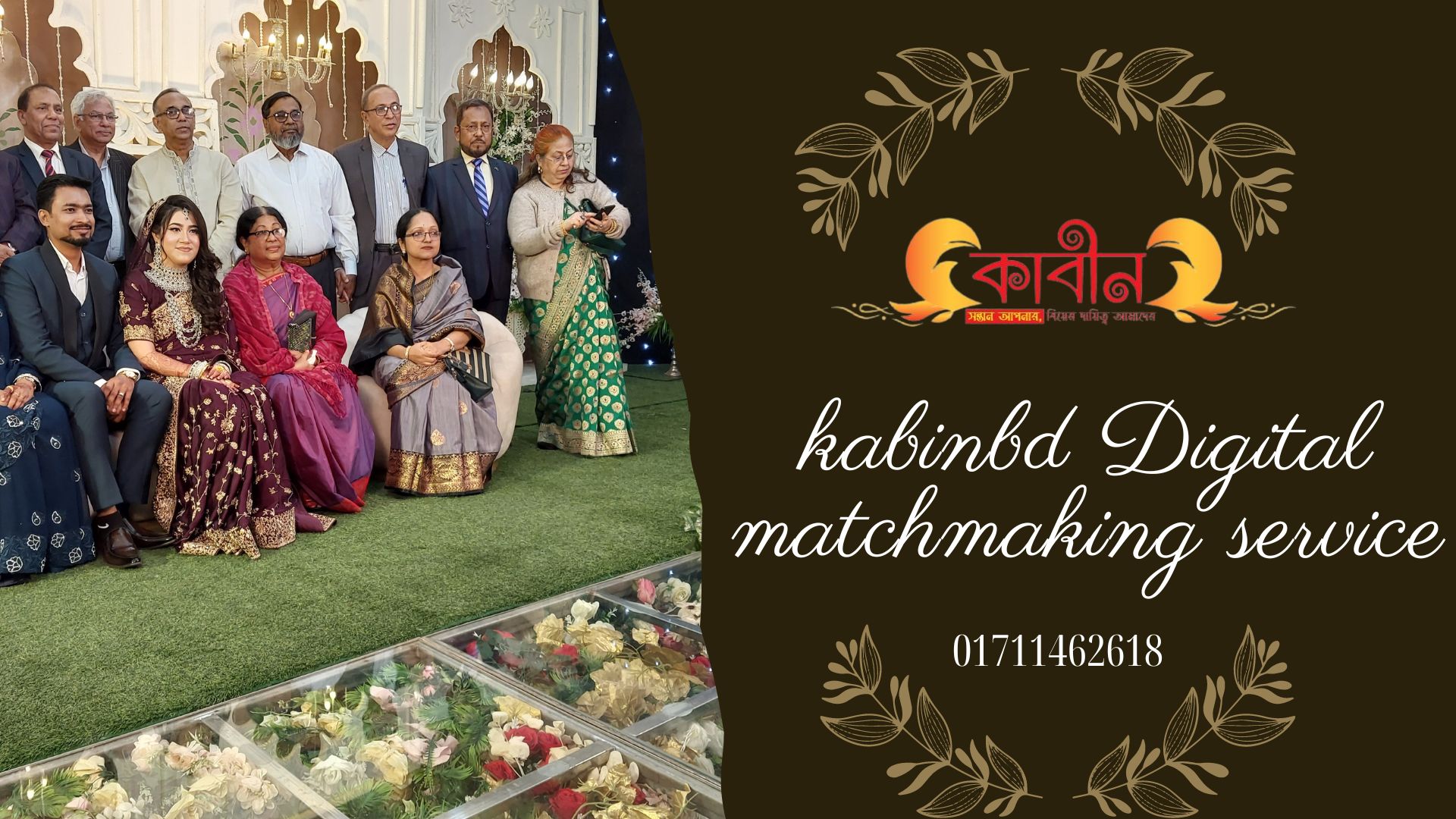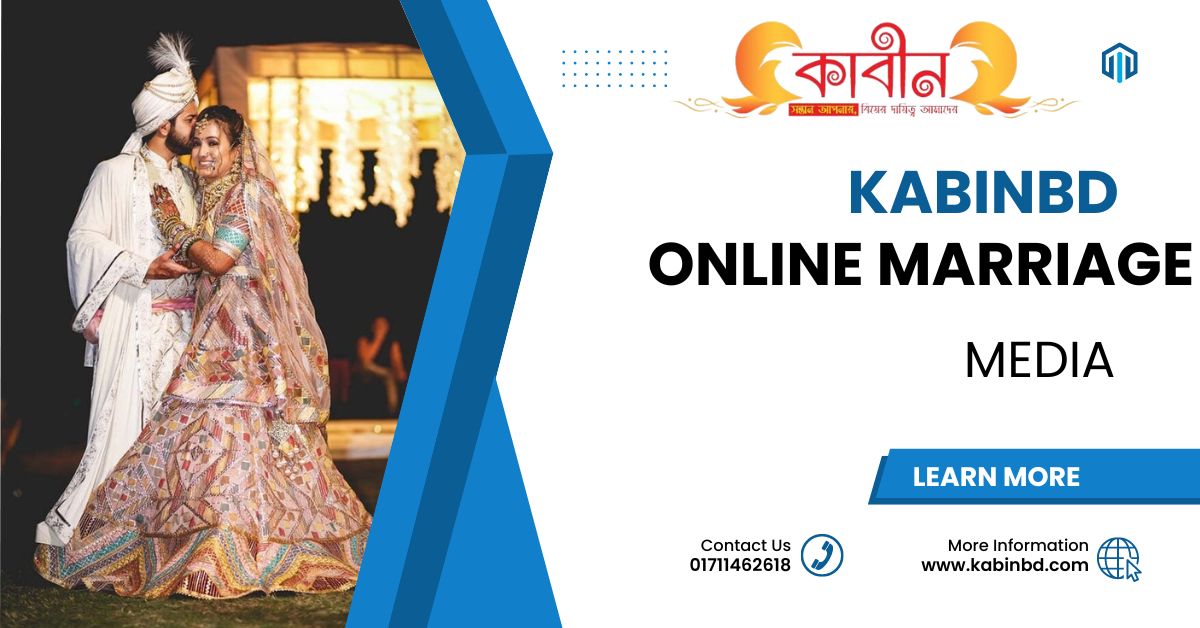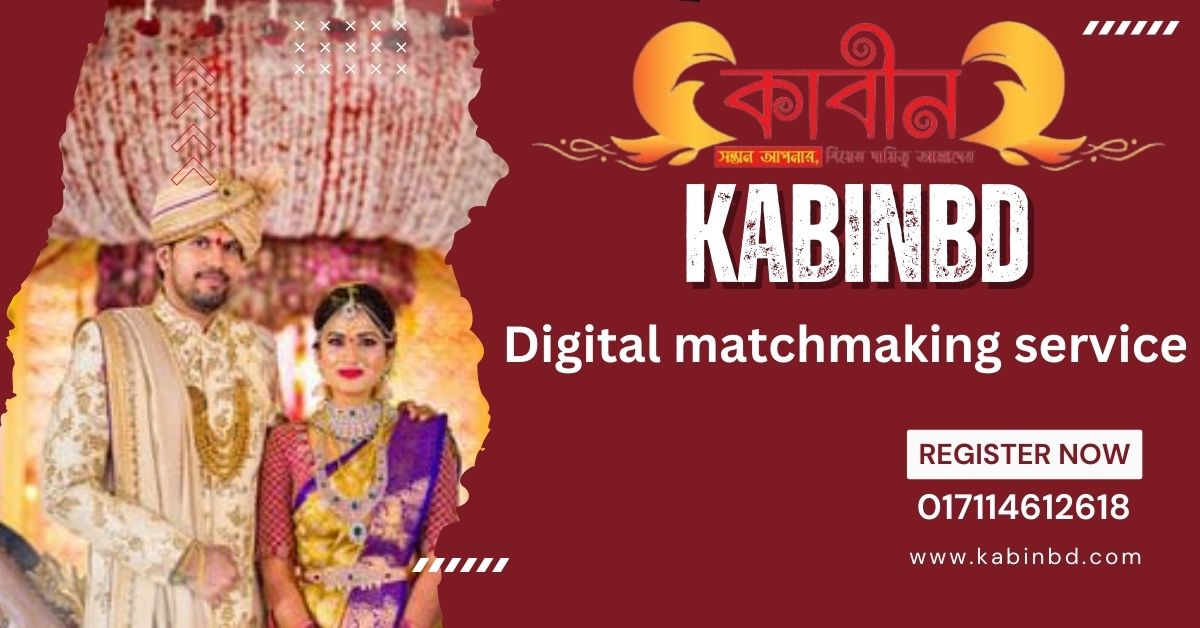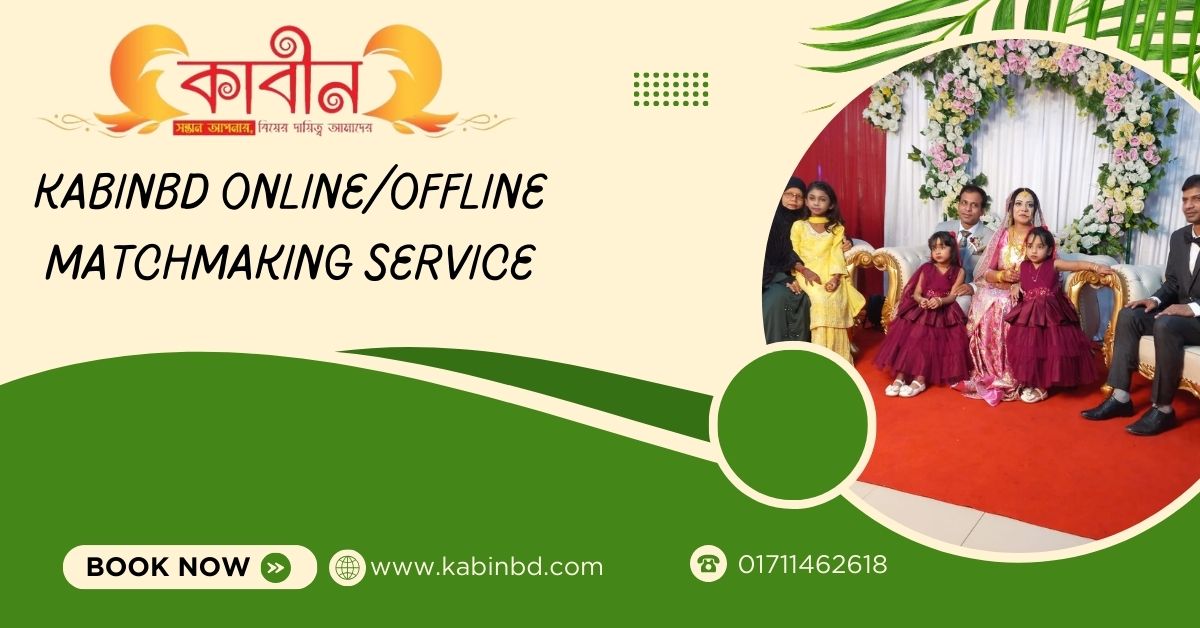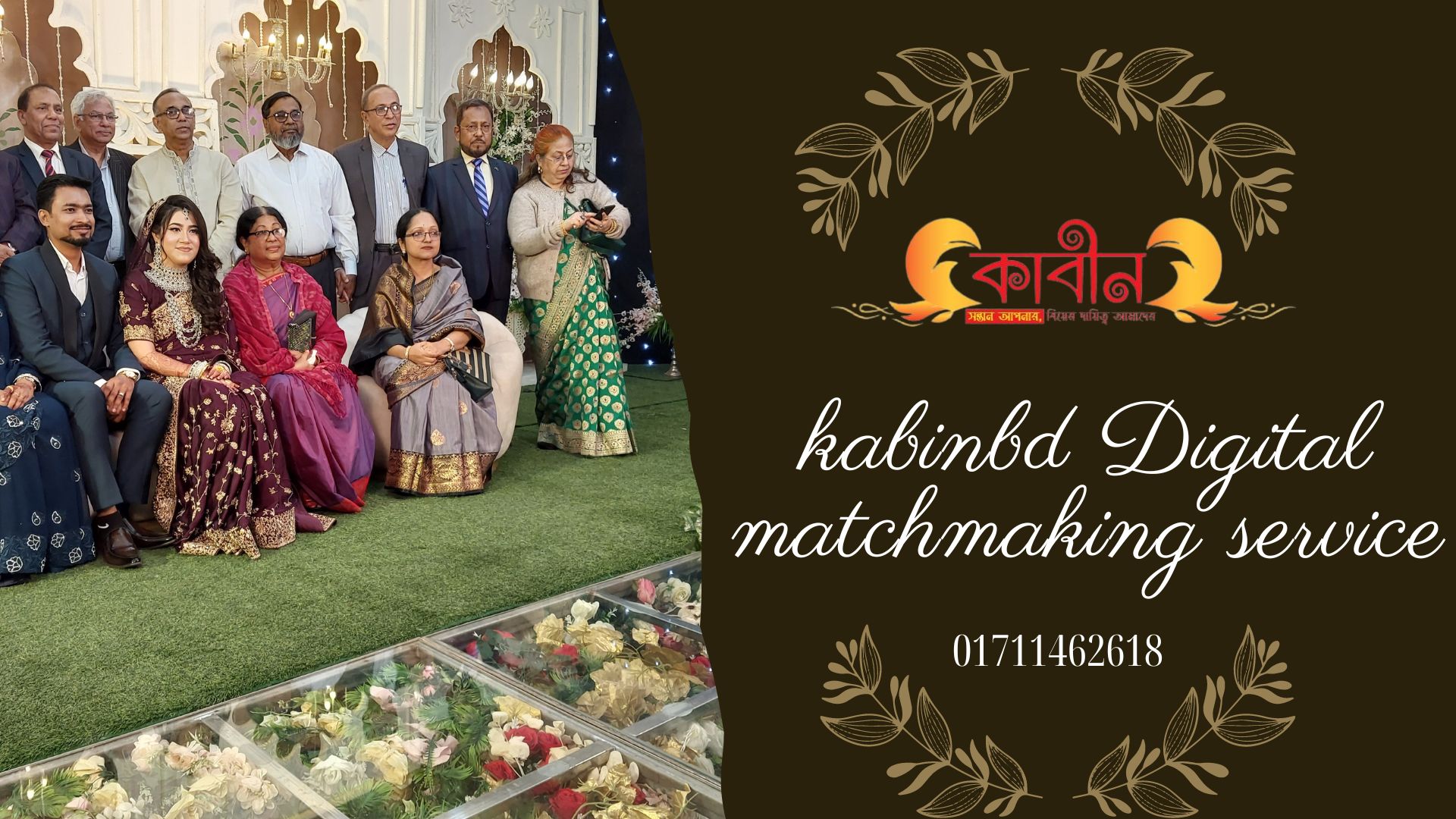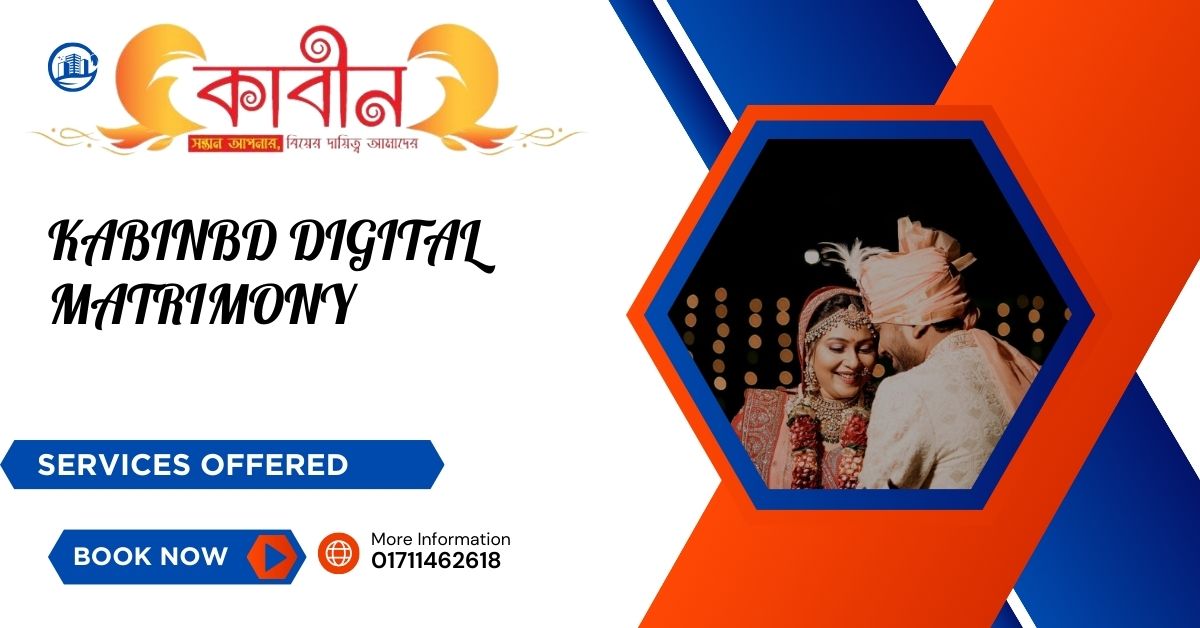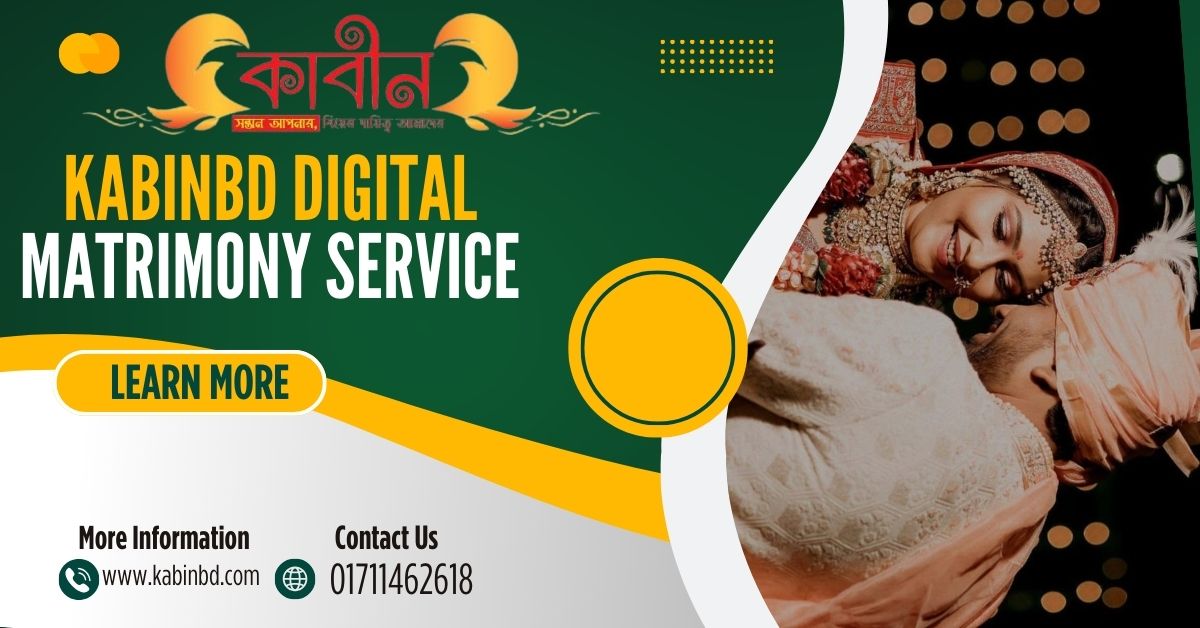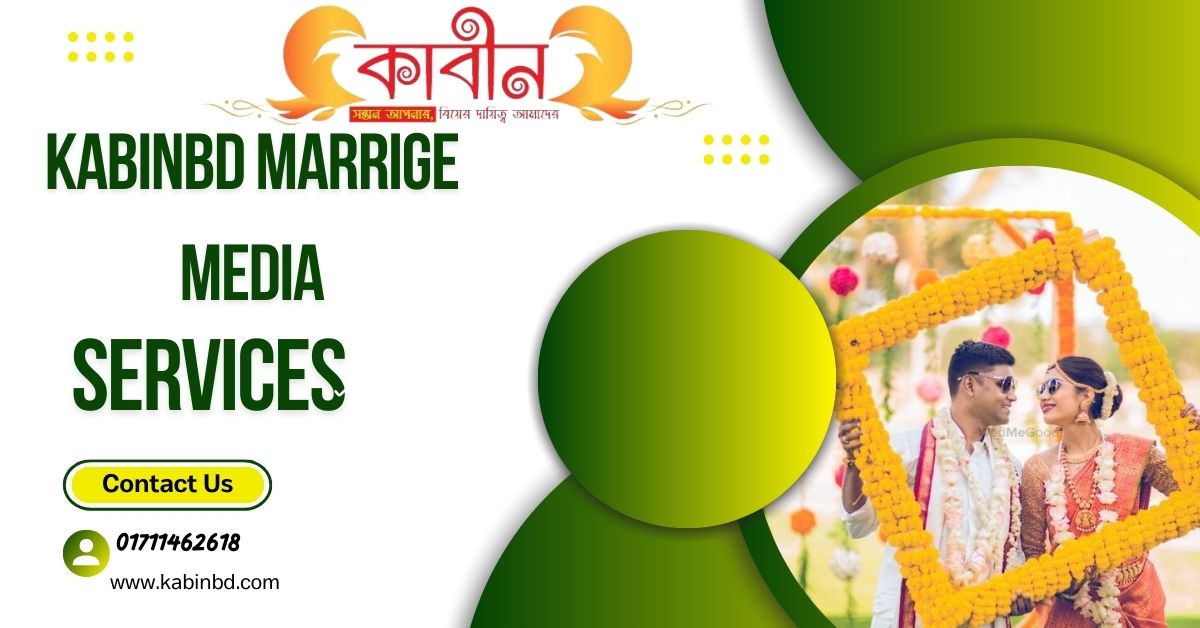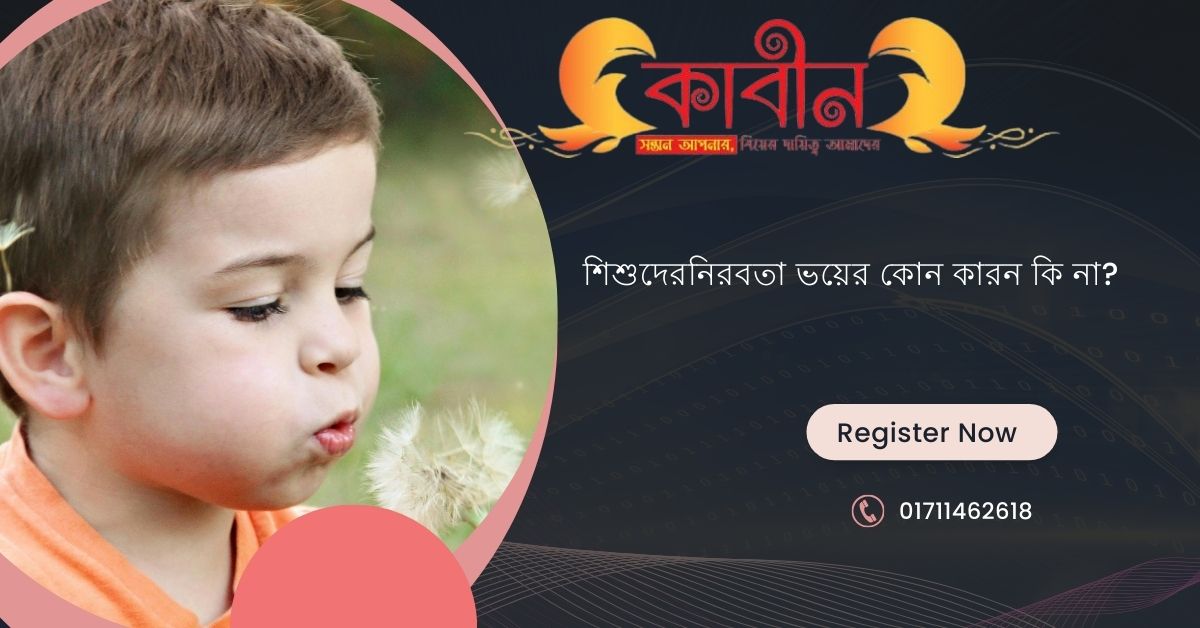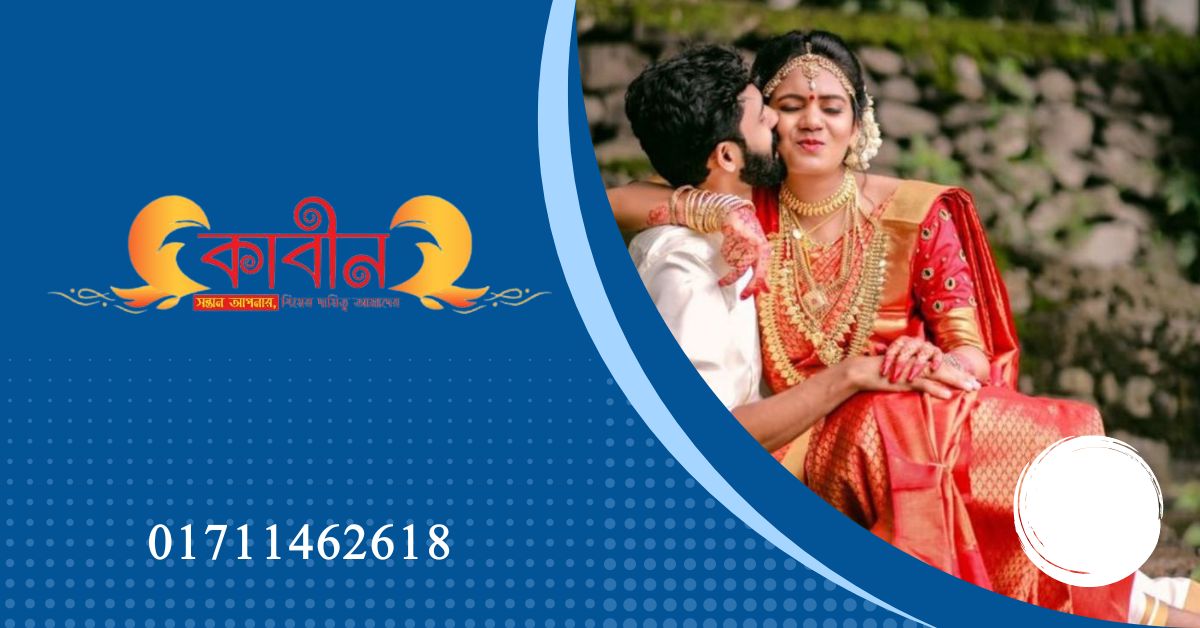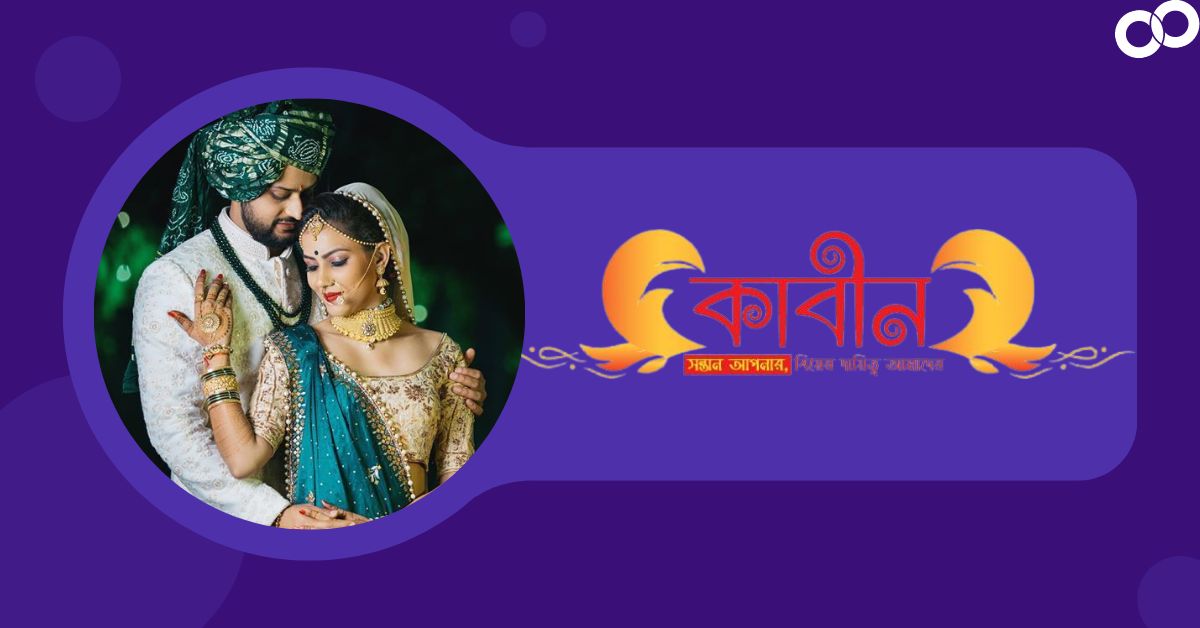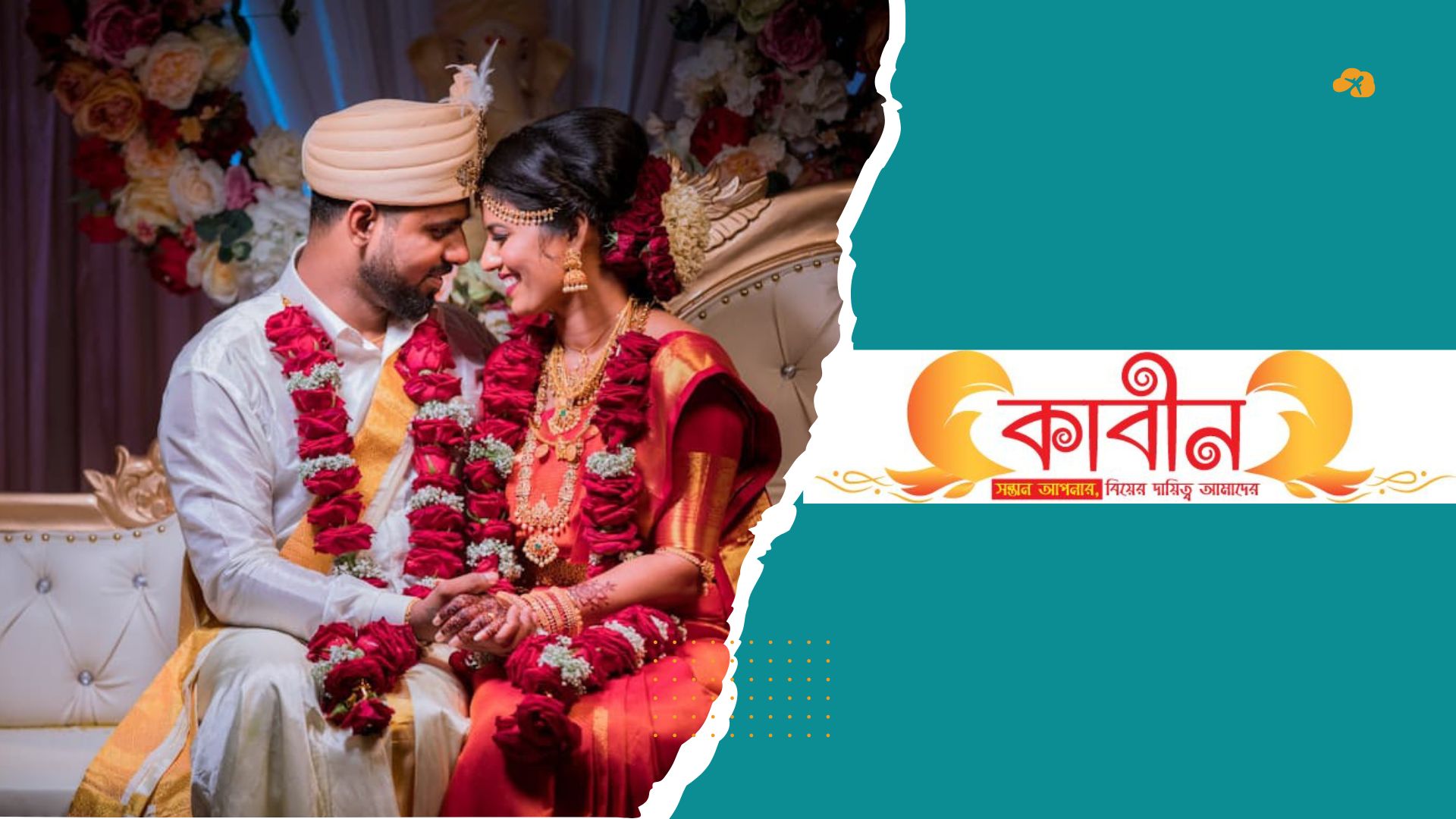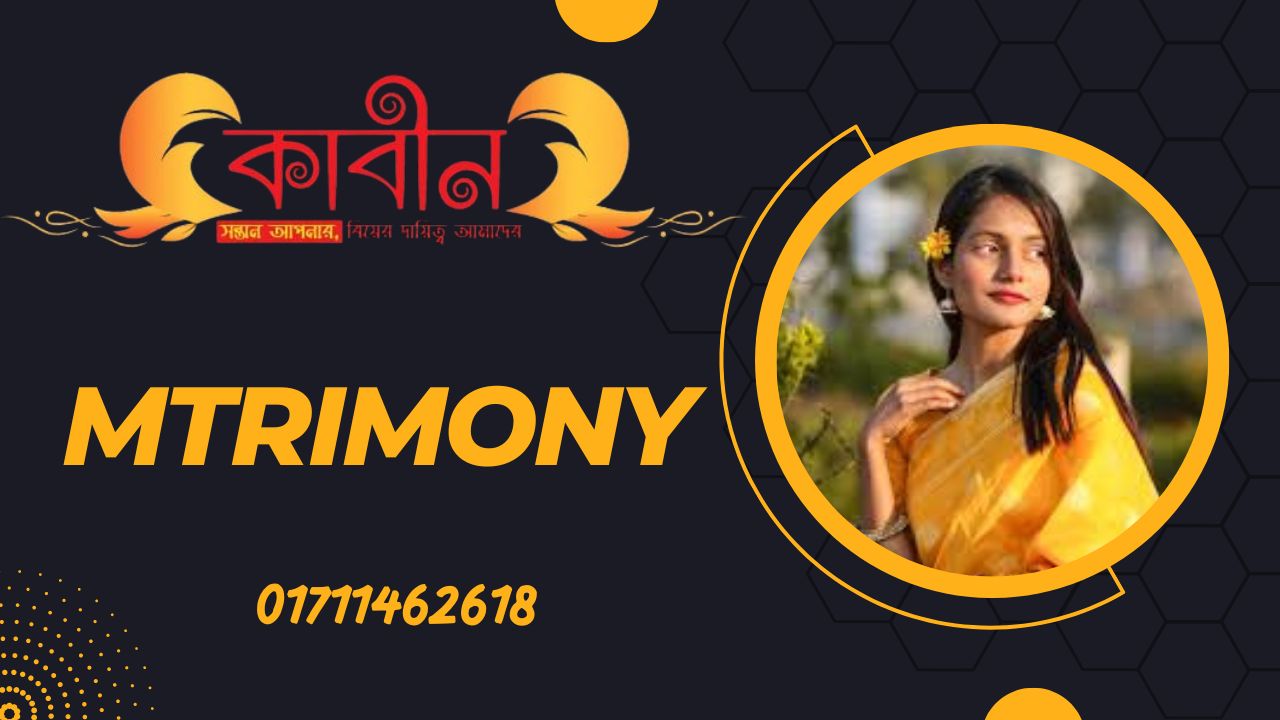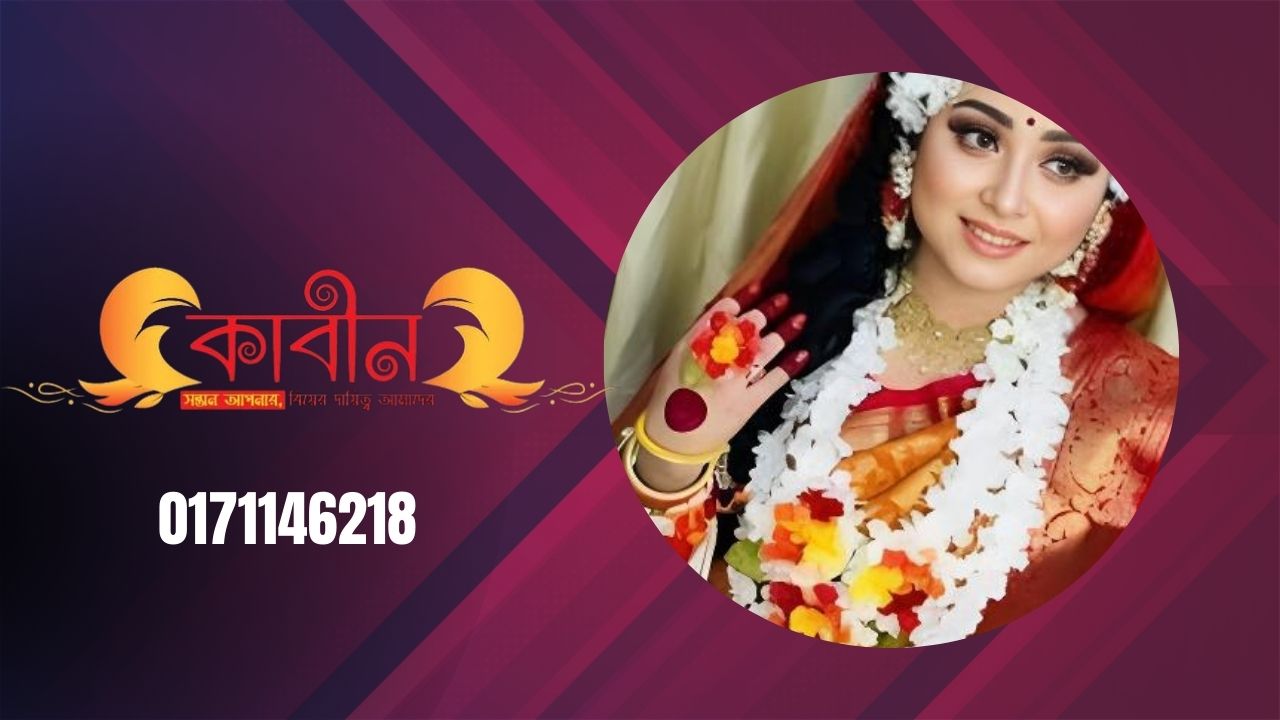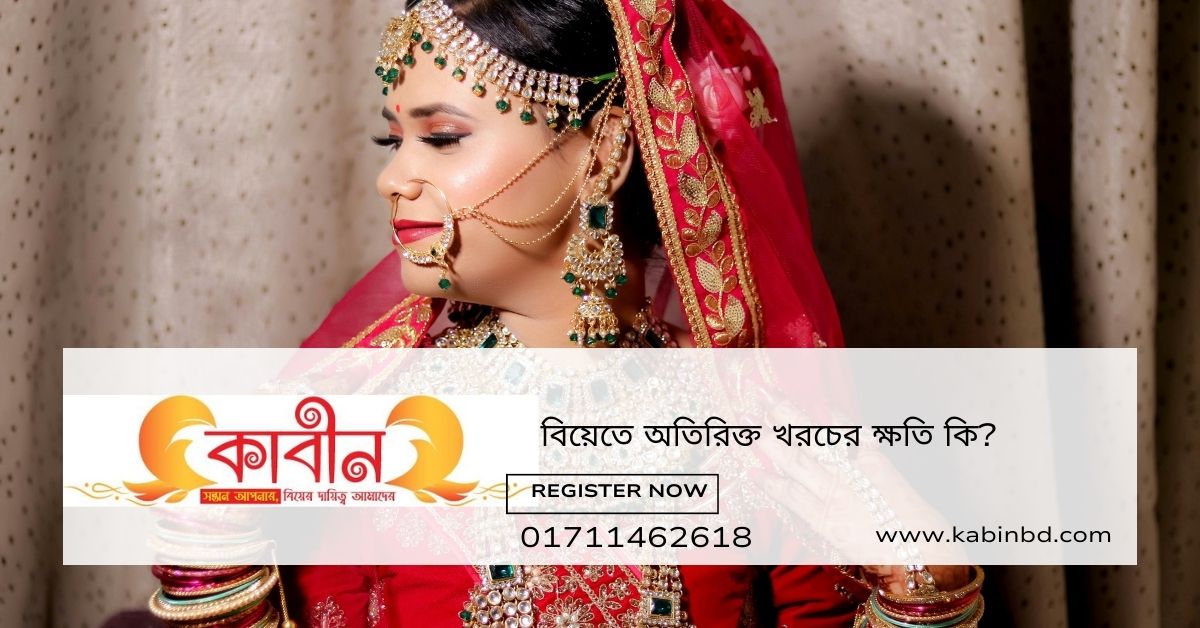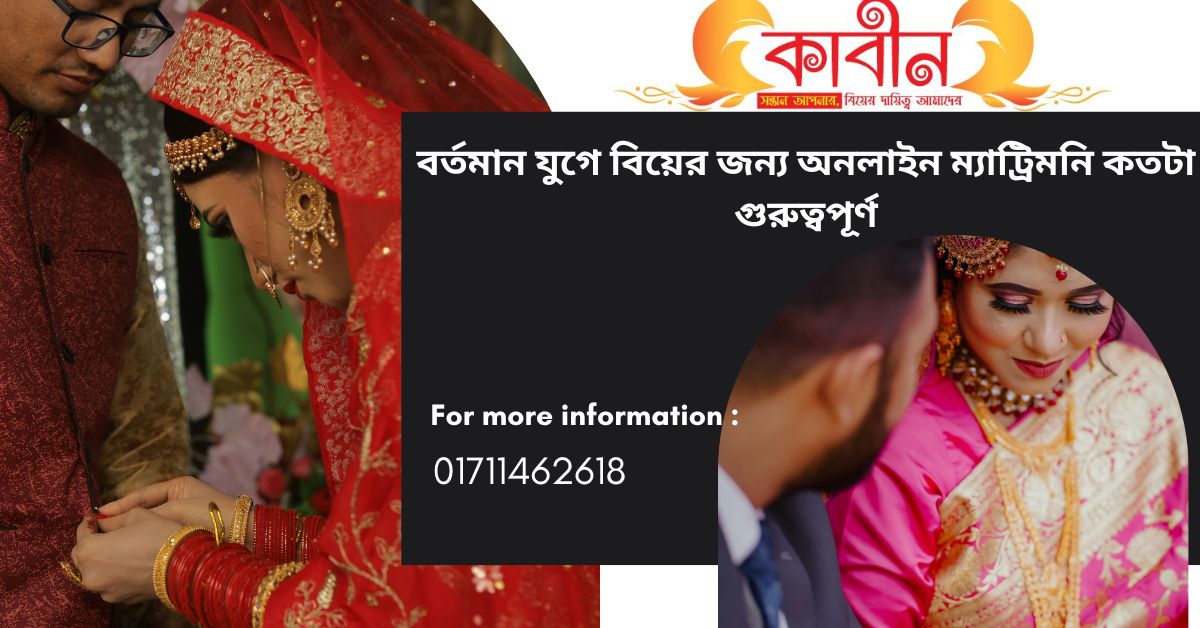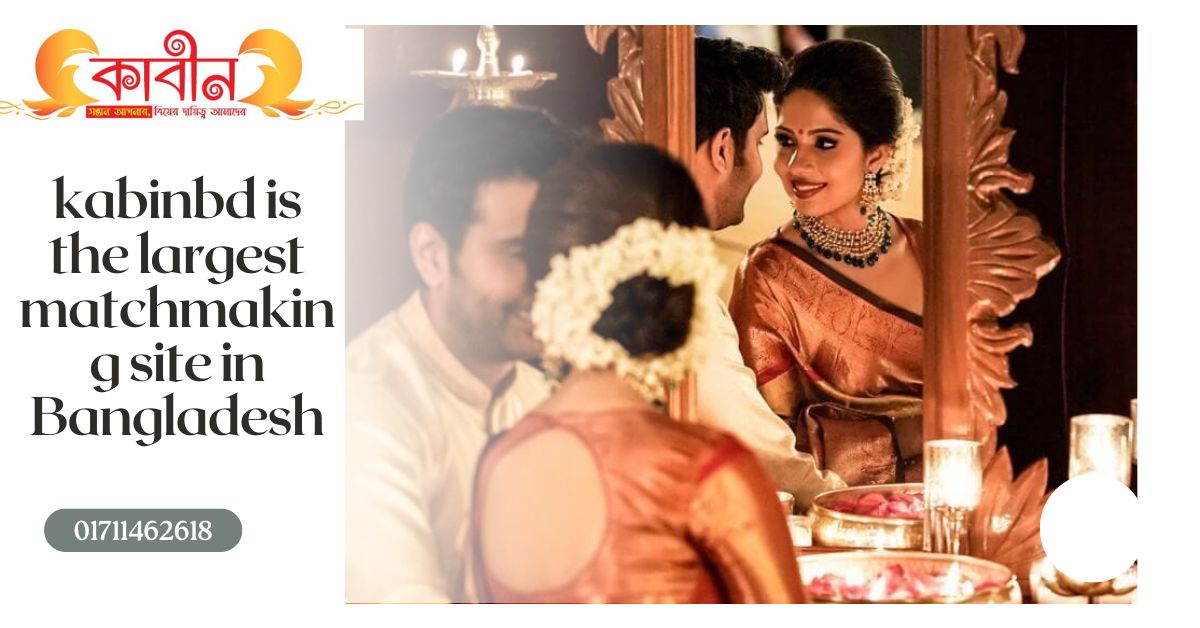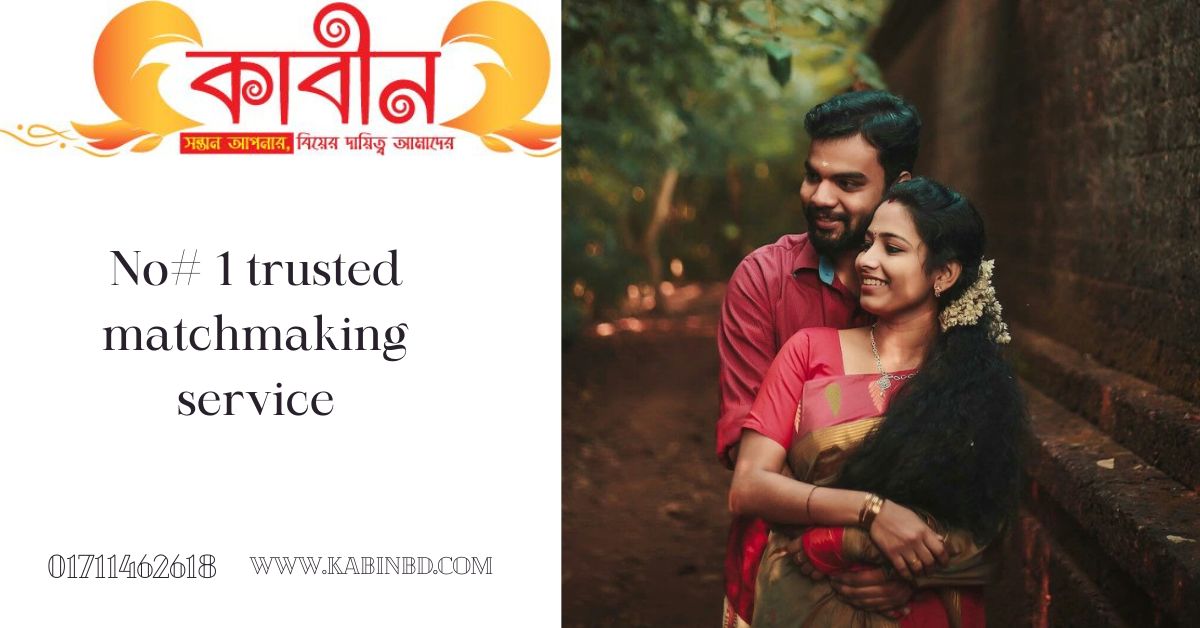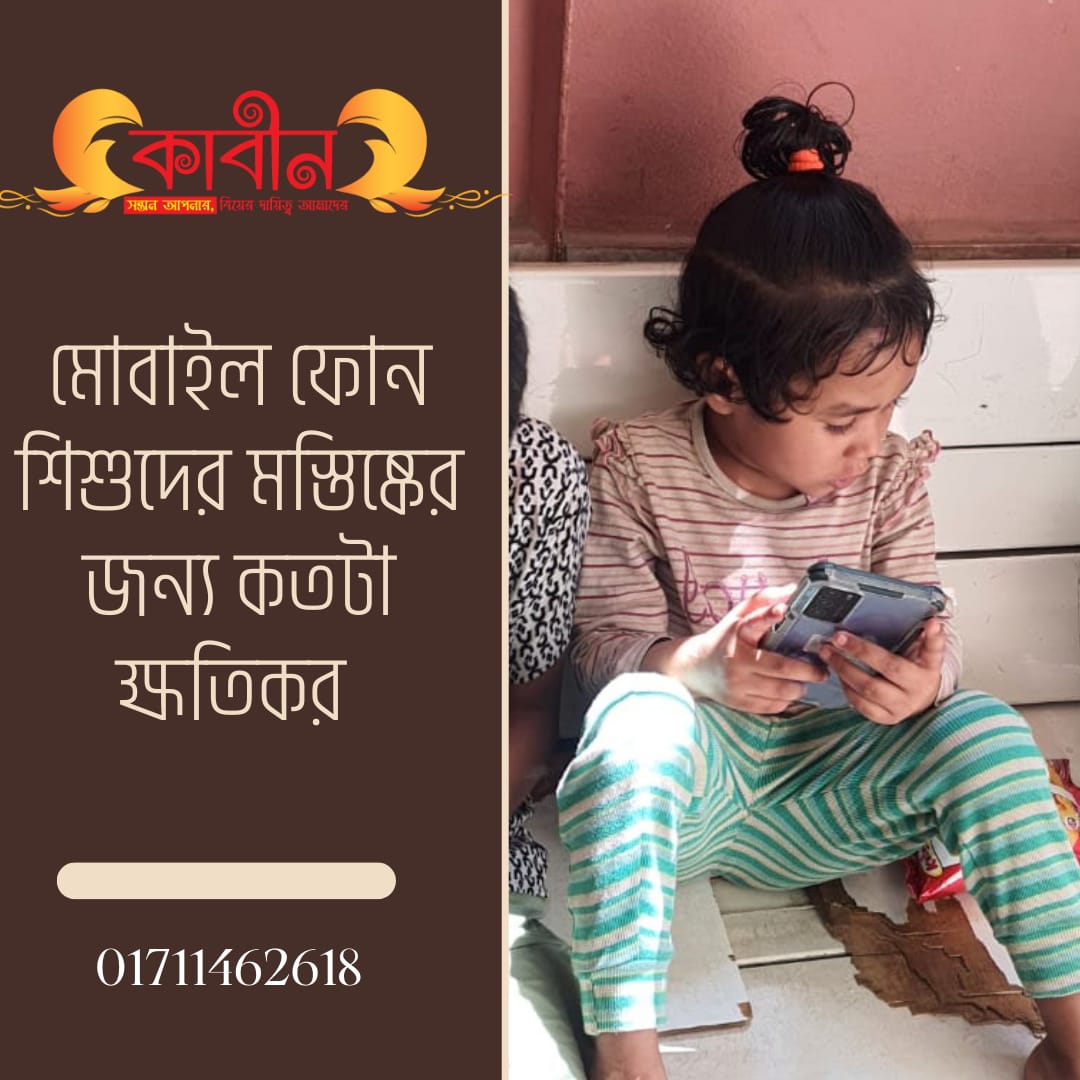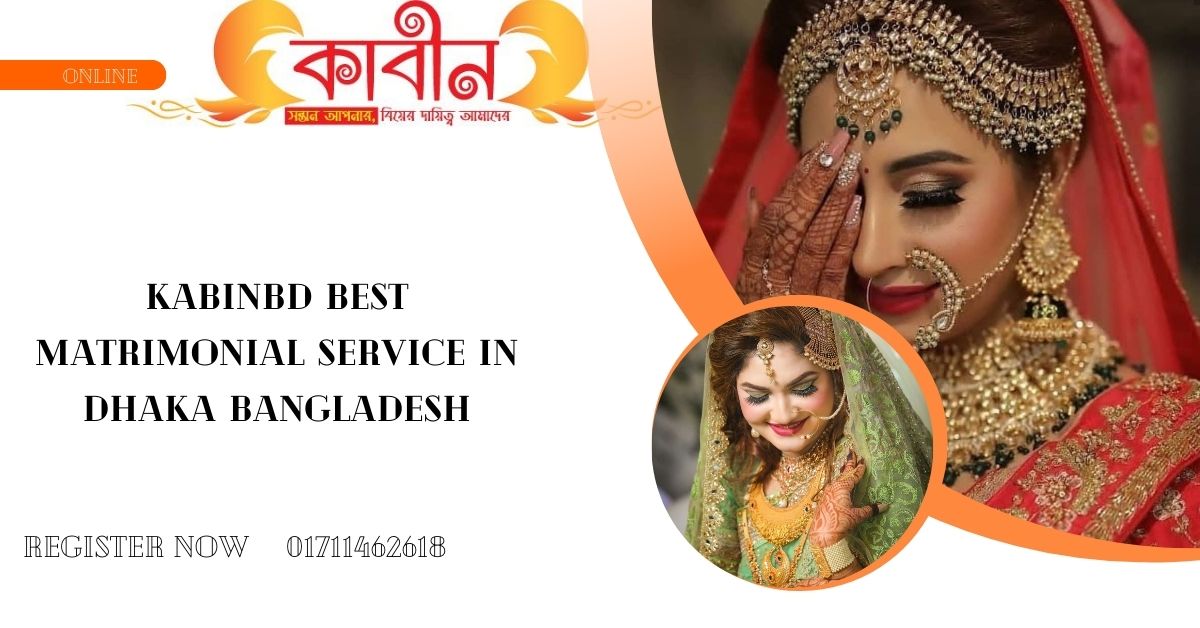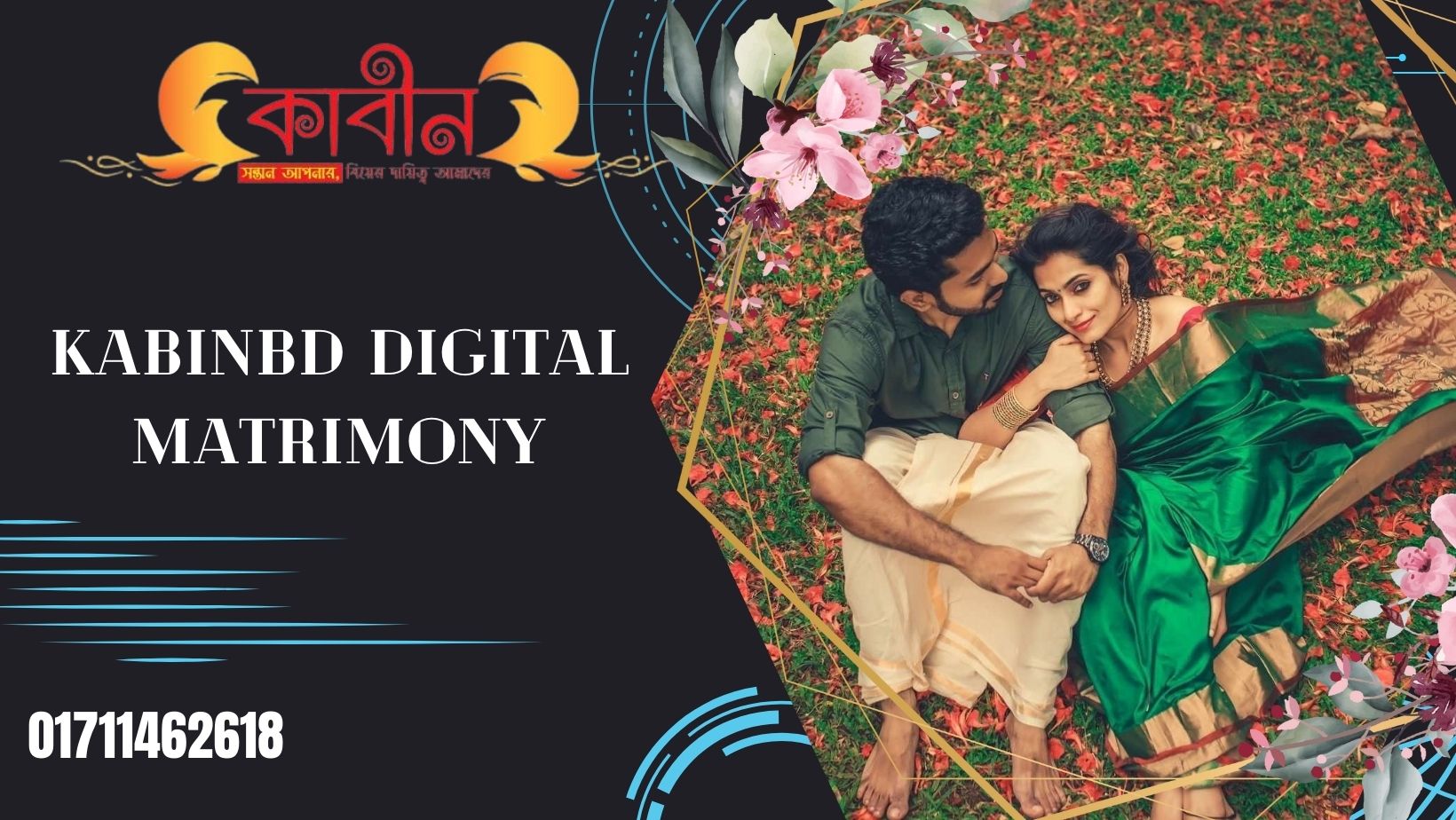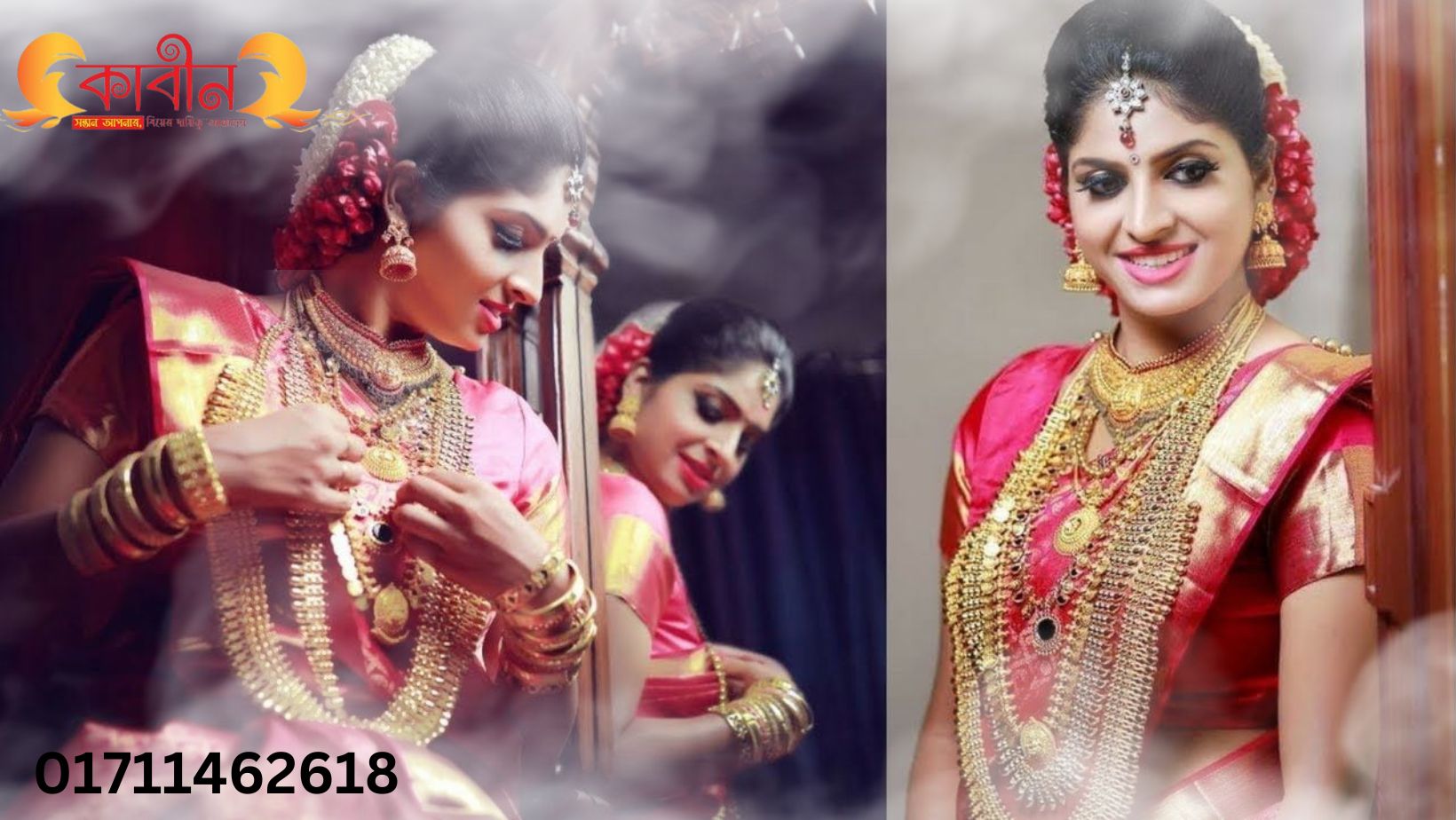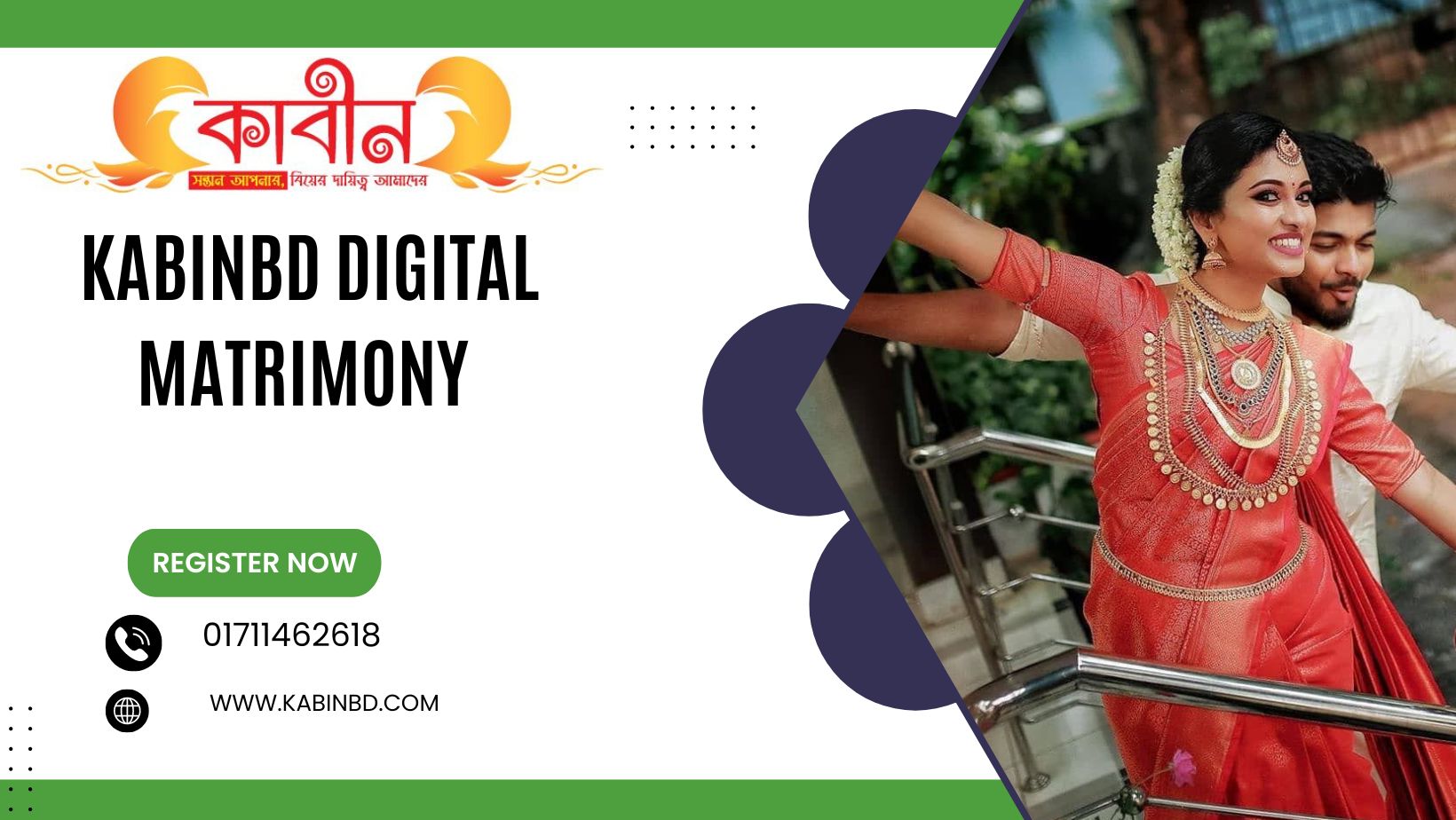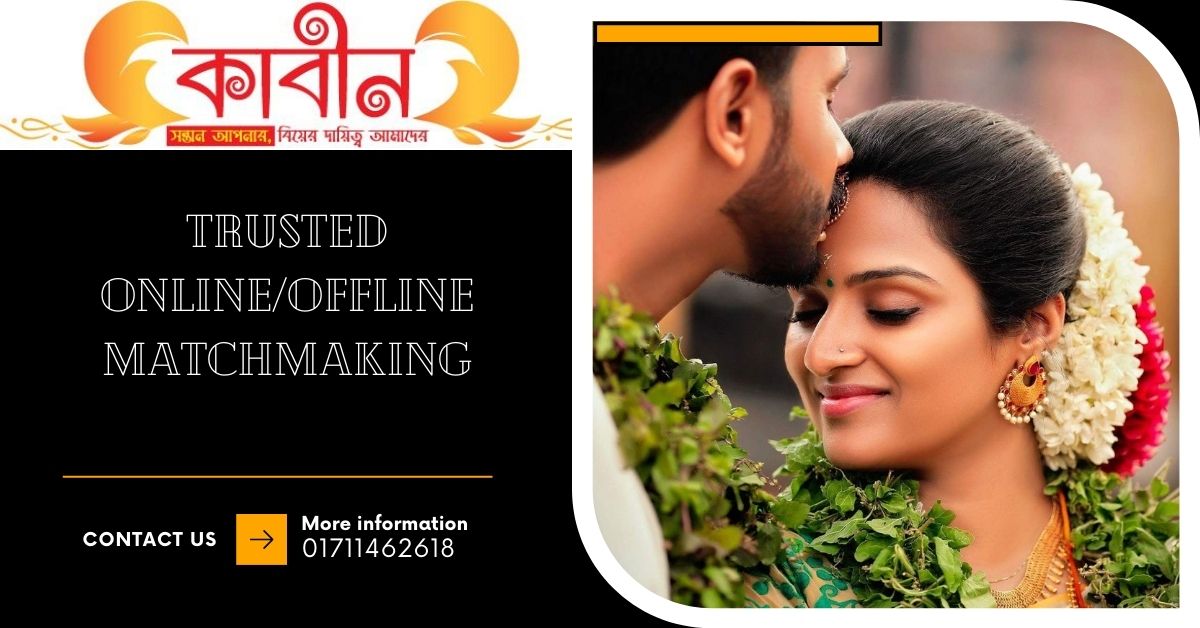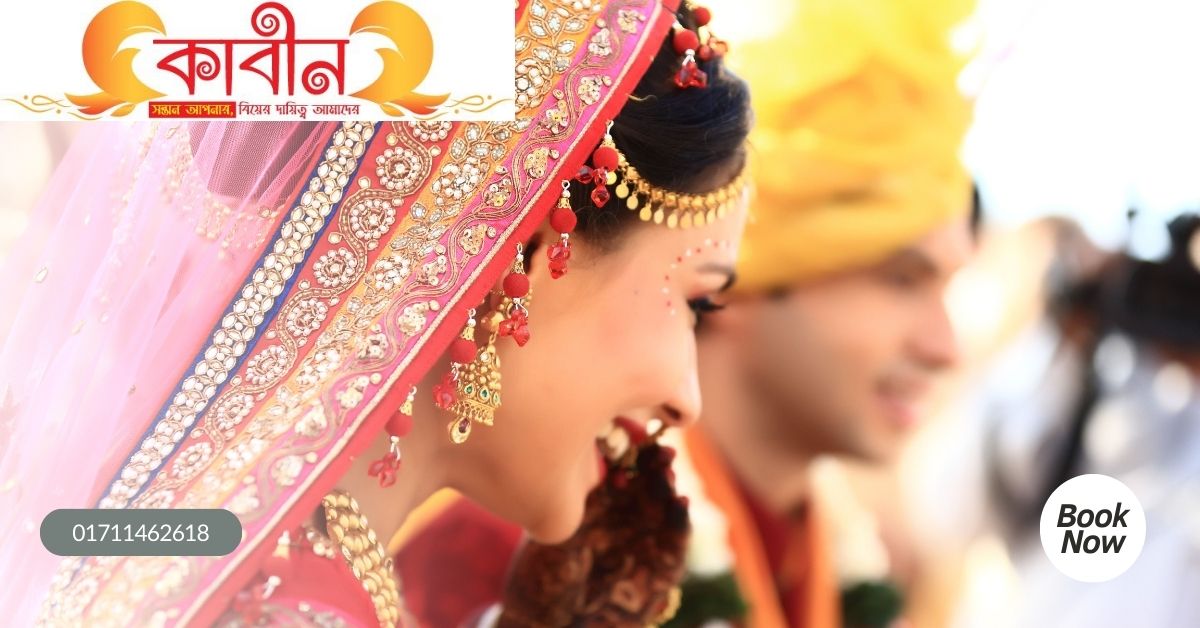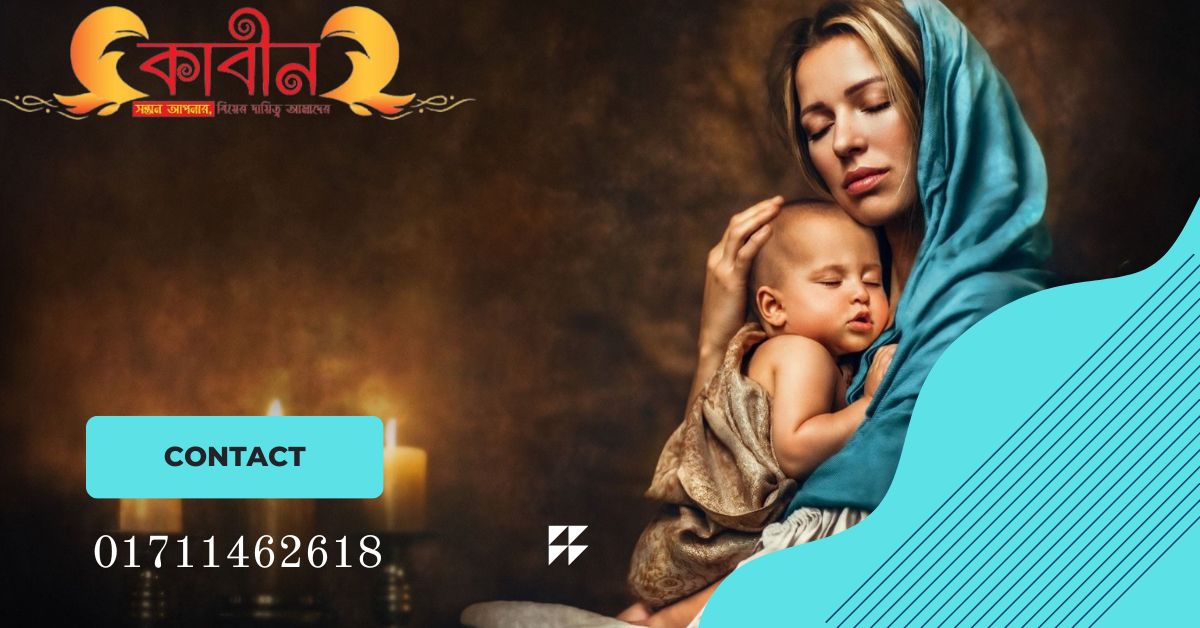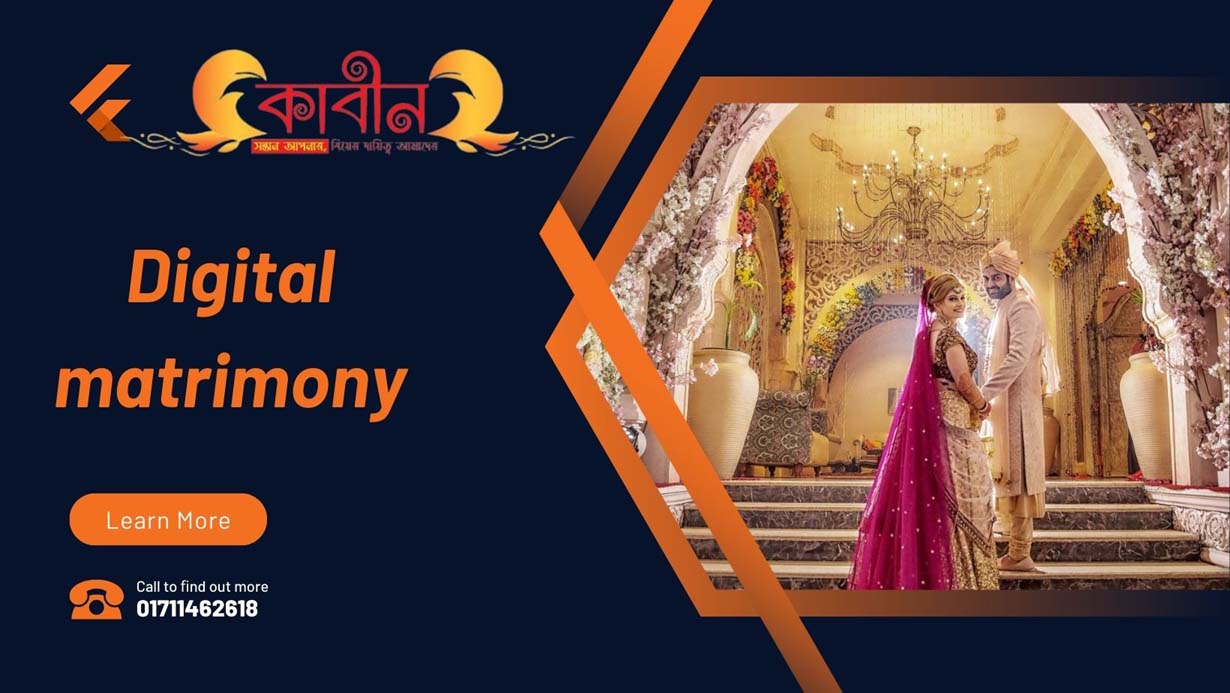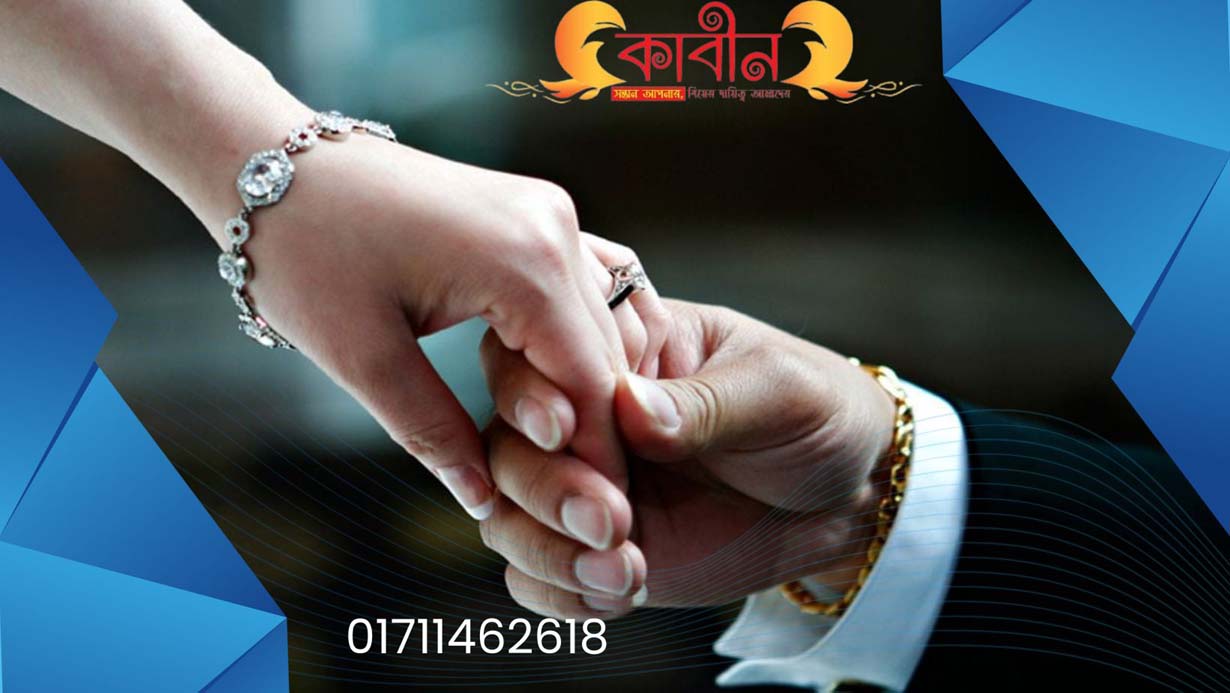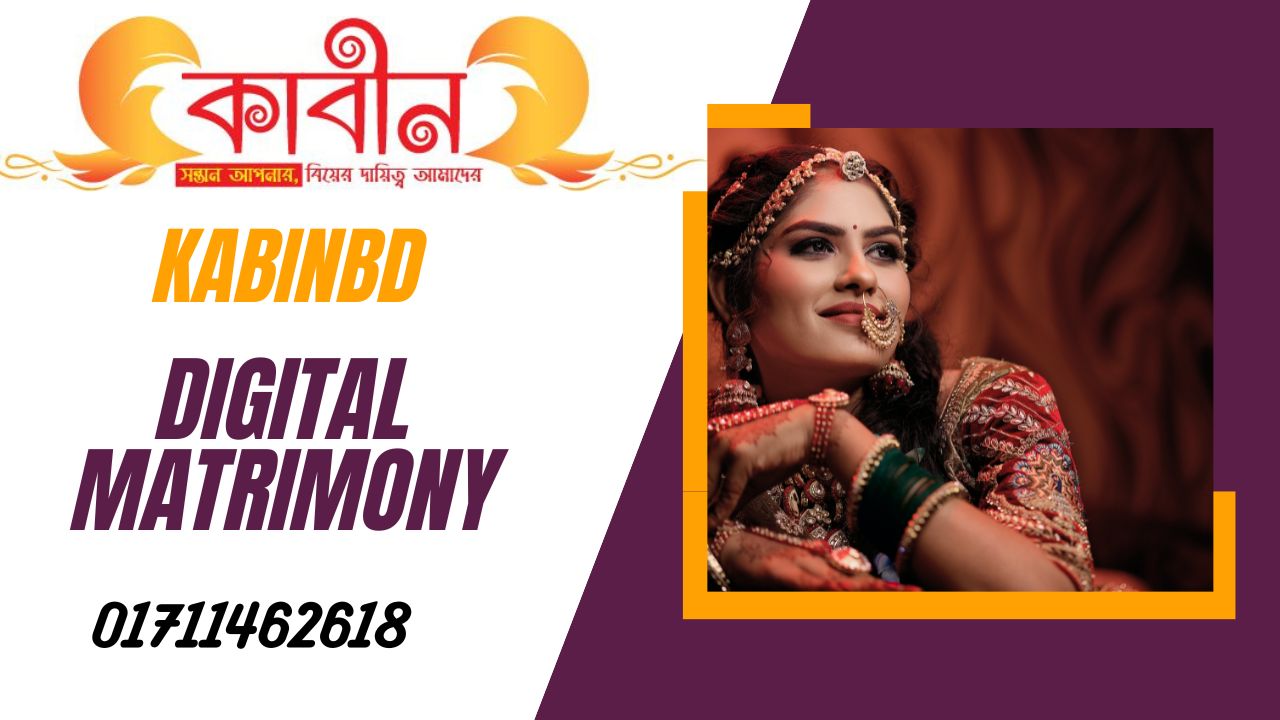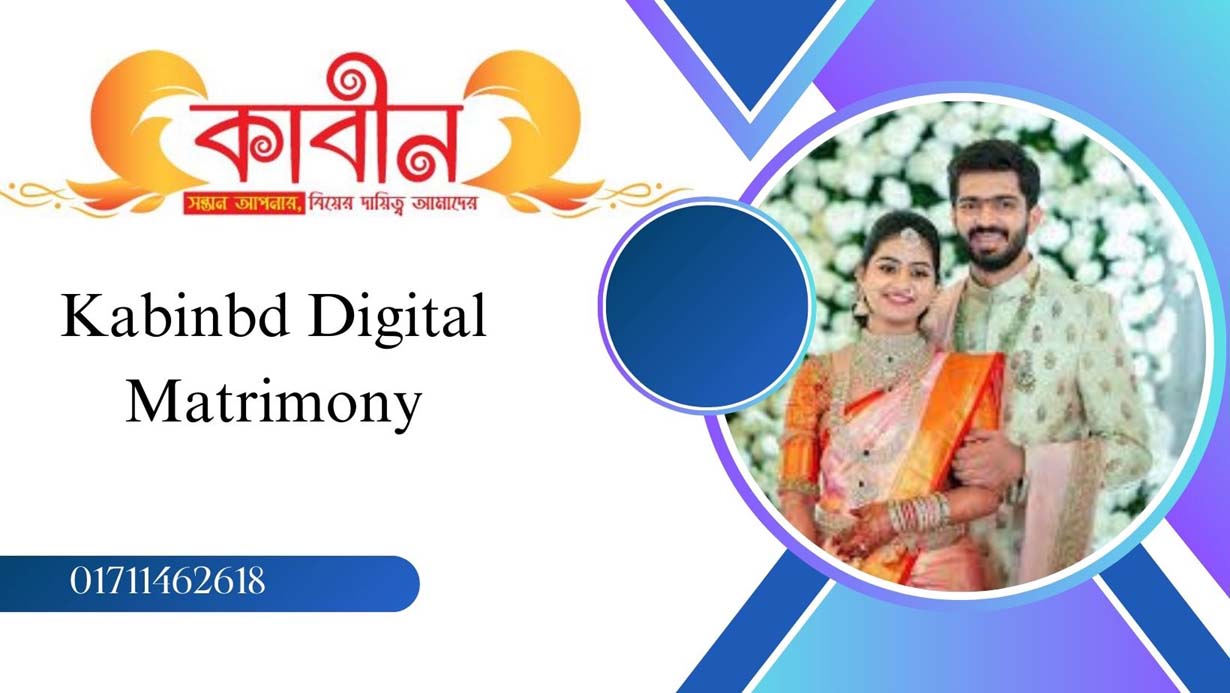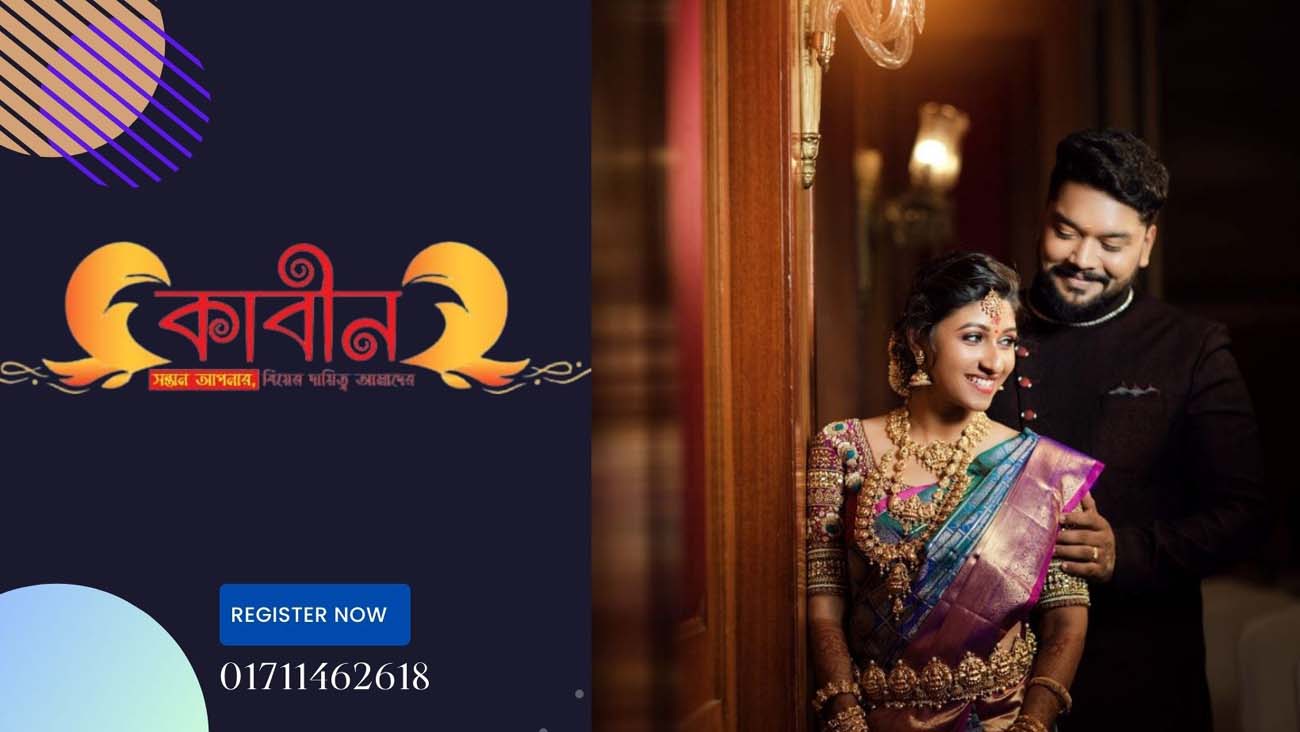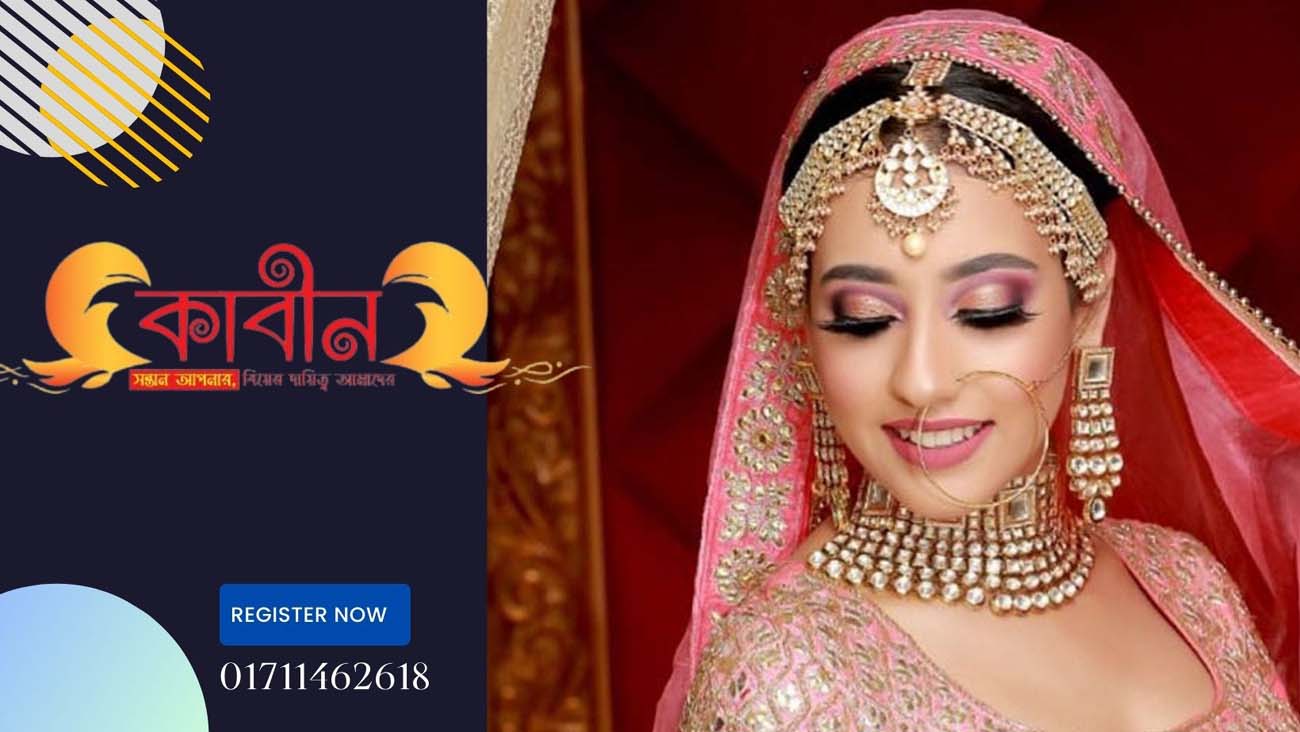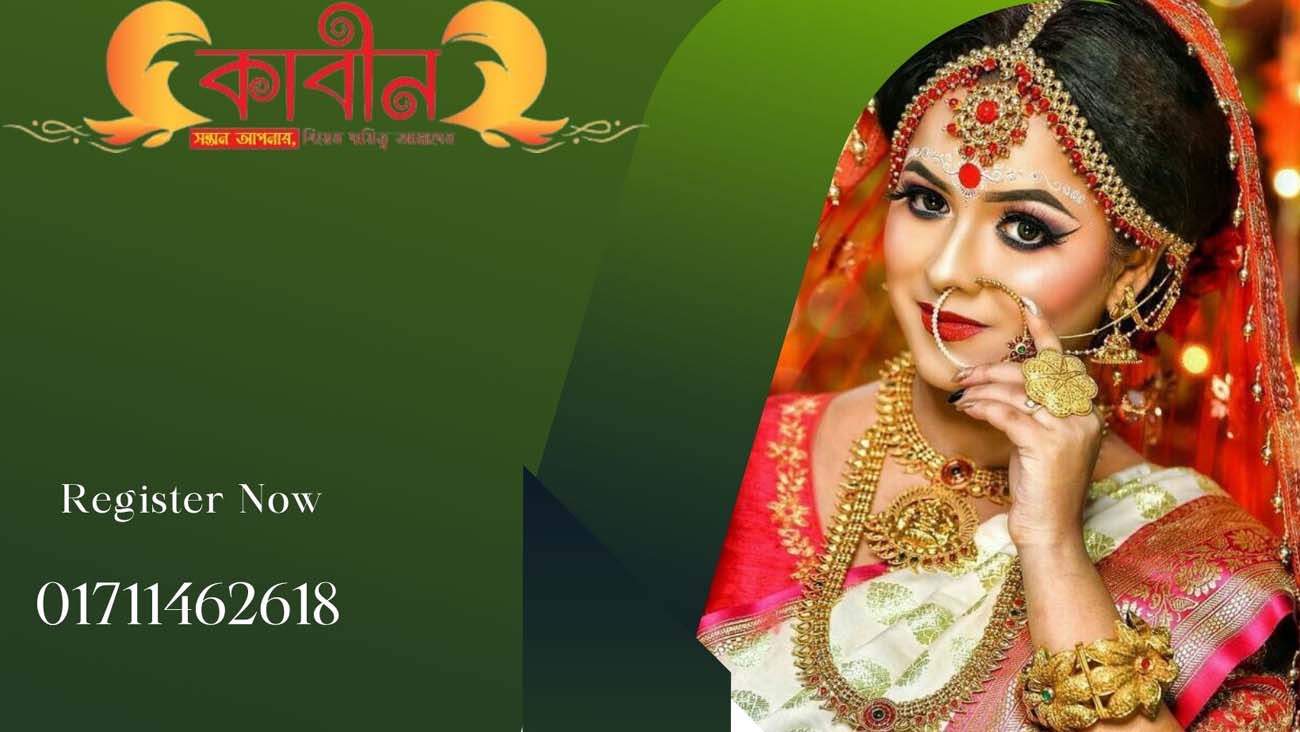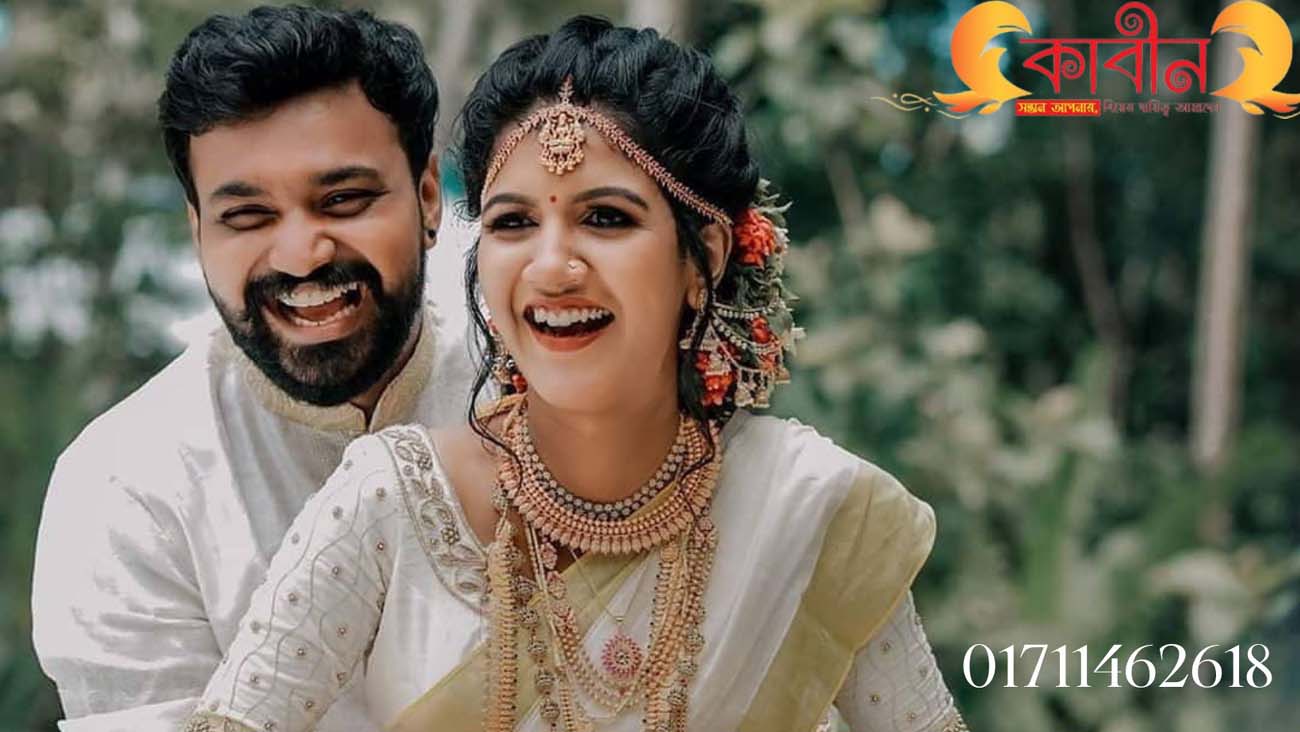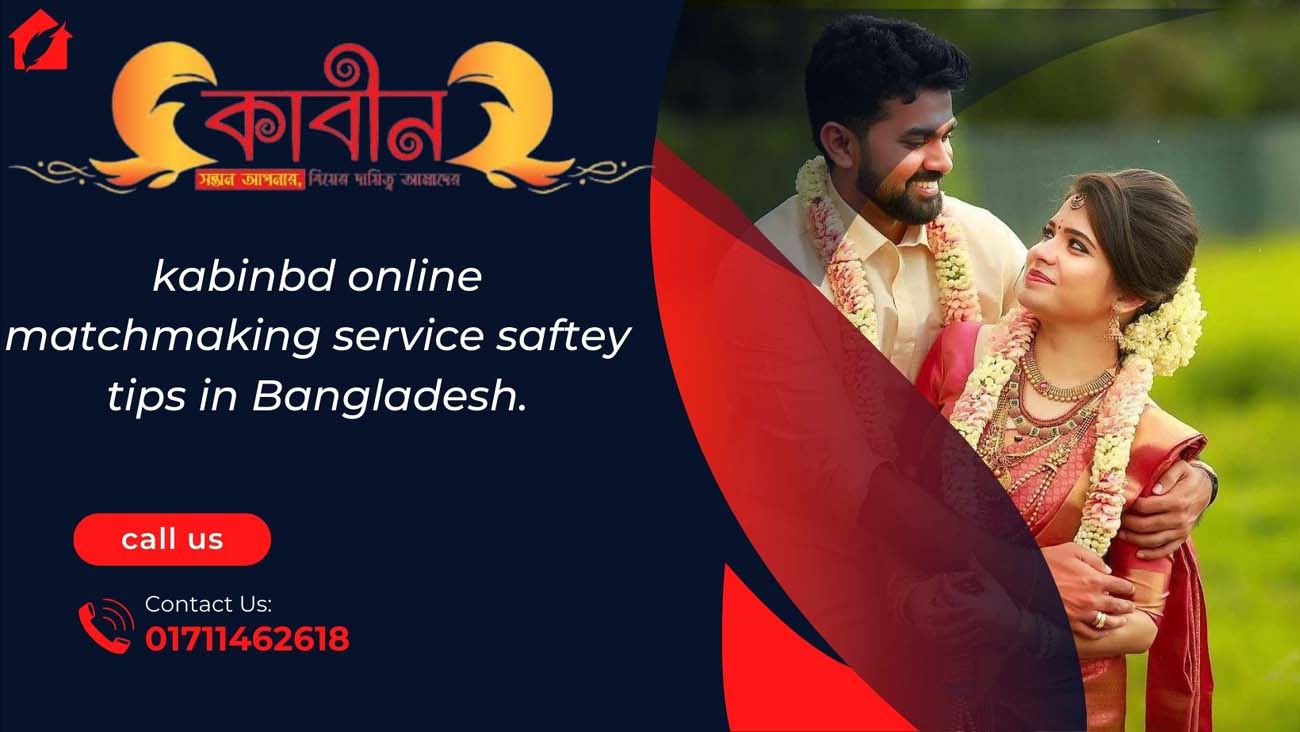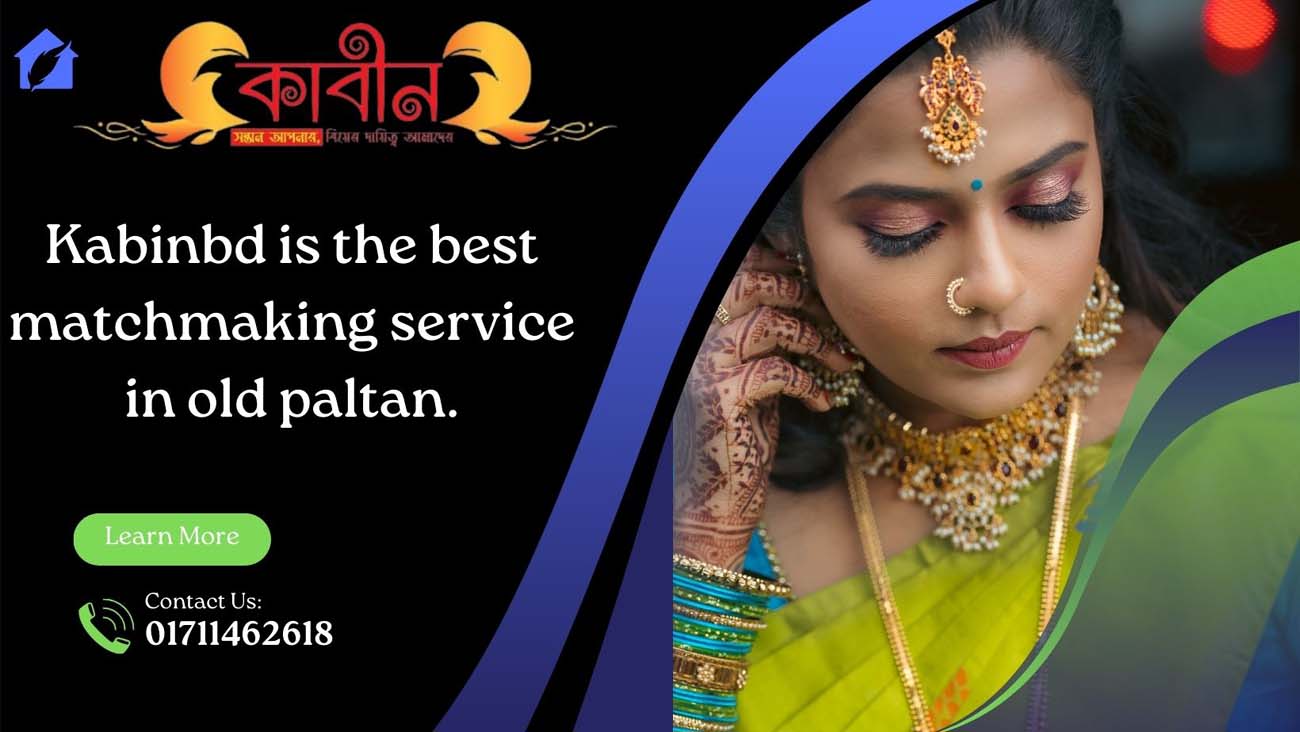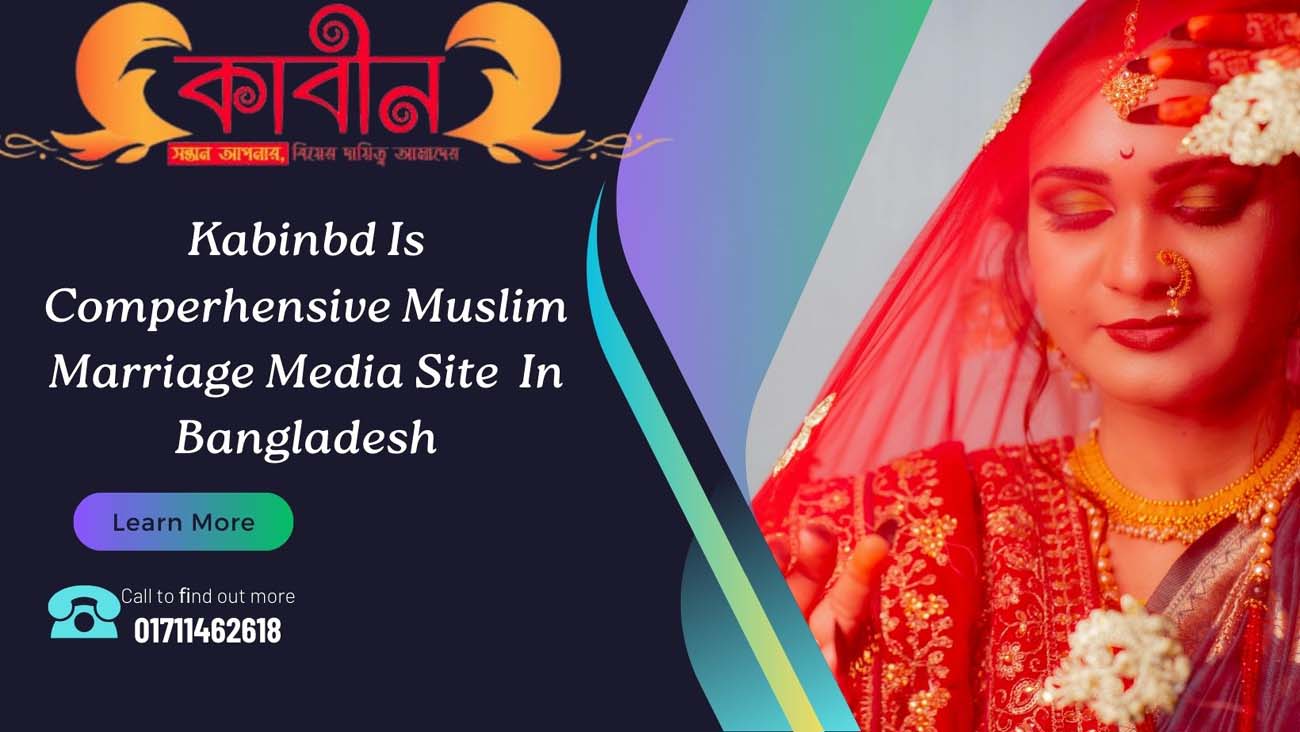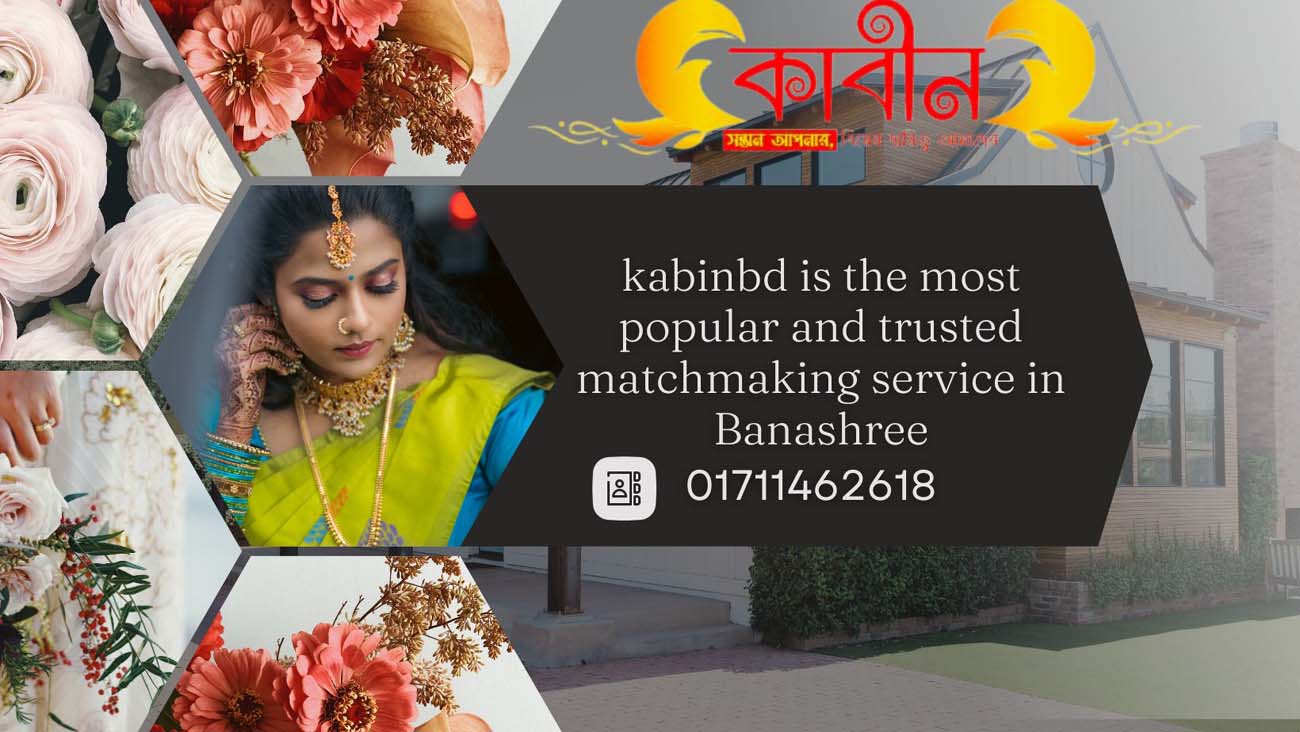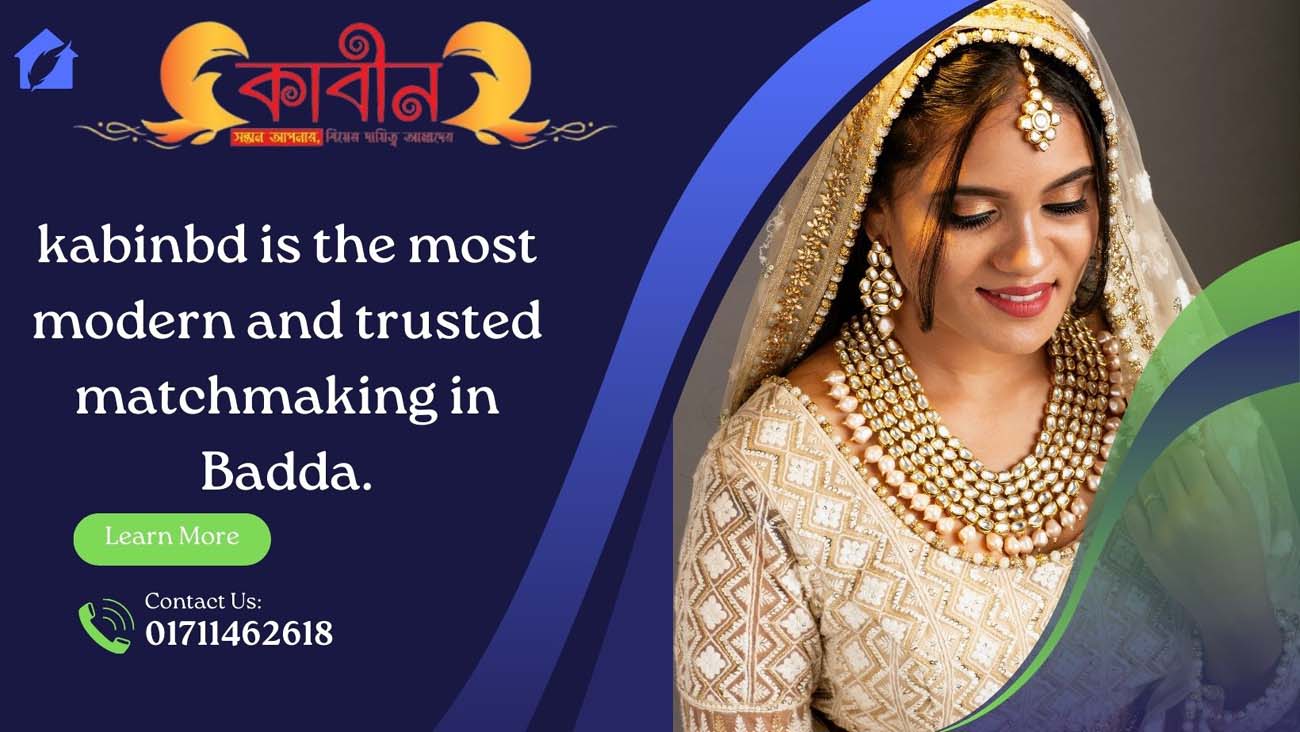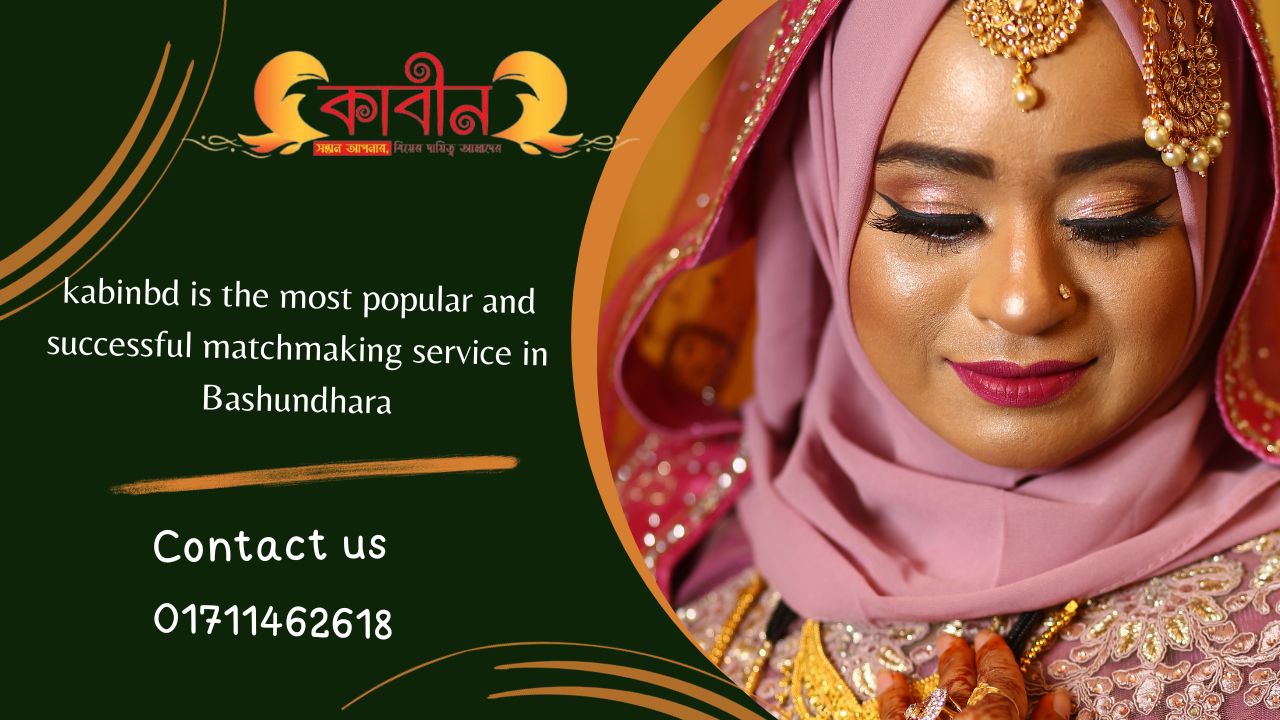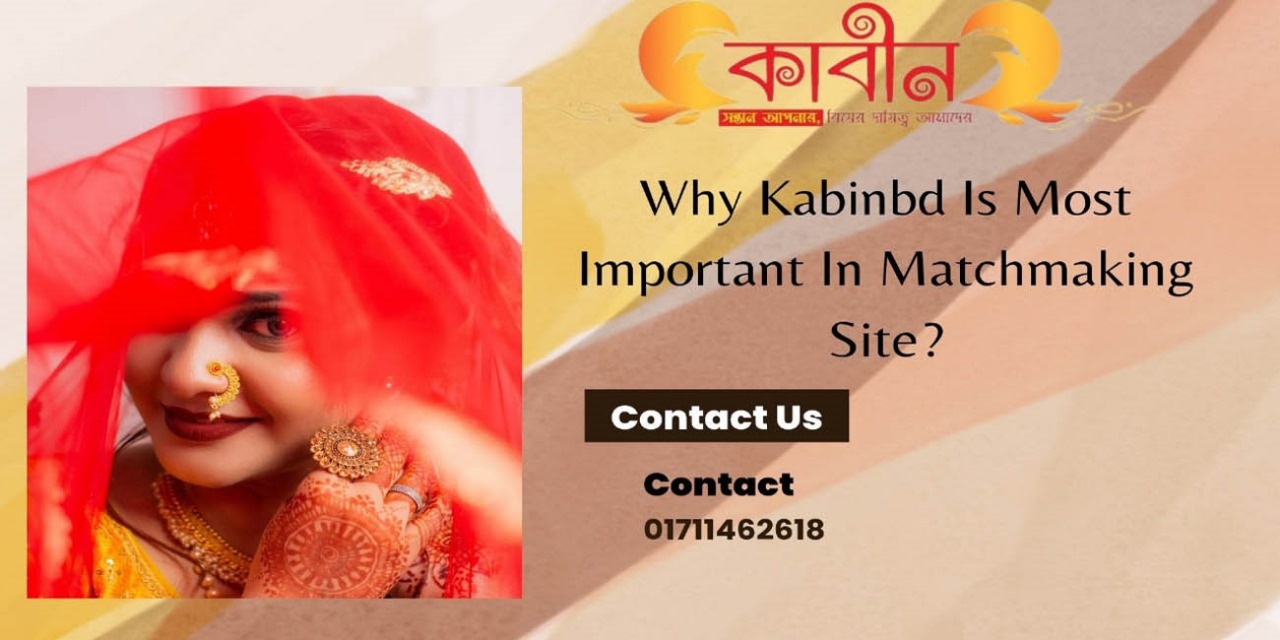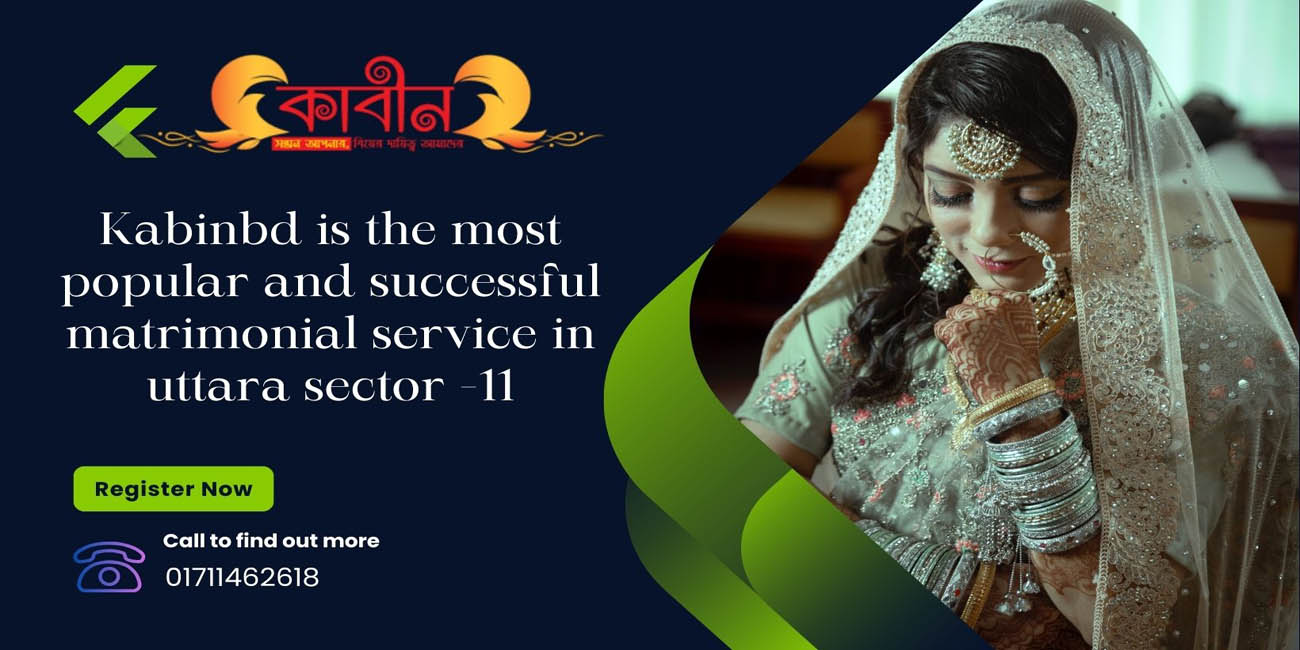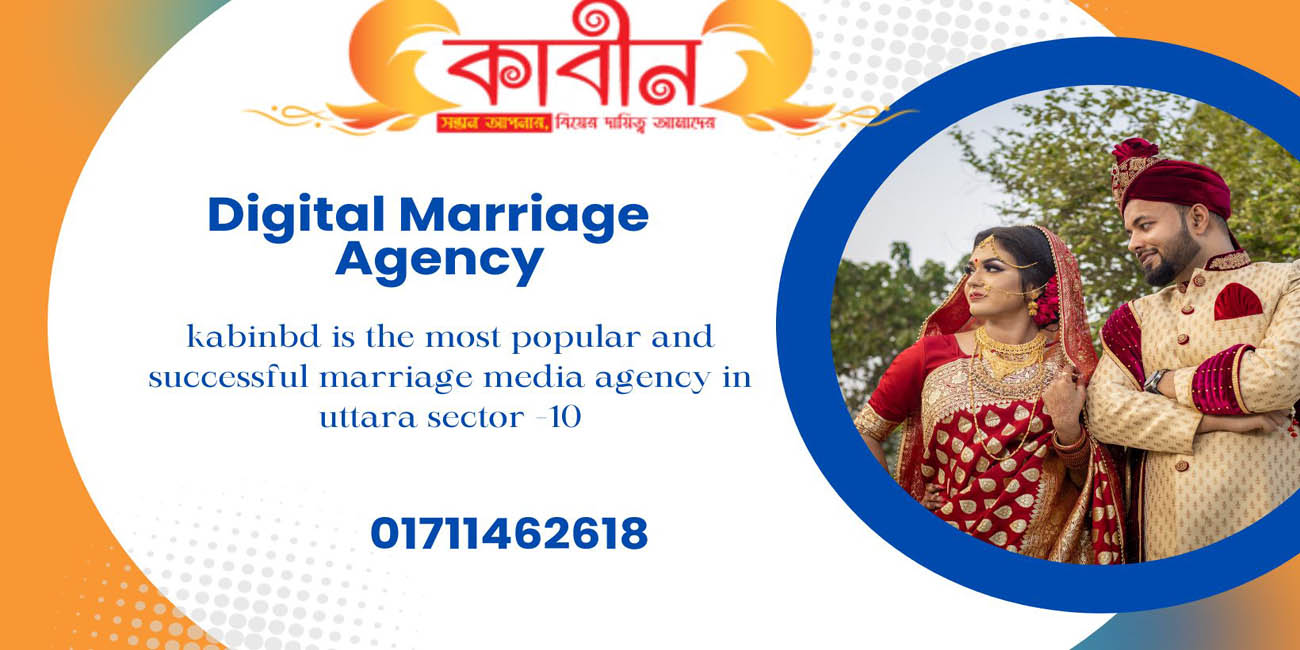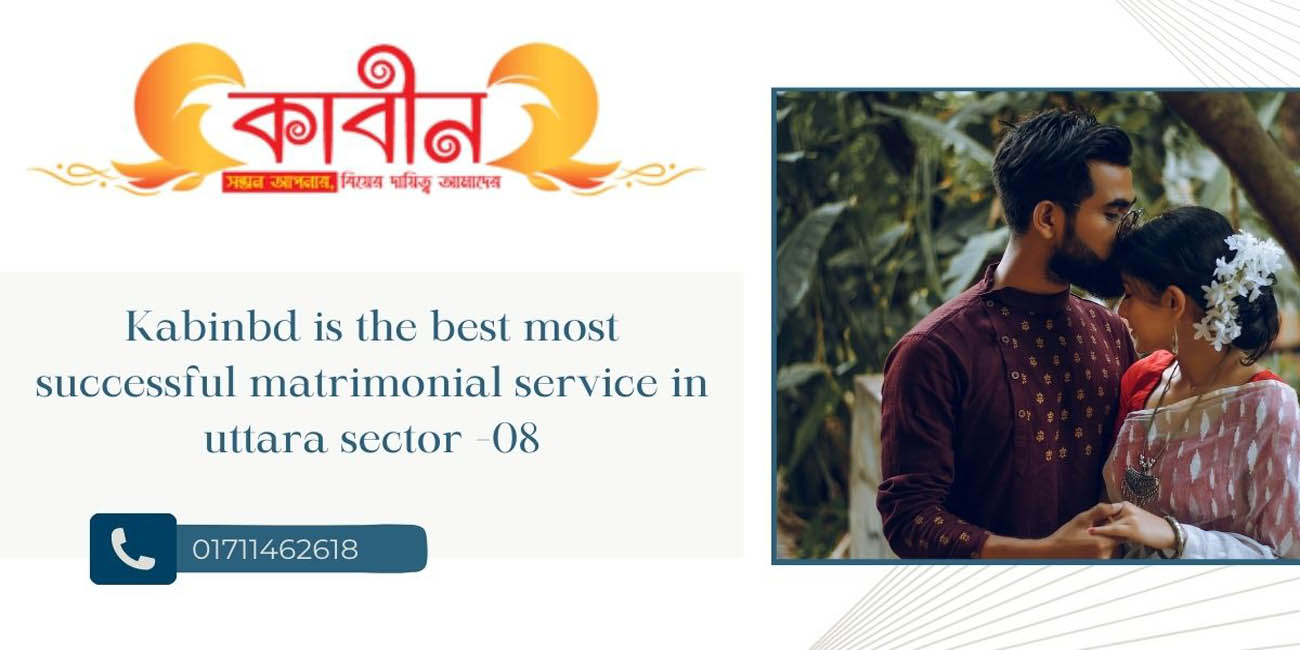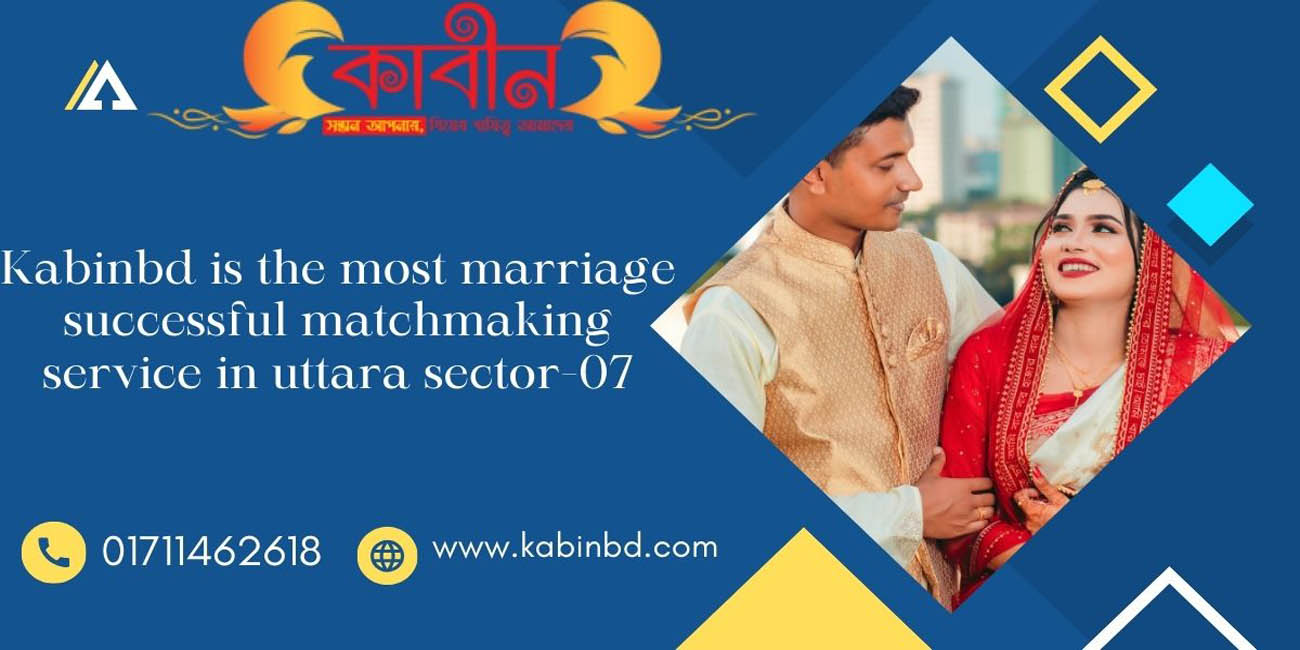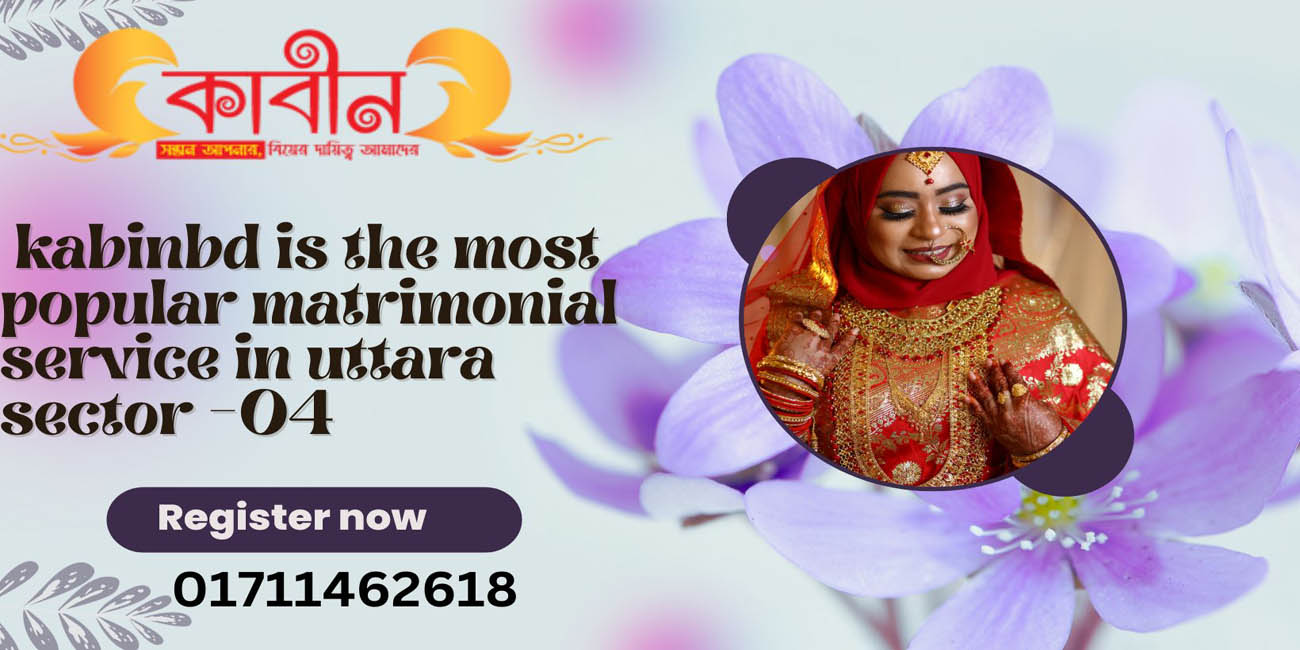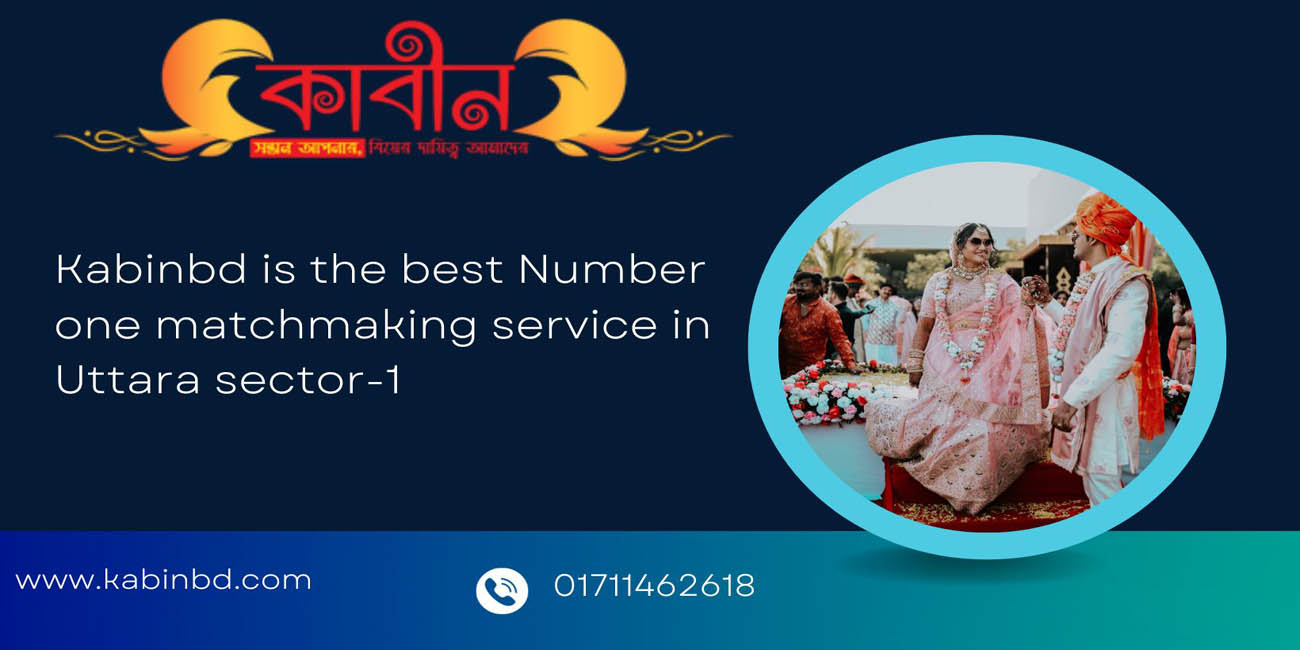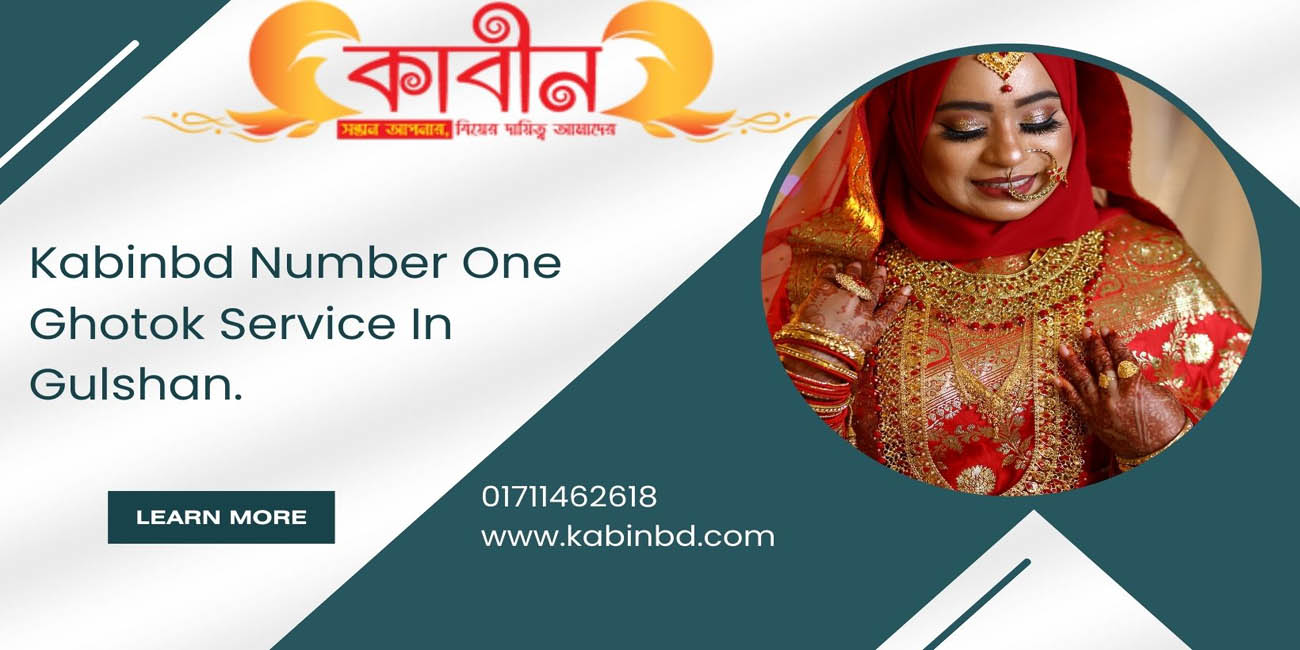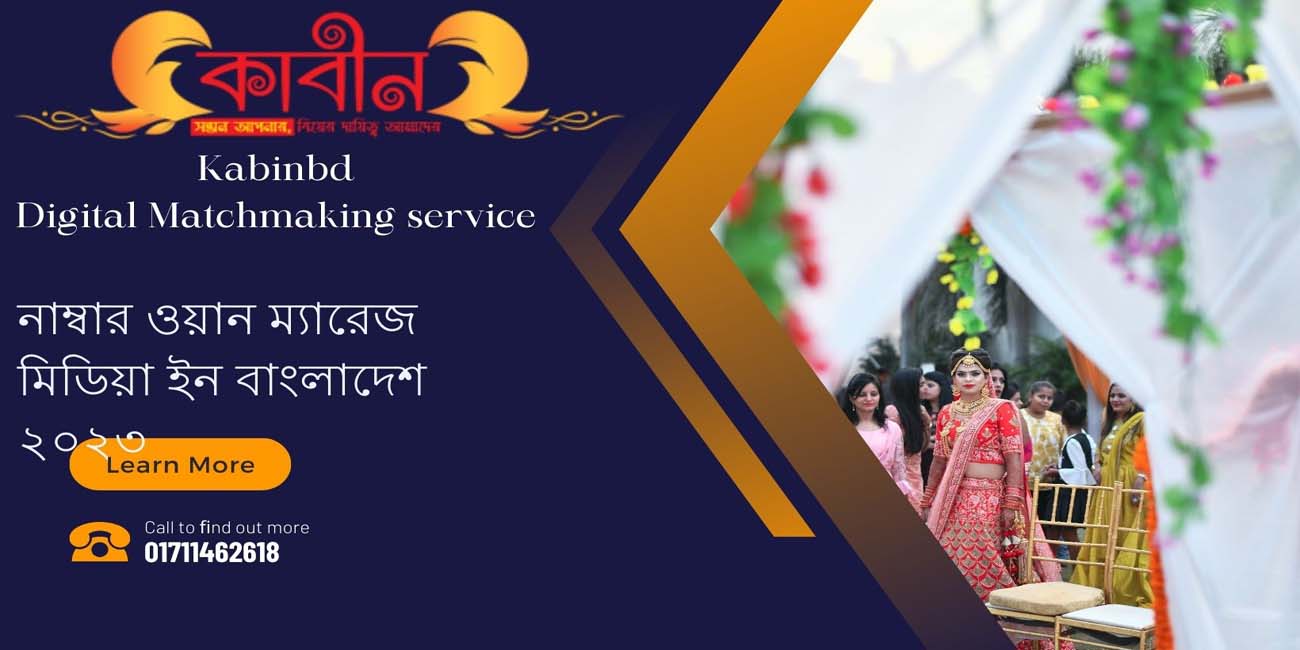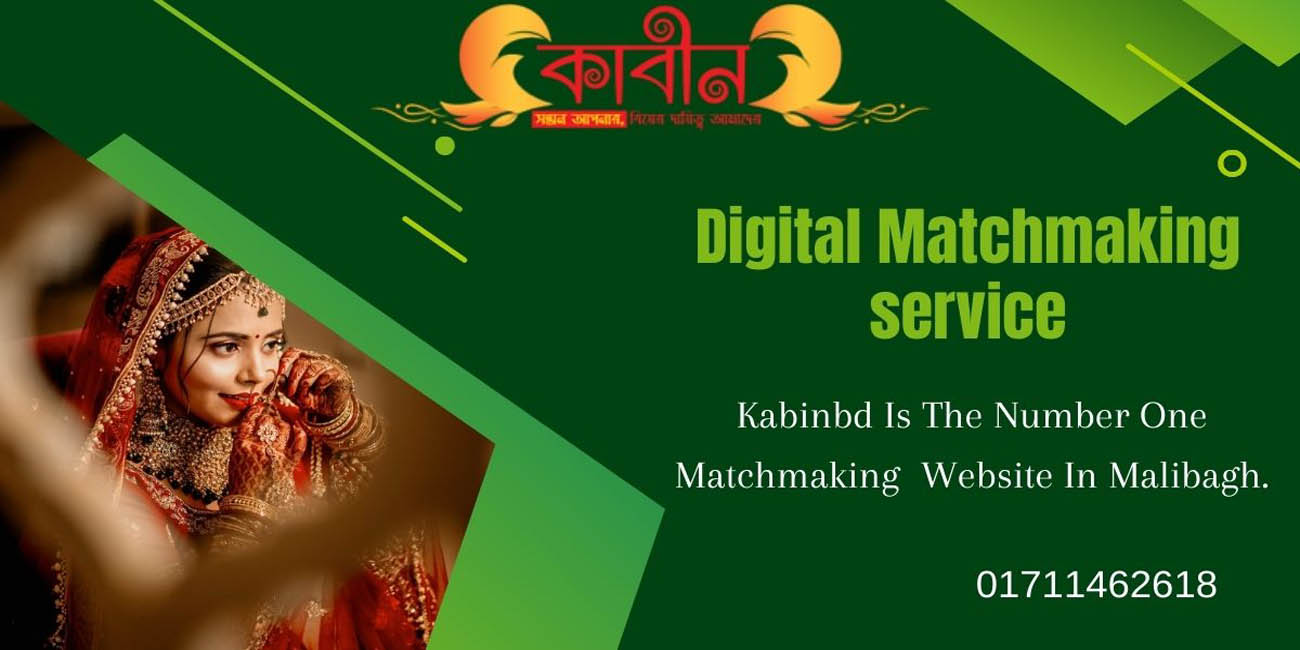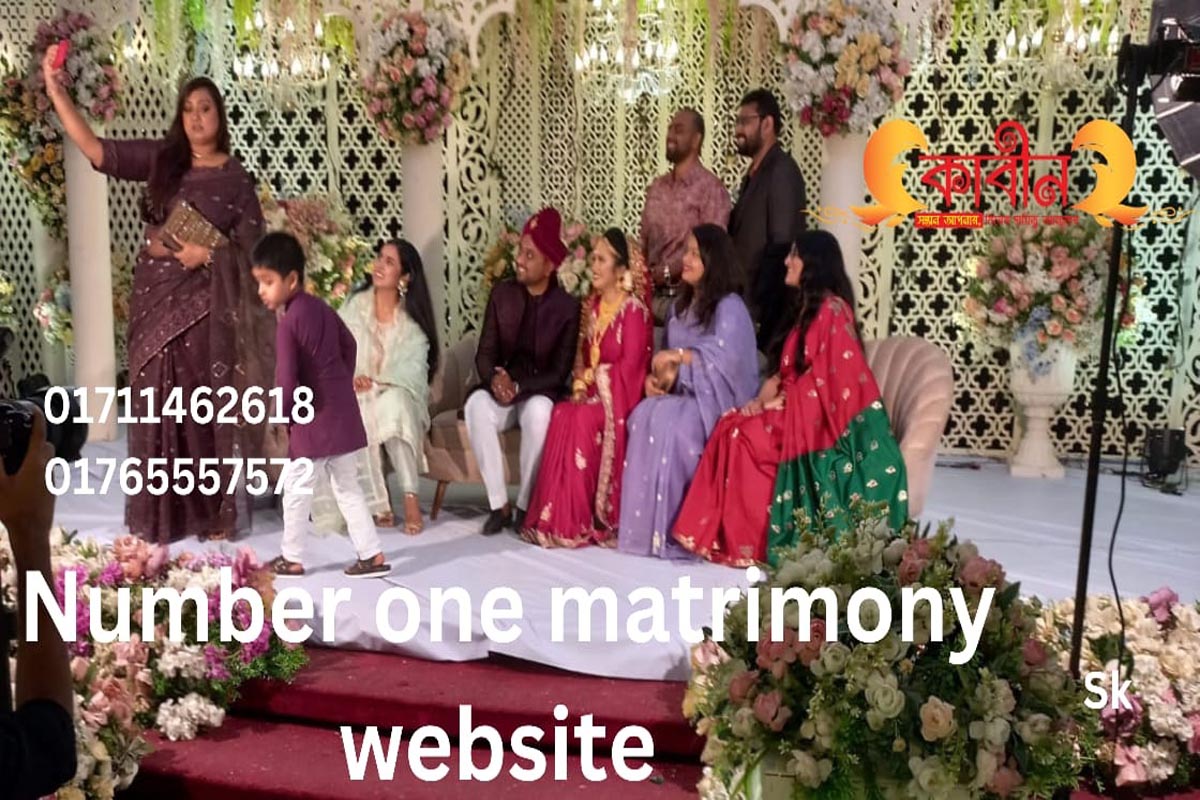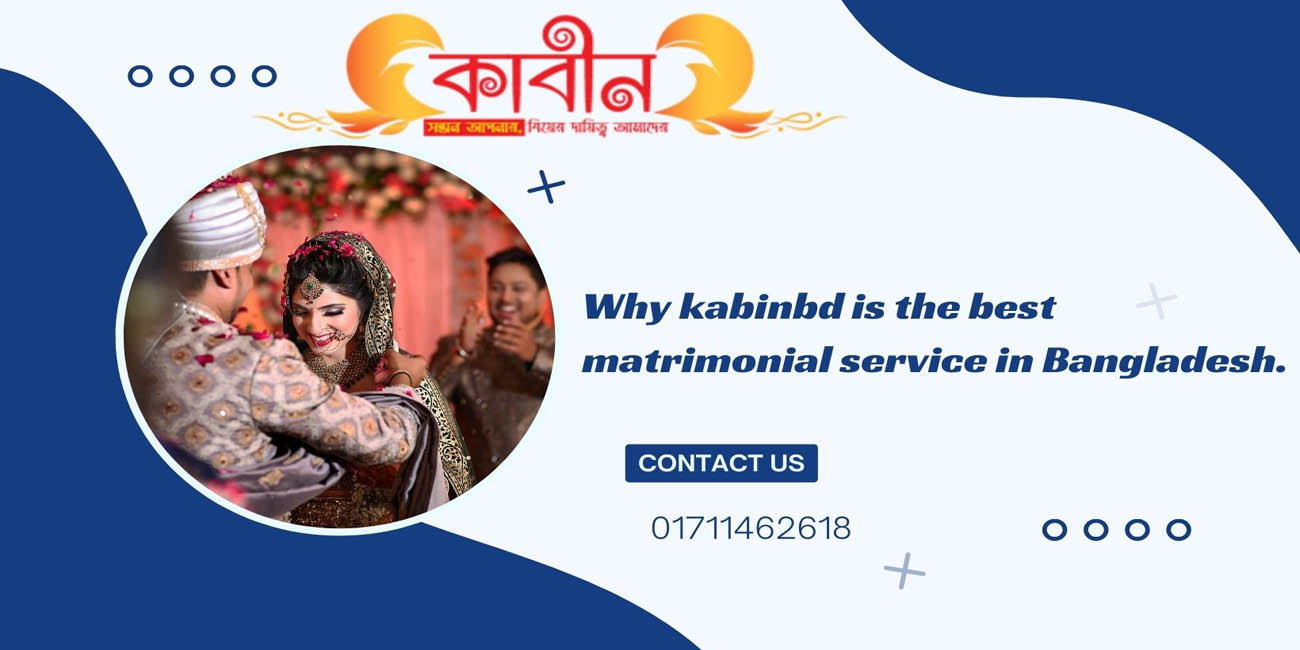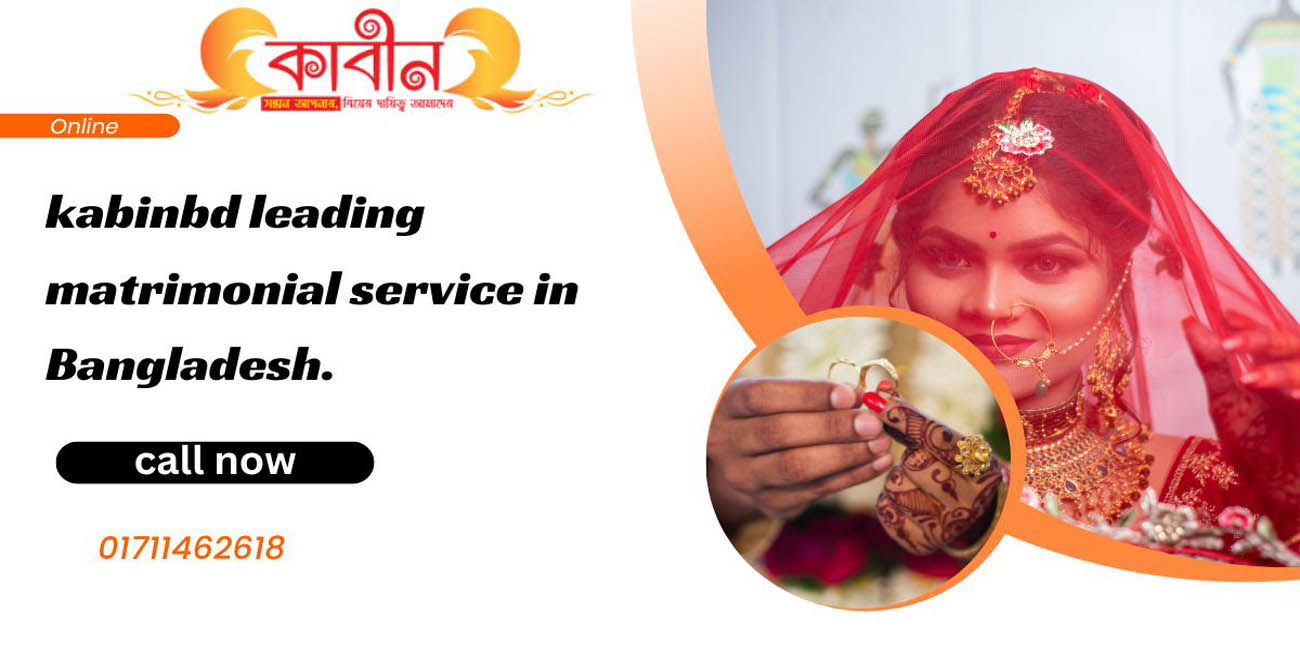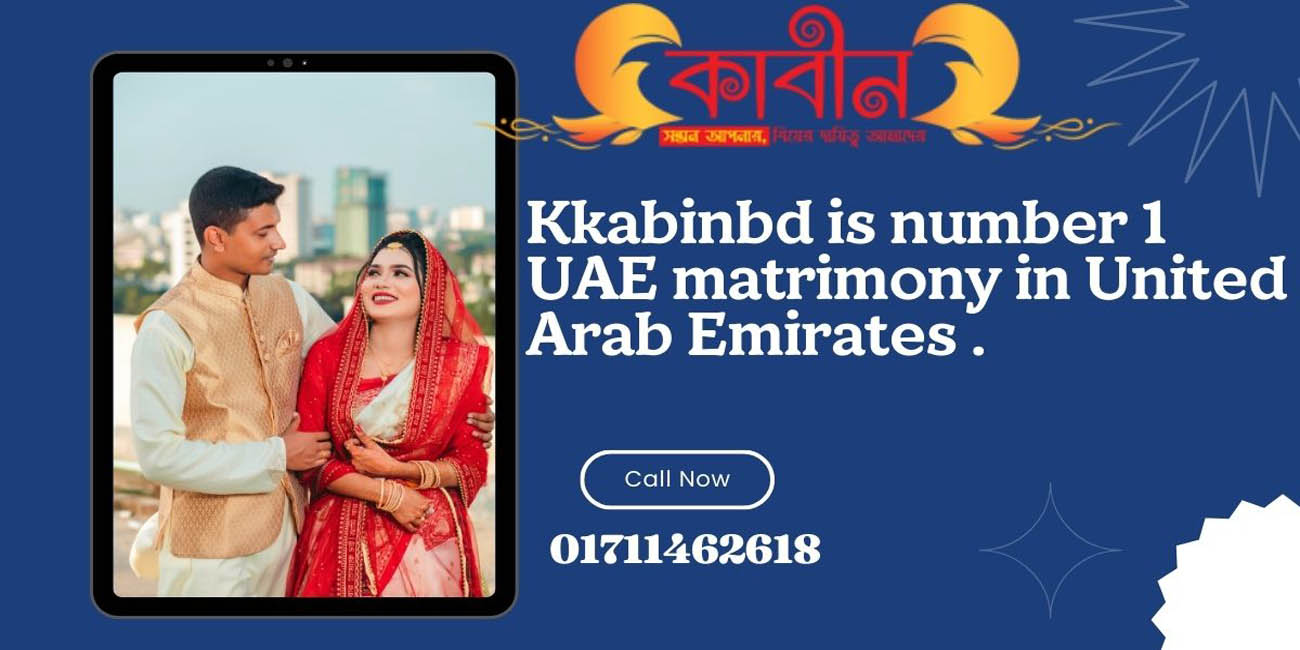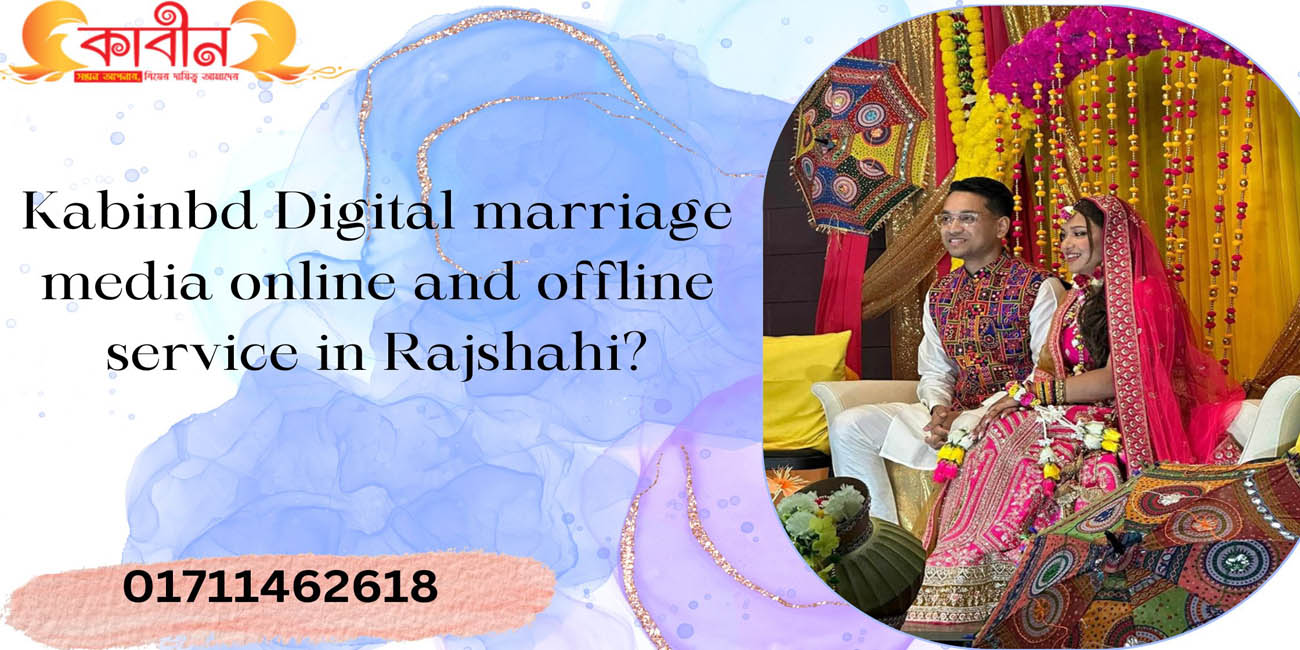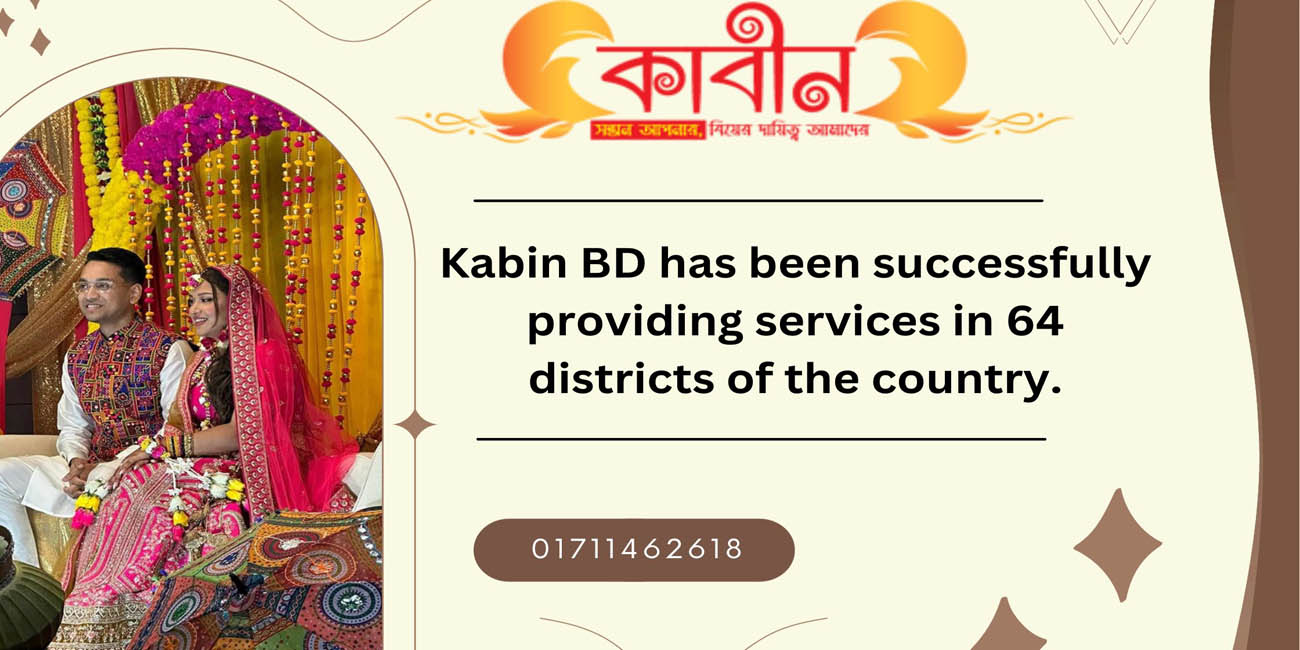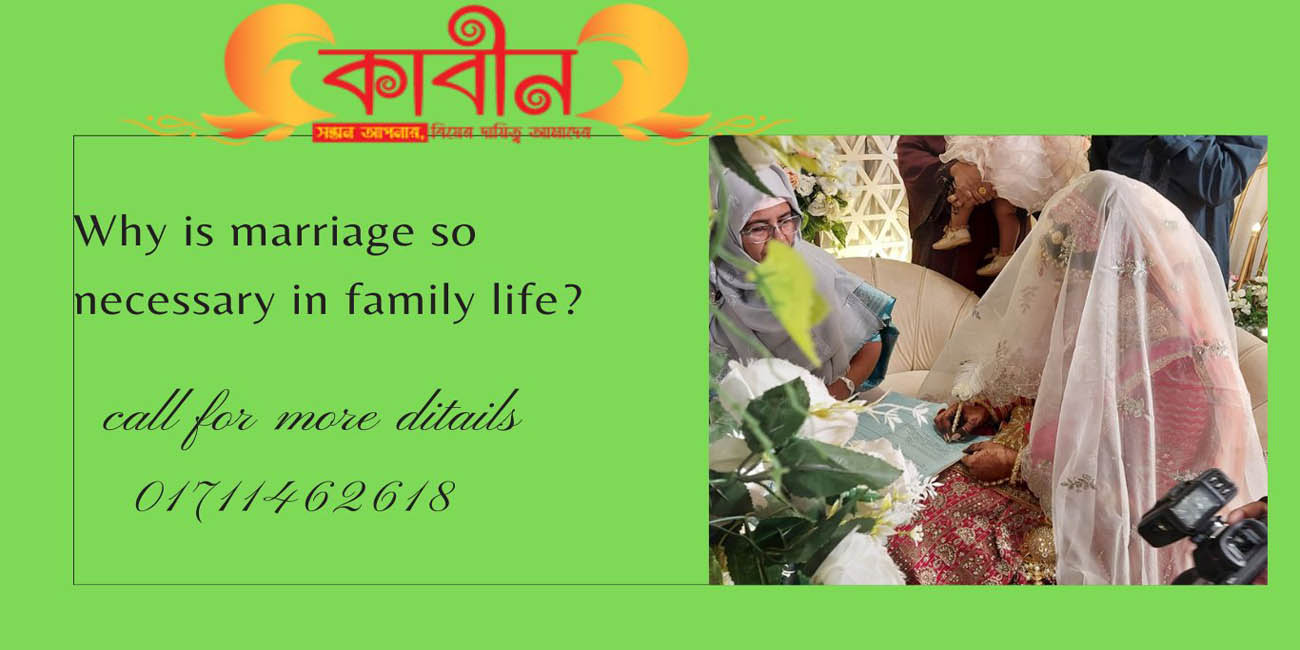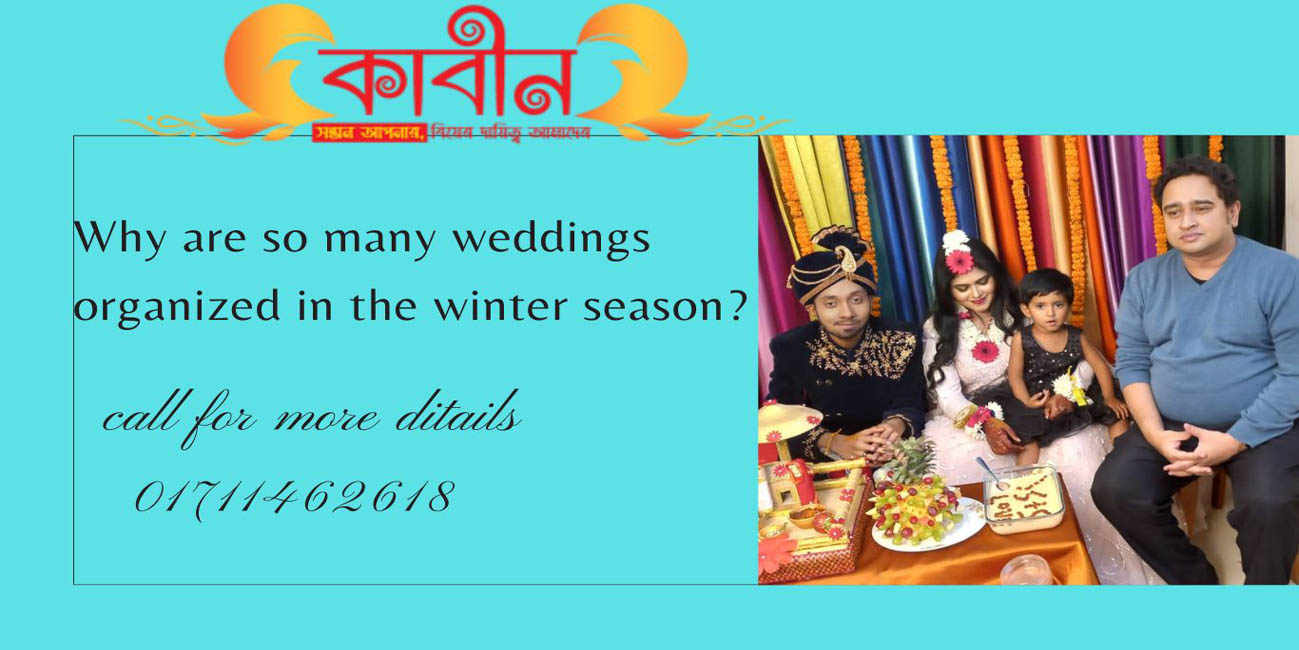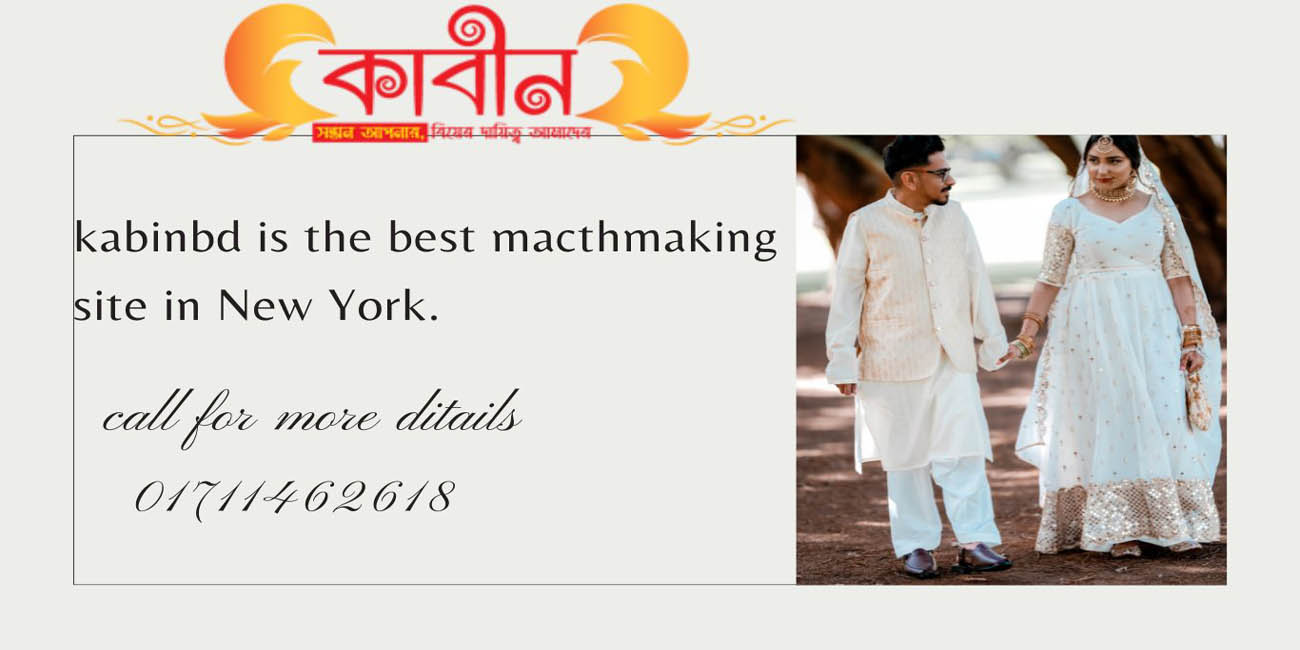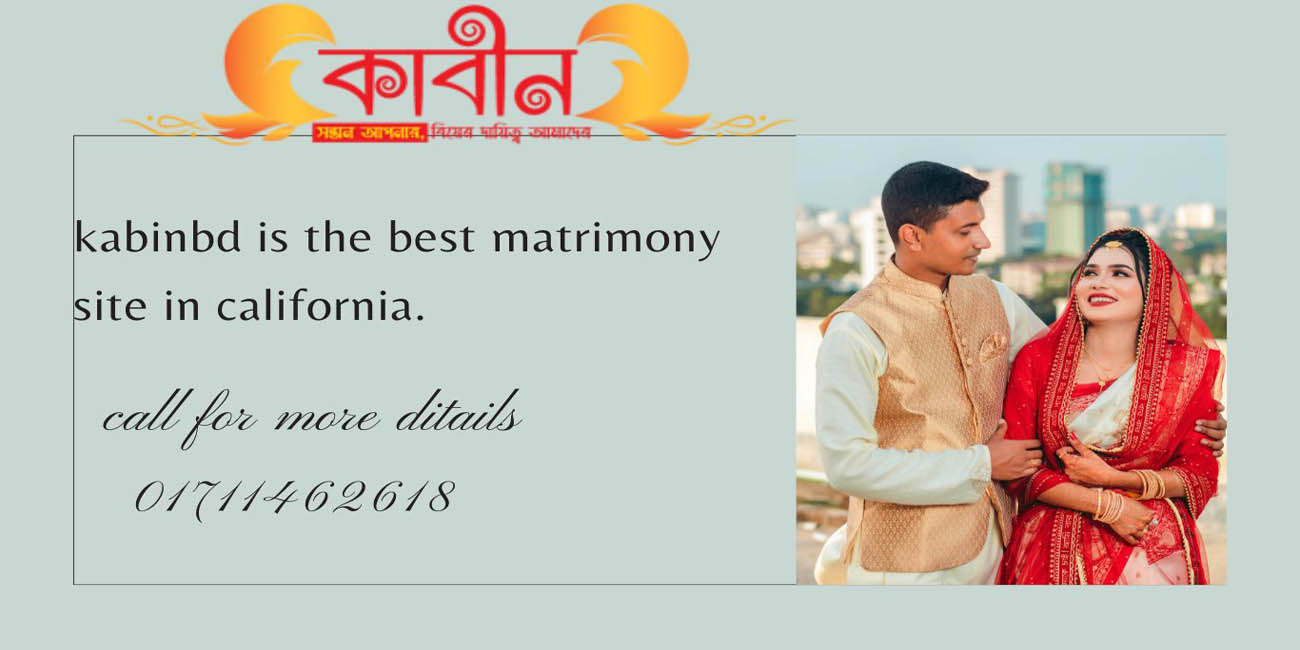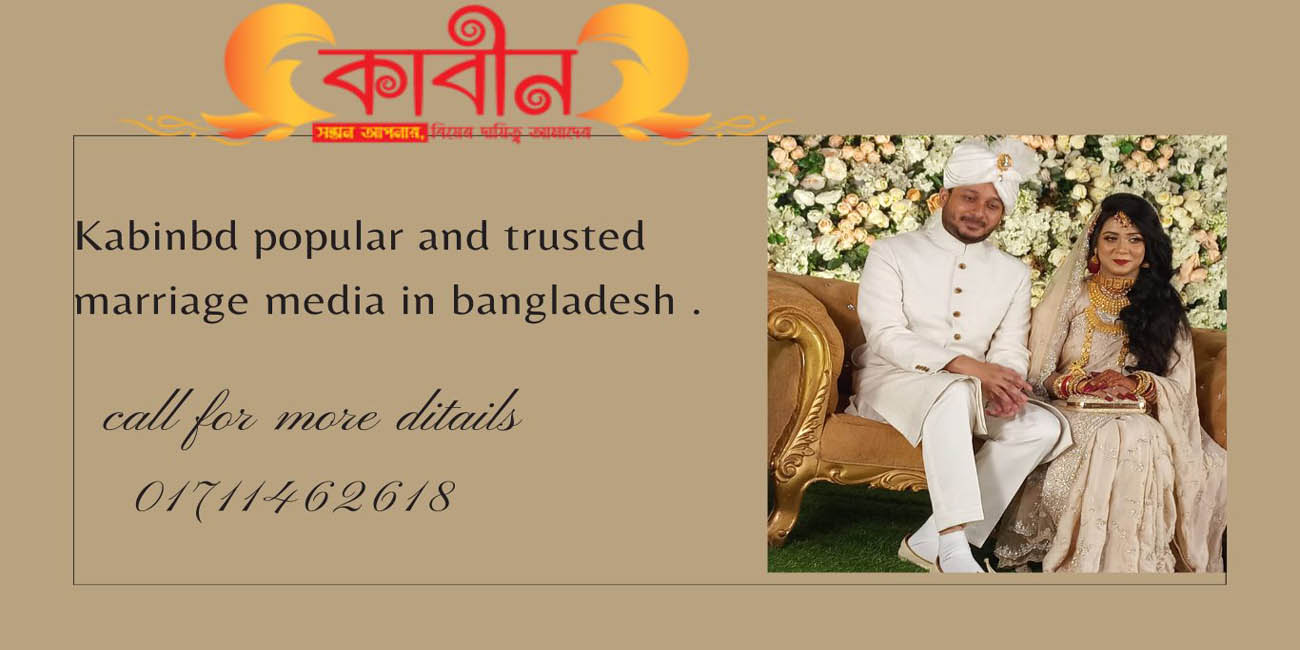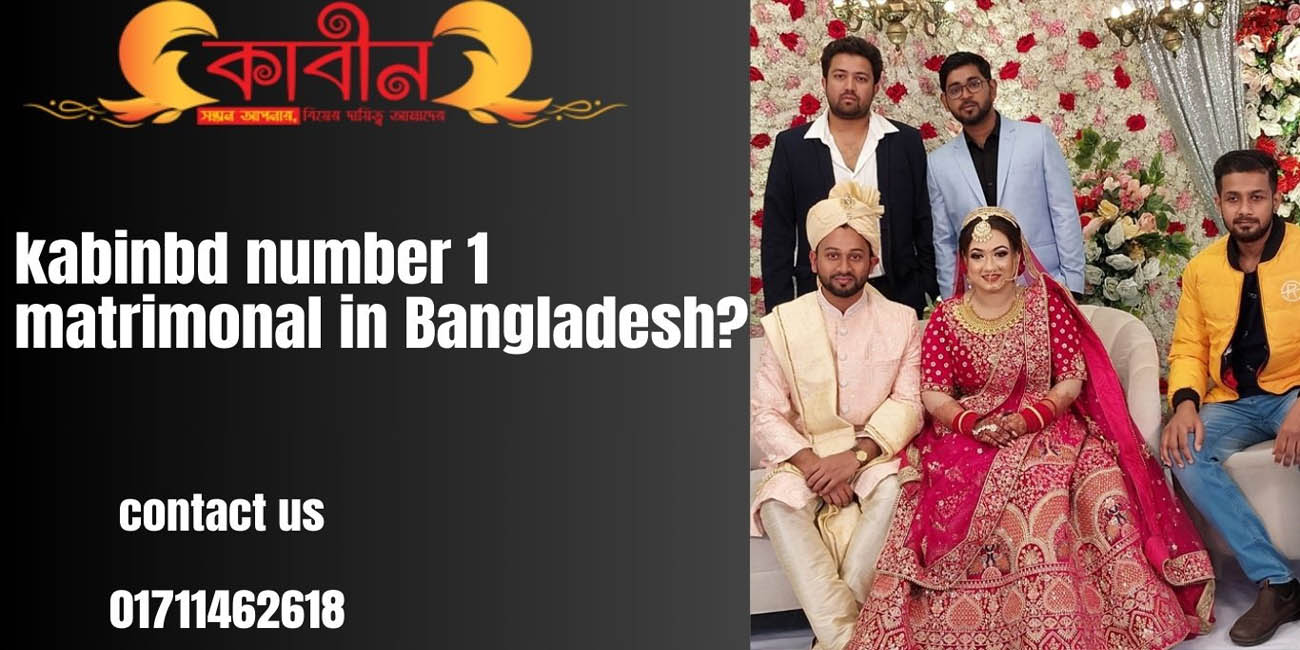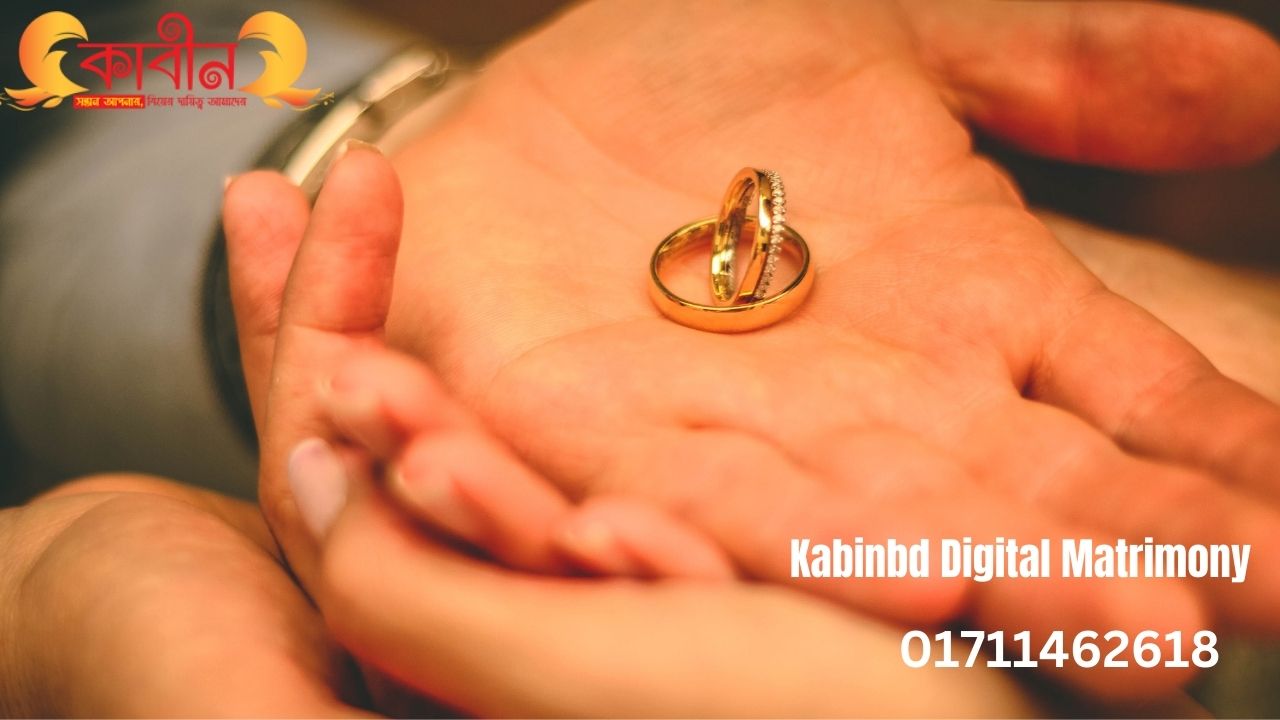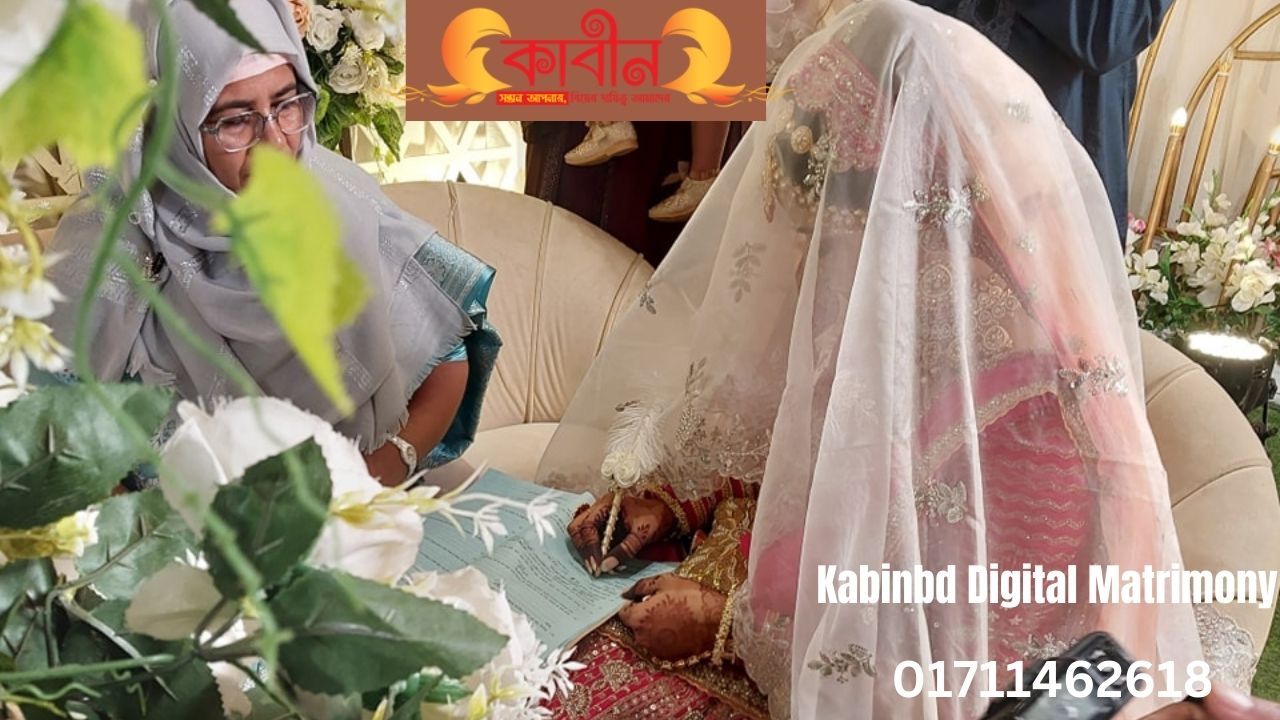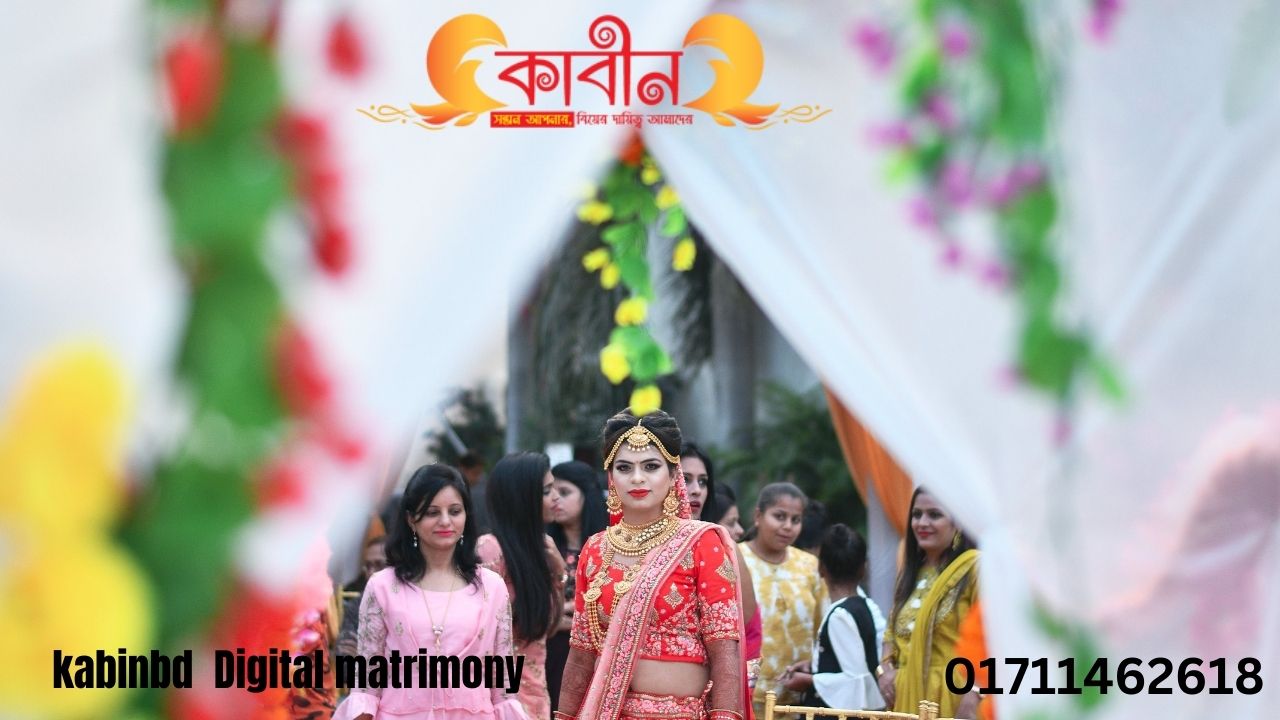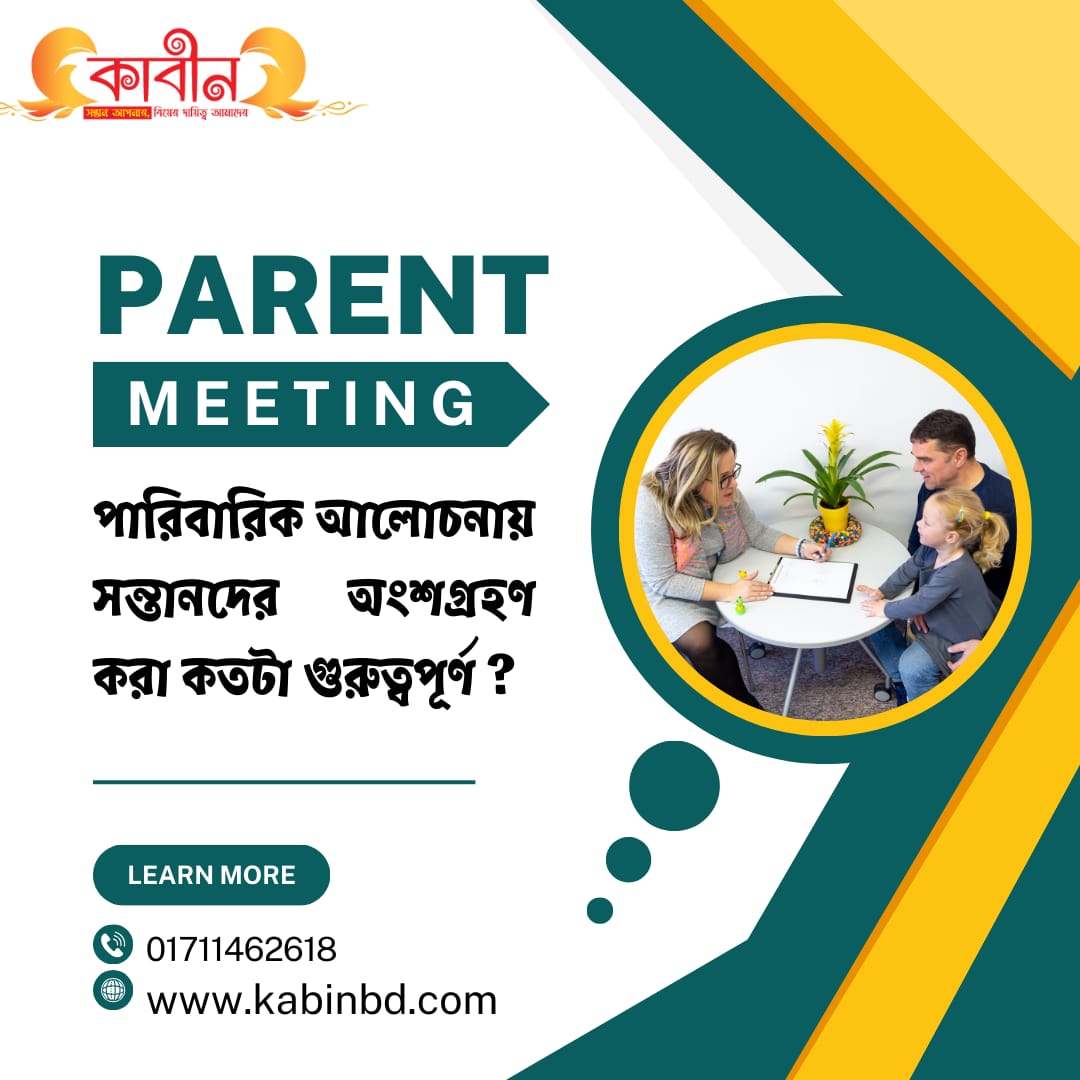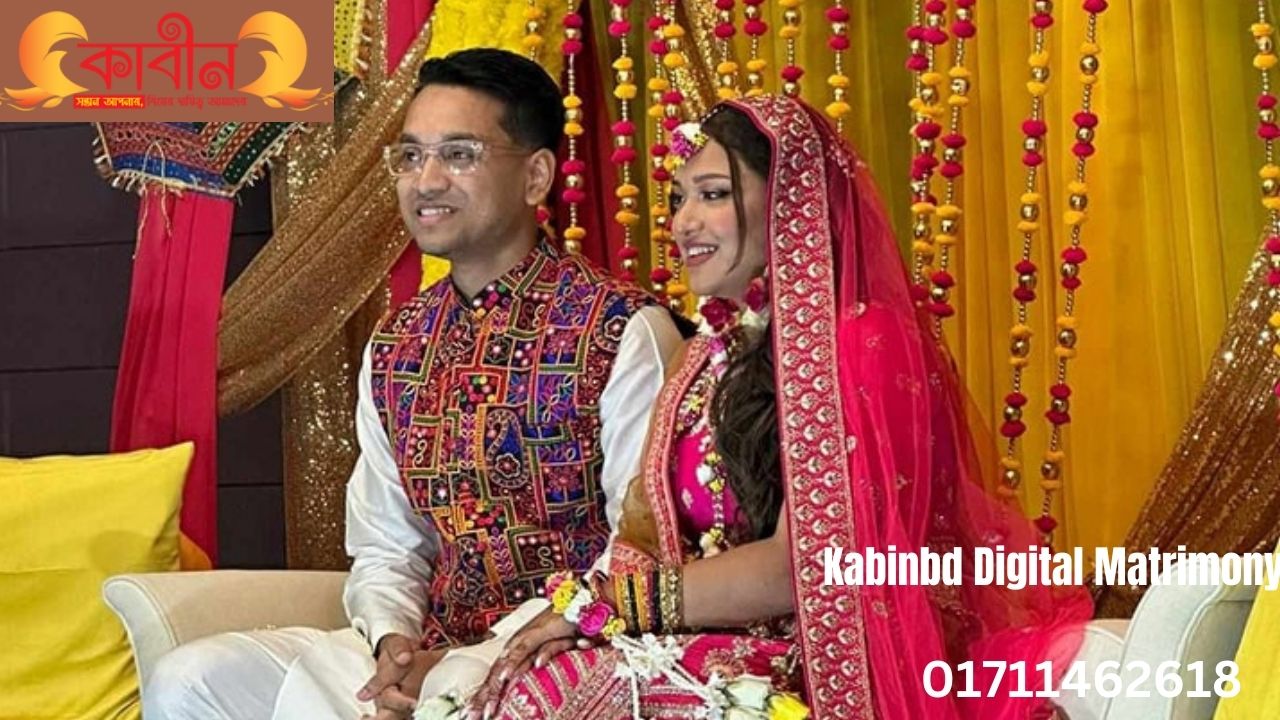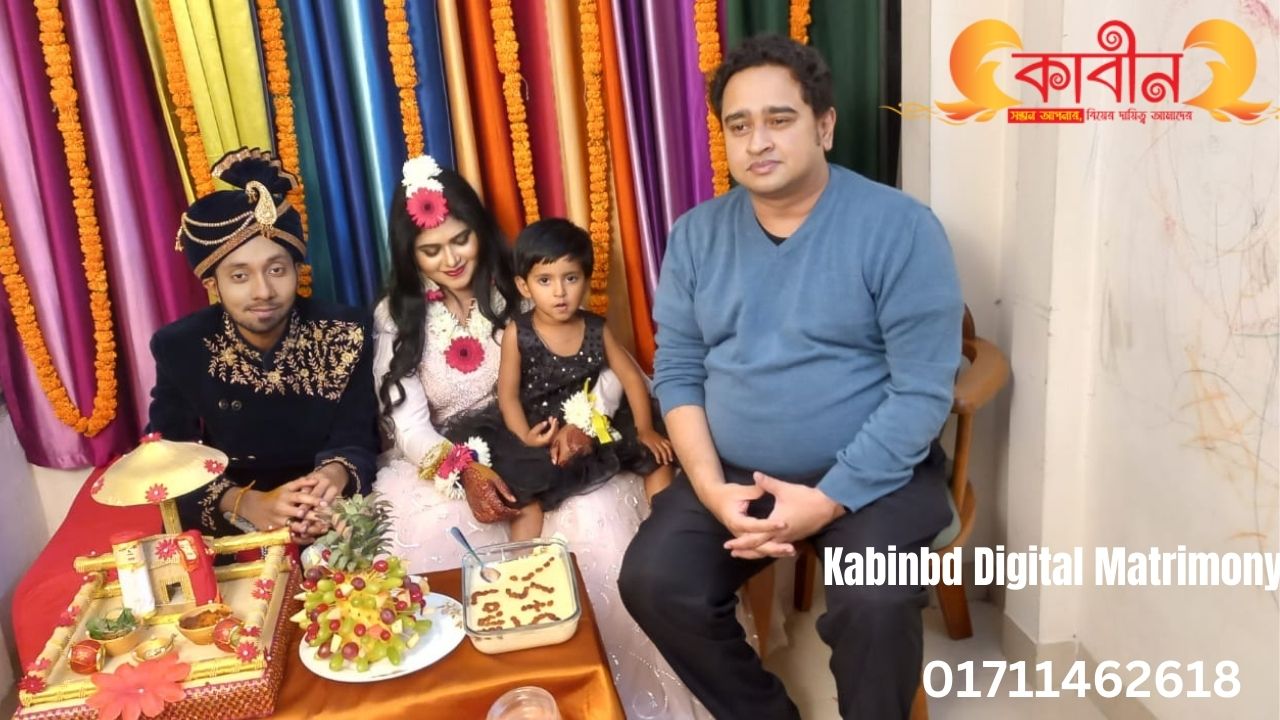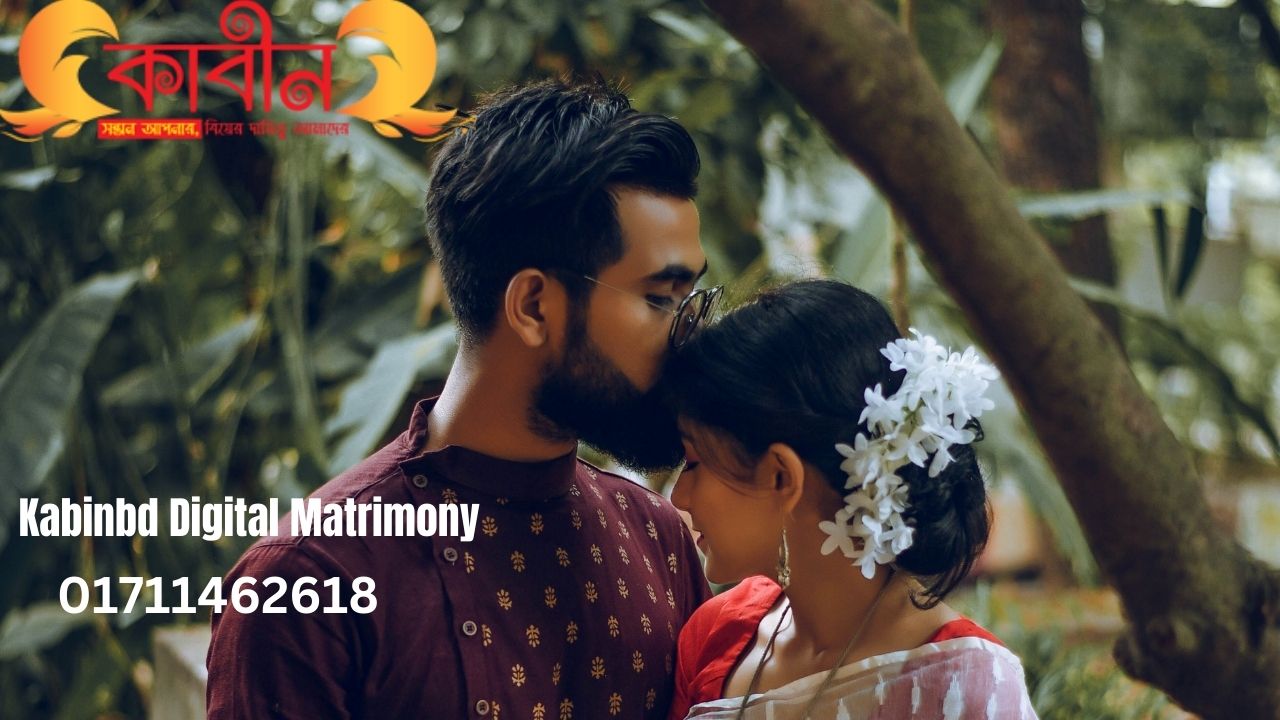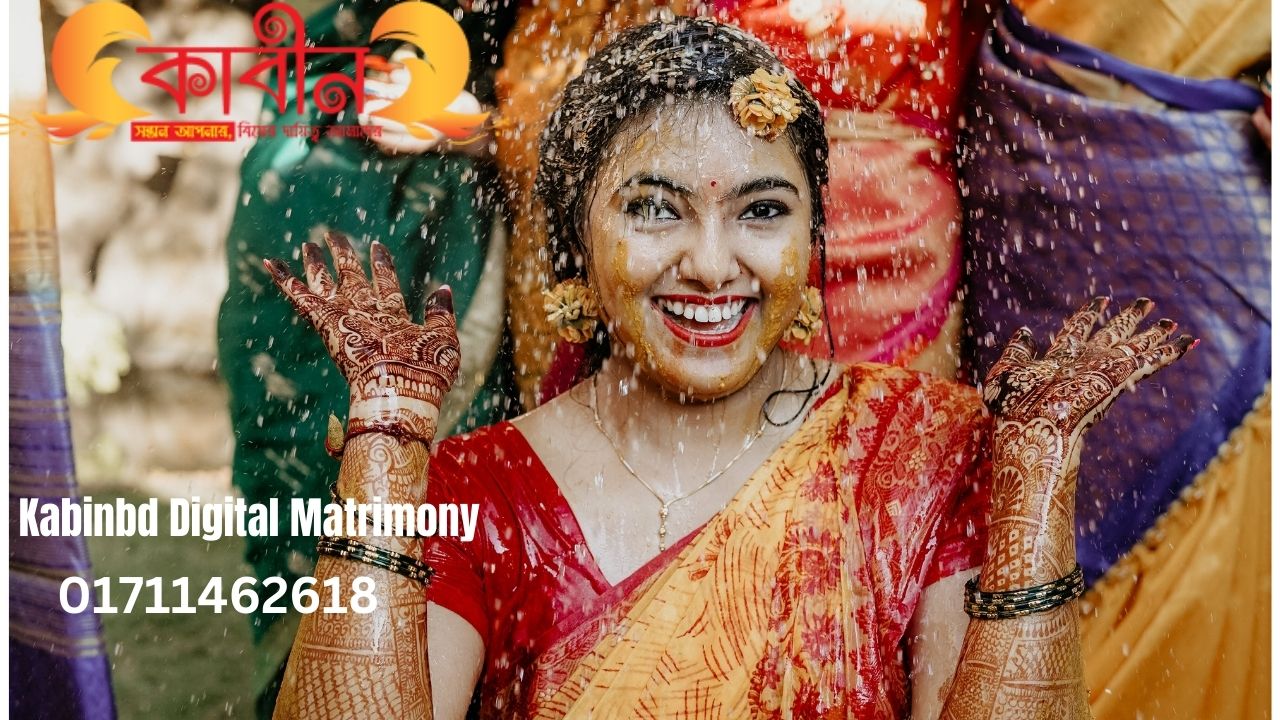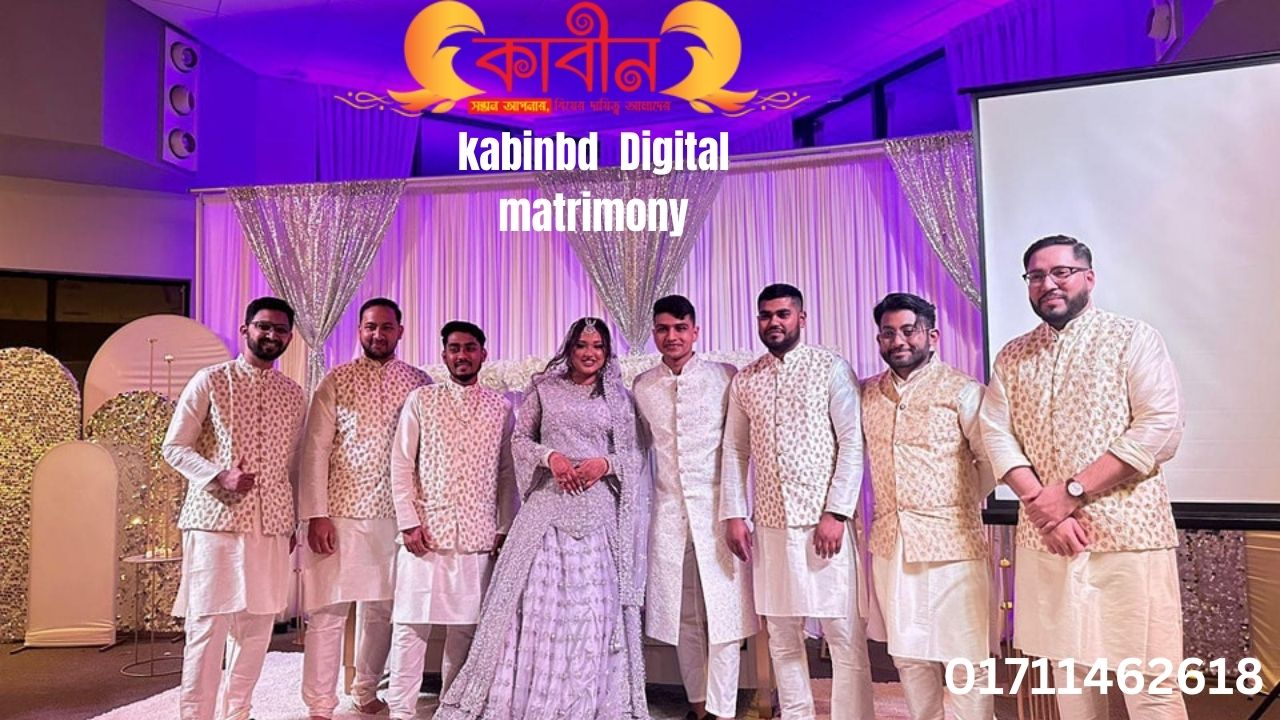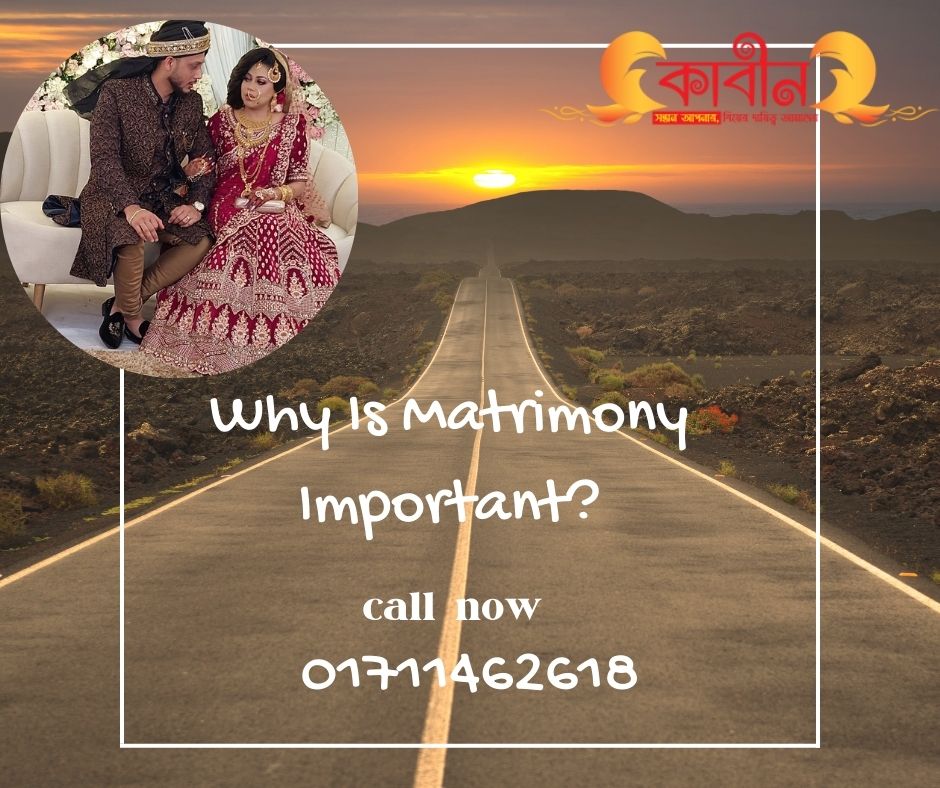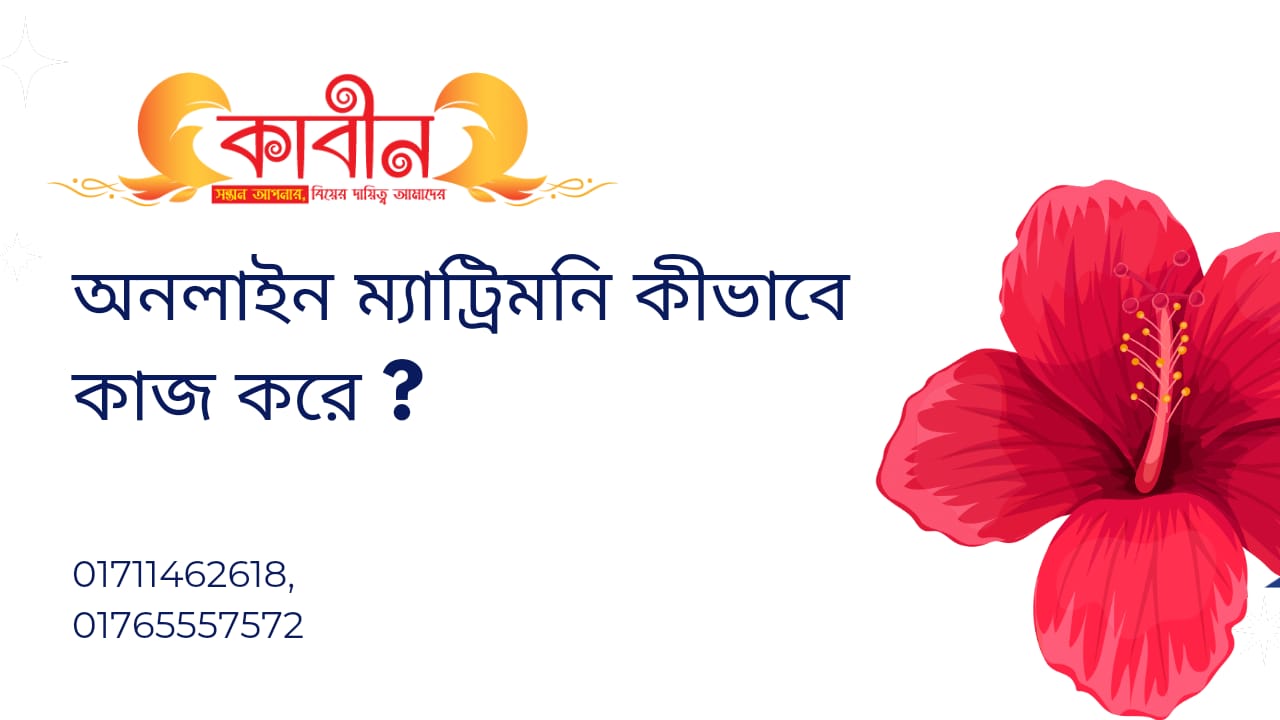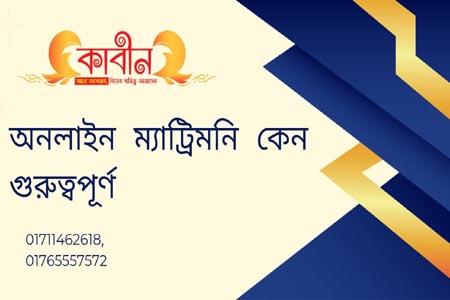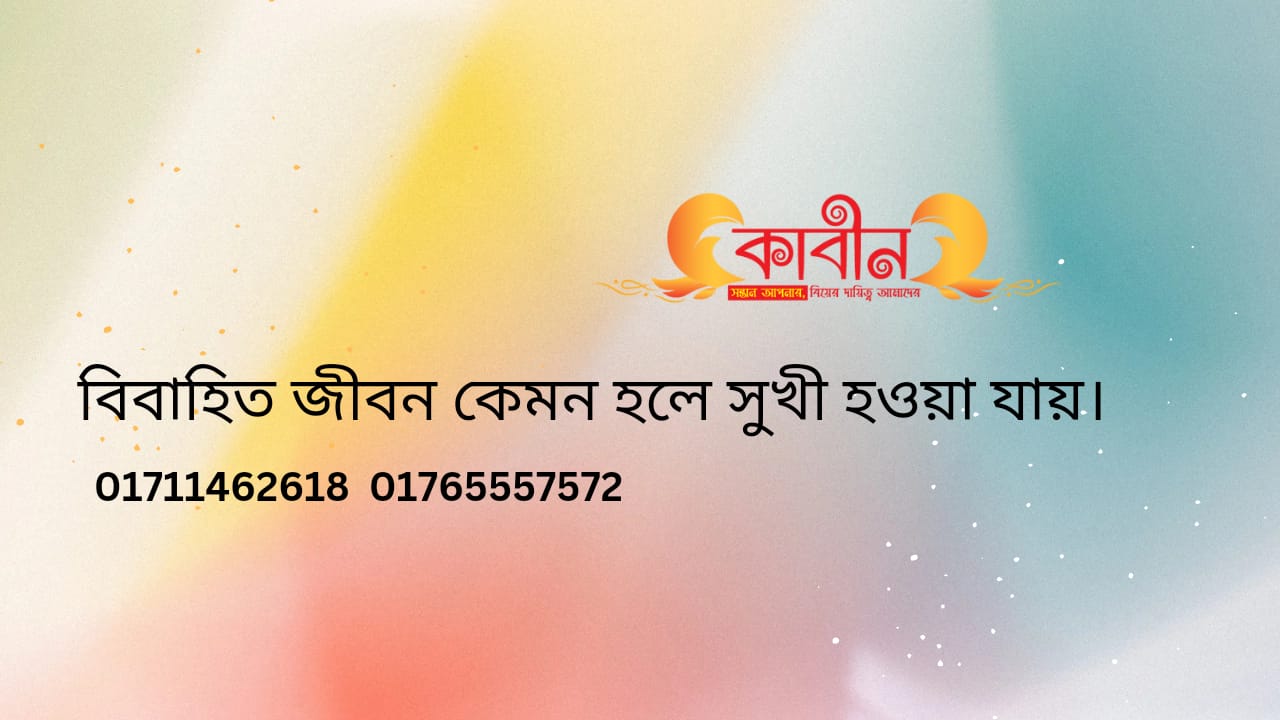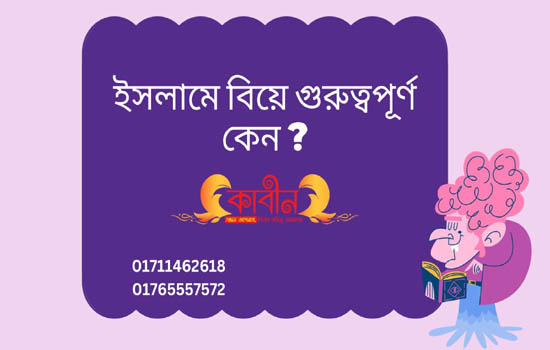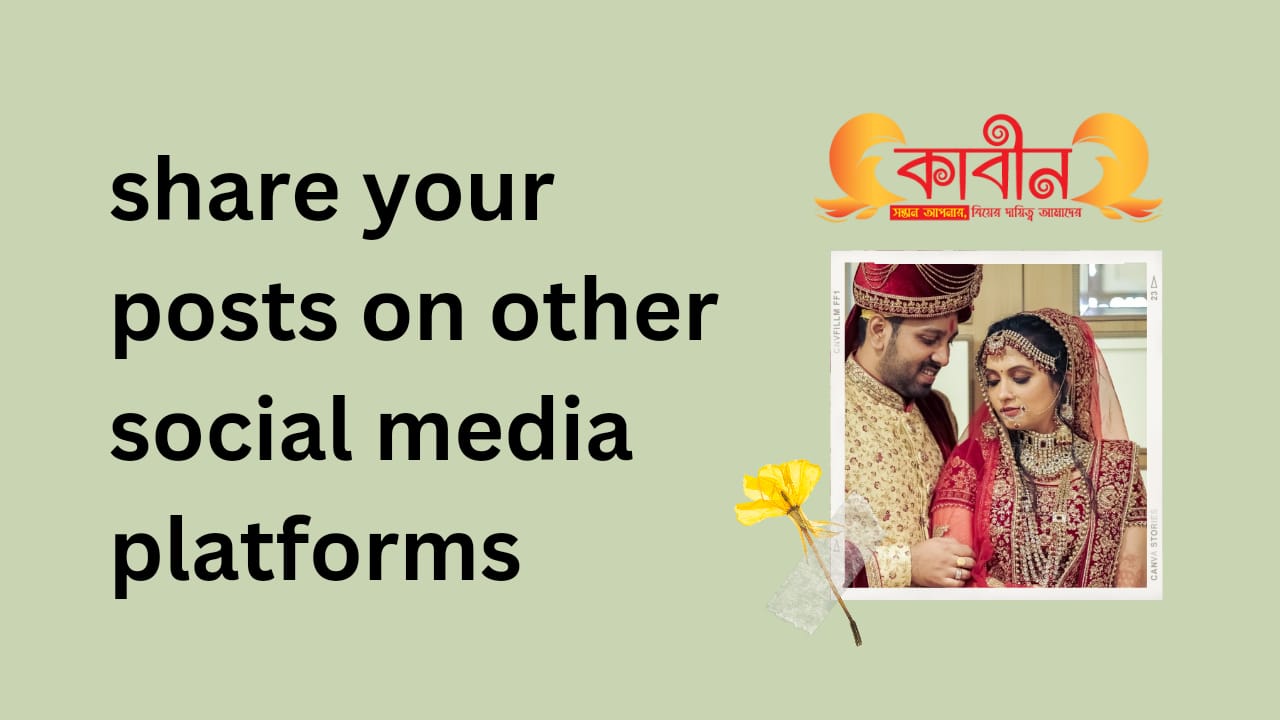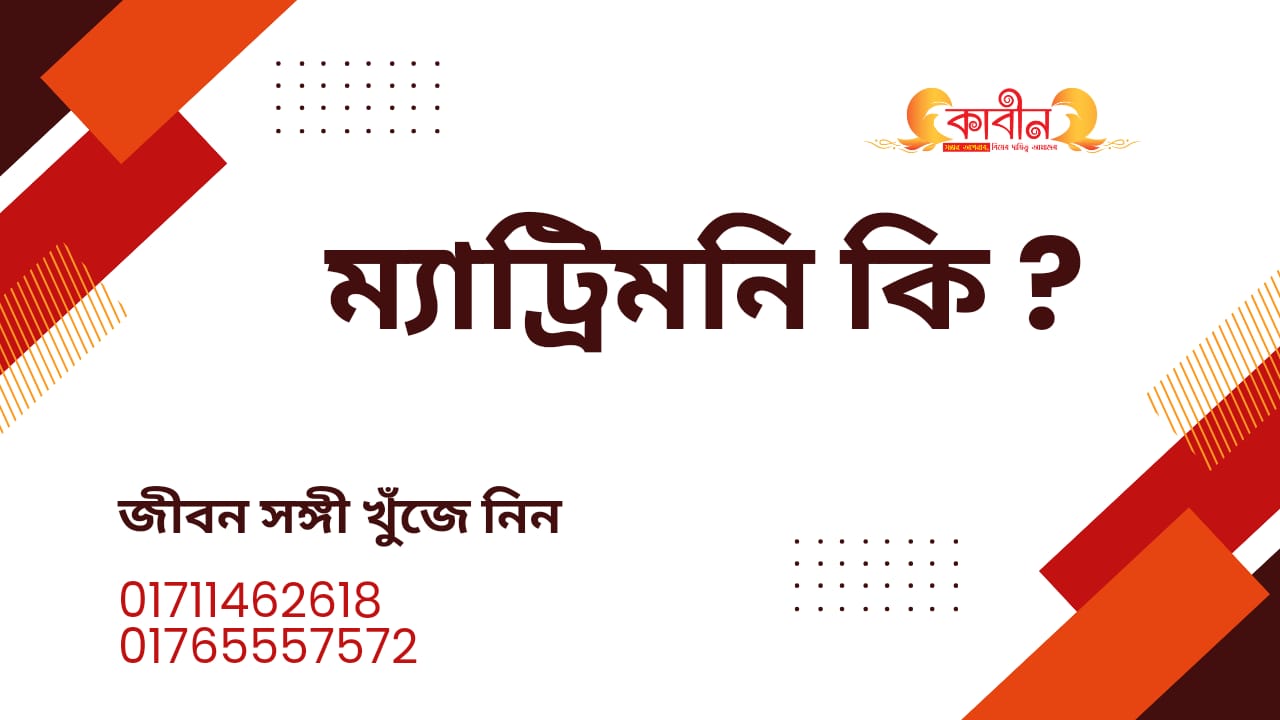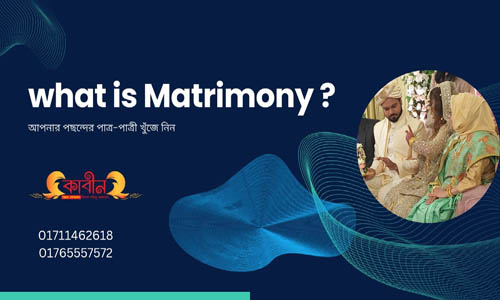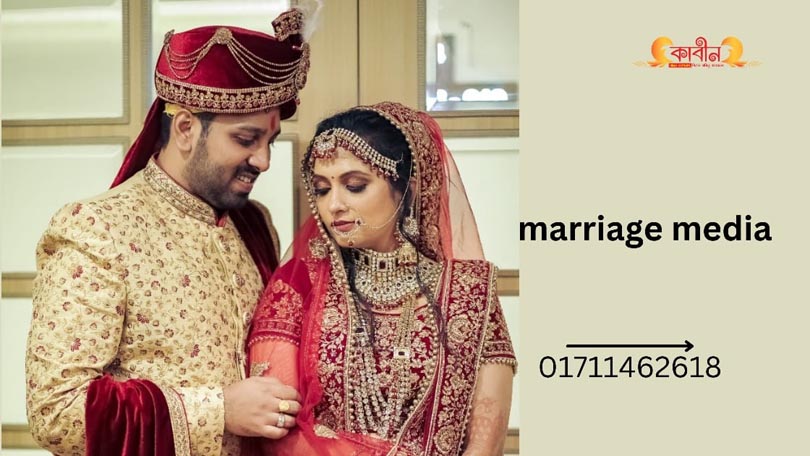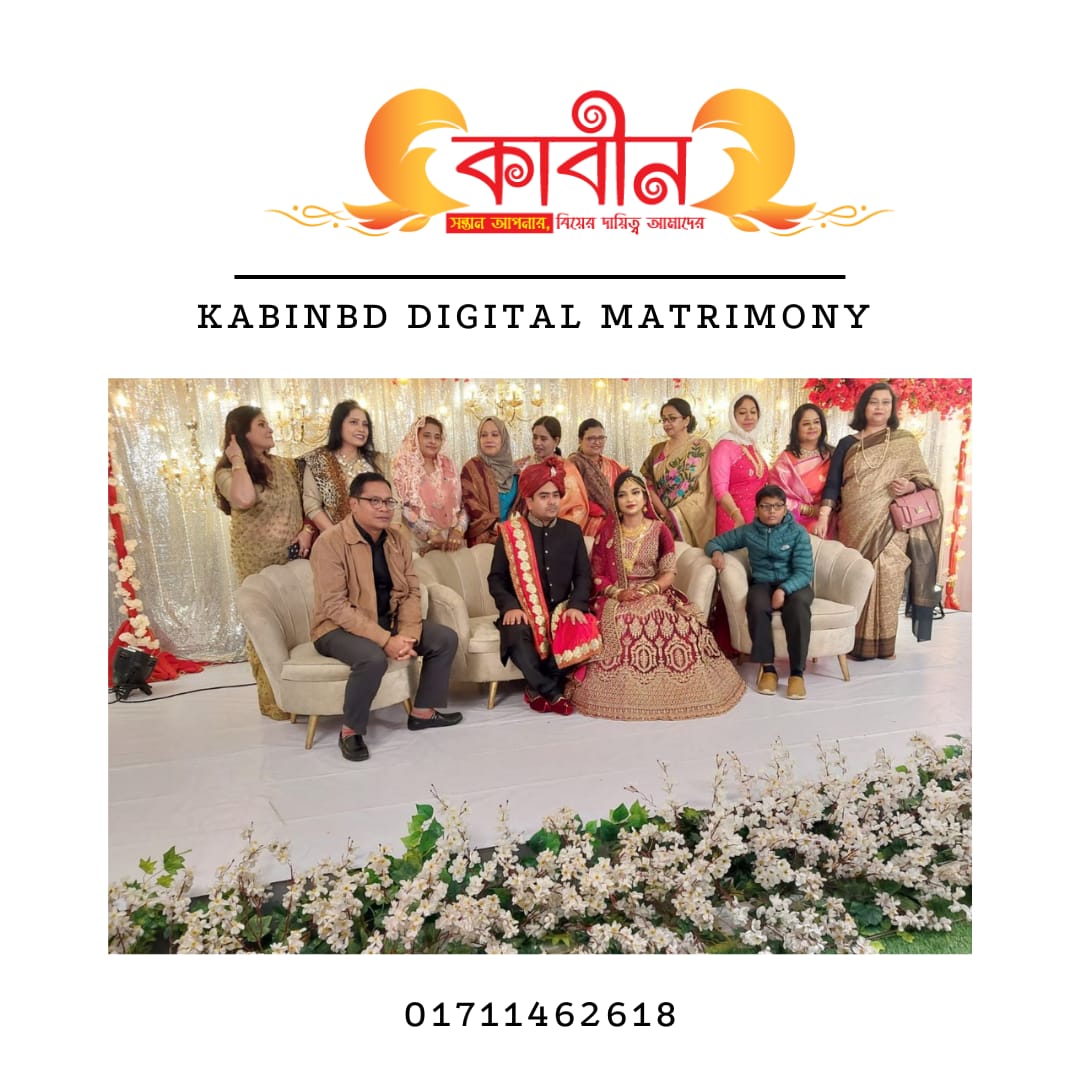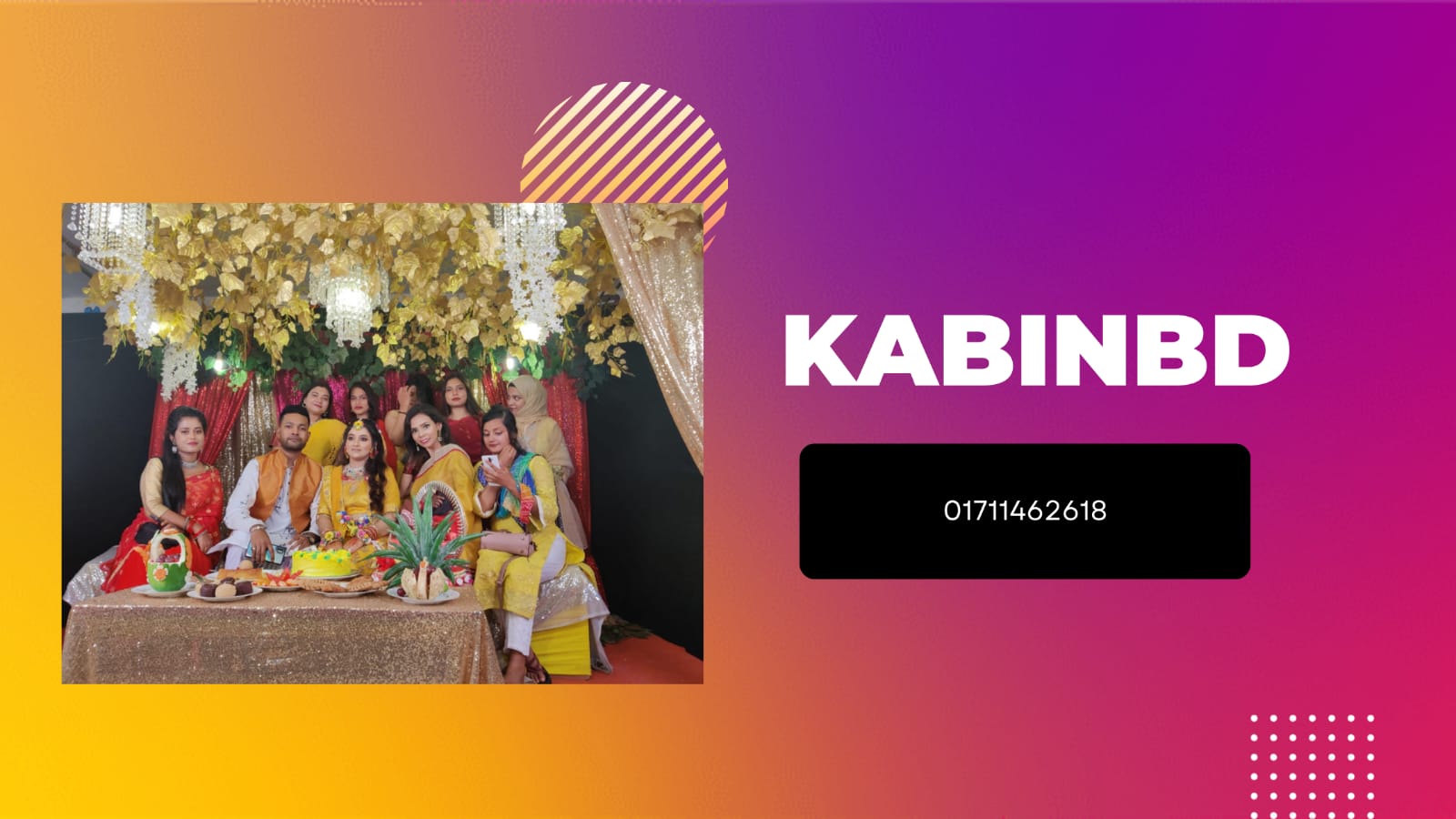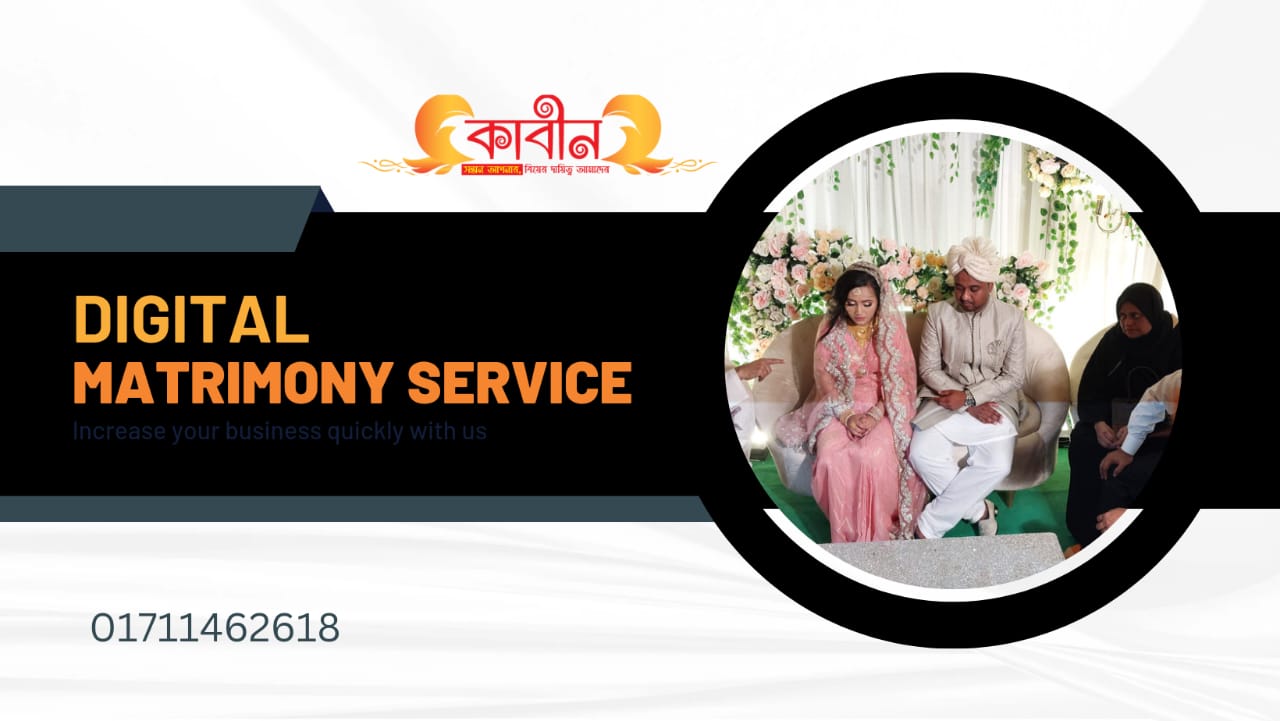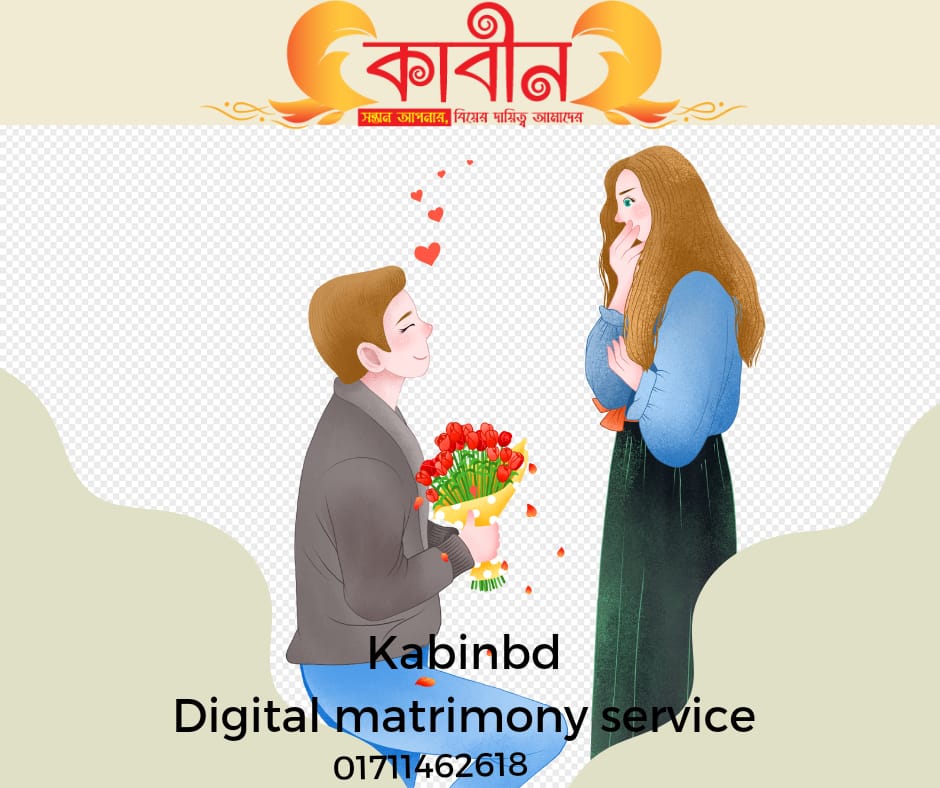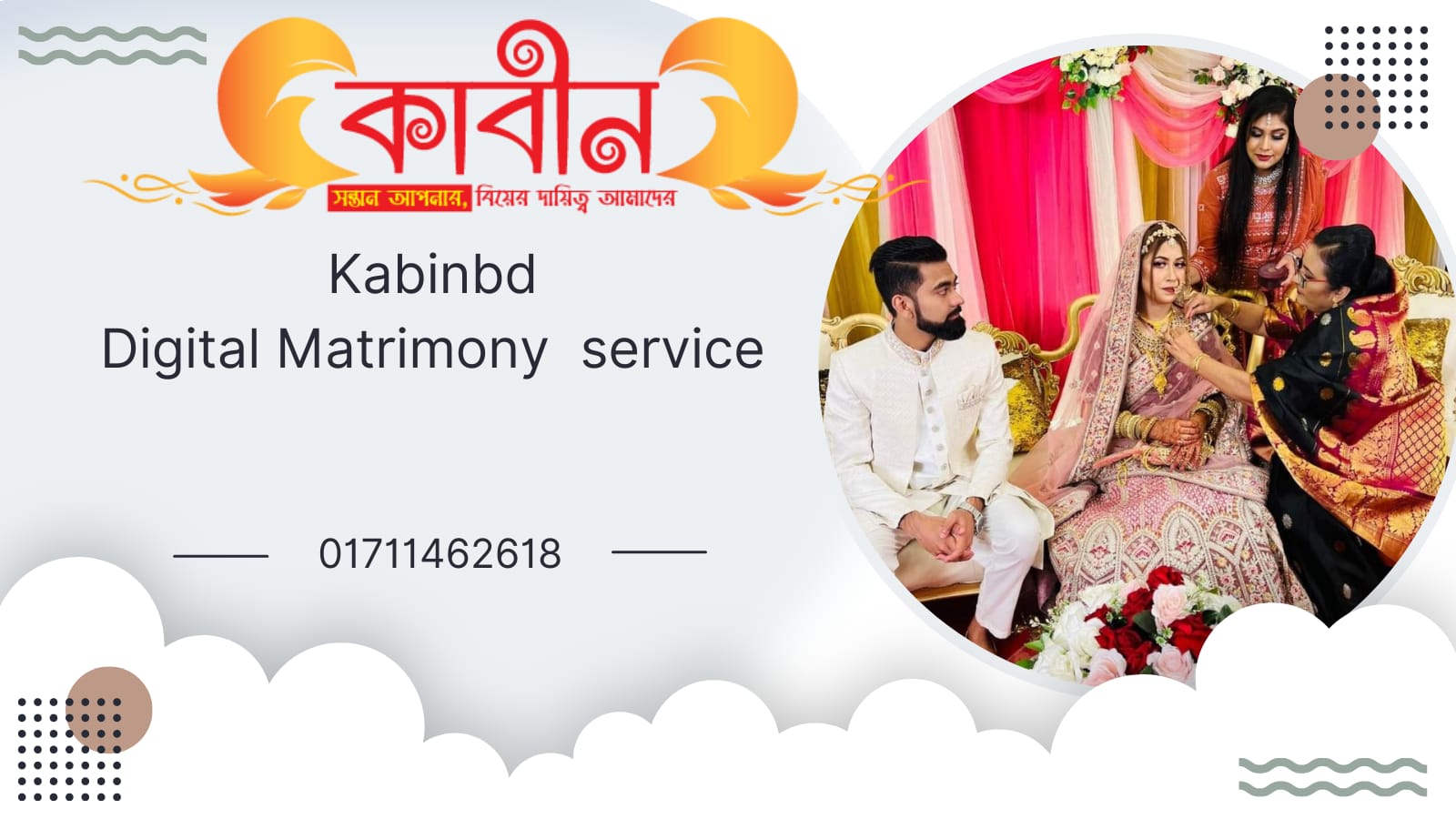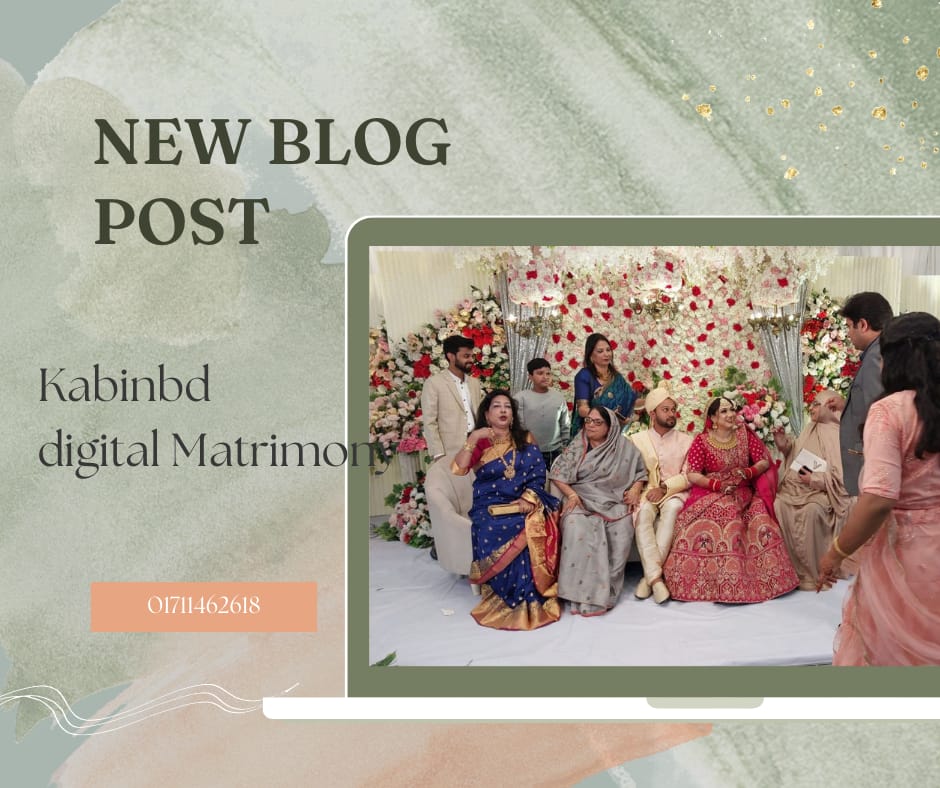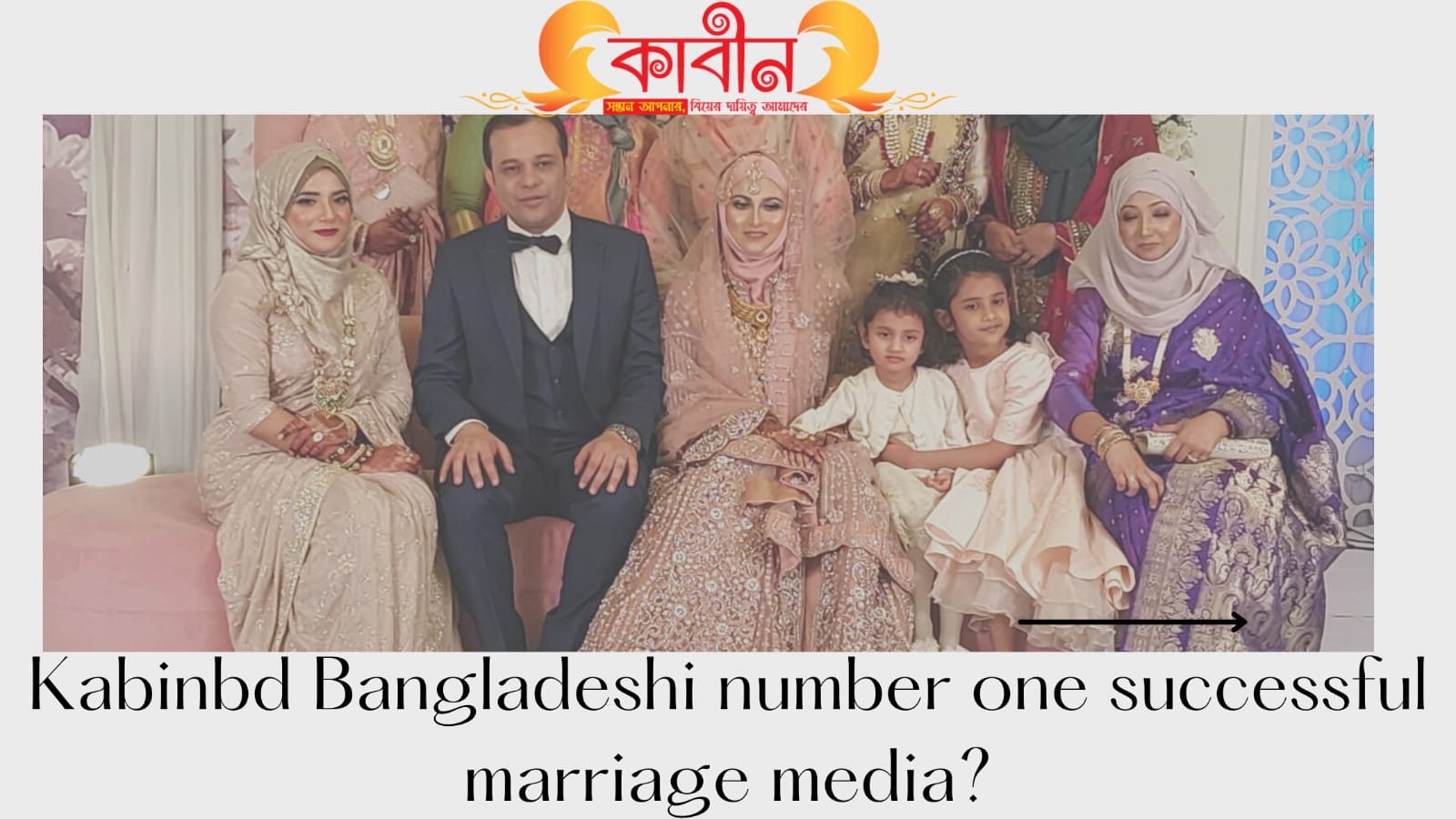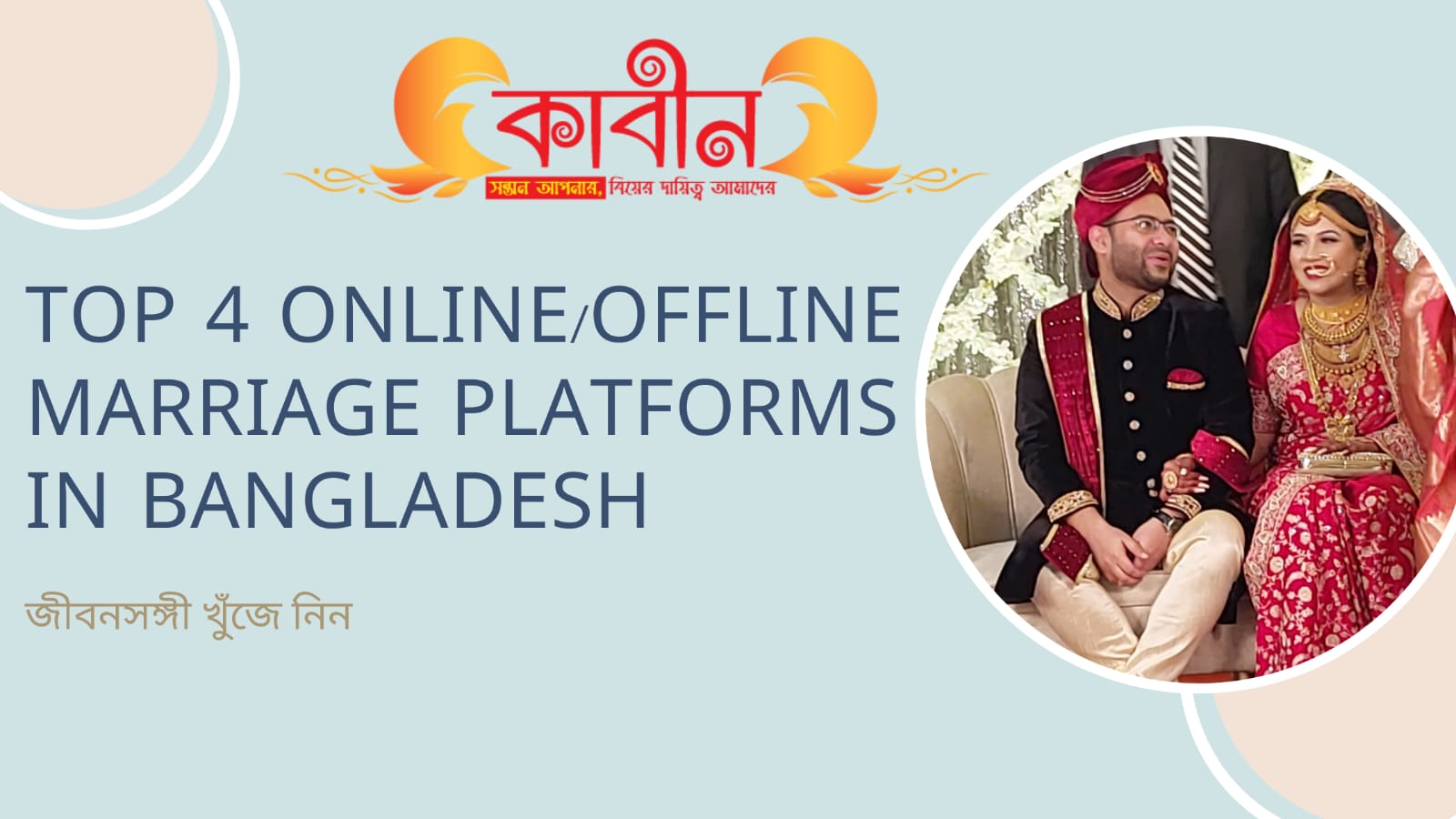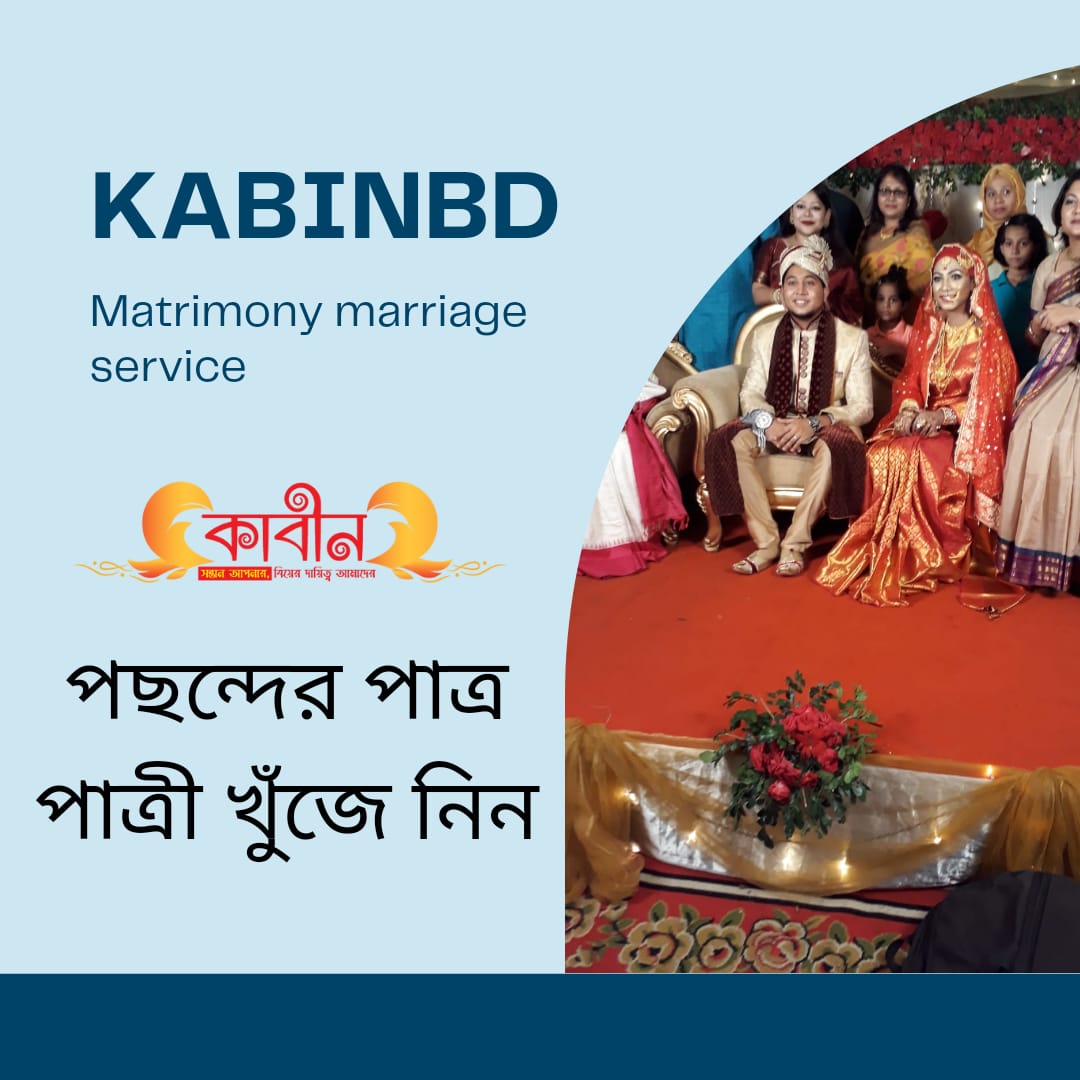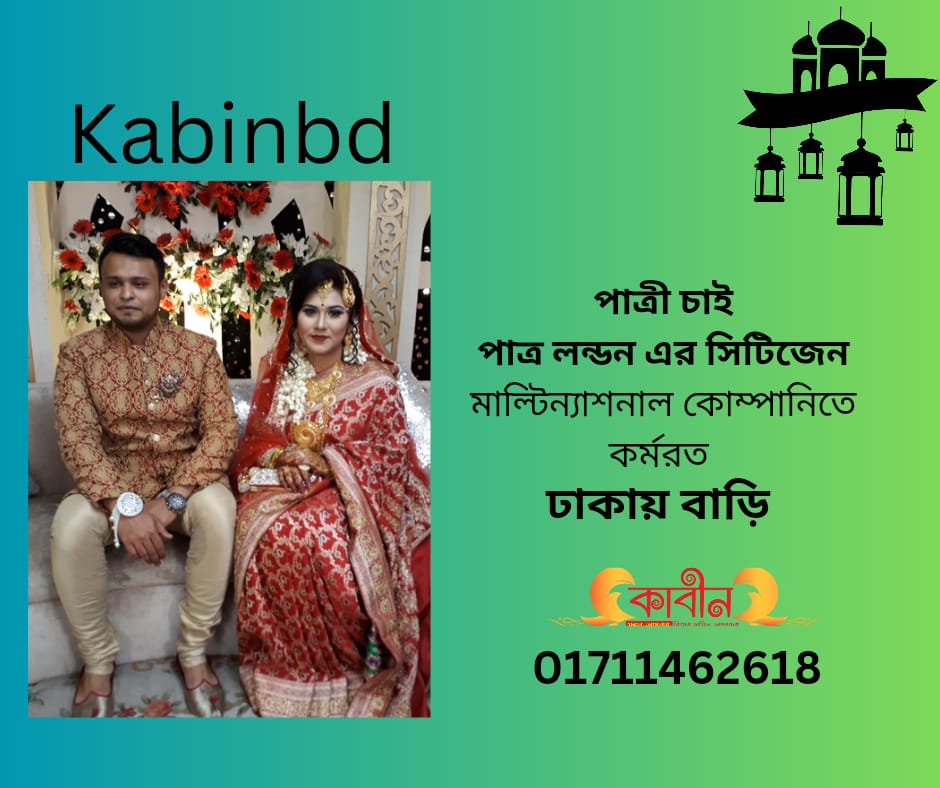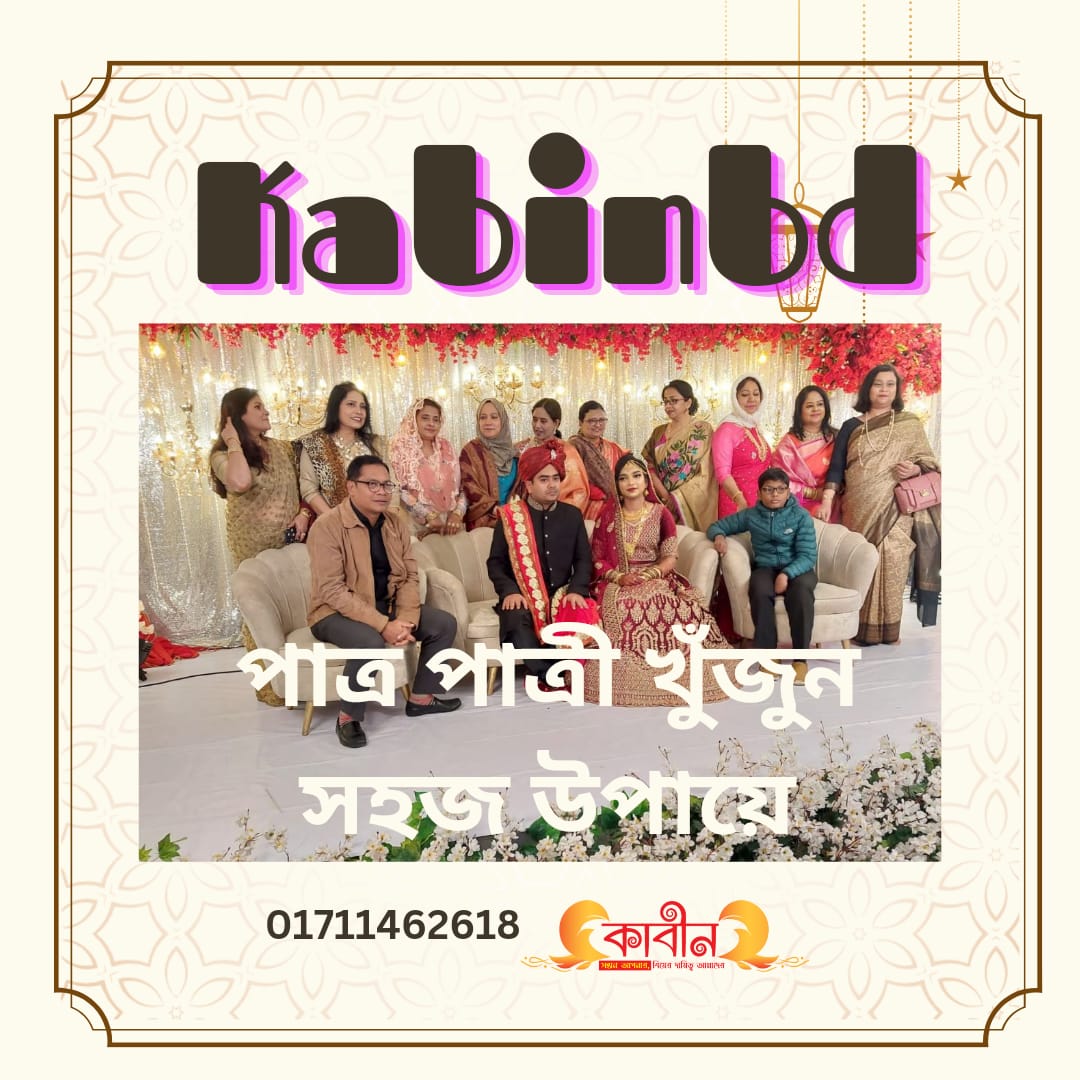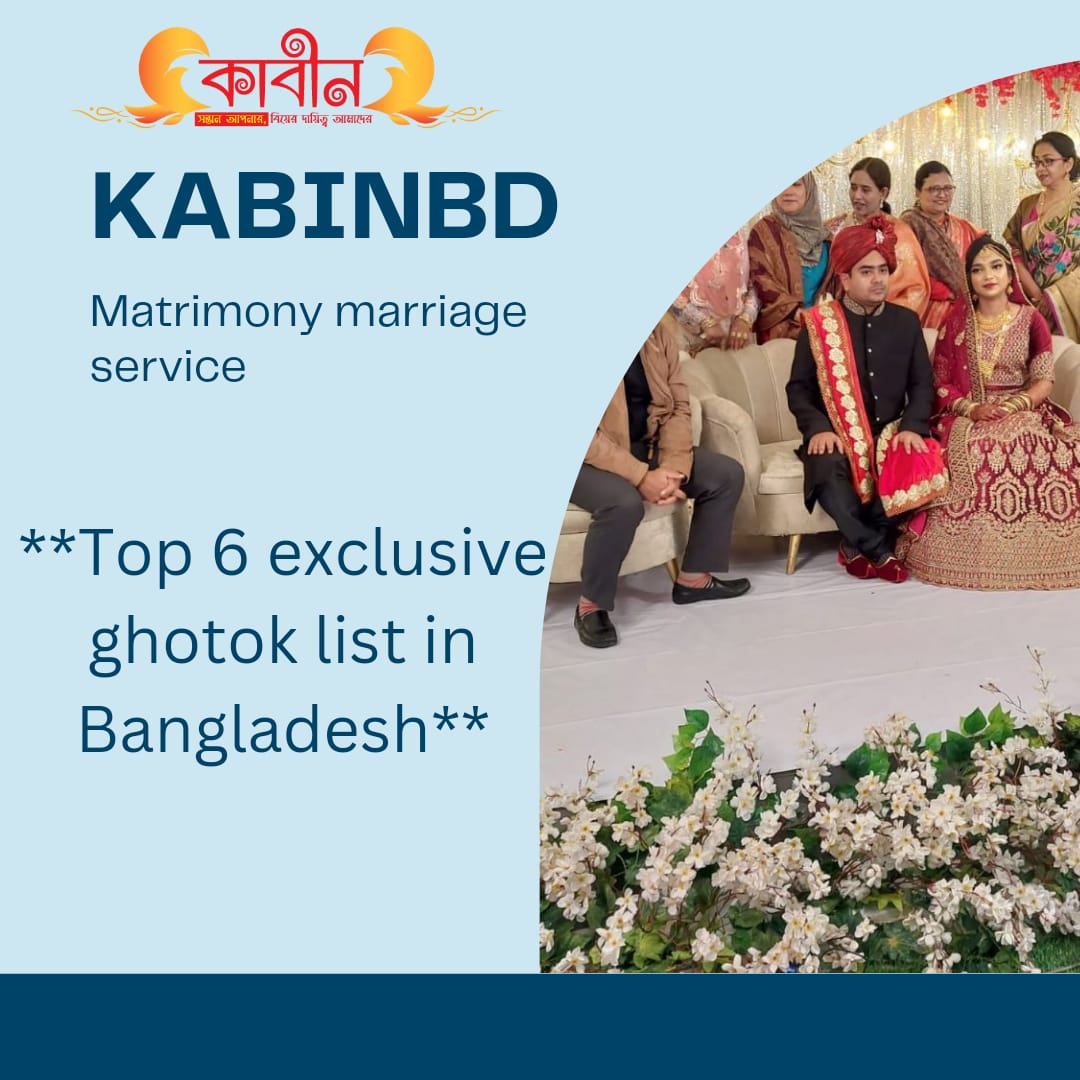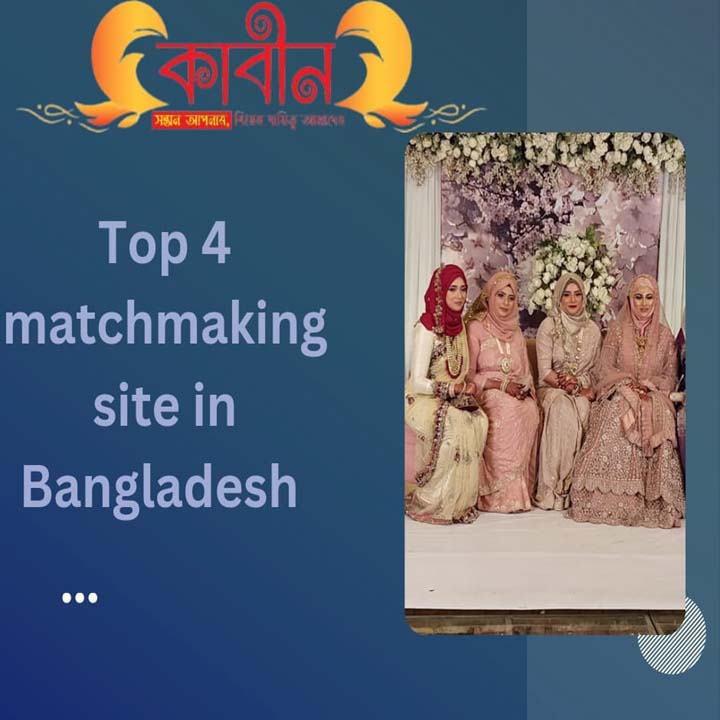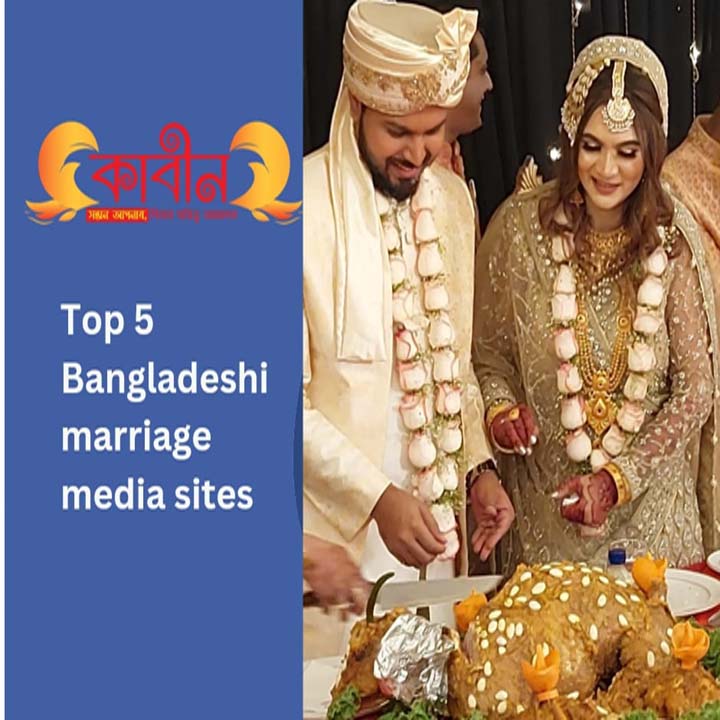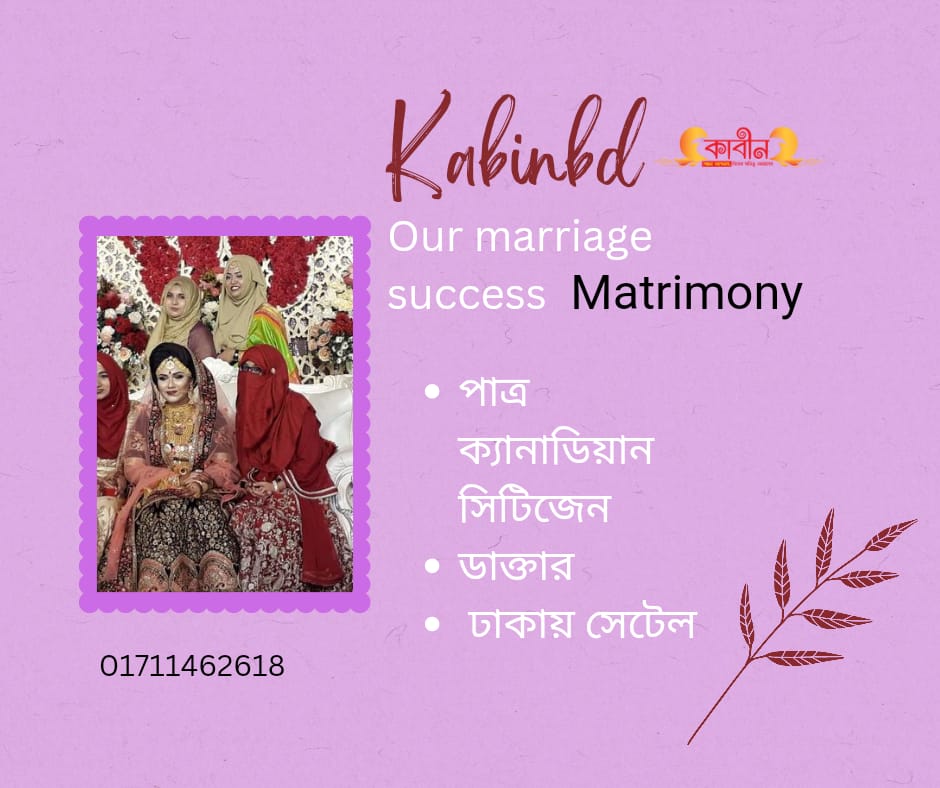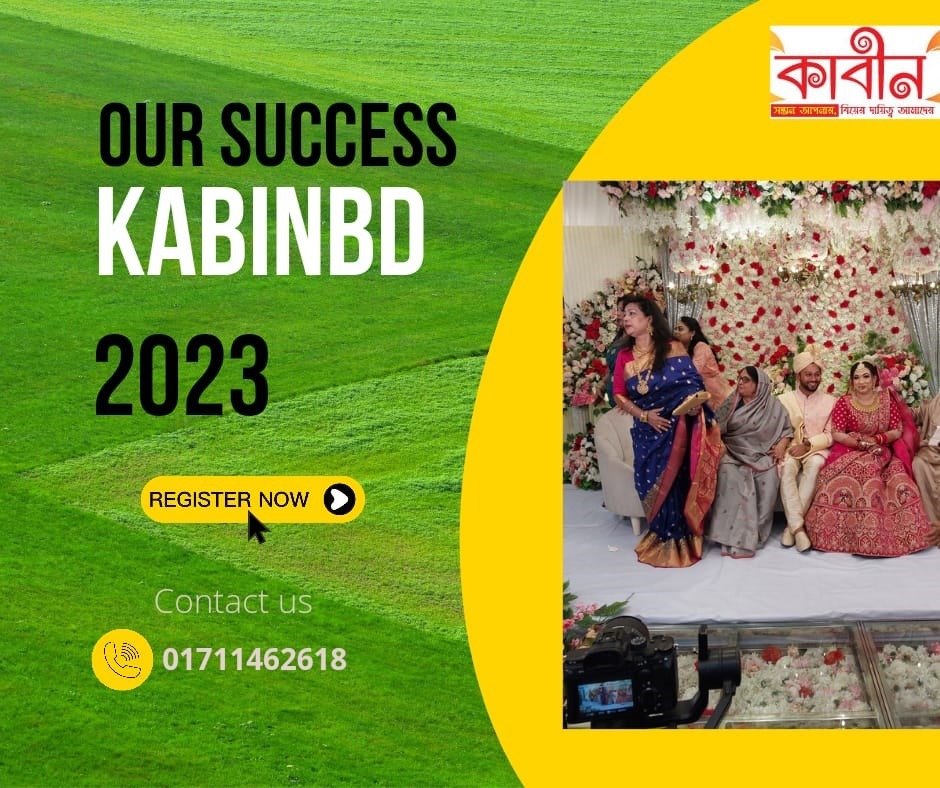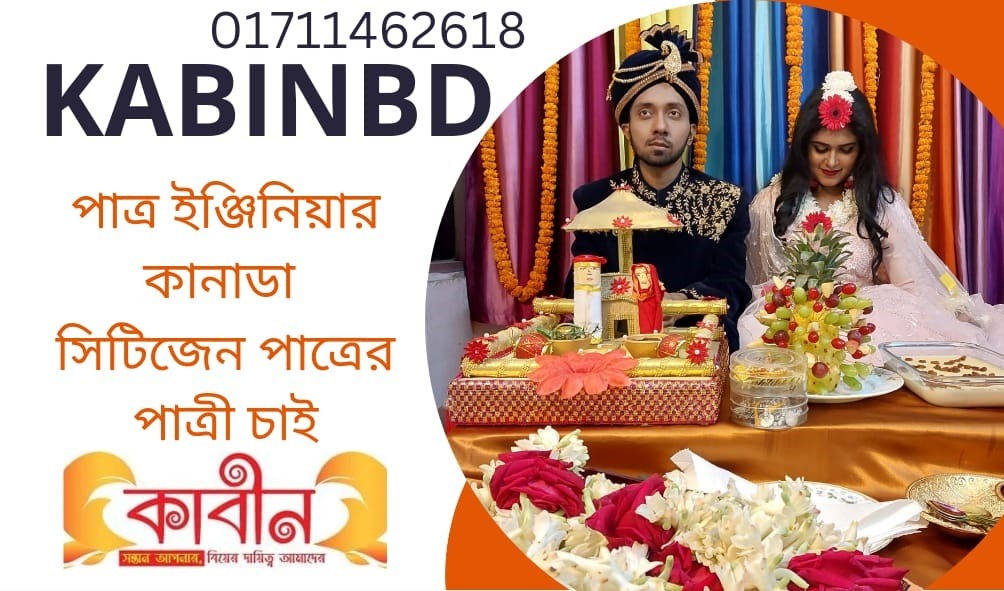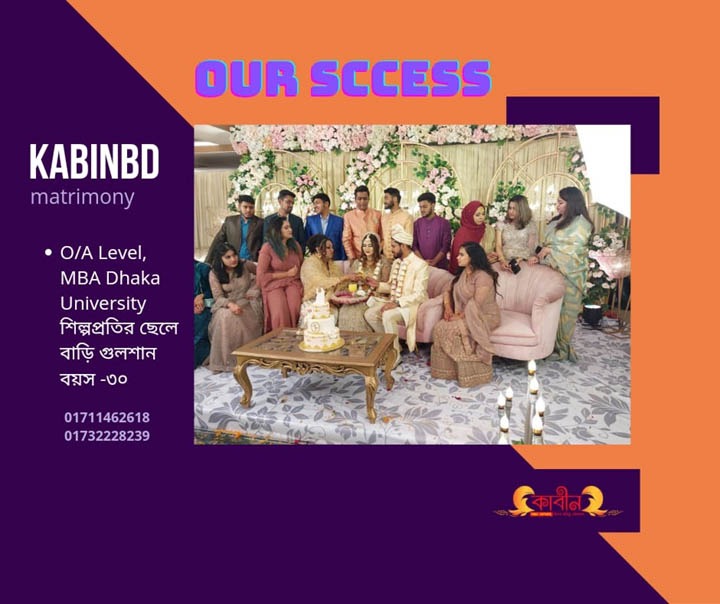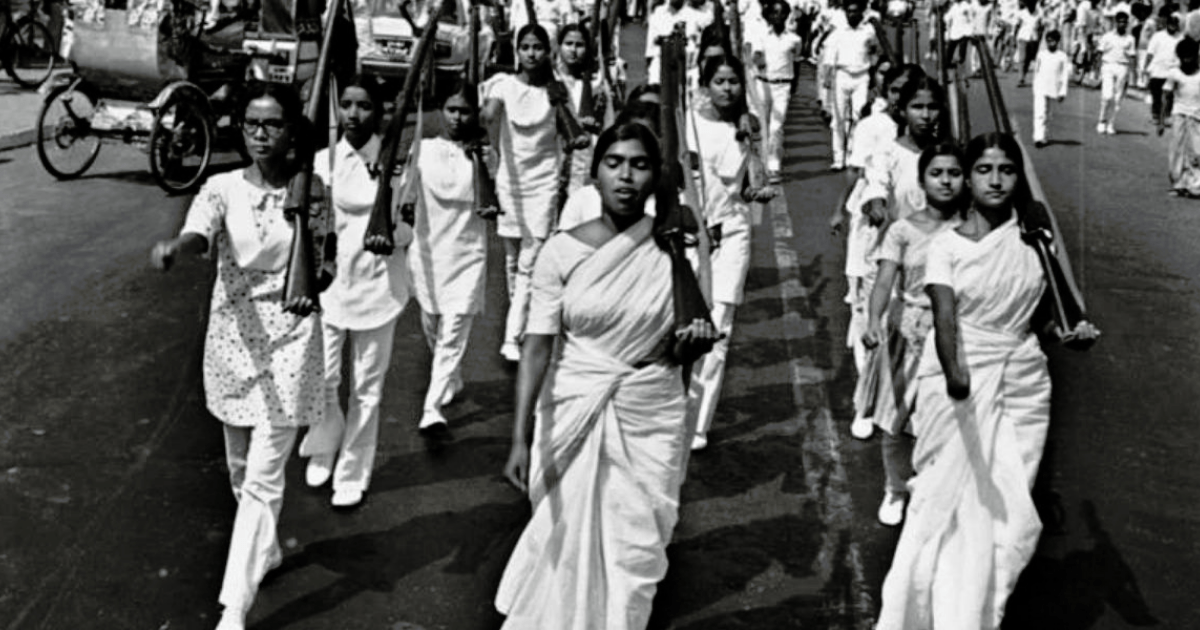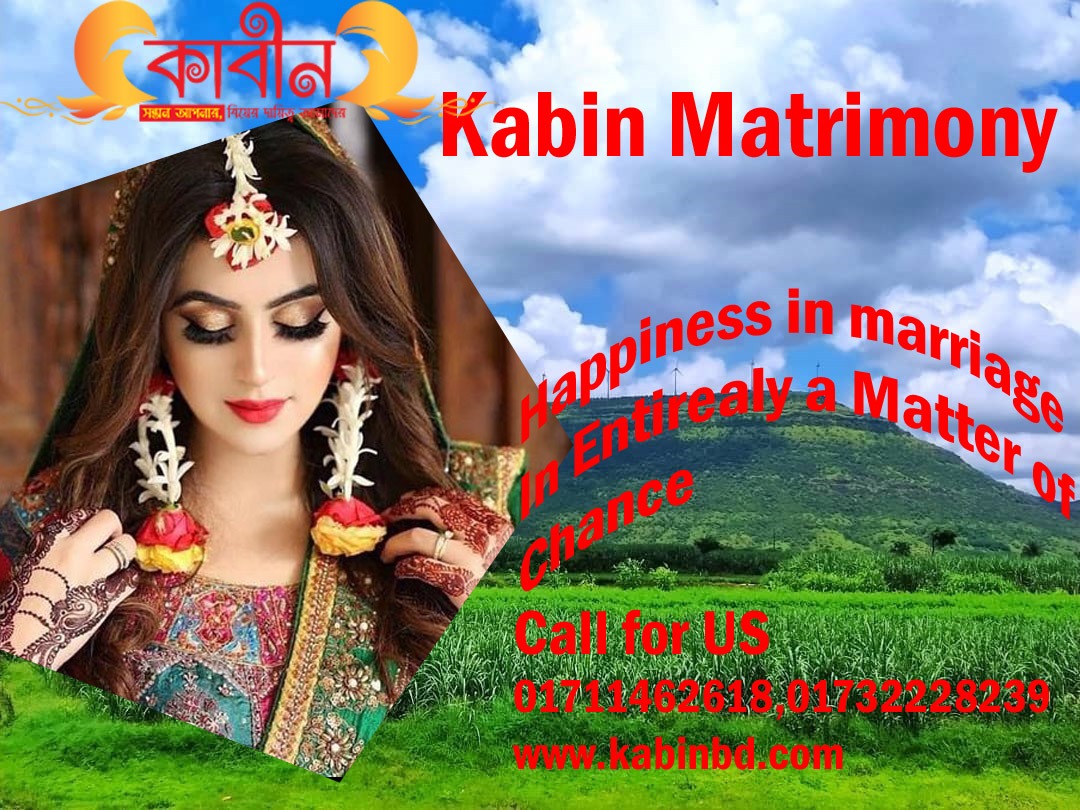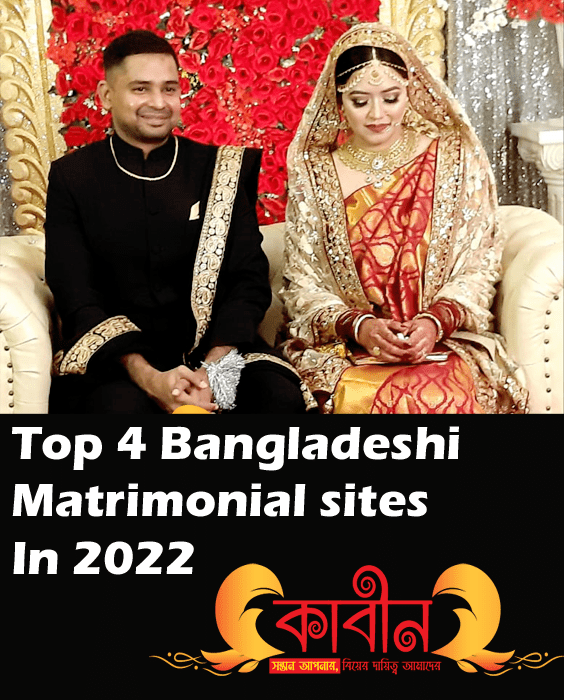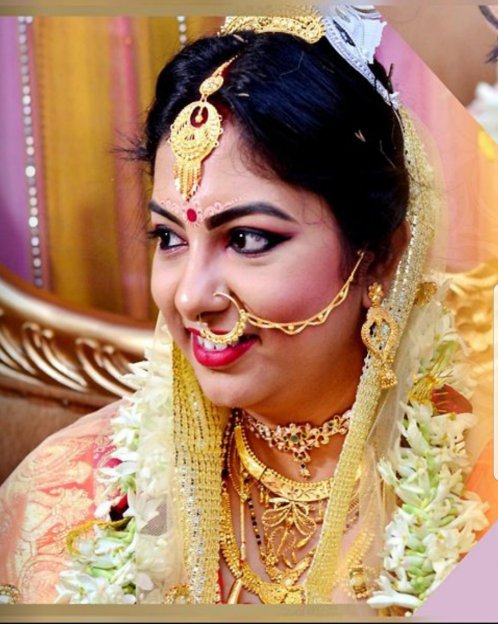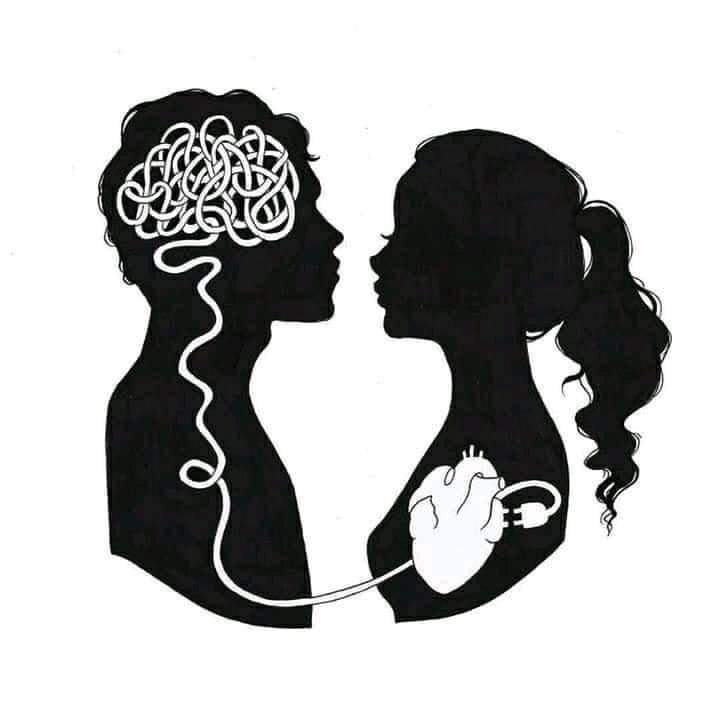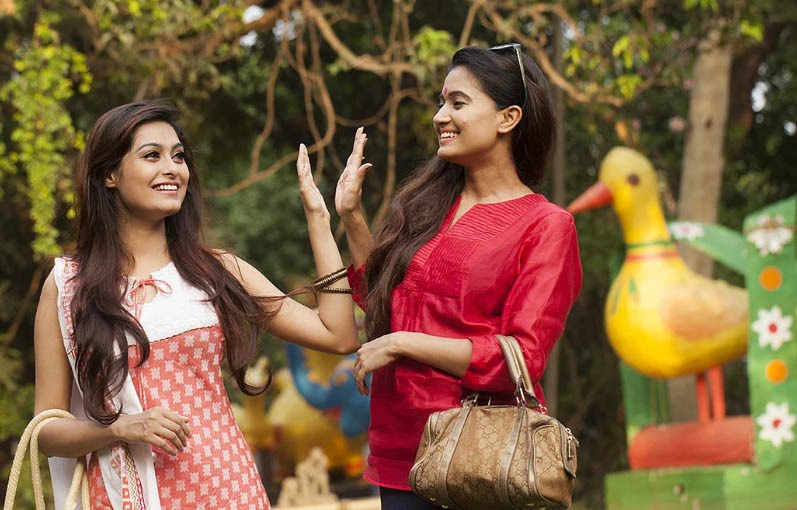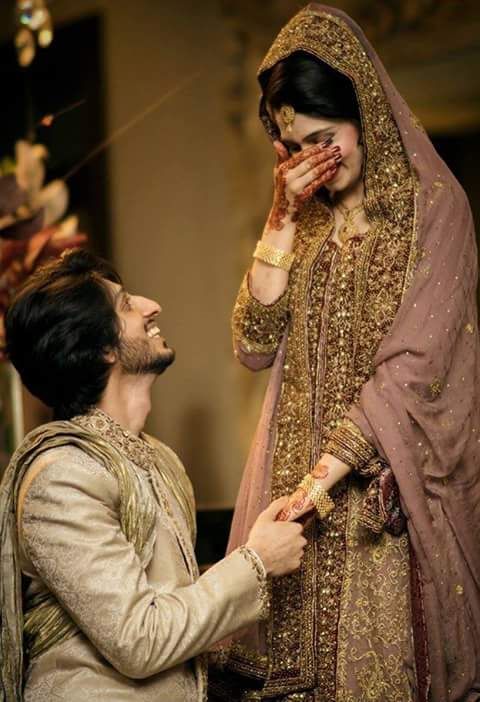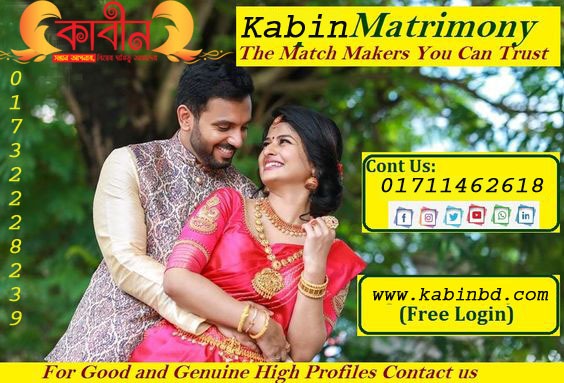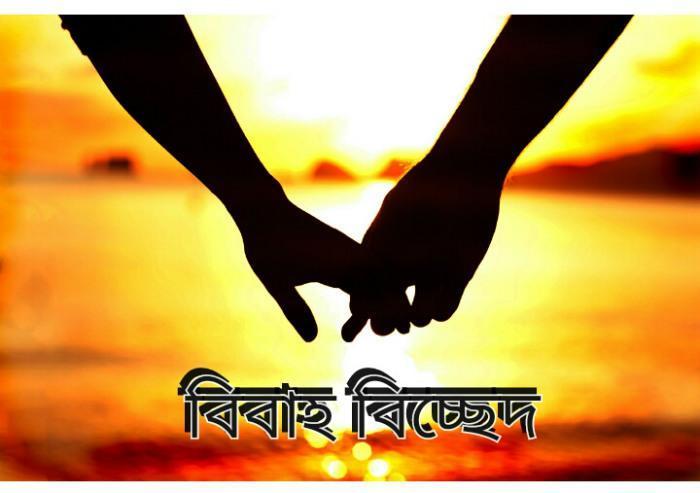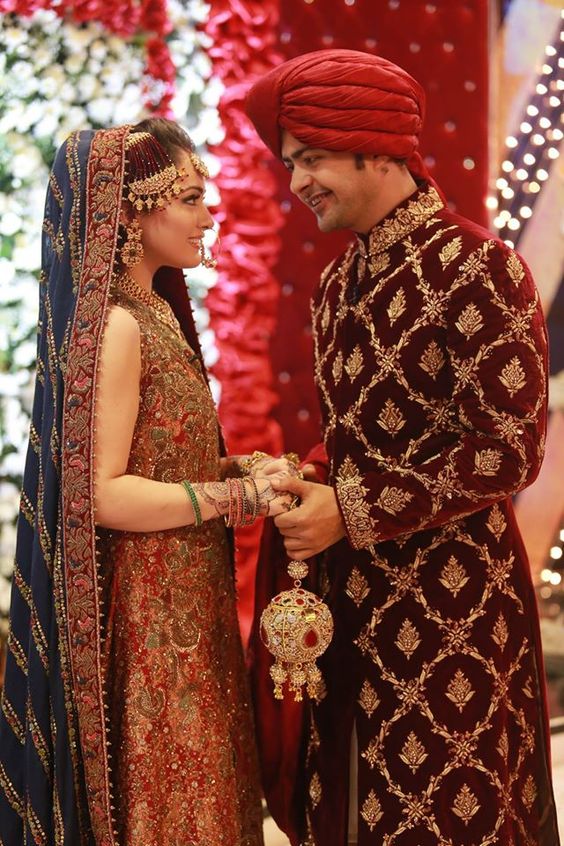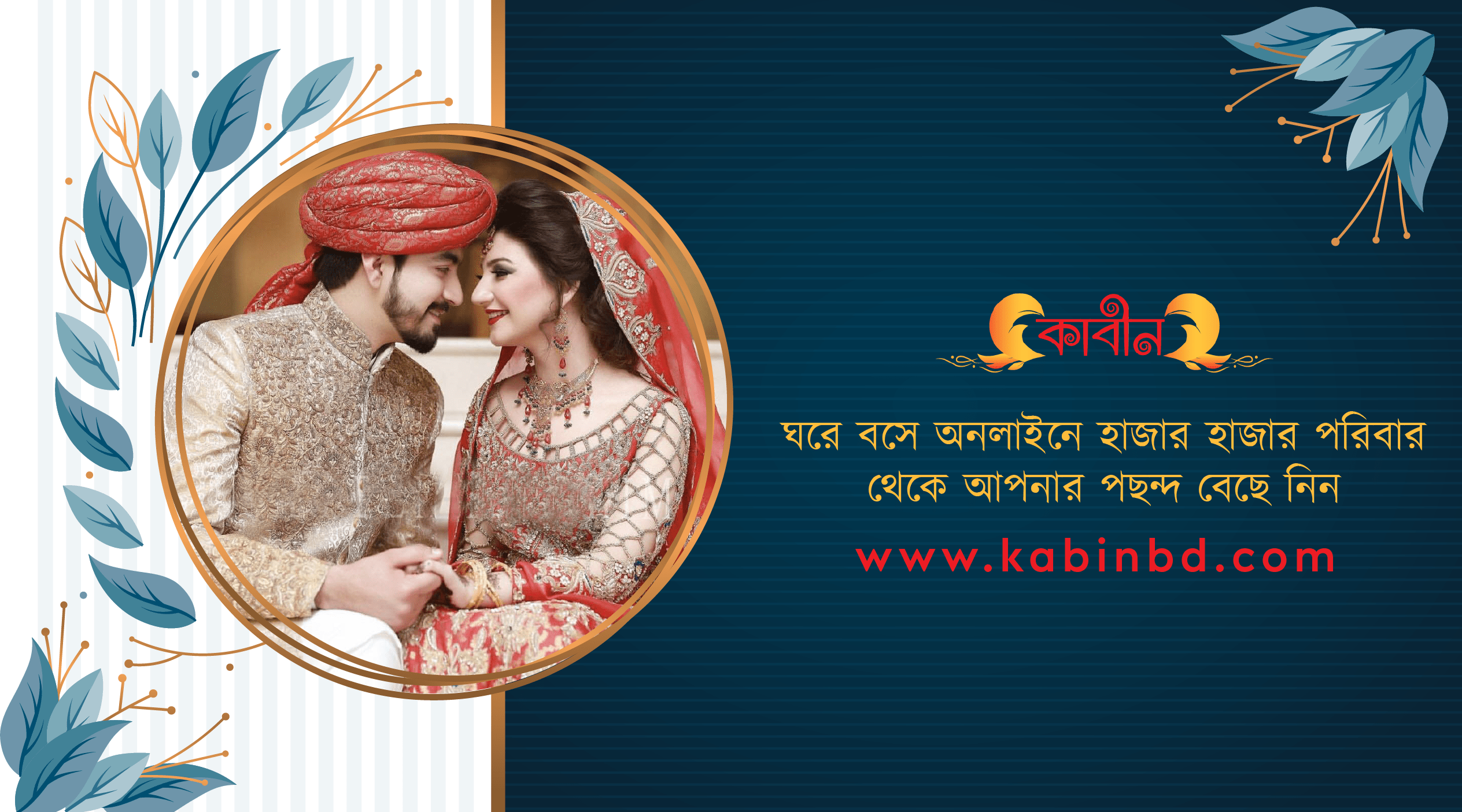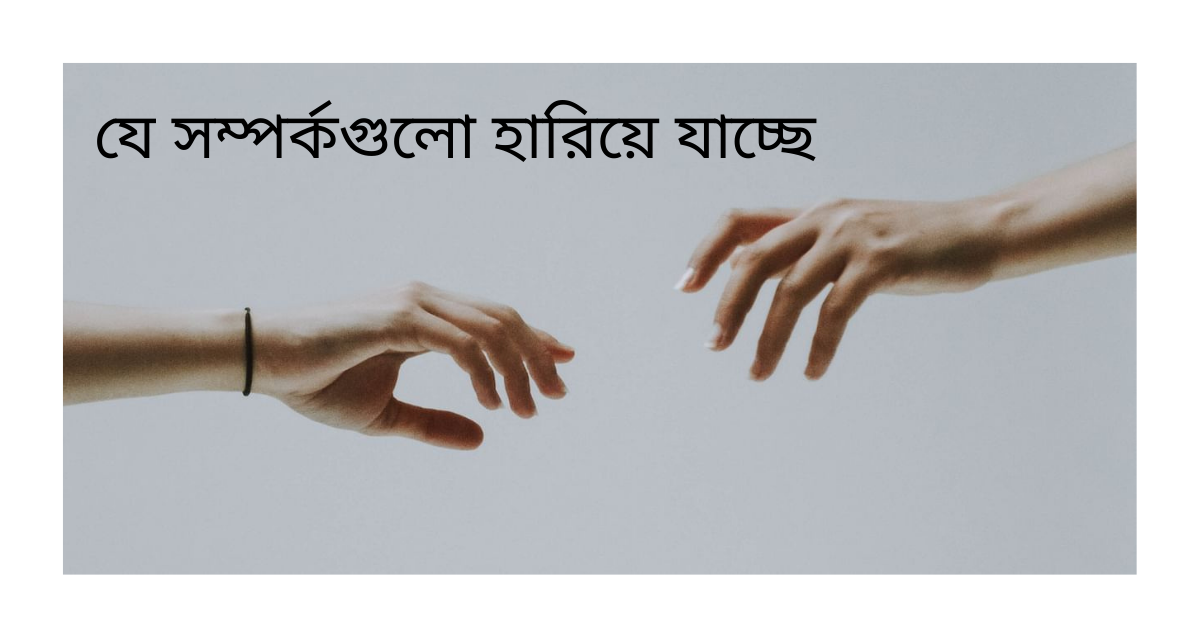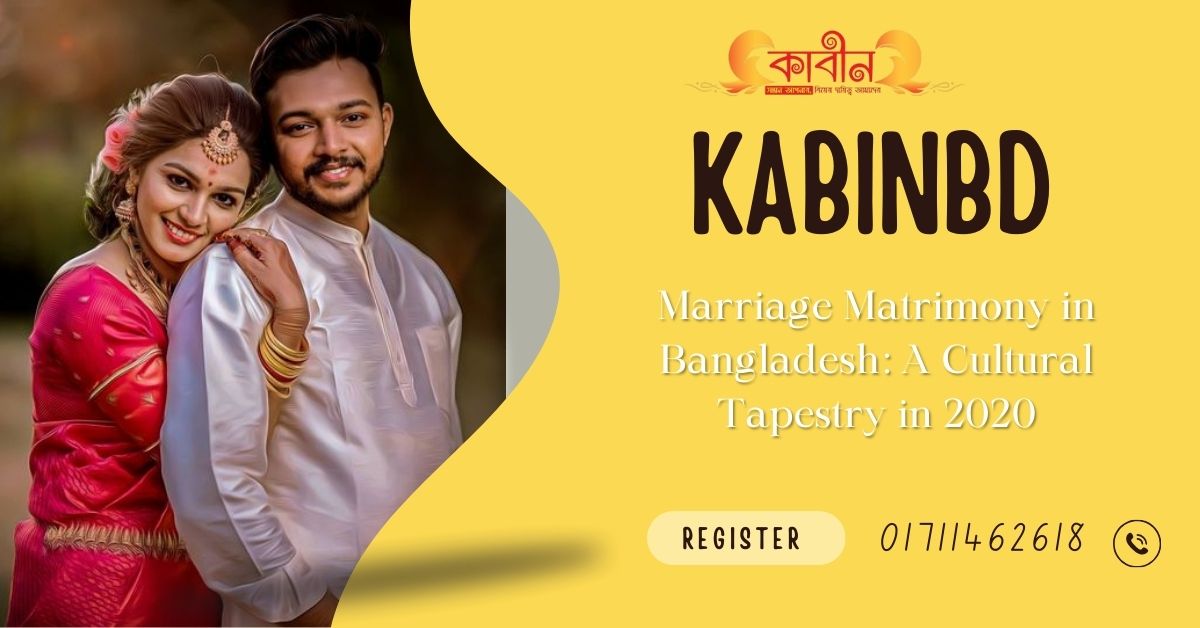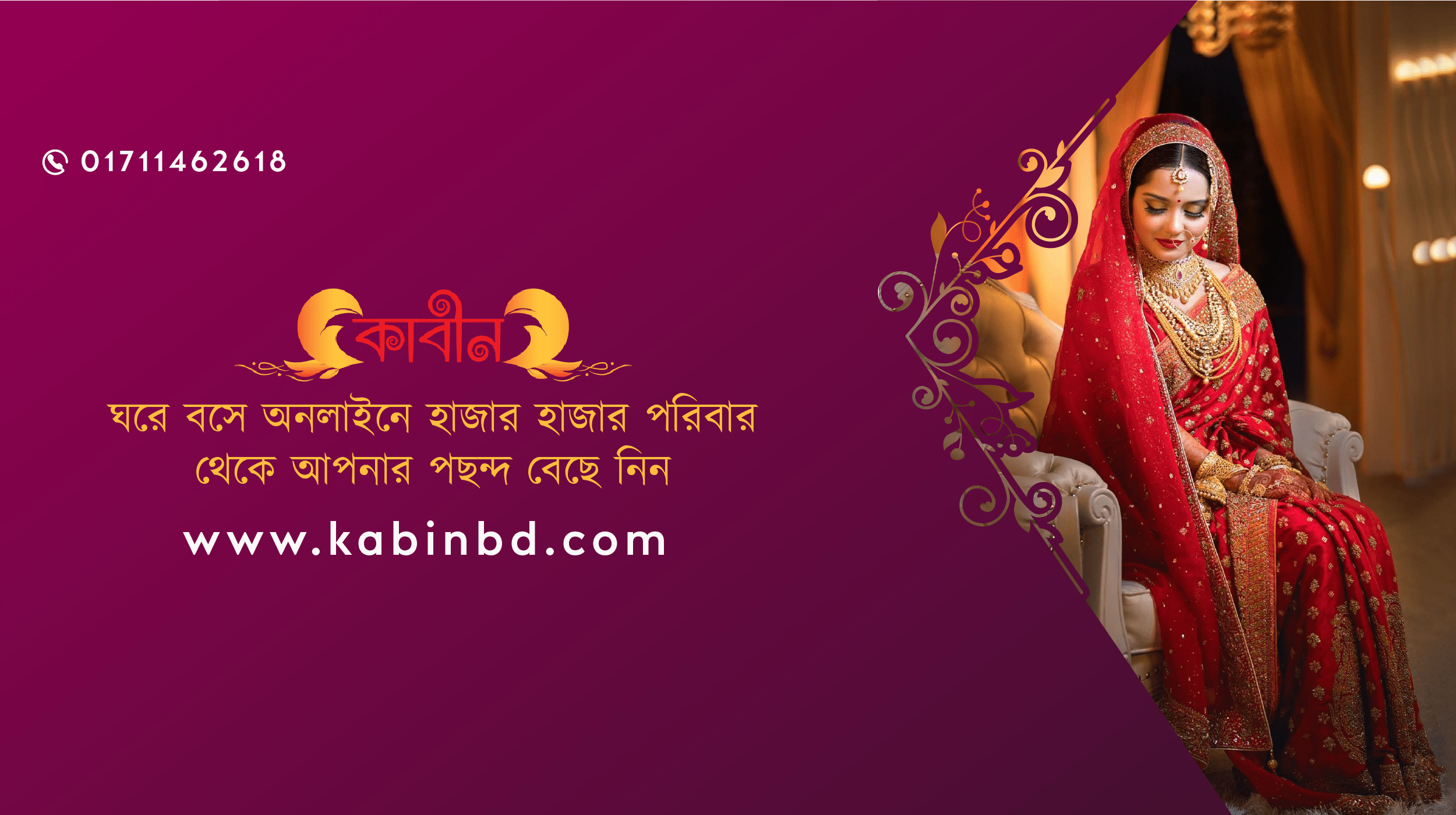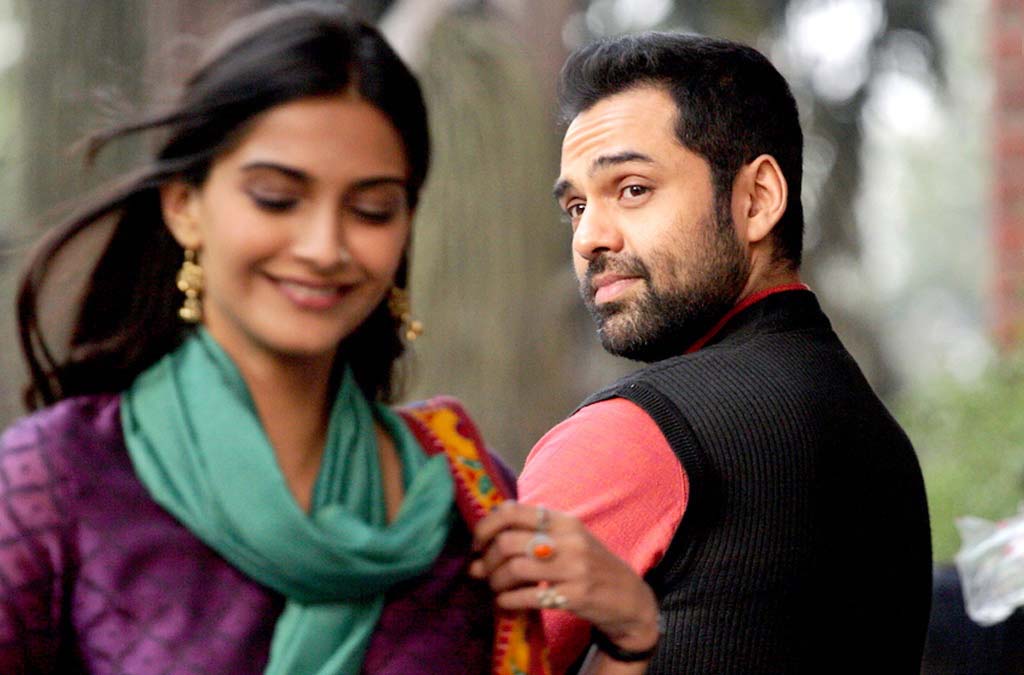kabinbd Bangladeshi marriage media in bangladesh
kabinbd Bangladeshi marriage media in Bangladesh
Kabinbd and the Changing Landscape of Bangladeshi Marriage Media
Introduction
Marriage in Bangladesh is a deeply rooted institution shaped by tradition, religion, and culture. For generations, arranged marriages facilitated by families, relatives, or professional matchmakers, known as ghotoks, were the norm. However, as societal values evolve and technology becomes more embedded in everyday life, the process of finding a life partner has seen significant changes. One such transformative factor in the marriage scene of Bangladesh is the emergence of digital matchmaking platforms, one of the most notable being Kabinbd.
Kabinbd is a Bangladeshi marriage platform that leverages technology to connect people seeking life partners. It has modernized the matchmaking process by providing an online space where individuals can search for prospective partners based on criteria like religion, education, and personal preferences. As part of the broader evolution of “marriage media” in Bangladesh, Kabinbd represents a new era in how marriages are arranged, influenced, and discussed in a rapidly changing society.
This article explores the role of Kabinbd in the context of marriage media in Bangladesh, the impact of digital matchmaking platforms on traditional norms, the challenges and opportunities that come with these platforms, and the broader societal implications of these changes.
The Role of Traditional Marriage in Bangladesh

Marriage in Bangladesh has traditionally been a family-centric affair. Most marriages were arranged by families, often relying on the recommendations of relatives or community matchmakers. Social and religious norms dictated many aspects of the process, from the choice of partners to the role of dowries. In rural areas and among more conservative communities, marriages often emphasized family alliances and socioeconomic compatibility, with less emphasis on personal compatibility between the couple.
The marriage process has been intertwined with various religious practices. In Islam, which is the predominant religion in Bangladesh, the marriage contract, or kabin (from which Kabinbd derives its name), is a formal agreement that defines the legal responsibilities and rights of both the bride and groom. The involvement of family members and religious leaders in negotiating this contract has been a vital aspect of marriage traditions in the country.
While these traditions remain important in Bangladeshi society, modern trends are beginning to reshape the institution of marriage, especially in urban areas. As education, economic independence, and exposure to global cultures increase, more young people are demanding a say in their choice of life partners. This shift in attitudes is where platforms like Kabinbd come into play.
Kabinbd: A New Kind of Matchmaker
Kabinbd is one of the leading online matchmaking platforms in Bangladesh, designed to cater to the modern generation seeking life partners. Like other digital matchmaking services, Kabinbd allows users to create profiles, specify their preferences (such as religious background, educational qualifications, family values, and professional aspirations), and browse potential matches.
Key features of Kabinbd include:
- Customizable Profiles: Users can create detailed profiles, providing information on their education, profession, religious values, family background, and personal preferences. This allows for more informed and personalized matchmaking.
- Search Filters: The platform offers filters that allow users to narrow their search for partners based on factors such as religion, caste, age, location, education, and family status. This ensures that users can focus on individuals who match their specific preferences.
- Privacy Controls: Kabinbd prioritizes privacy, offering users control over who can view their profiles and personal information. This is particularly important in a conservative society where privacy is highly valued.
- Counseling and Support Services: Kabinbd also provides counseling services to users seeking advice on relationships, compatibility, and other marriage-related issues, recognizing that marriage is not just a contractual agreement but a complex social relationship that requires careful consideration.
The platform has quickly gained popularity, particularly among the urban middle class and educated youth, who are looking for a modern alternative to traditional matchmaking processes. Kabinbd caters to a generation that is more comfortable with technology and values individual choice in marriage decisions.
The Impact of Digital Platforms like Kabinbd on Traditional Norms
The rise of Kabinbd and similar digital matchmaking platforms represents a significant shift in how marriages are arranged in Bangladesh. These platforms challenge traditional practices and norms in several ways:
1. Individual Agency and Choice
One of the most significant impacts of platforms like Kabinbd is the increased agency it gives to individuals in choosing their partners. Unlike traditional arranged marriages, where family members had a substantial influence over partner selection, online platforms place the decision-making process in the hands of the individuals themselves.
This shift is particularly empowering for women, who have historically had less say in marriage decisions. With the rise of Kabinbd, women can now actively participate in the search for a life partner, specifying their preferences and engaging directly with potential matches. This democratization of the marriage process reflects broader changes in Bangladeshi society, where women are gaining more independence and autonomy in personal and professional spheres.
2. Broader Social Networks
In the traditional marriage setup, matchmaking was often limited to one’s immediate community or extended family networks. Digital platforms like Kabinbd break down these barriers, offering individuals the opportunity to connect with potential partners beyond their local social circles. This is especially important in urban areas, where individuals may have smaller family networks or more diverse social connections.
By expanding the pool of potential partners, Kabinbd allows for more varied matches, helping individuals find partners who may be a better fit in terms of personality, education, and life goals, rather than just familial compatibility.
3. Religious and Cultural Compatibility
While Kabinbd allows users to have greater autonomy in their partner selection, the platform also recognizes the importance of religious and cultural values in the marriage process. Many users still prioritize finding partners within their own religious and cultural communities. Kabinbd provides search filters to help users find matches who align with their religious beliefs, family values, and cultural backgrounds.
This balance between modern individual choice and traditional values makes Kabinbd an attractive option for individuals who want to respect their cultural heritage while exercising personal autonomy in choosing a partner.
4. Dowry and Economic Expectations
The dowry system remains a contentious issue in Bangladeshi marriages, with many families viewing dowries as a traditional and necessary practice. However, with the rise of platforms like Kabinbd, there is an increasing emphasis on equality between partners, education, and professional compatibility, rather than economic transactions tied to marriage.
Kabinbd encourages users to focus on shared values, education, and career prospects when searching for a partner, potentially reducing the emphasis on dowries. While the dowry system is still prevalent, especially in rural areas, Kabinbd represents a shift towards marriages based on mutual respect and compatibility rather than economic negotiations.
The dowry system has long been a contentious yet deeply entrenched practice in South Asia, including Bangladesh. Traditionally, dowry refers to the transfer of money, property, or gifts from the bride’s family to the groom’s family at the time of marriage. Although dowry is often seen as a cultural or familial practice meant to ensure the bride’s financial security and honor, it has also become a source of significant social pressure, economic hardship, and even violence. For many families, the expectations surrounding dowry can create financial burdens, while for others, the inability to meet dowry demands can lead to marital breakdowns or even cancellation of weddings.
In recent years, with the rise of digital matchmaking platforms like Kabinbd, there has been a shift in how dowries are viewed and discussed in marriage arrangements. These platforms offer an opportunity to reshape traditional expectations, giving individuals more autonomy in choosing partners based on compatibility, education, and shared values, rather than economic transactions. While Kabinbd does not explicitly aim to eradicate the dowry system, it subtly influences how marriage negotiations take place by promoting values such as education, mutual respect, and professional compatibility, which can reduce the emphasis on dowry.
The Traditional Role of Dowry in Bangladeshi Marriages
Historically, dowries in Bangladesh have been linked to social status and the well-being of the bride in her new household. In a patriarchal society where women often have limited financial independence, dowries were viewed as a form of financial security for the bride and a way to secure favorable treatment from the groom’s family. However, over time, the system has led to various social ills, including:
- Economic Burden on the Bride’s Family: Dowries can place a tremendous financial strain on the bride’s family, particularly in rural areas or among lower-income households. Families often go into debt, sell property, or even mortgage their future income to meet dowry demands.
- Dowry Harassment: Despite legal restrictions against dowry, there have been numerous cases of harassment, abuse, and even deaths resulting from disputes over insufficient dowries. In some cases, the groom’s family may demand more after marriage, leading to conflict or violence.
- Gender Disparity: The dowry system reinforces patriarchal values, treating women as commodities who need to bring wealth into the marriage to secure their place. This perpetuates gender inequality, as the bride’s worth is often evaluated in terms of the dowry she brings, rather than her individual qualities or capabilities.
The Influence of Kabinbd on Dowry Expectations
As digital platforms like Kabinbd gain popularity, they are changing the way marriages are negotiated in Bangladesh, particularly in terms of dowry expectations. Kabinbd provides a platform where individuals can search for life partners based on a variety of personal preferences, including education, religious beliefs, and family background. While dowry discussions may still occur privately, the platform creates an environment that emphasizes other aspects of compatibility over financial transactions. Here are several ways Kabinbd influences dowry and economic expectations:
1. Emphasis on Education and Professional Compatibility
One of Kabinbd’s core features is the ability for users to filter potential partners based on education, career, and other qualifications. This emphasis shifts the focus from dowry as a primary criterion to factors like personal compatibility, shared values, and professional aspirations.
For instance, a woman with a strong educational background and career prospects may be seen as financially independent and valuable in her own right, reducing the perceived need for a large dowry. Similarly, men using the platform may place more importance on finding a partner with similar career goals or educational achievements, rather than seeking financial compensation from the bride’s family.
In this way, Kabinbd encourages a shift from viewing marriage as a financial transaction to seeing it as a partnership built on mutual respect and equality.
Challenges and Criticisms of Kabinbd and Digital Marriage Platforms
While Kabinbd and similar platforms have revolutionized the marriage process in Bangladesh, they are not without challenges and criticisms. Some of the key issues faced by these platforms include:
1. Cultural Resistance
Despite the growing popularity of digital matchmaking platforms, there is still significant cultural resistance to these platforms, especially in rural areas and among conservative families. Many families continue to prefer traditional arranged marriages facilitated by relatives or local matchmakers. For some, the idea of finding a life partner through an online platform may seem impersonal or even inappropriate.
This resistance is also tied to concerns about privacy and the fear that online platforms could lead to unsuitable matches or even fraudulent activities. Kabinbd has worked to address these concerns by implementing strong privacy controls and verification processes, but skepticism remains among certain segments of society.
2. Privacy and Safety Concerns
One of the primary concerns with online matchmaking platforms is privacy and safety. While Kabinbd has taken steps to ensure user privacy, including allowing users to control who can view their profiles, there is always a risk of misuse. Fake profiles, catfishing, and the sharing of personal information without consent are potential risks in any online platform.
To mitigate these risks, Kabinbd and similar platforms must continue to invest in security measures, user verification processes, and educational campaigns about online safety. For many users, especially women, concerns about privacy and safety remain a barrier to fully embracing online matchmaking.
3. The Commercialization of Marriage
Another criticism of platforms like Kabinbd is the commercialization of the marriage process. While traditional matchmaking was often a community-driven effort, digital platforms operate as businesses, charging users for premium services, access to special features, or enhanced visibility. This can lead to concerns that the process of finding a life partner is being commodified, with wealthier users potentially having an advantage in the matchmaking process.
Additionally, some critics argue that the emphasis on profiles, photos, and curated descriptions on platforms like Kabinbd can lead to a superficial approach to partner selection, where individuals focus on appearance or socioeconomic status rather than deeper compatibility.
4. Socioeconomic and Urban-Rural Divide
While Kabinbd is widely popular among urban, middle-class individuals, it is less accessible to those in rural areas or from lower socioeconomic backgrounds. Internet access, digital literacy, and cultural conservatism in rural areas limit the reach of digital matchmaking platforms. As a result, the benefits of platforms like Kabinbd may be skewed towards more educated and economically privileged individuals, leaving out a significant portion of the population.
For Kabinbd to have a truly transformative impact on the marriage landscape of Bangladesh, efforts must be made to bridge the urban-rural divide, improve access to technology, and address the unique challenges faced by rural communities.
The Broader Societal Impact of Kabinbd and Digital Marriage Media
The rise of Kabinbd and other digital marriage platforms in Bangladesh is part of a broader societal shift towards modernization, individualism, and technological integration. These platforms are changing not only how people find life partners but also how they think about marriage itself.
- Empowerment of Women: Kabinbd gives women more control over their marriage decisions, allowing them to specify their preferences and engage directly with potential partners. This empowerment is part of a broader trend of increasing gender equality in Bangladeshi society.
- Changing Expectations of Marriage: As individuals gain more autonomy in choosing their partners, expectations of marriage are also changing. Younger generations are placing greater emphasis on personal compatibility, love, and mutual respect rather than traditional economic or family considerations.
- Influence on Divorce Rates: With the rise of digital matchmaking platforms and changing attitudes towards marriage, divorce rates in Bangladesh are also slowly increasing, particularly in urban areas. Kabinbd’s role in this trend is indirect, as it promotes more informed and deliberate choices in partner selection, reducing the likelihood of mismatches and unhappy marriages.
Conclusion
Kabinbd represents a significant shift in the way marriages are arranged in Bangladesh. As part of the growing trend of digital matchmaking platforms, Kabinbd is reshaping traditional norms, offering individuals more control, and introducing new possibilities for partner selection. While the platform has faced challenges, particularly regarding cultural resistance and privacy concerns, its impact on Bangladeshi marriage practices is undeniable.
As Bangladesh continues to modernize, platforms like Kabinbd will likely play an increasingly important role in how people find life partners, negotiate marriage, and redefine their expectations of relationships. The future of marriage in Bangladesh, with the help of digital platforms like Kabinbd, is poised to be more inclusive, personalized, and in tune with the values of a new generation.
আপনি যদি বিয়ের ব্যাপারে সিরিয়াস হয়ে থাকেন তবে
লিংকে ক্লিক করে ফ্রী রেজিষ্ট্রেশন করুন
অথবা বিস্তারিত জানতেঃ
Gmail:kabinbd4@gmail.com
01711462618 এ কল করুন ২৪/৭ সার্ভিস


